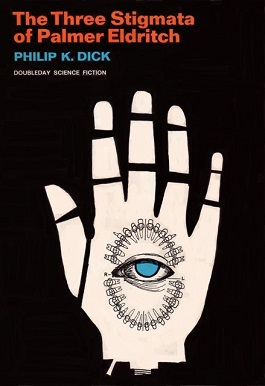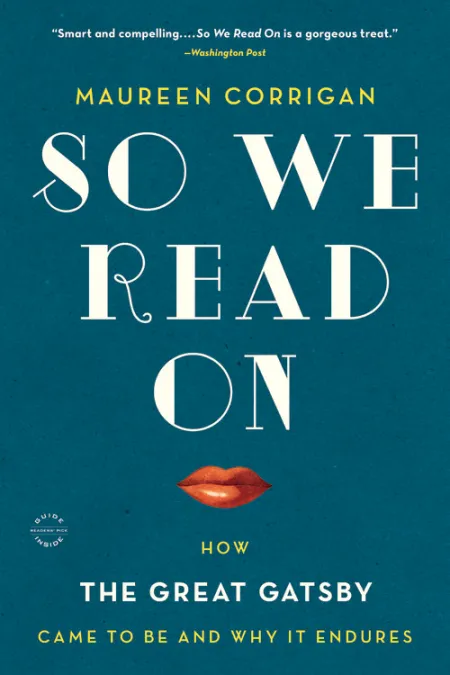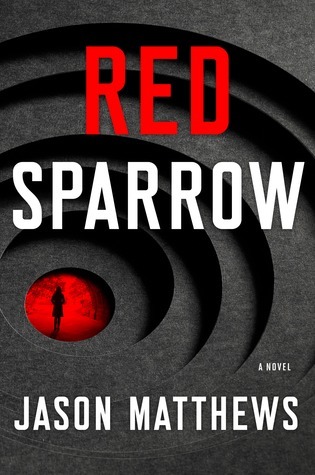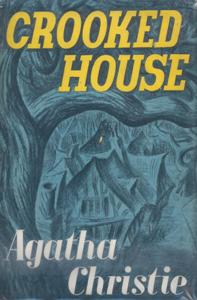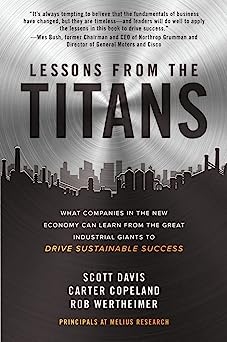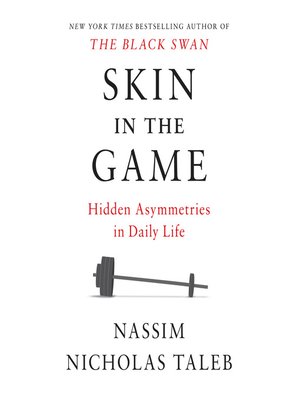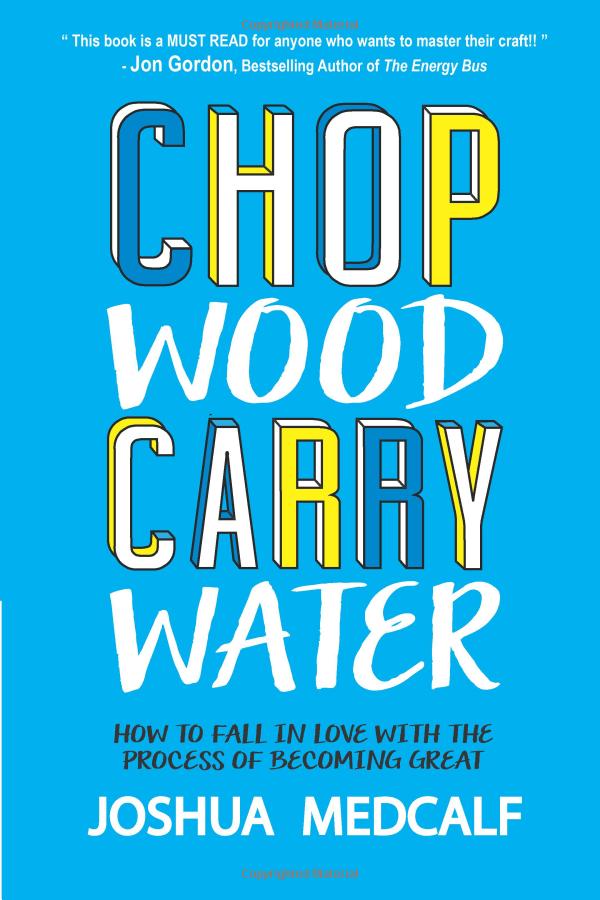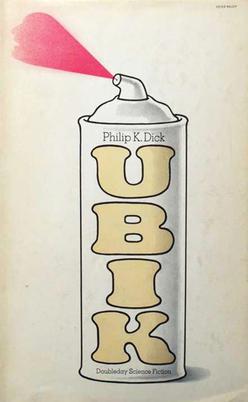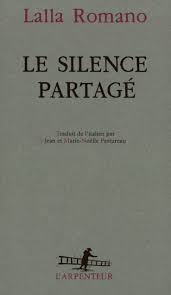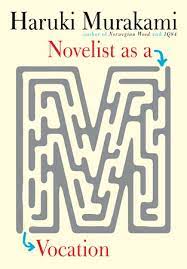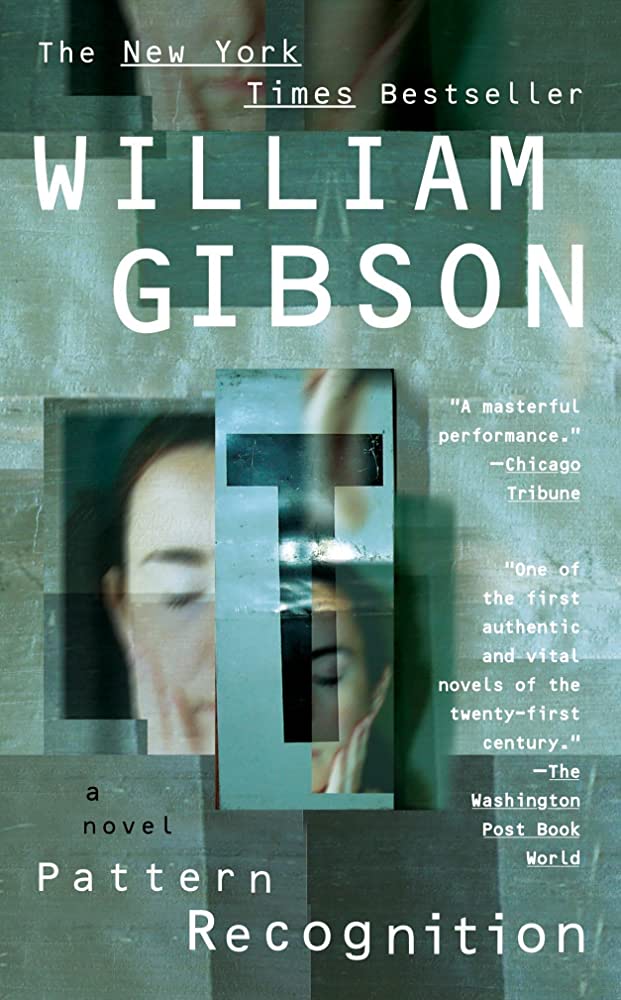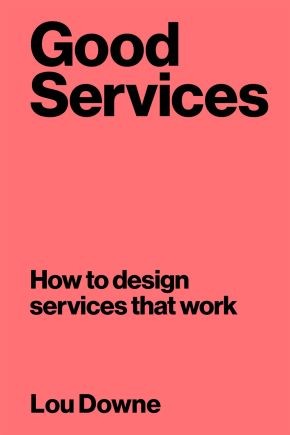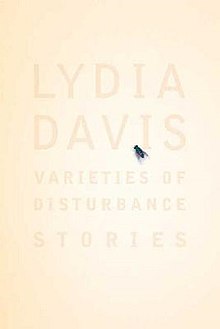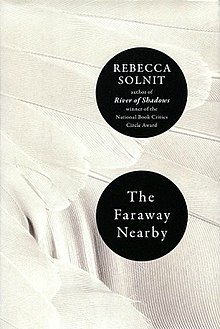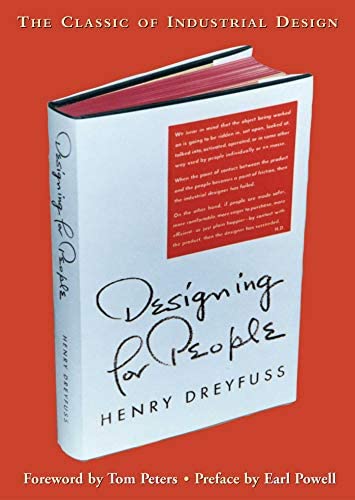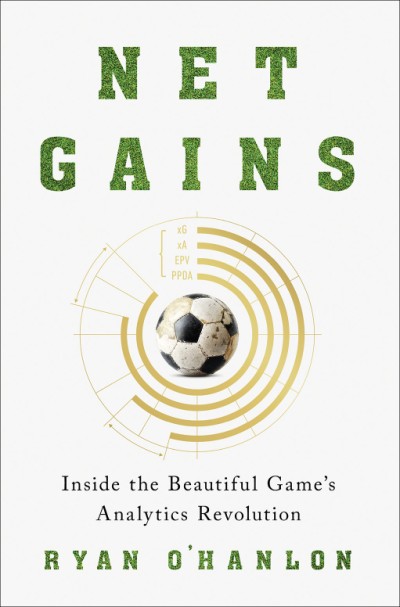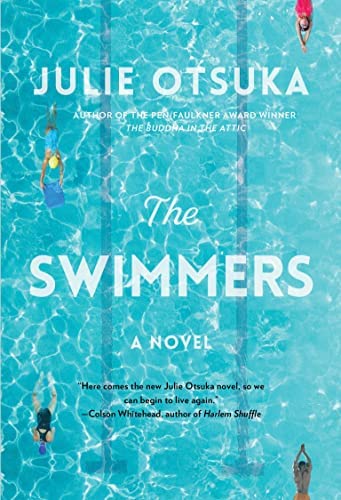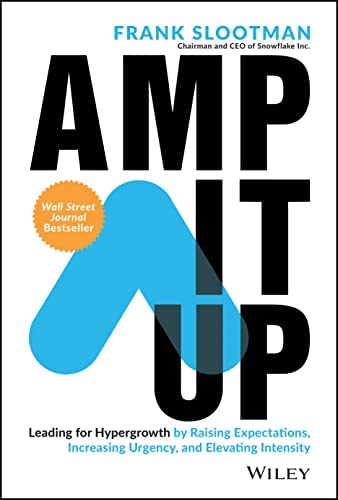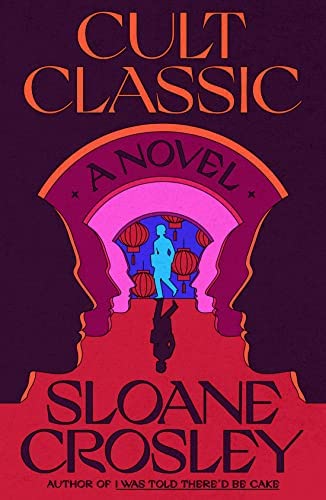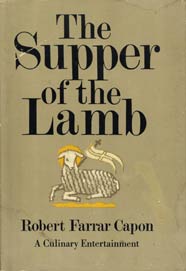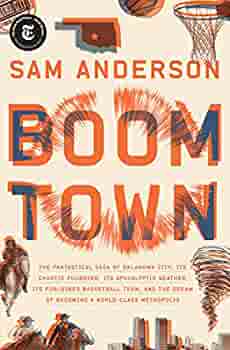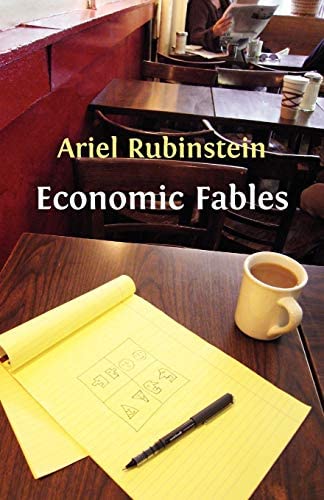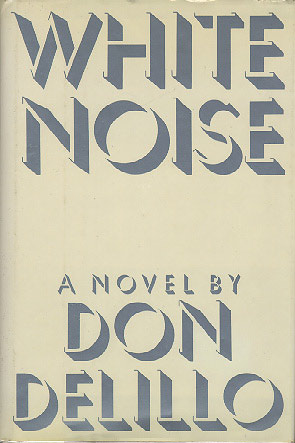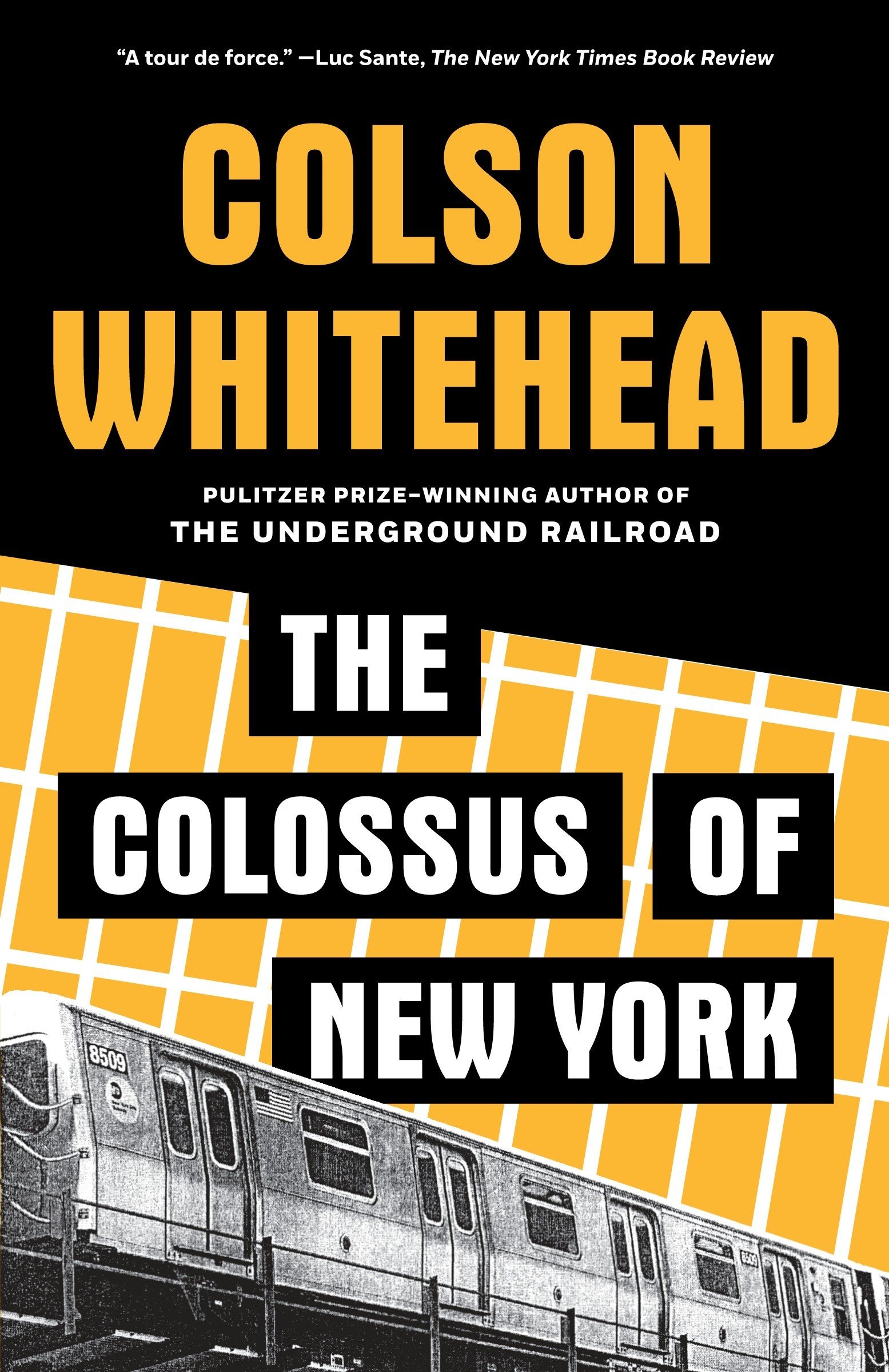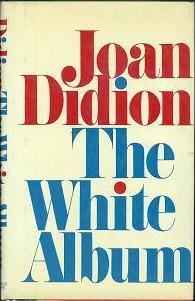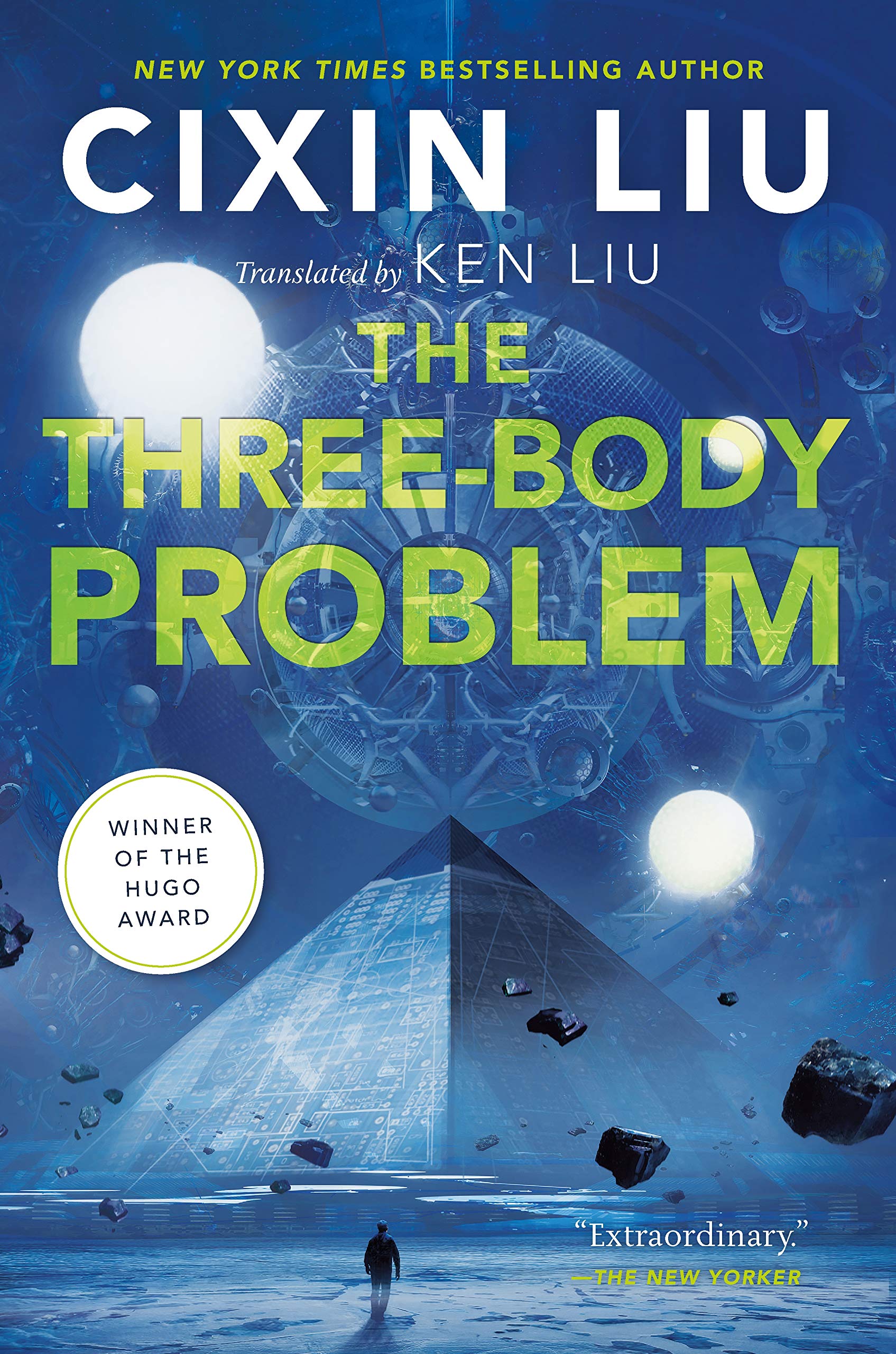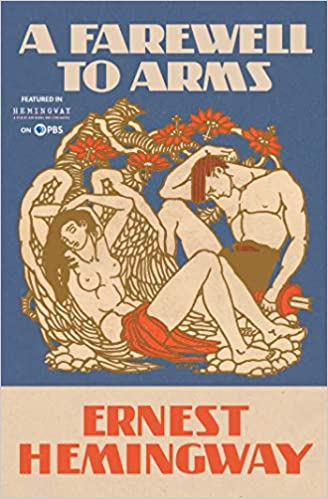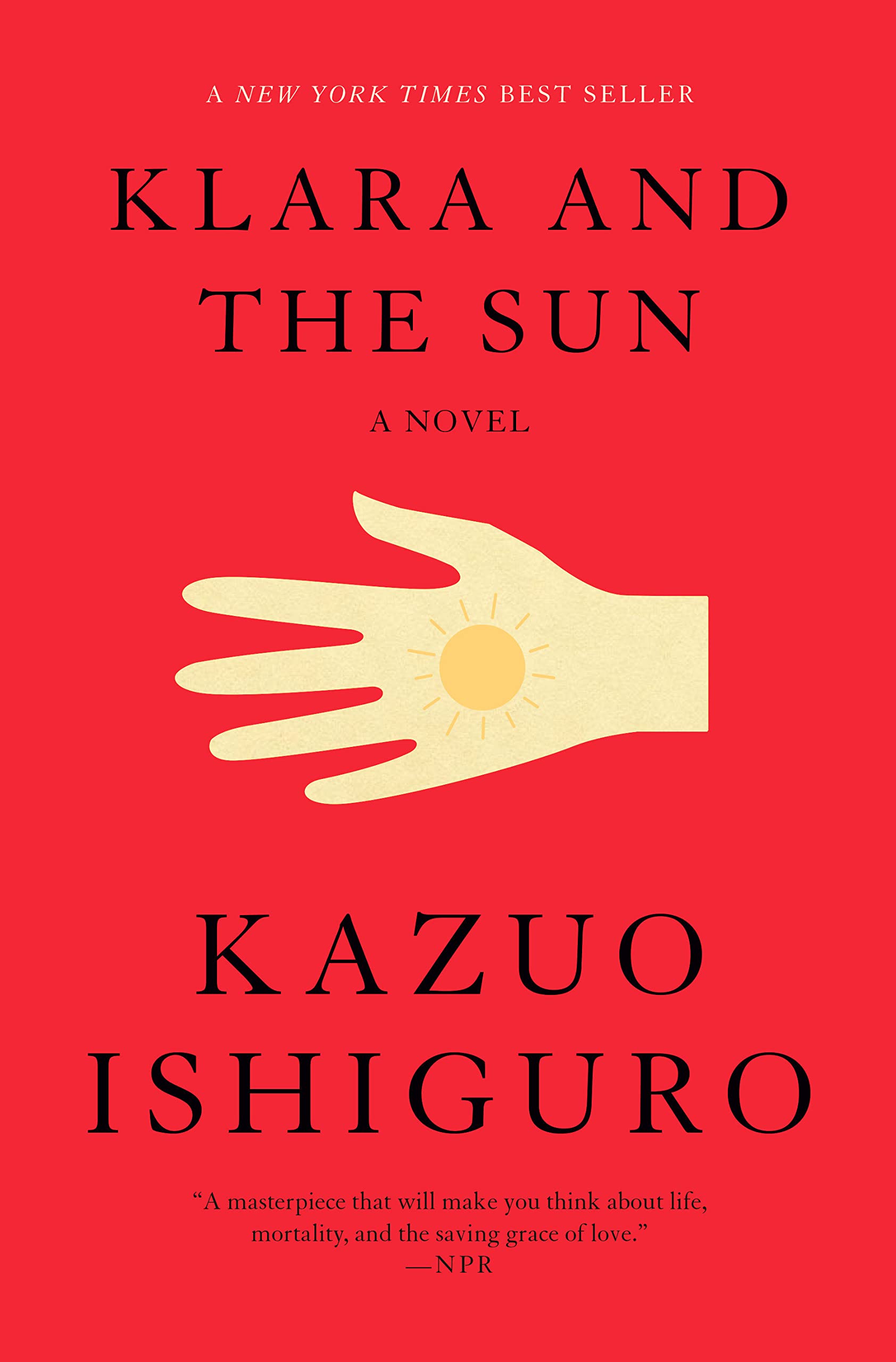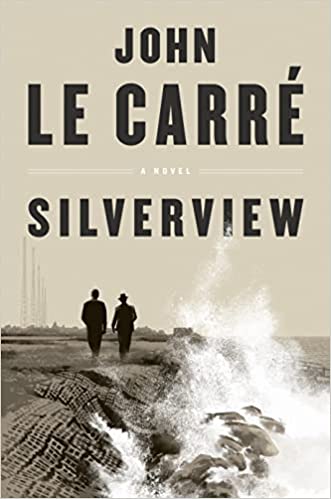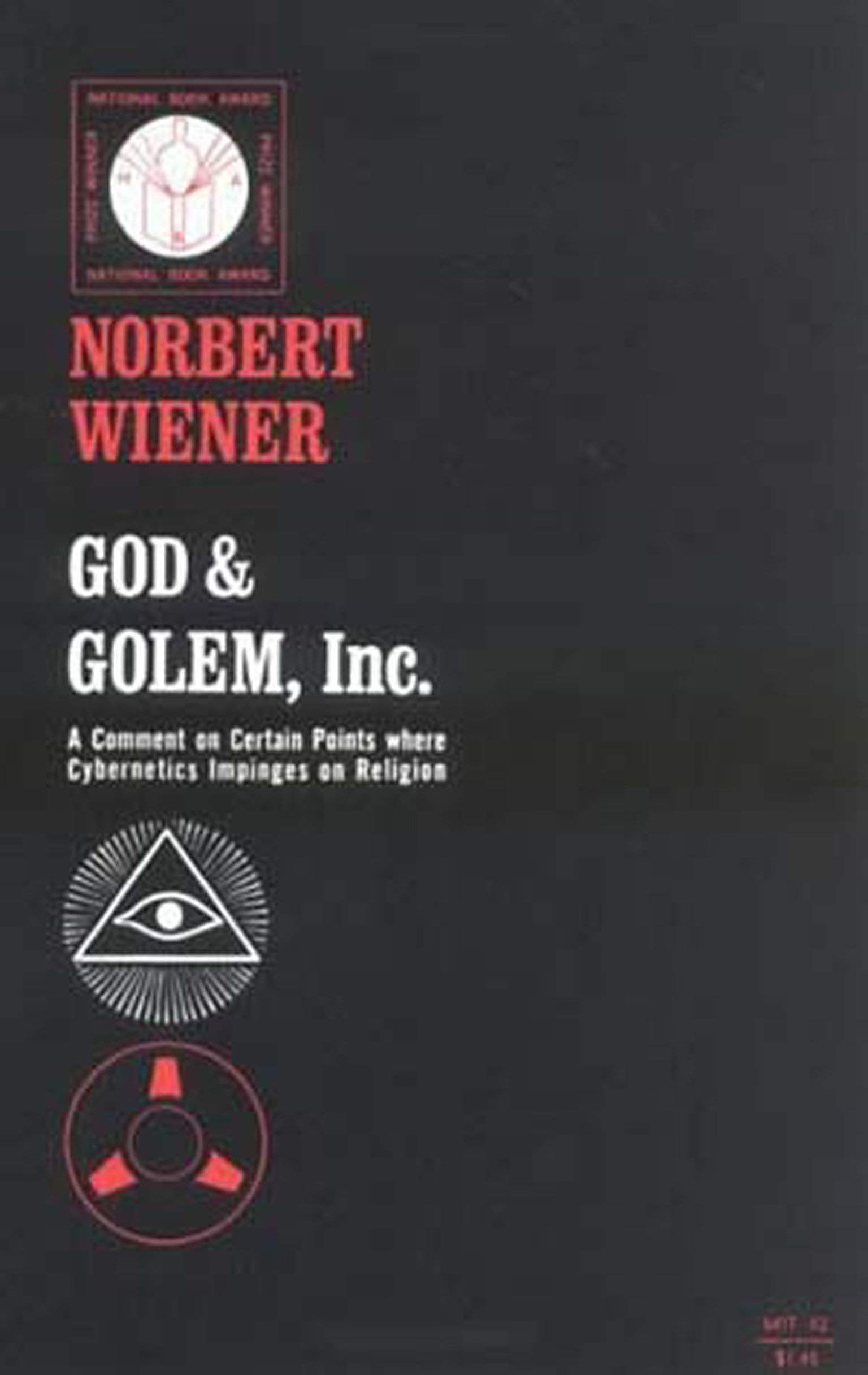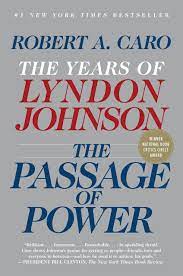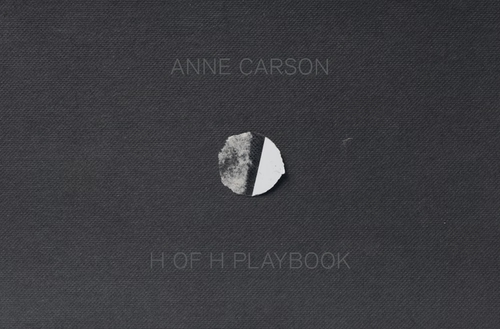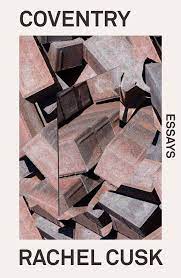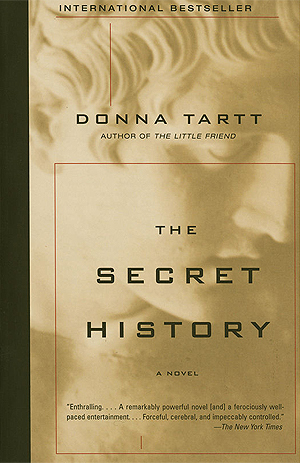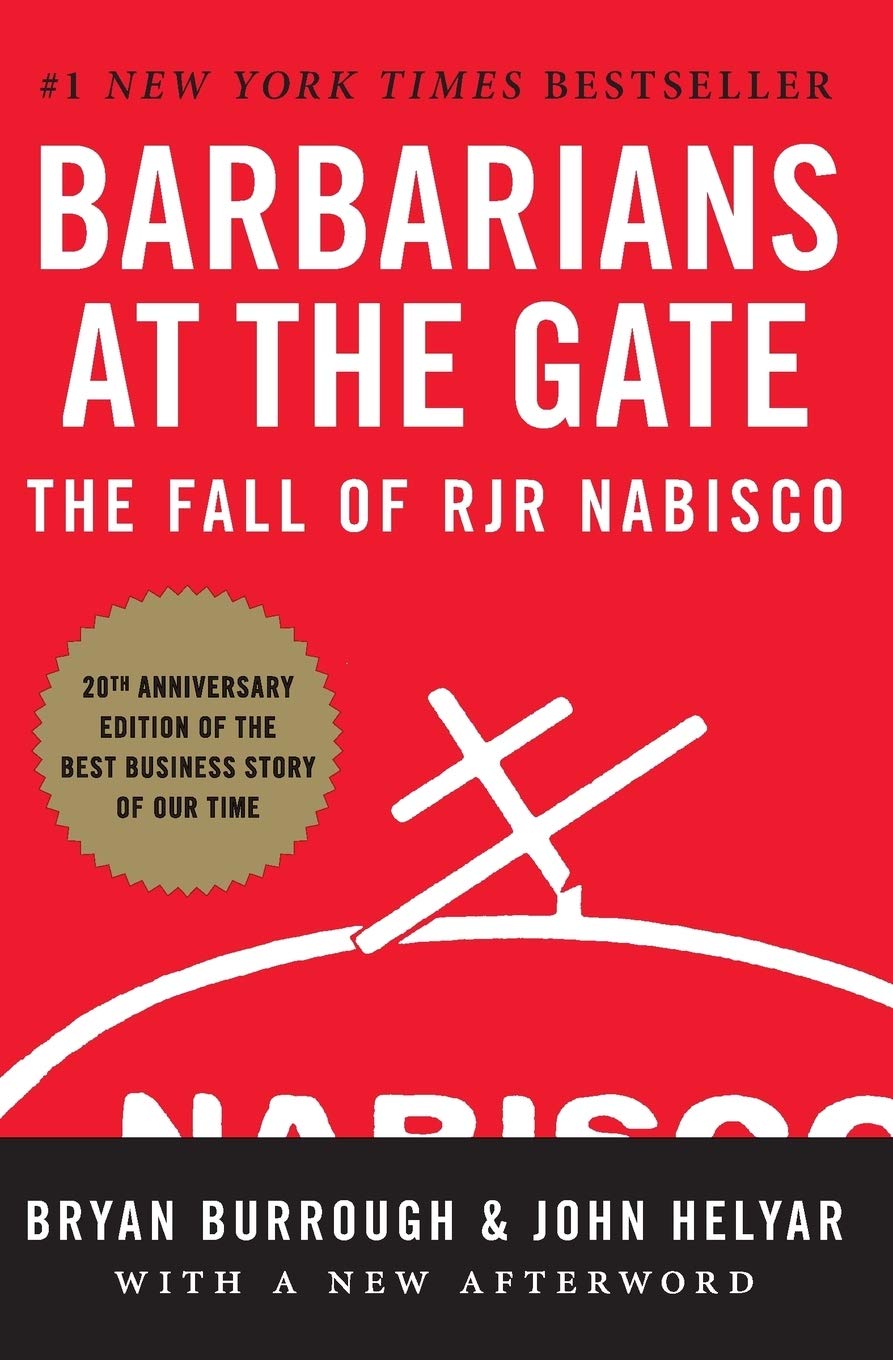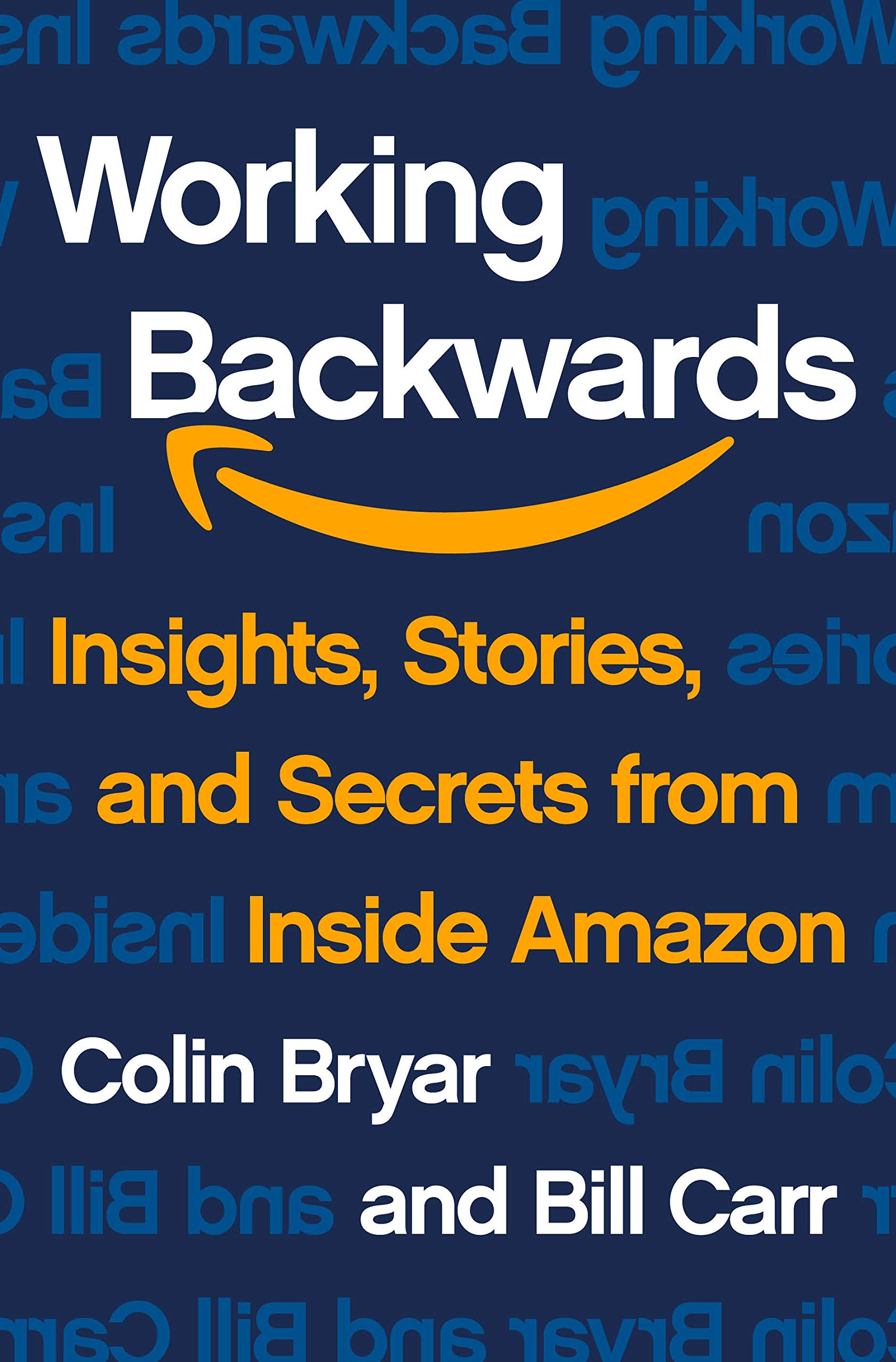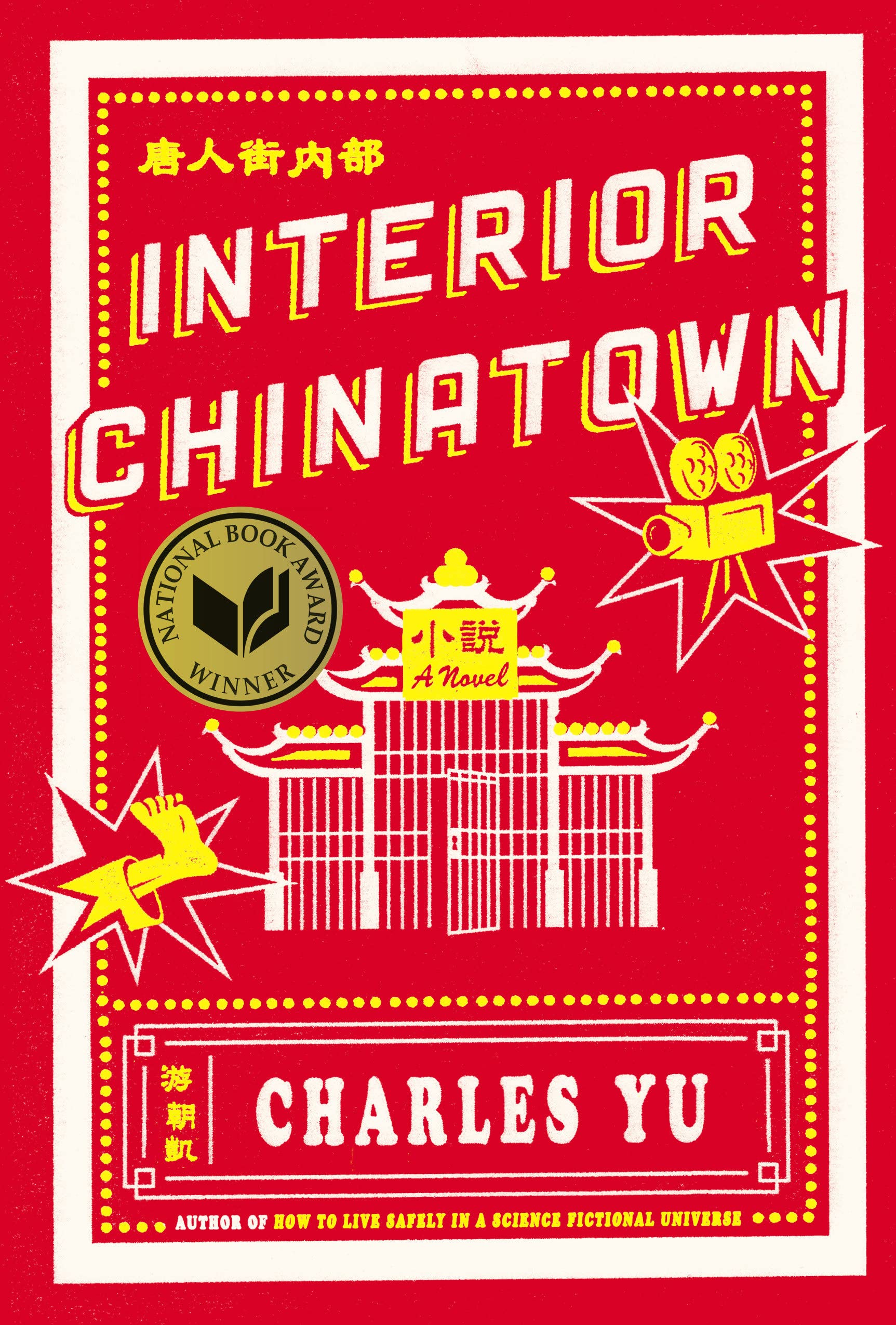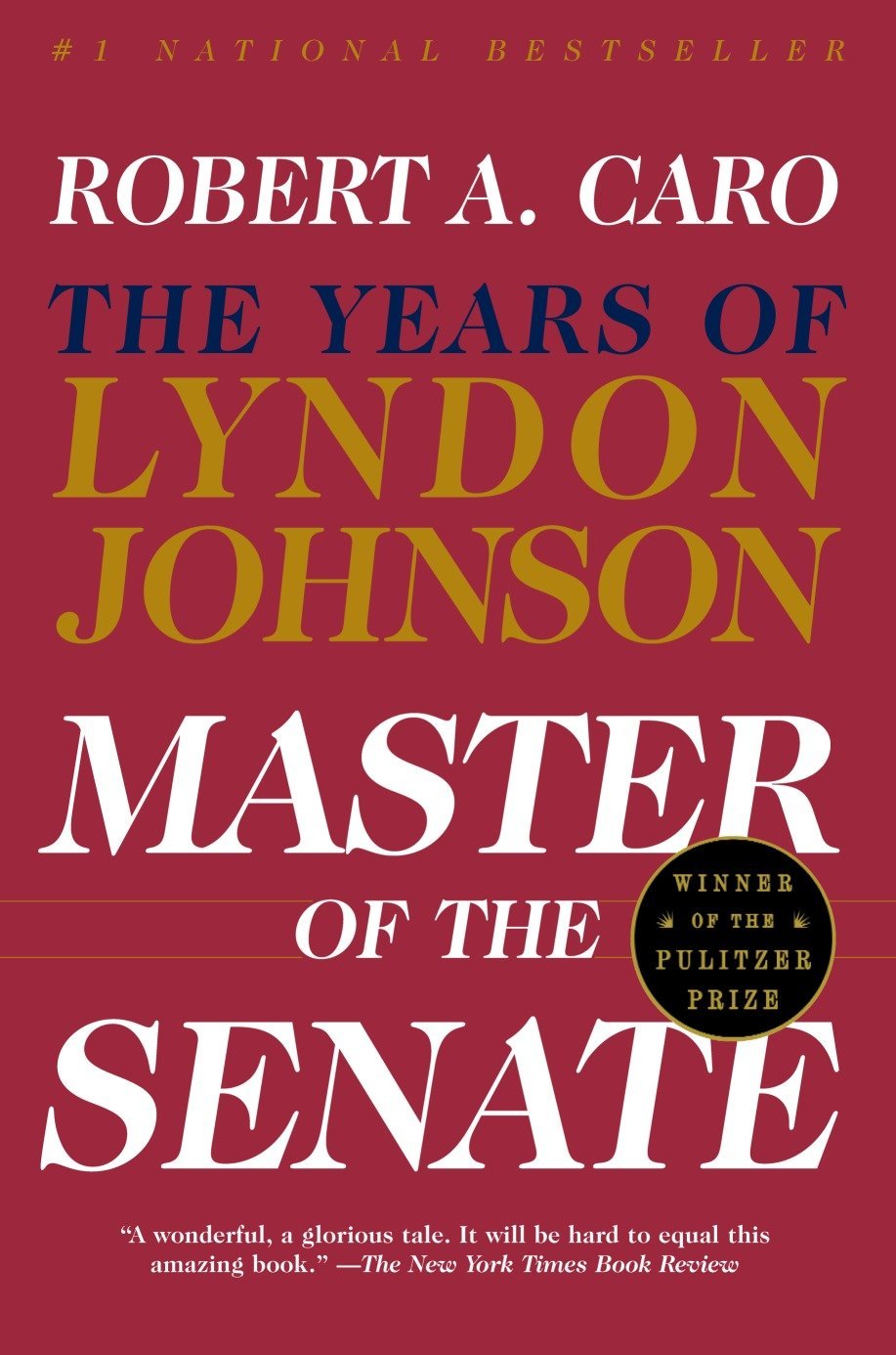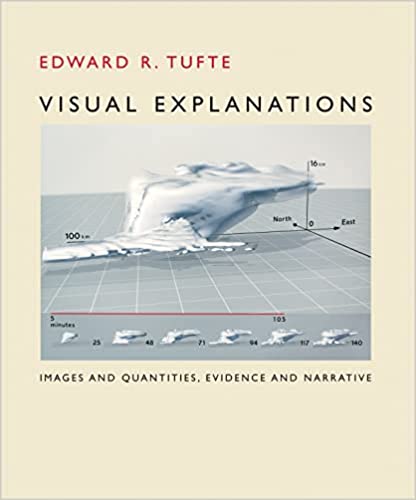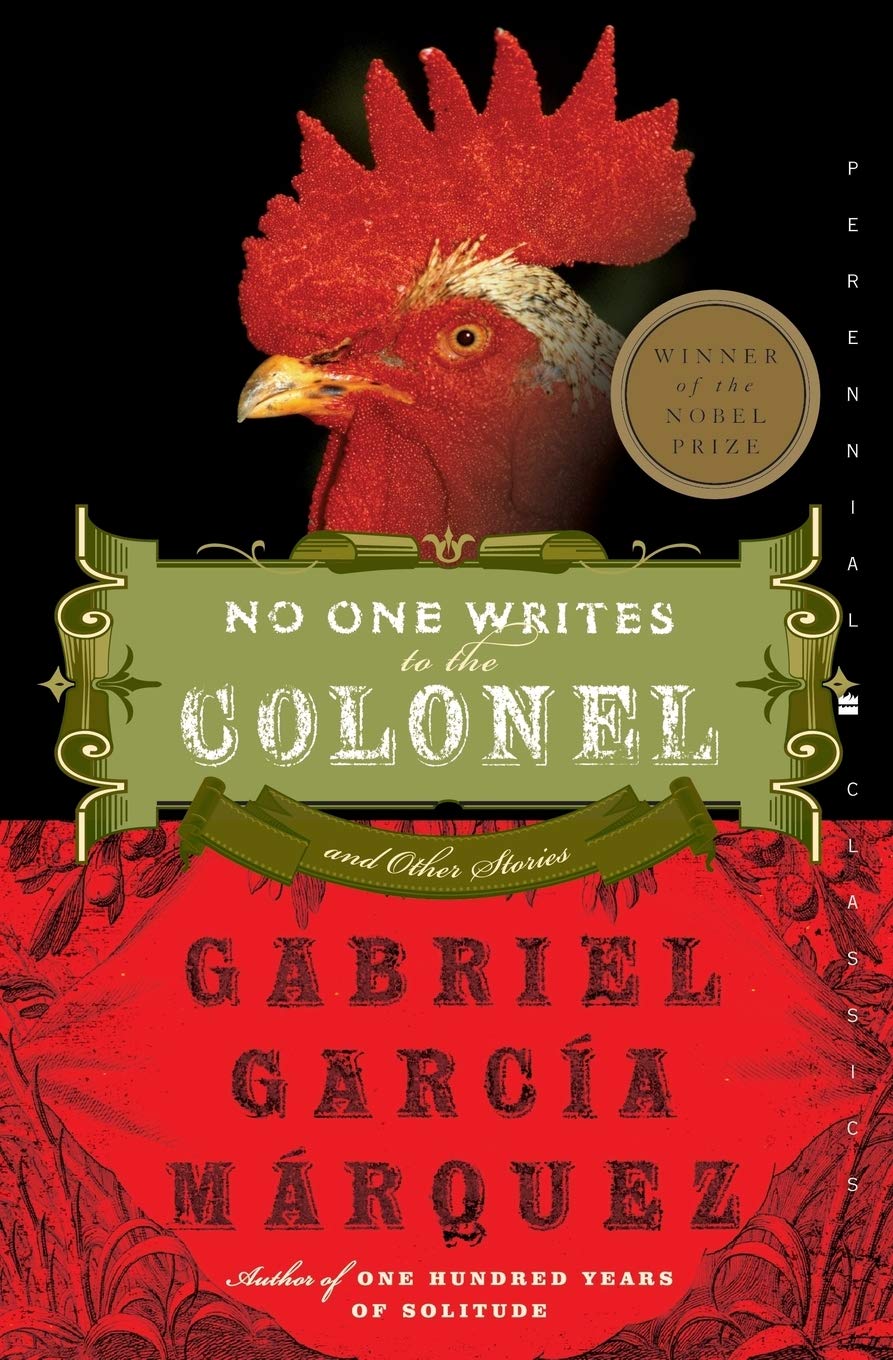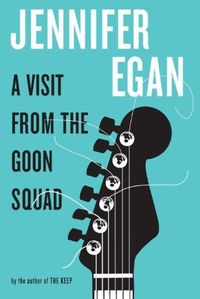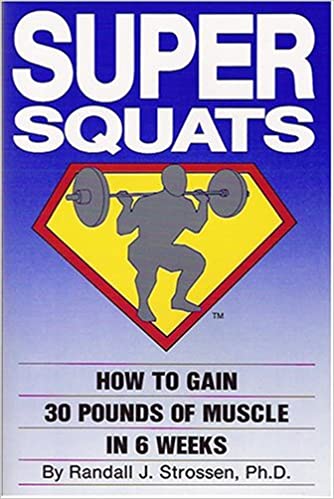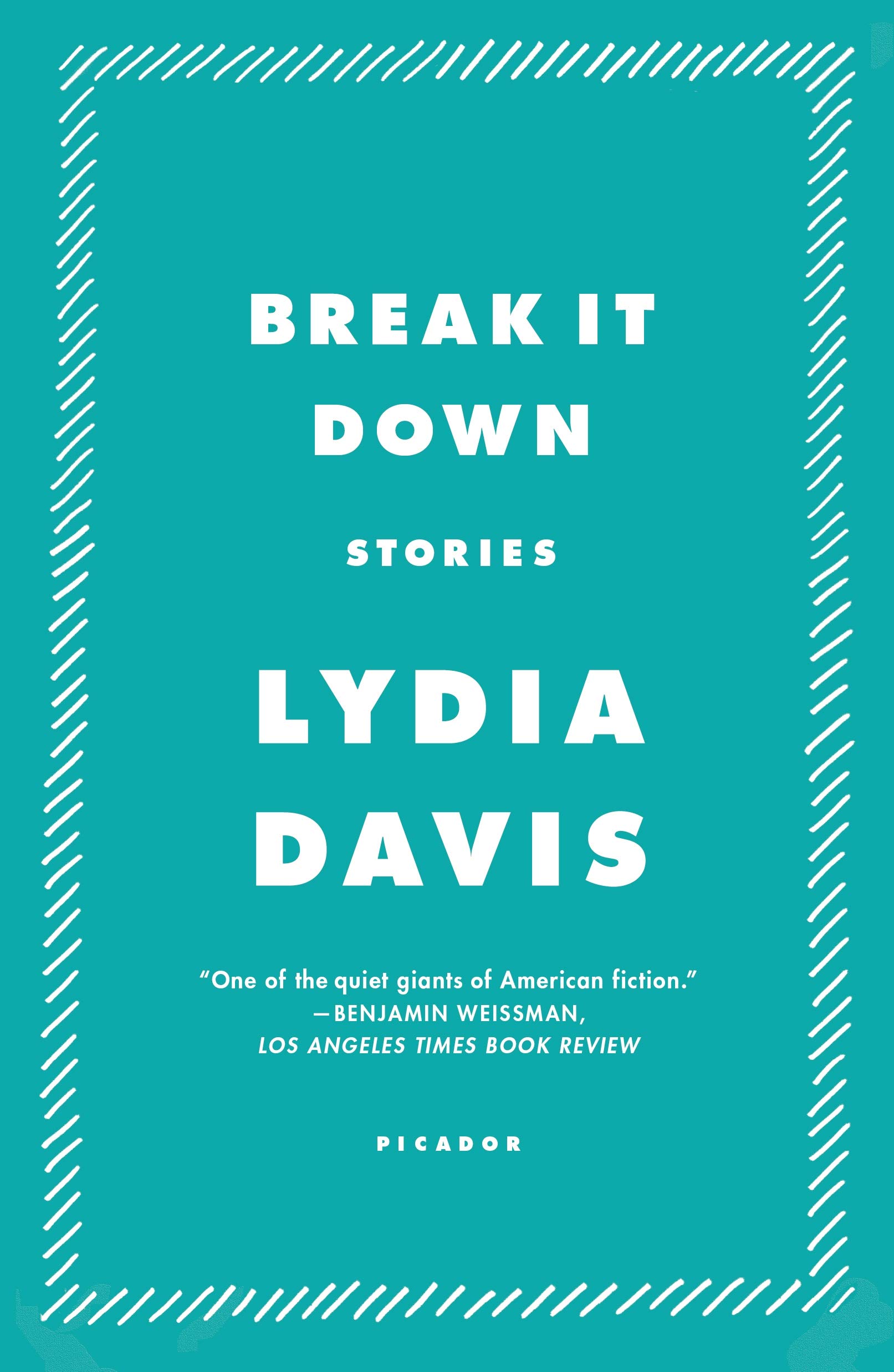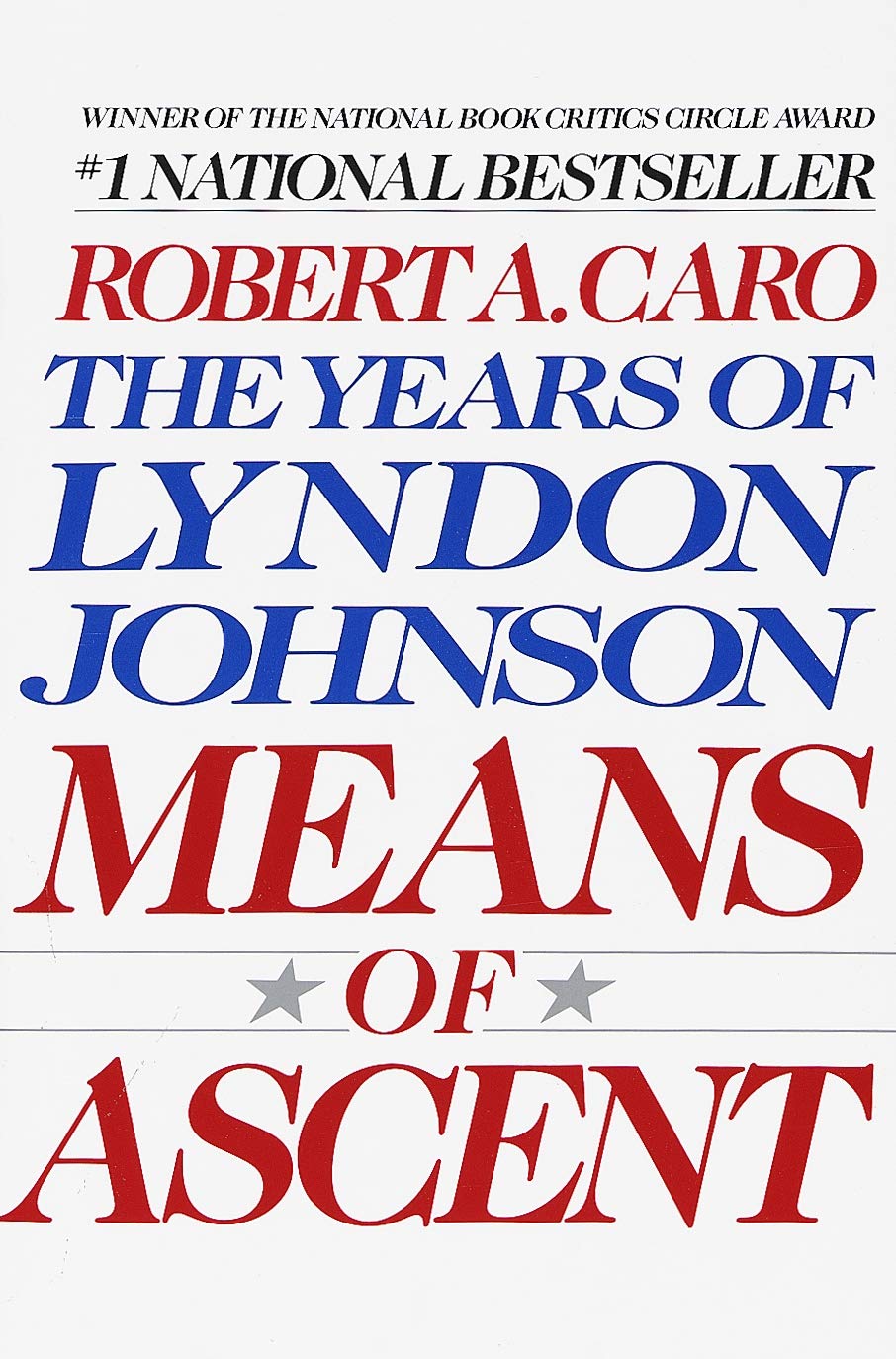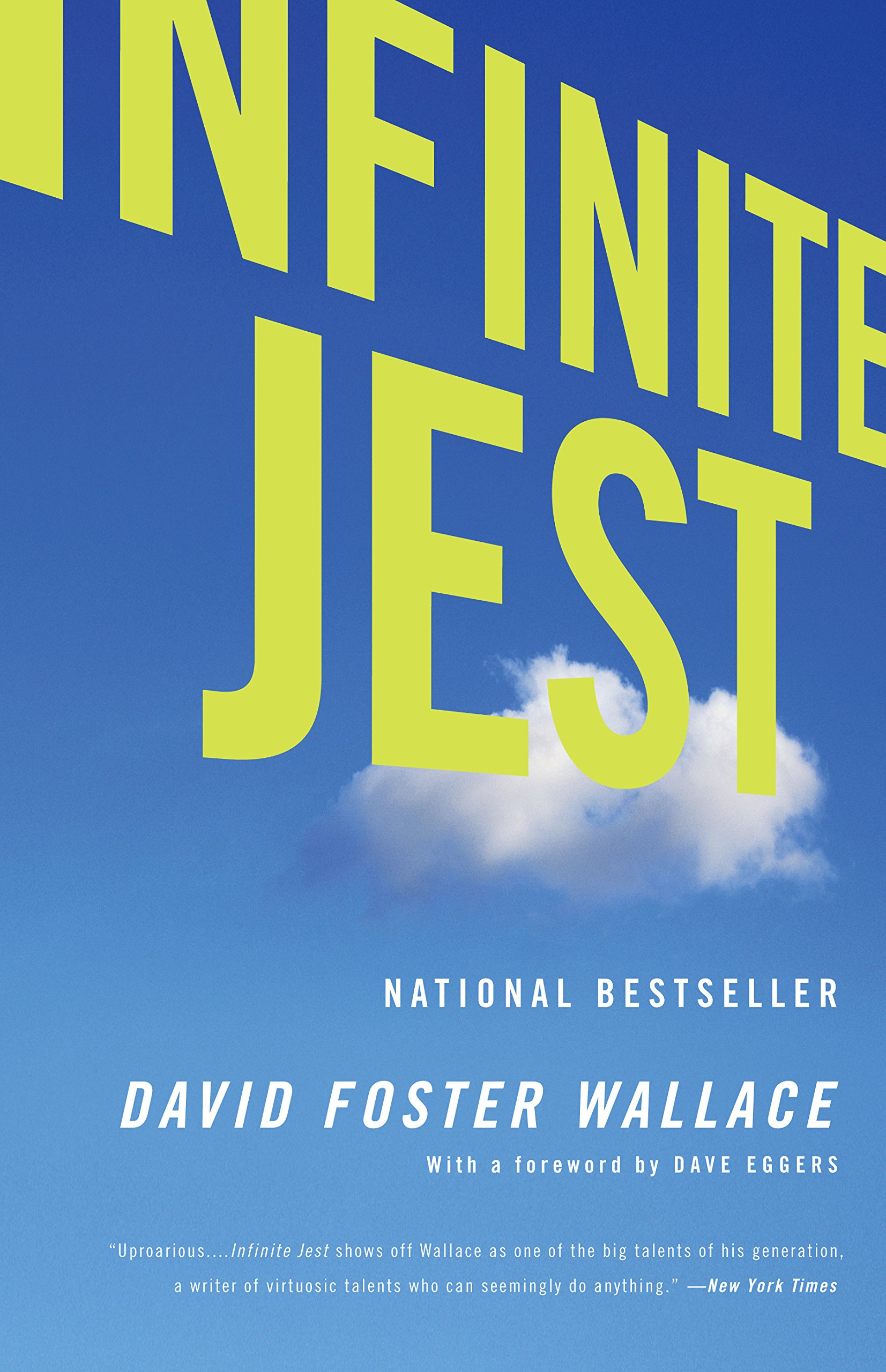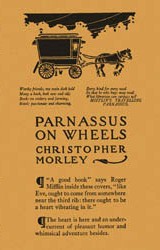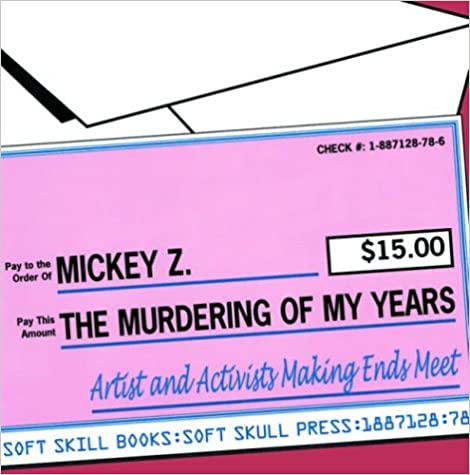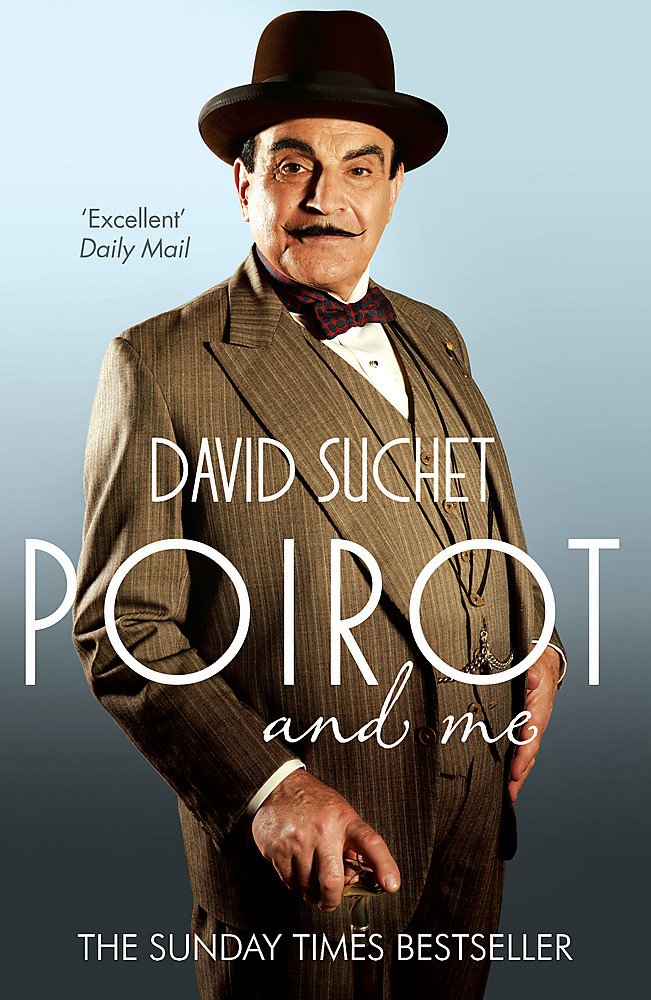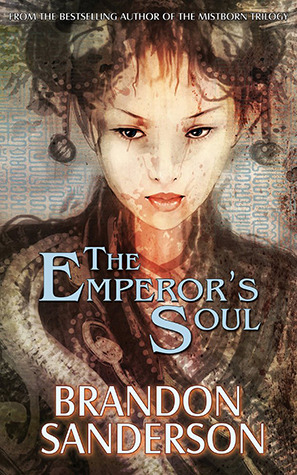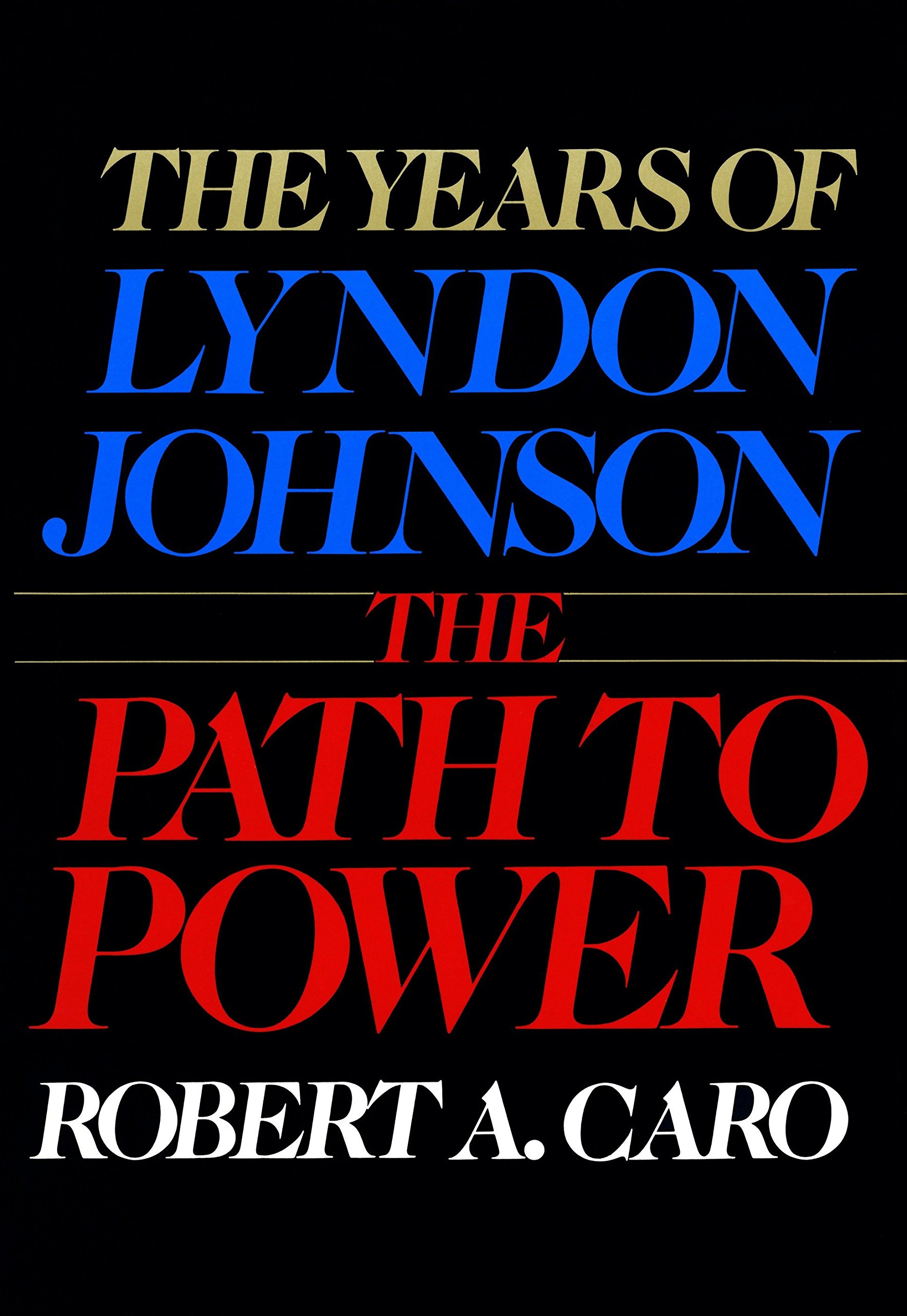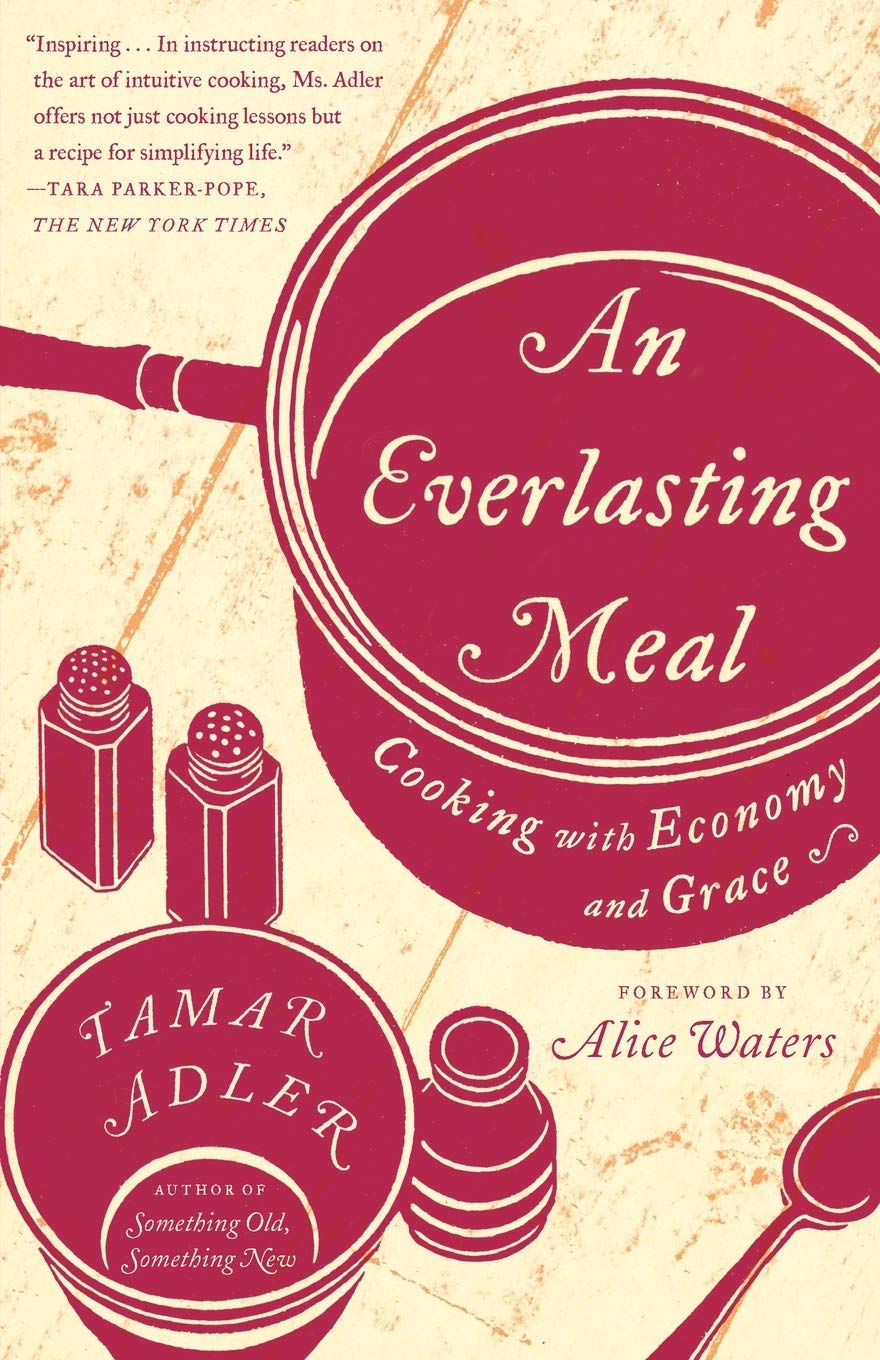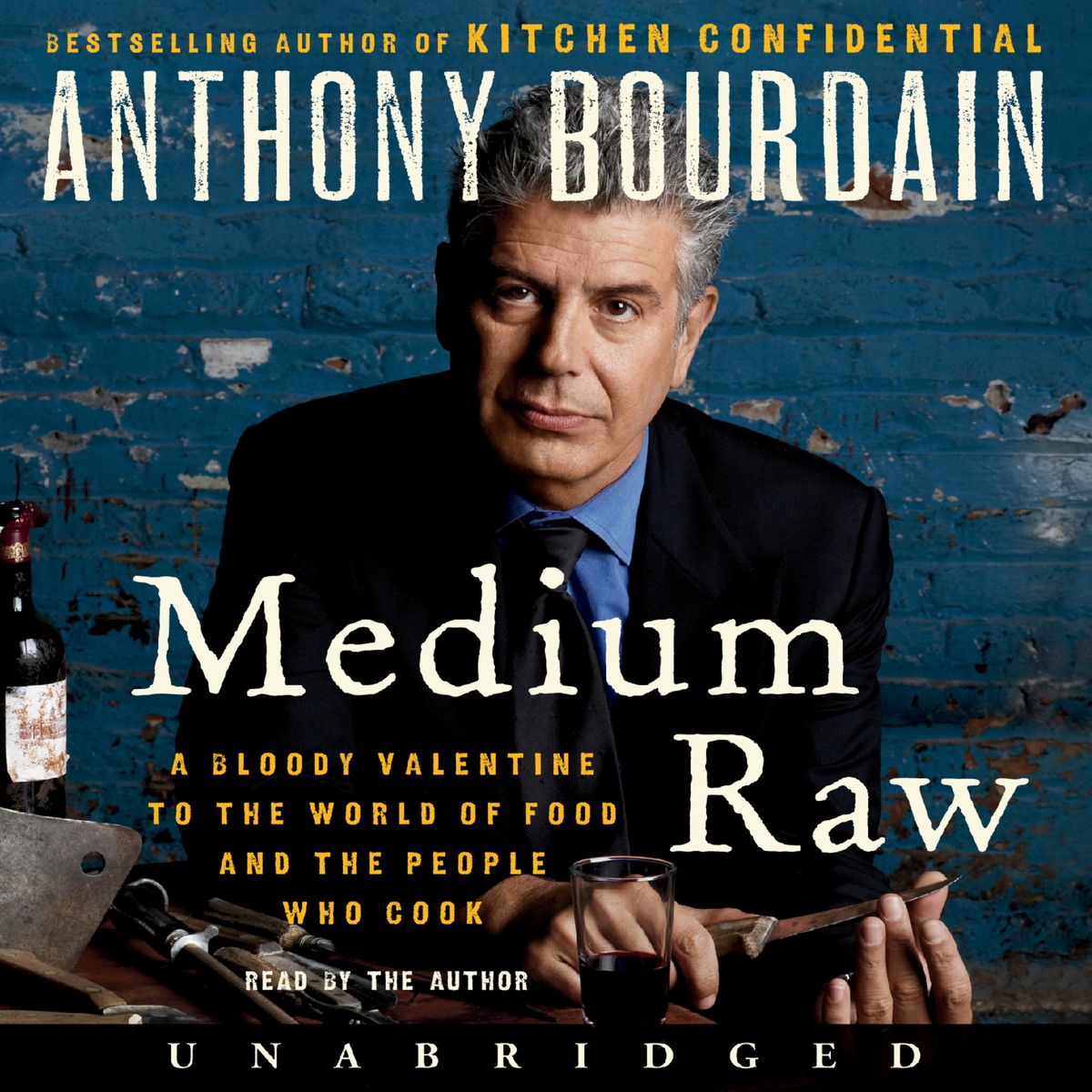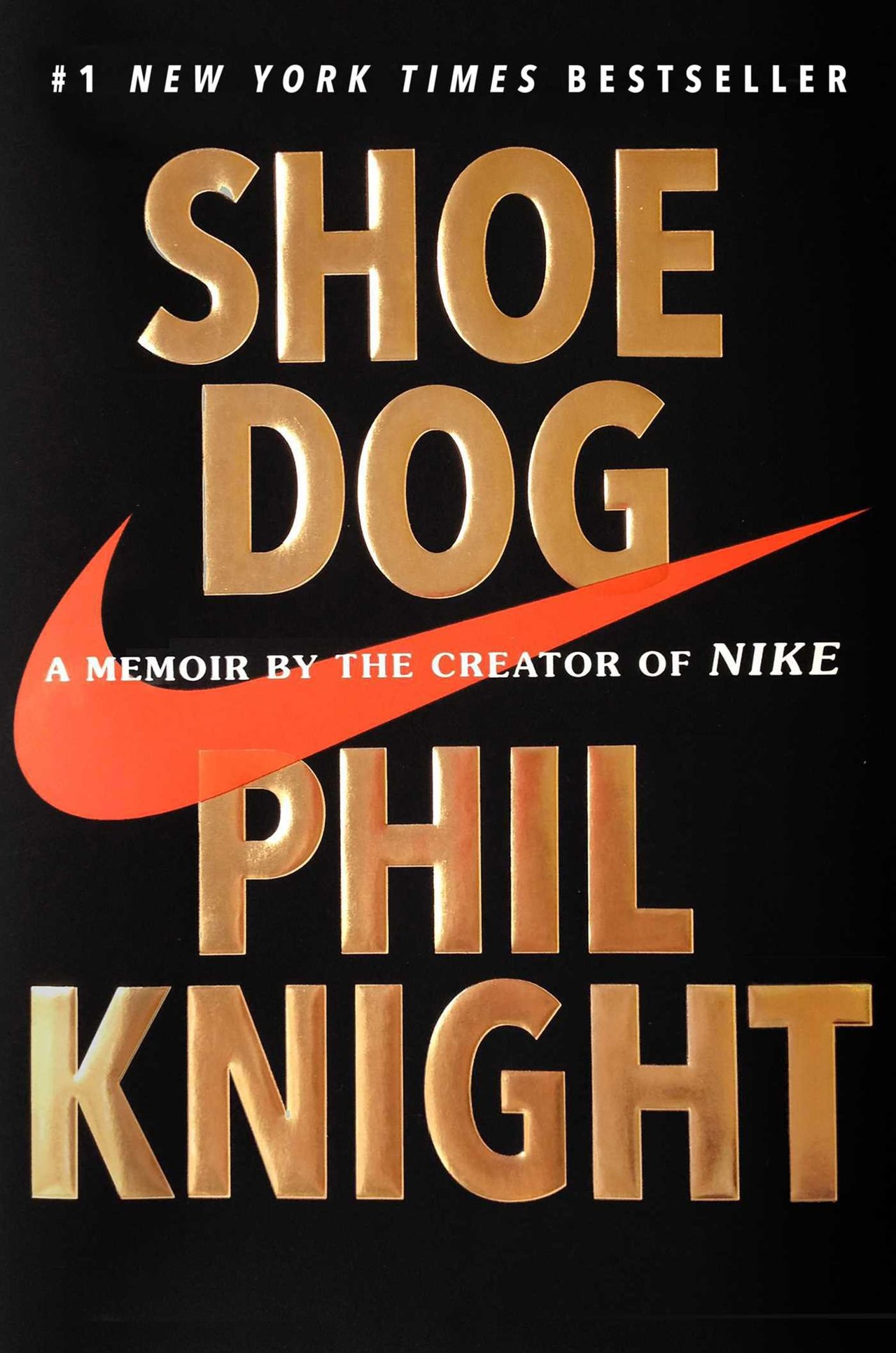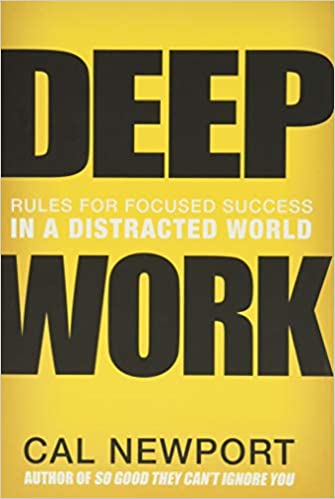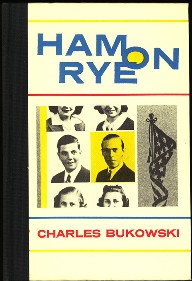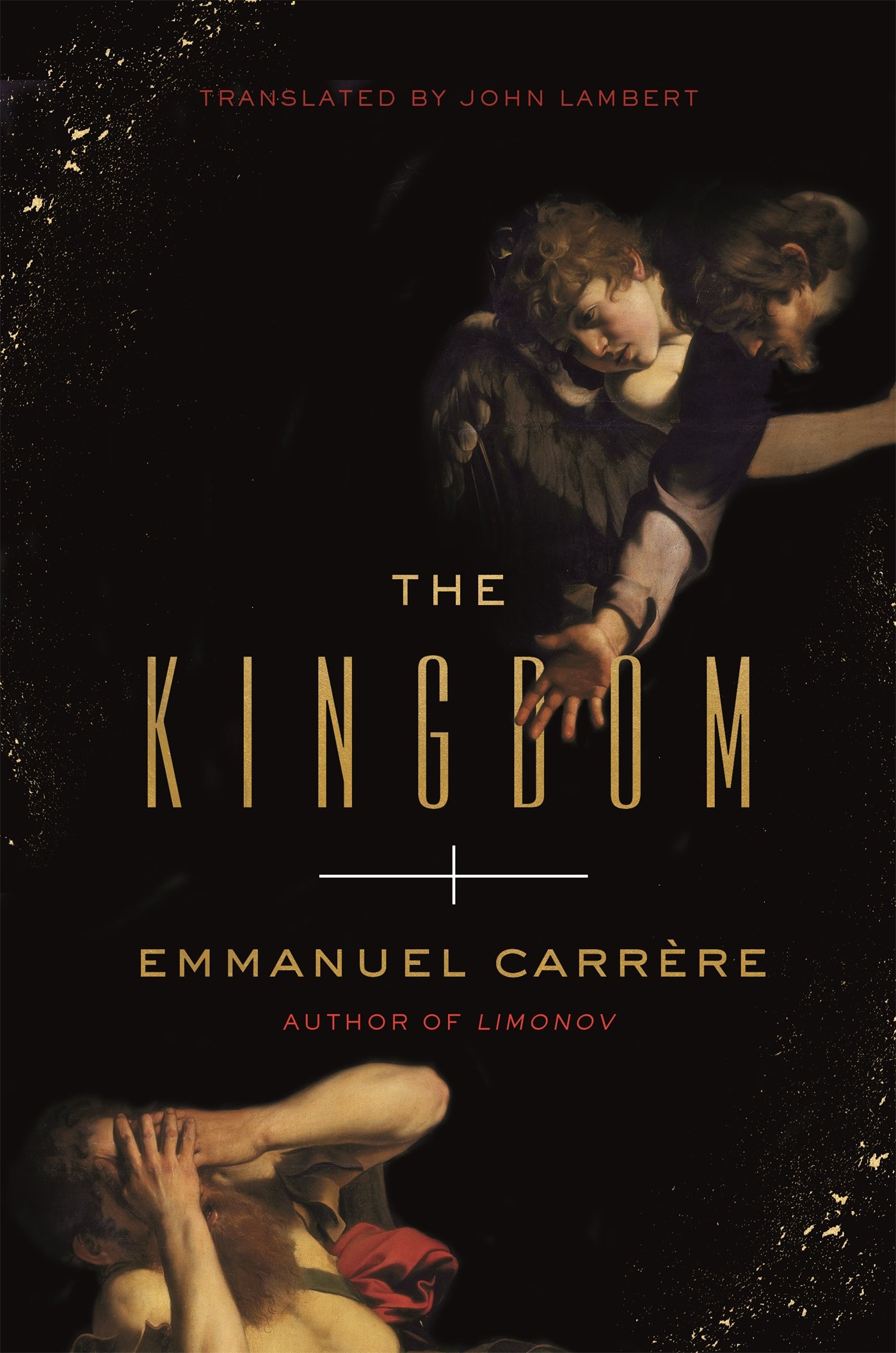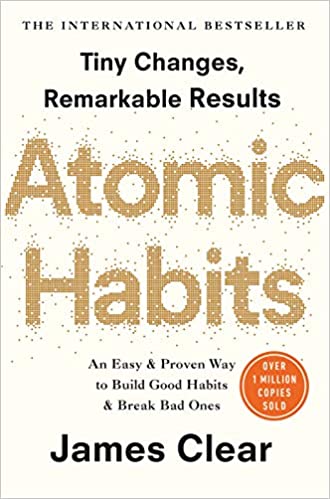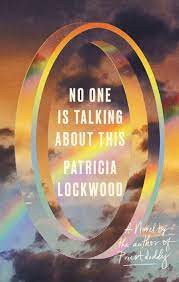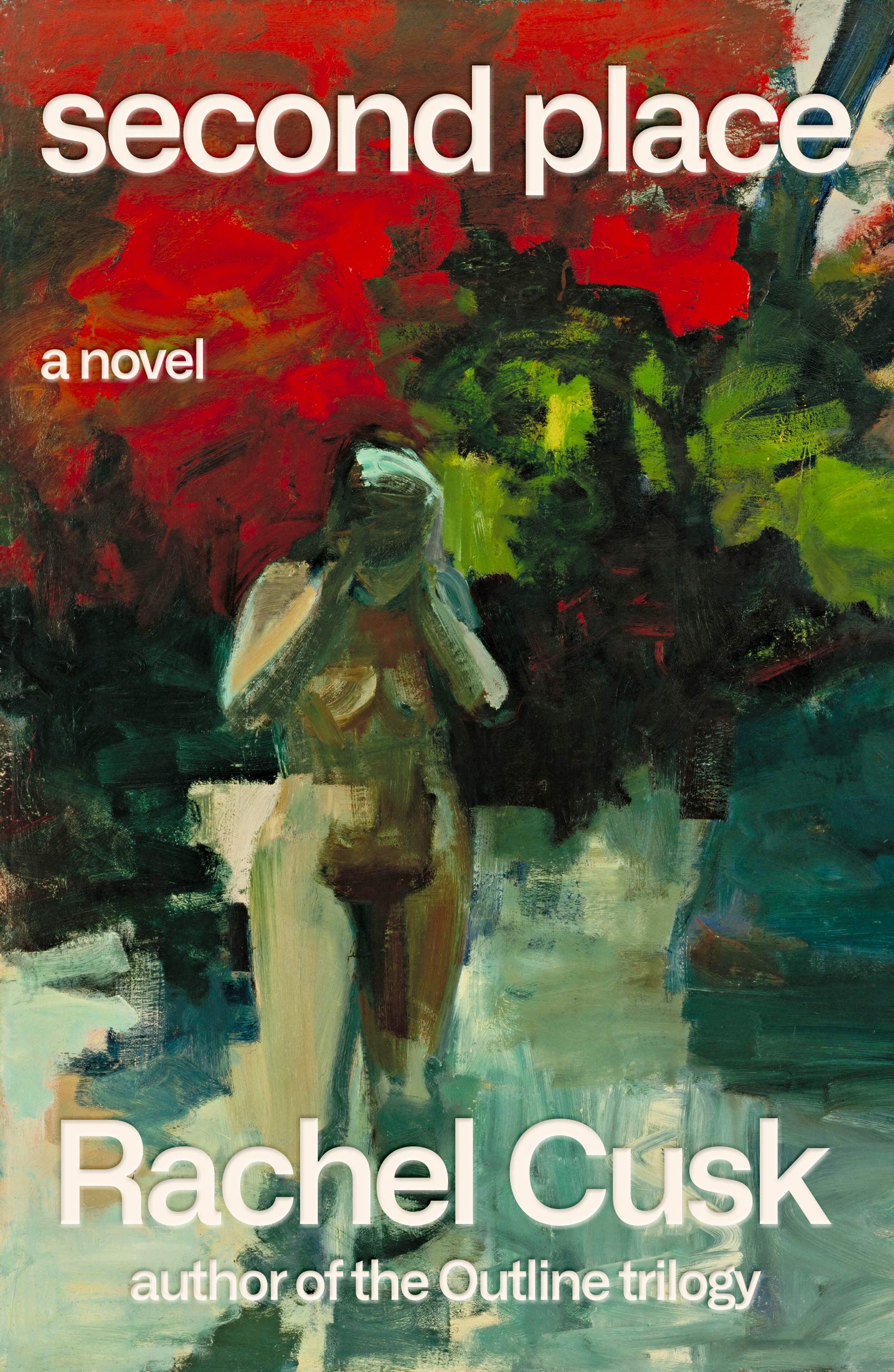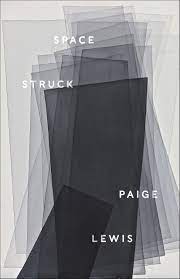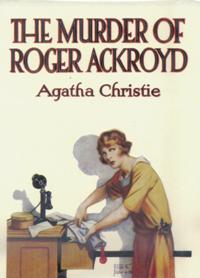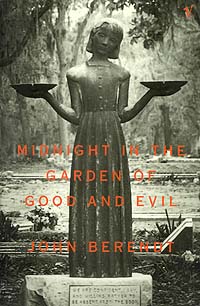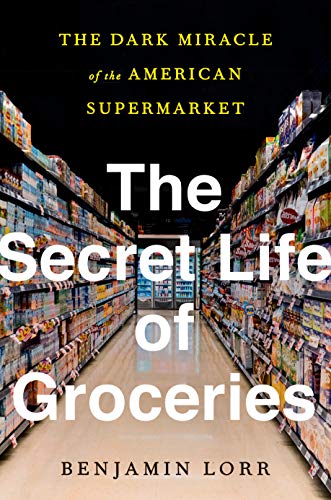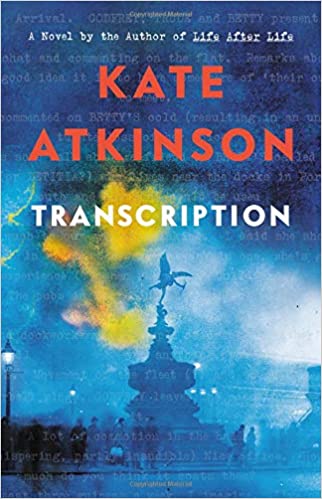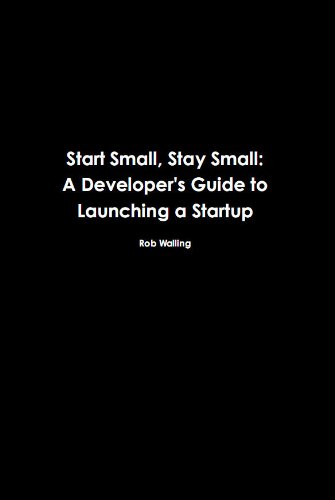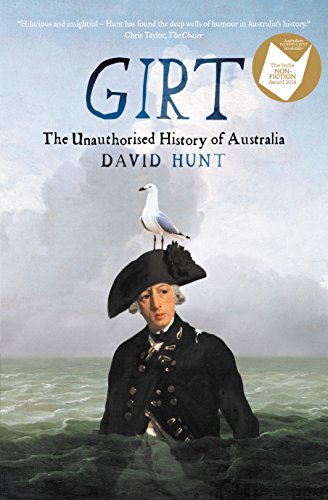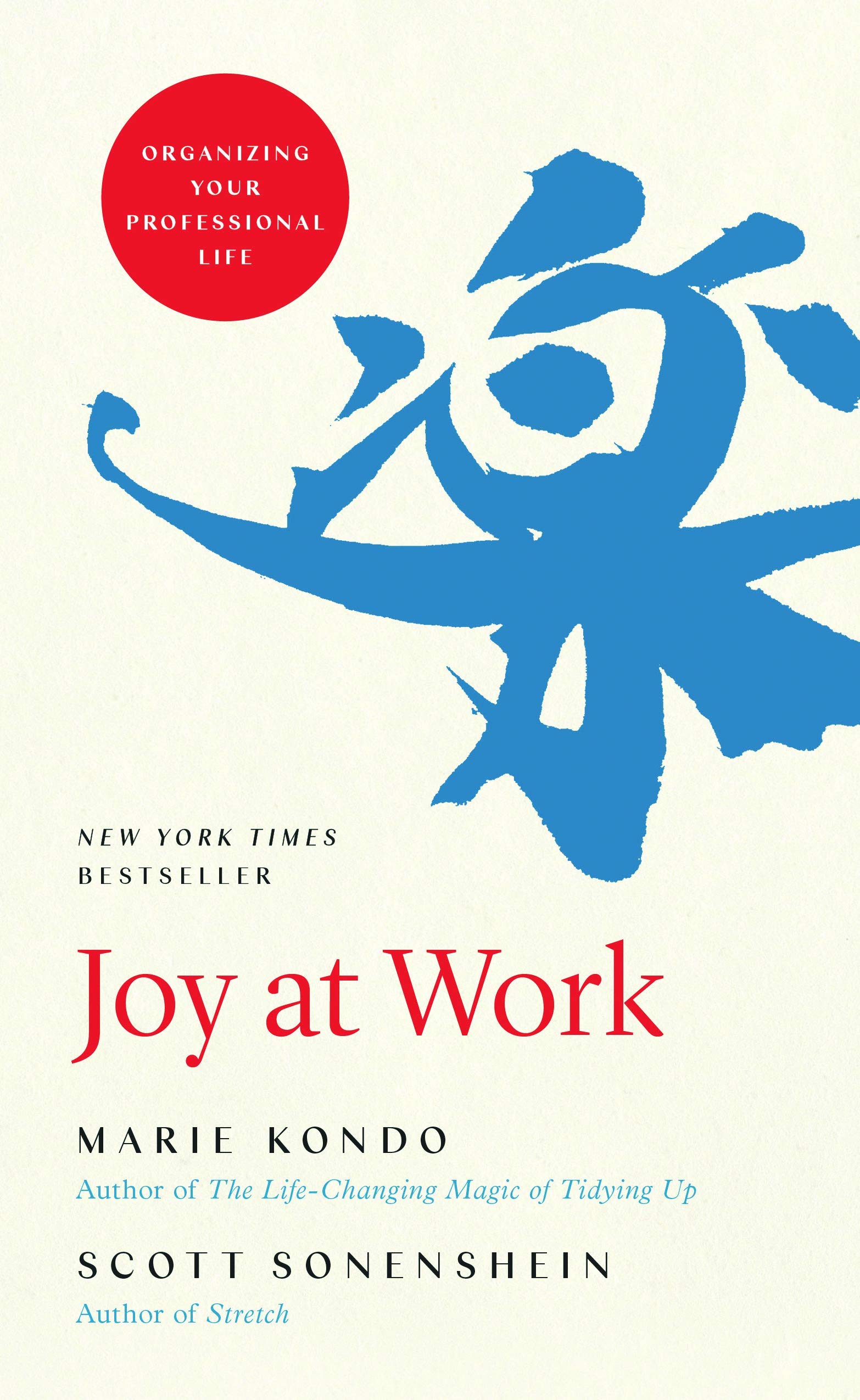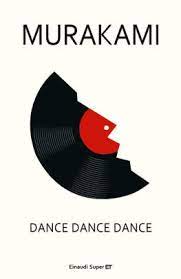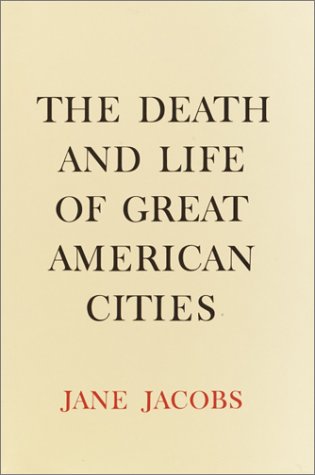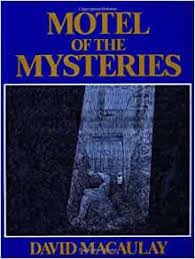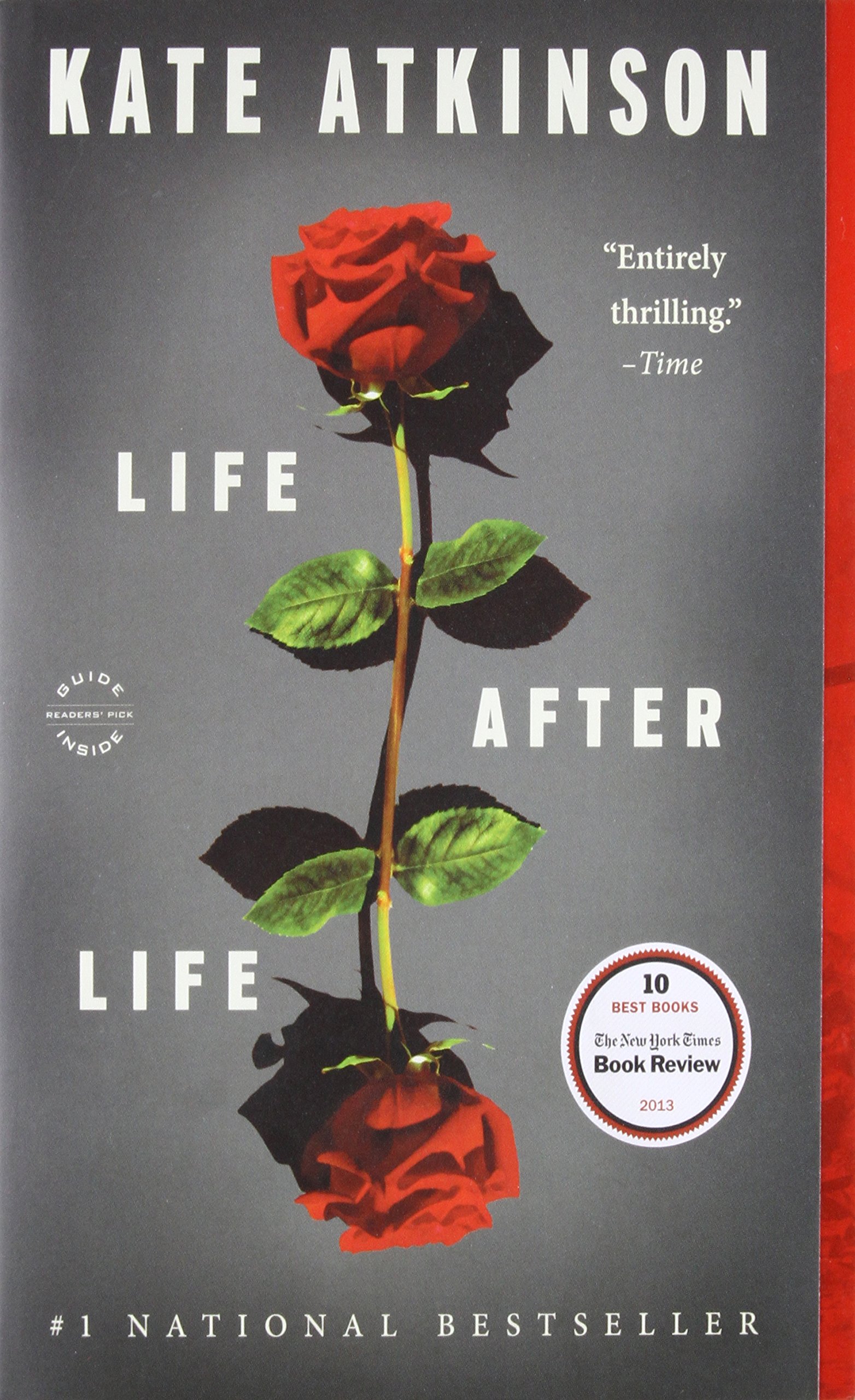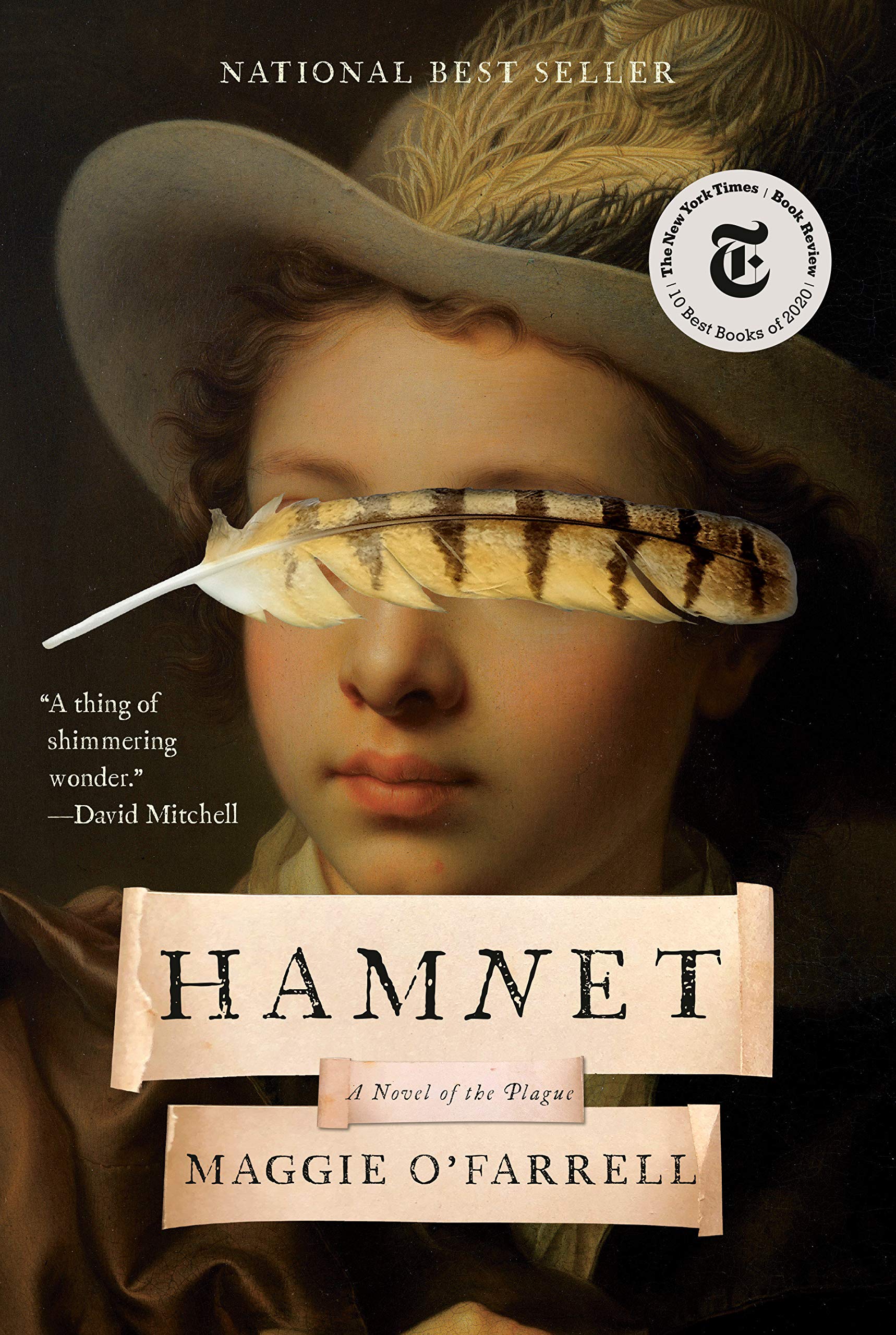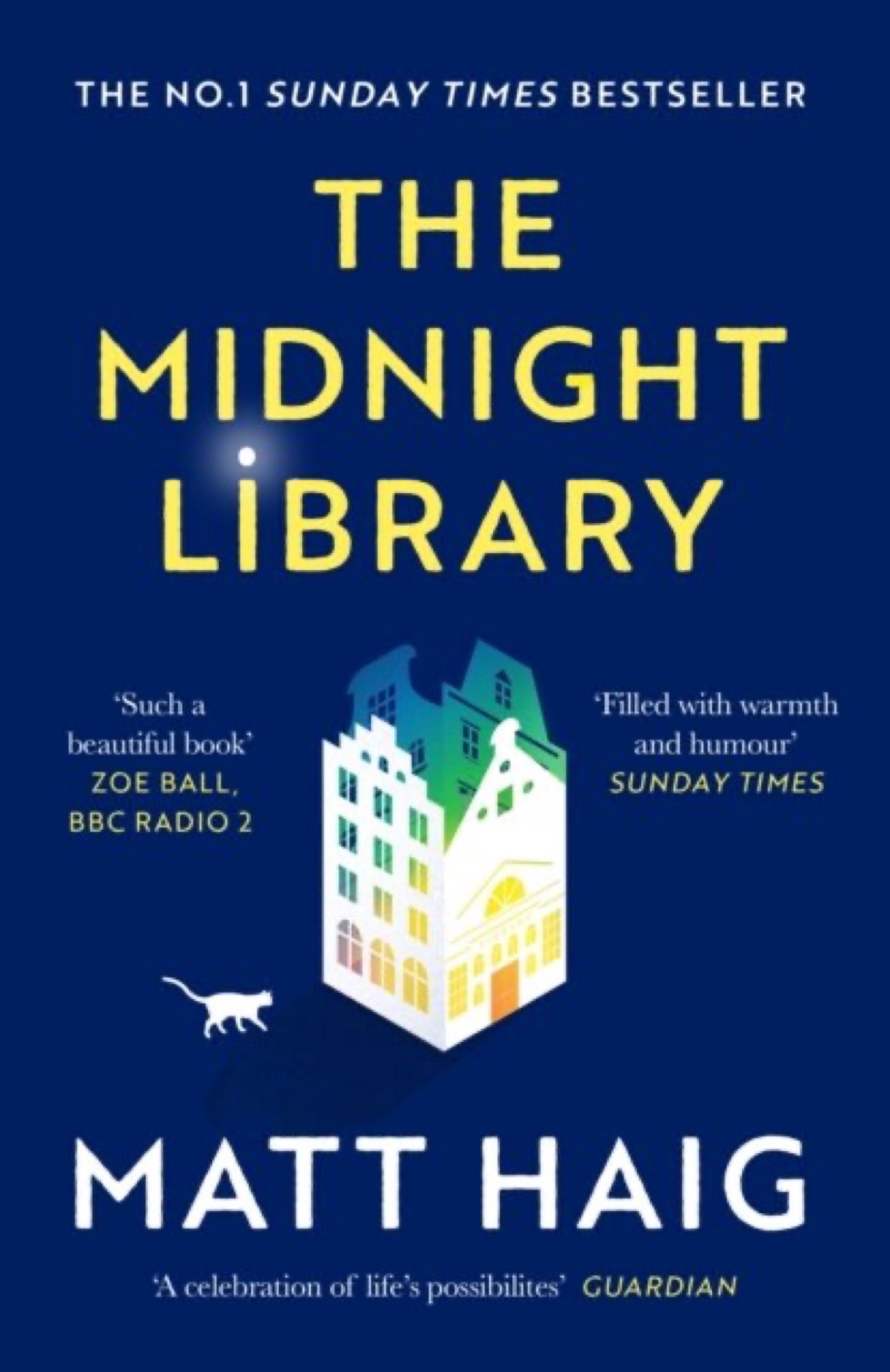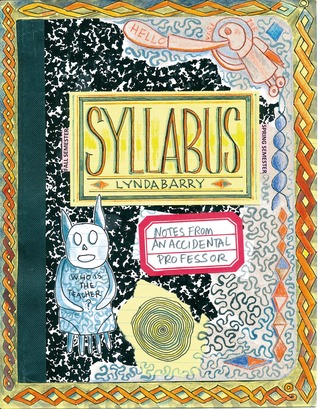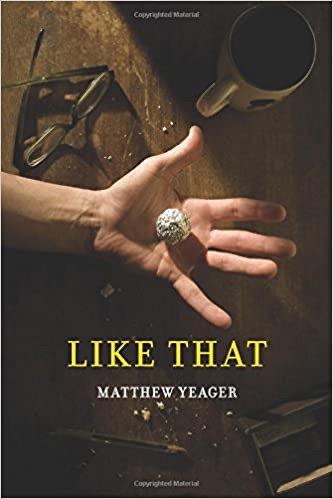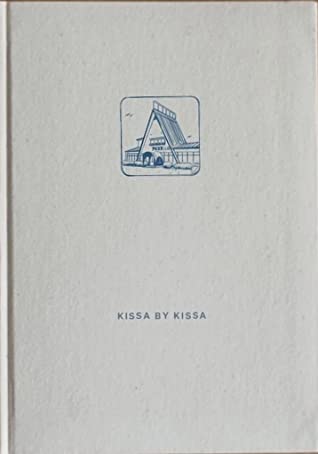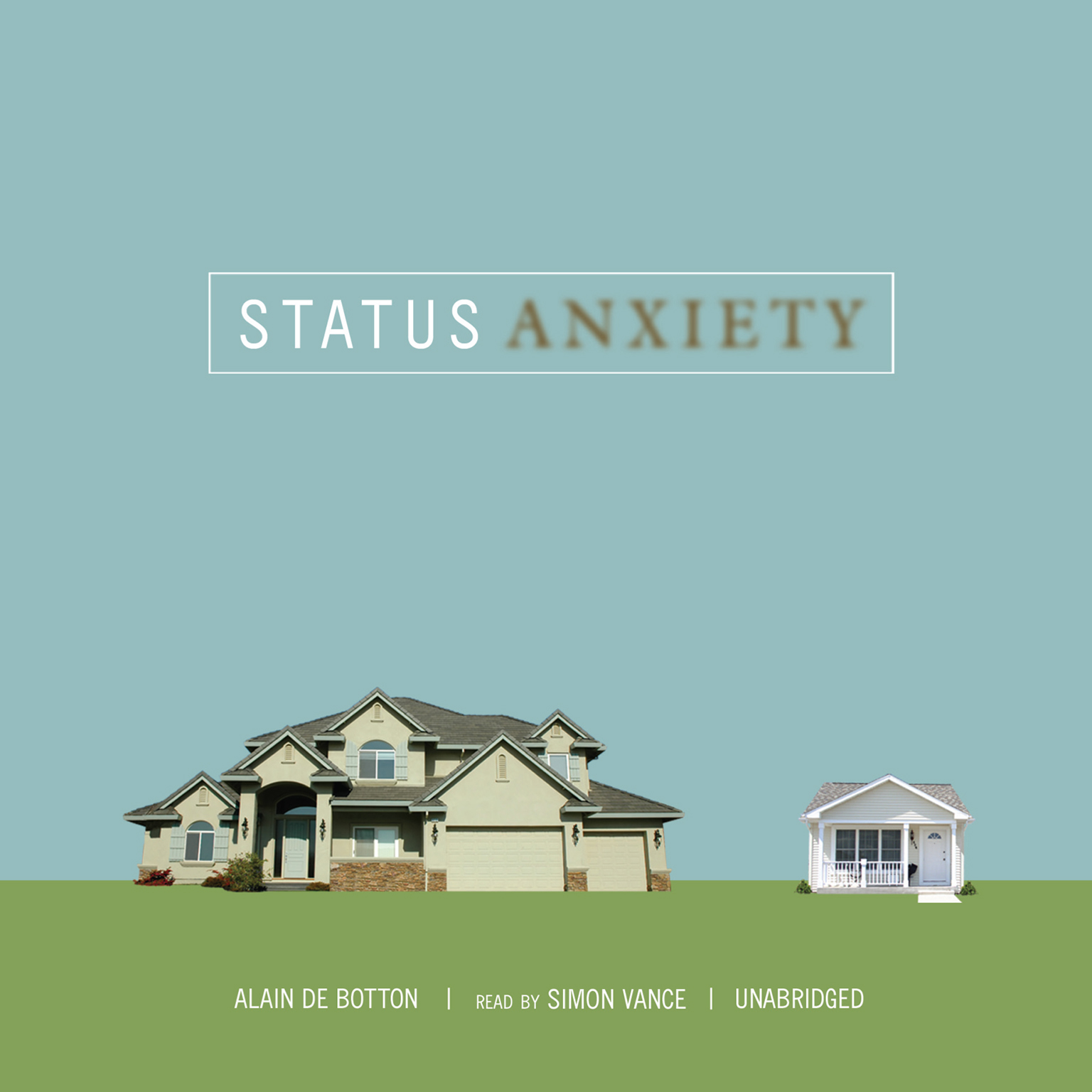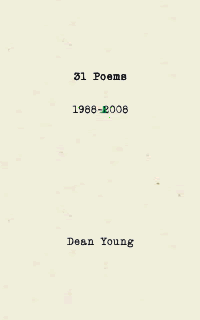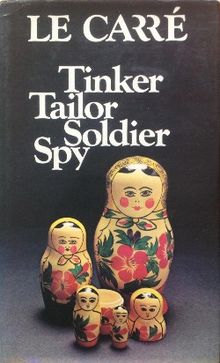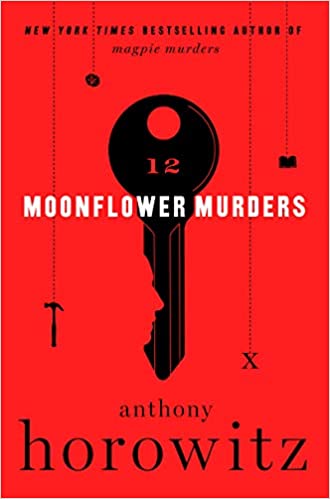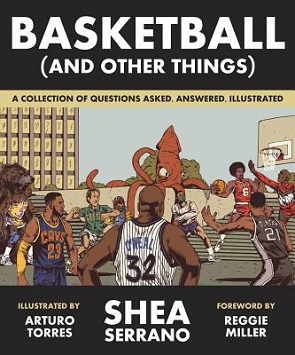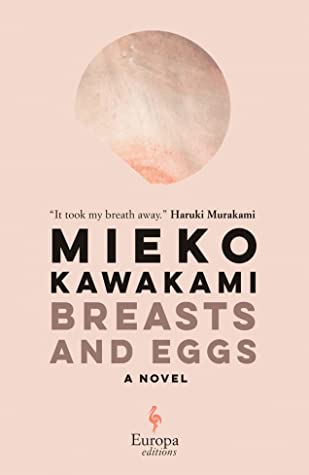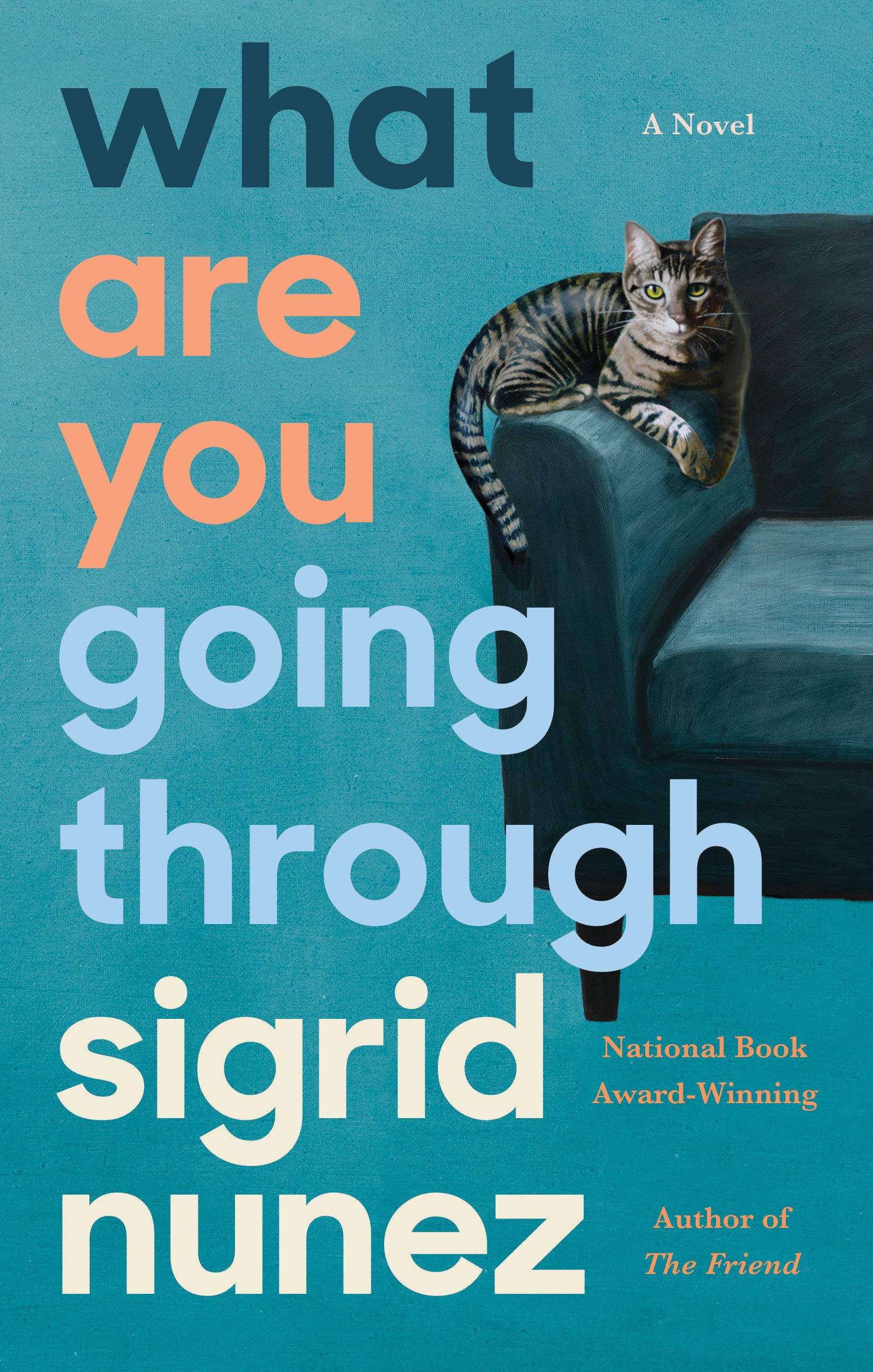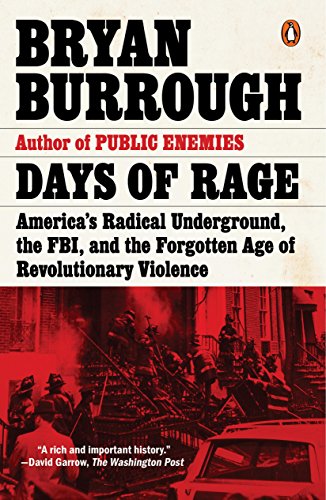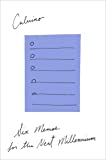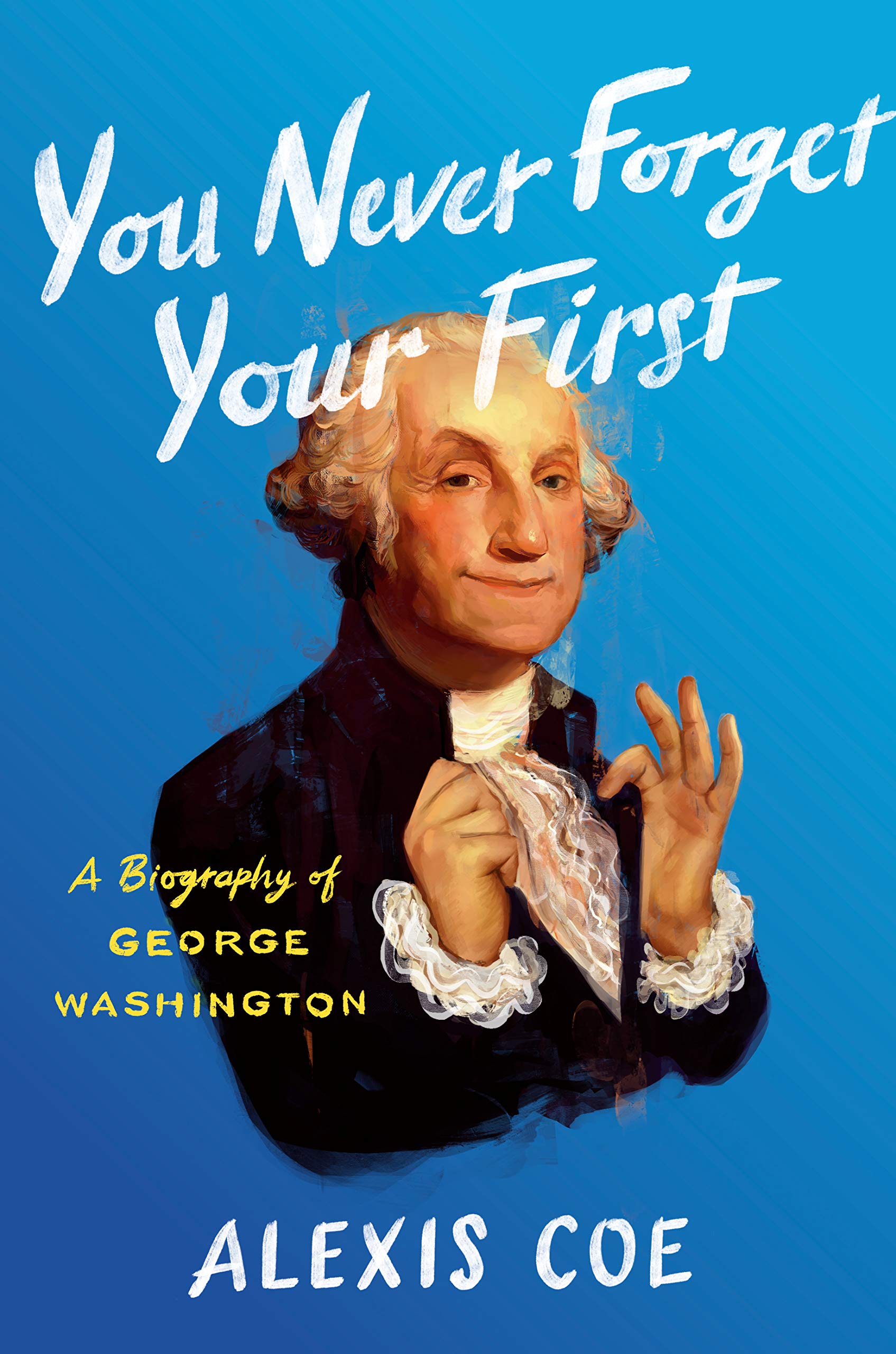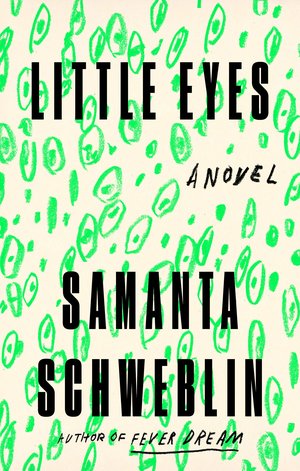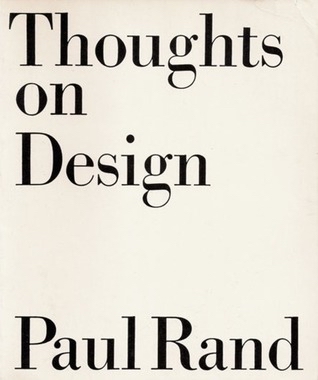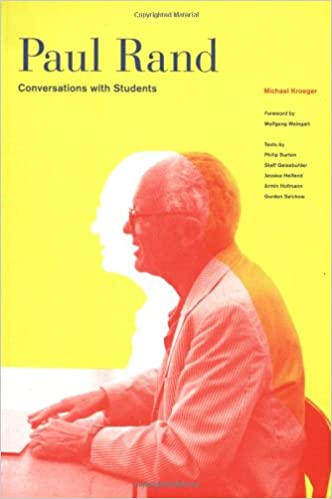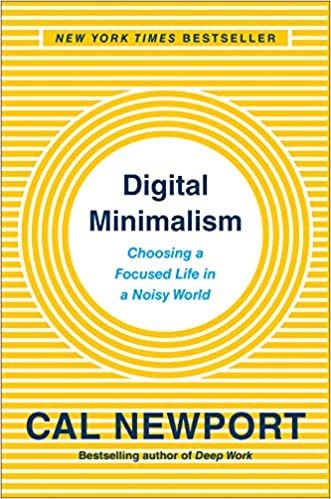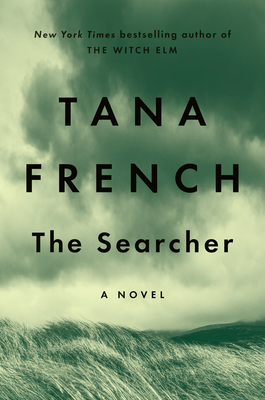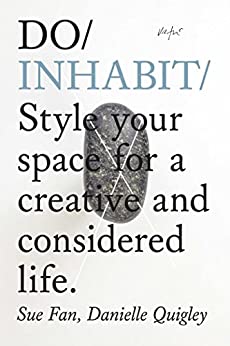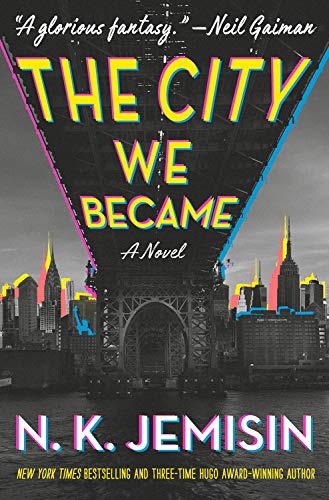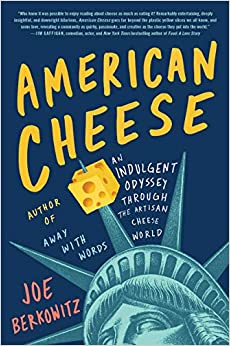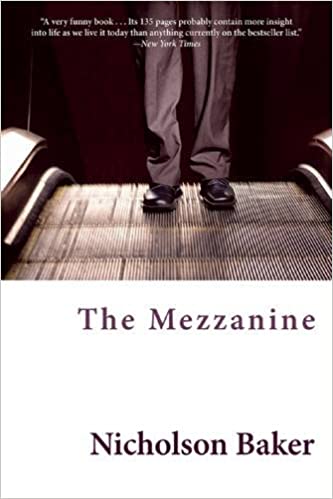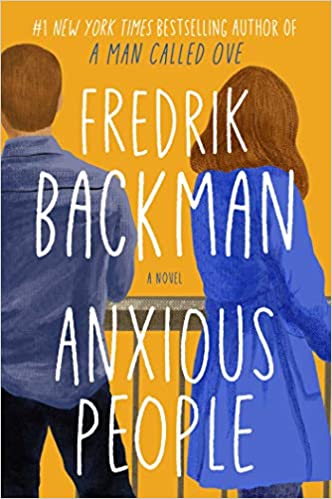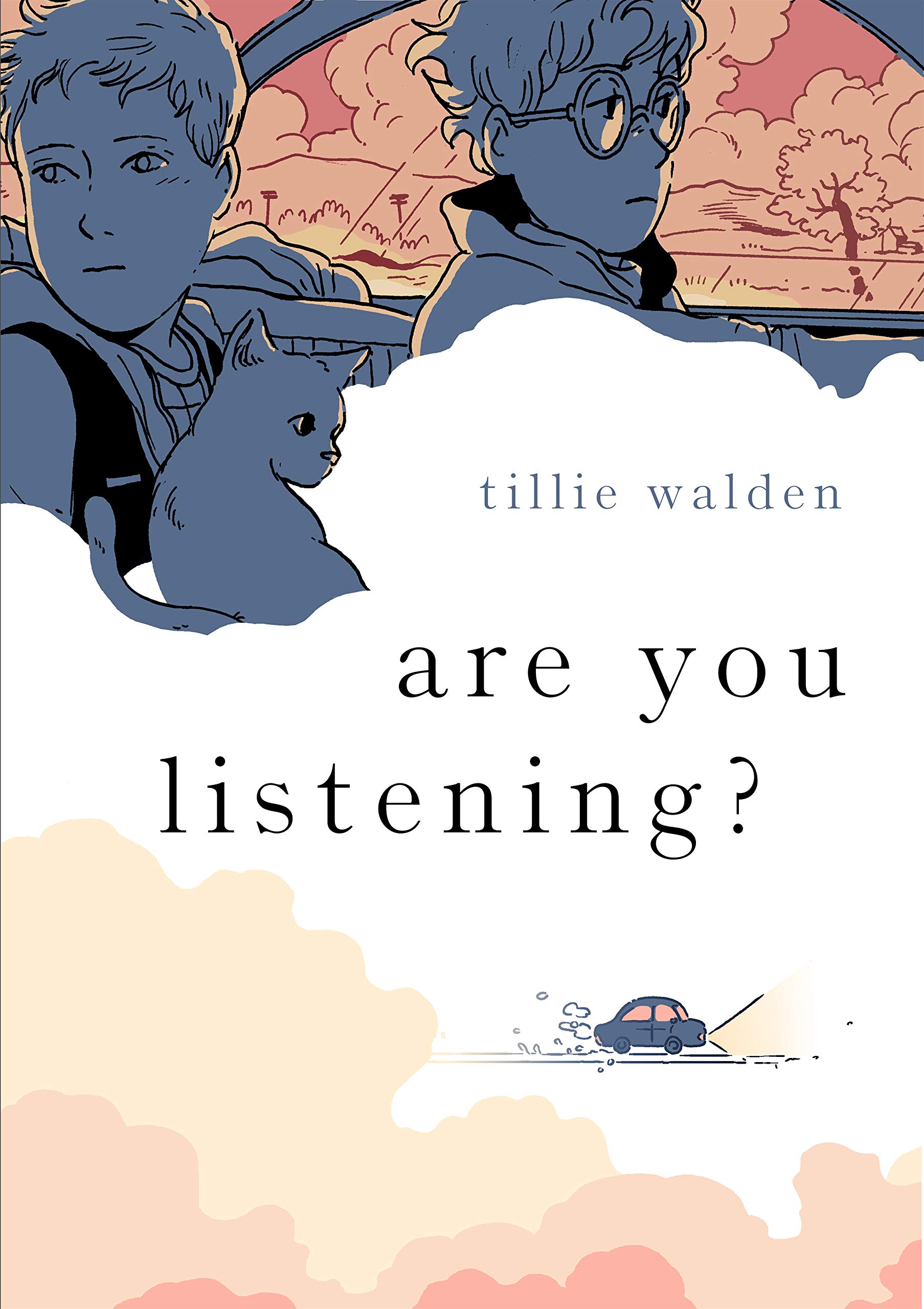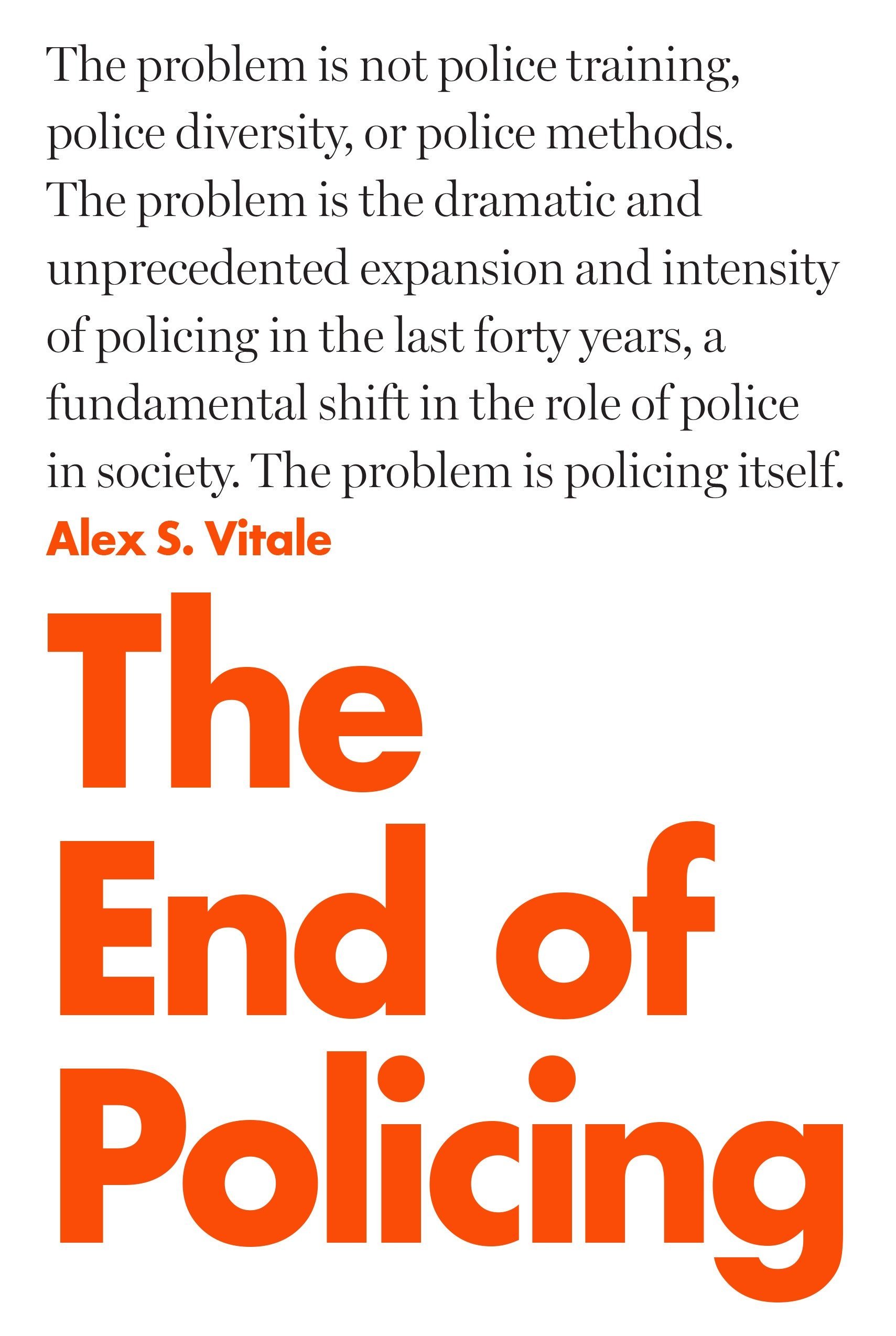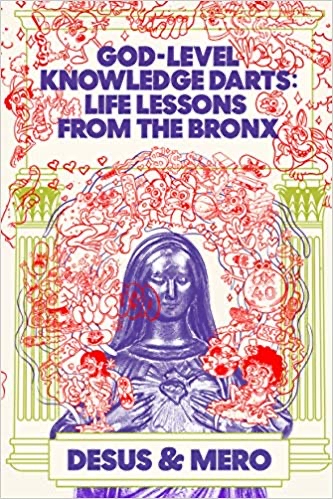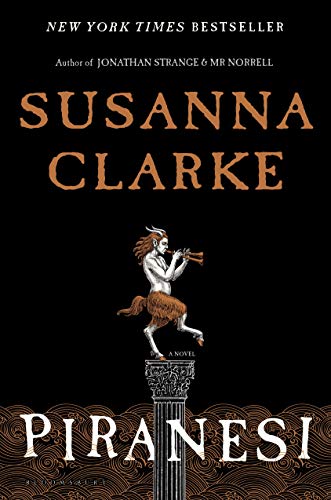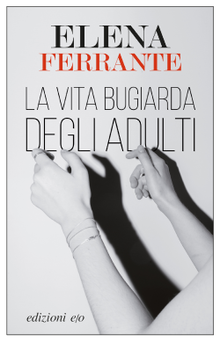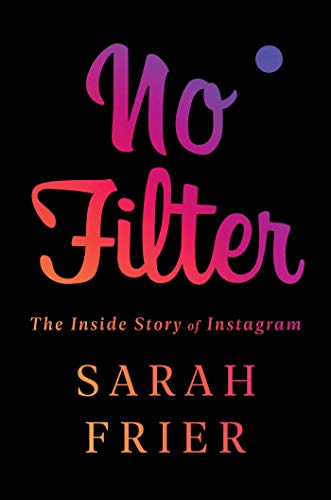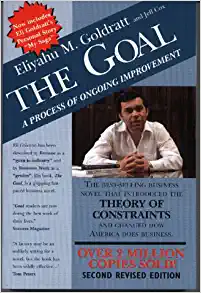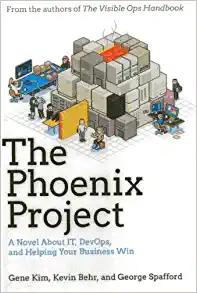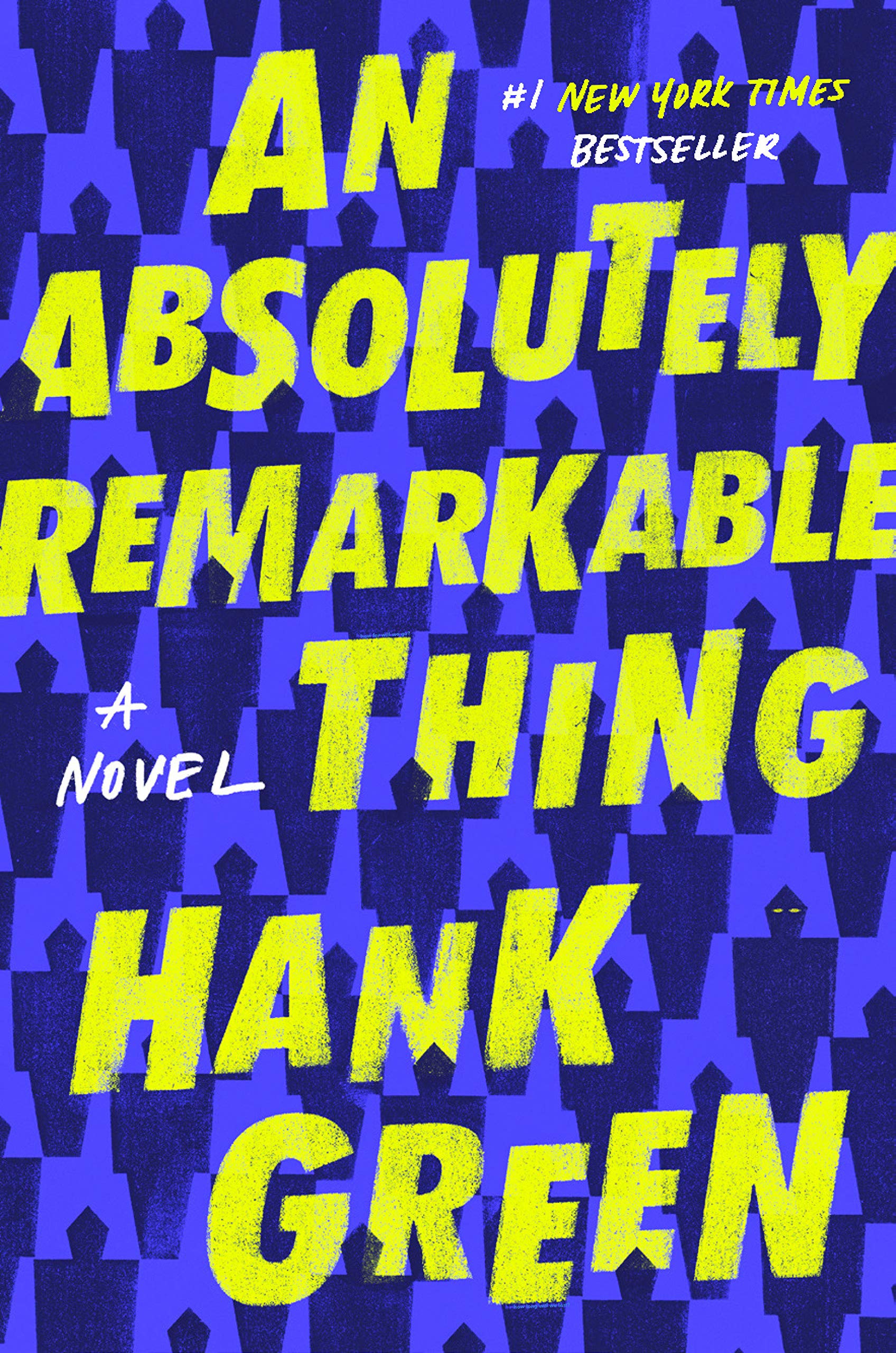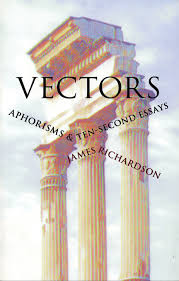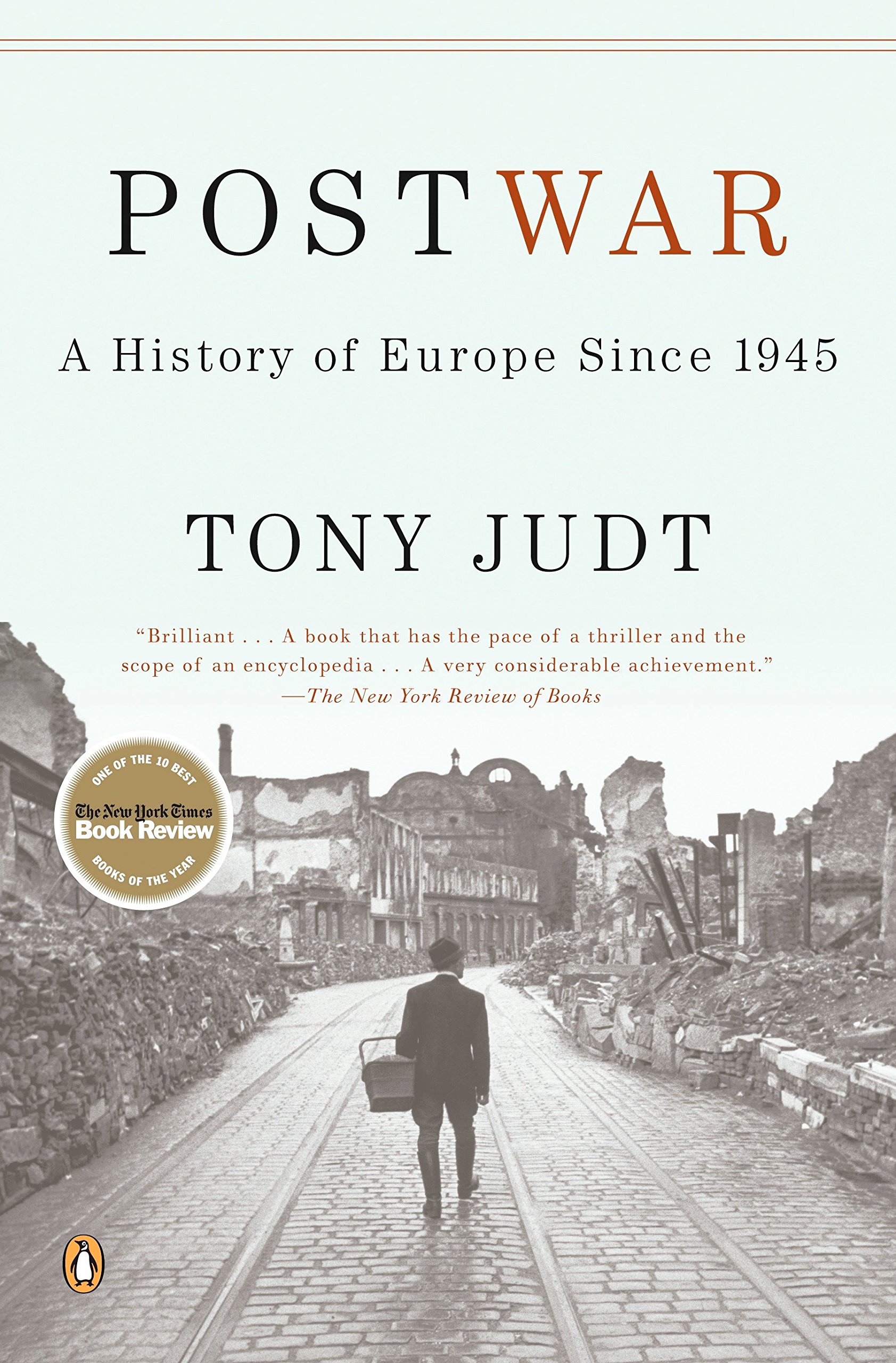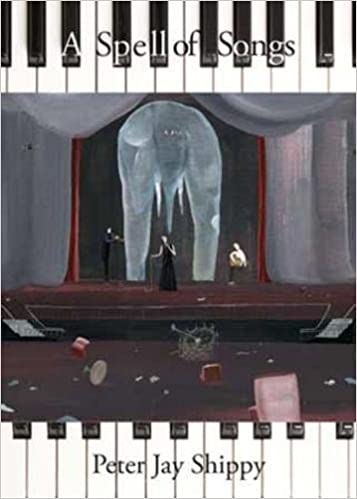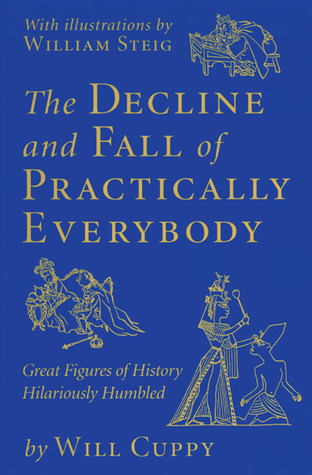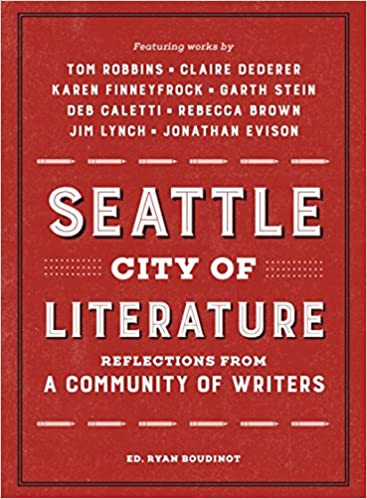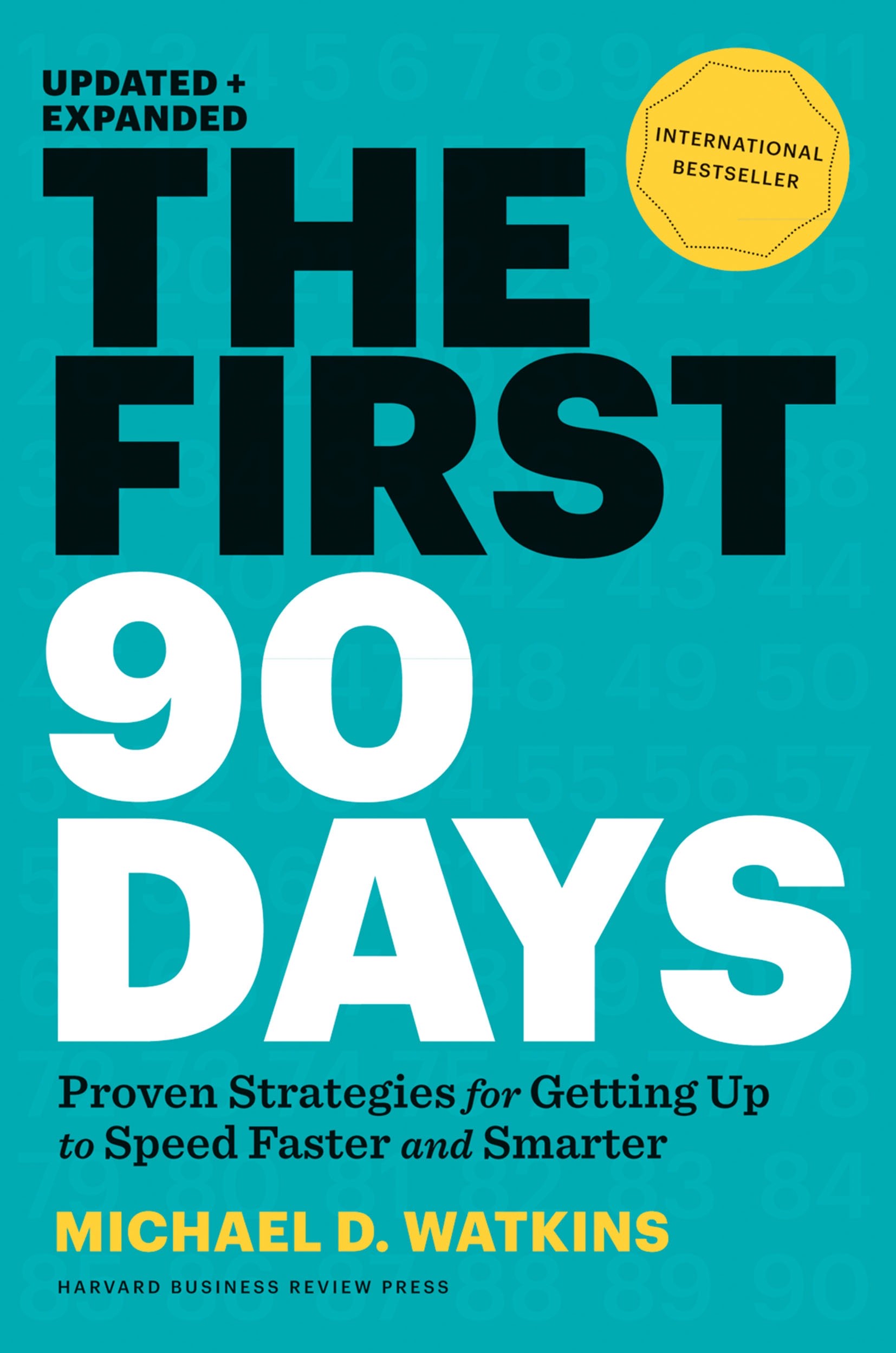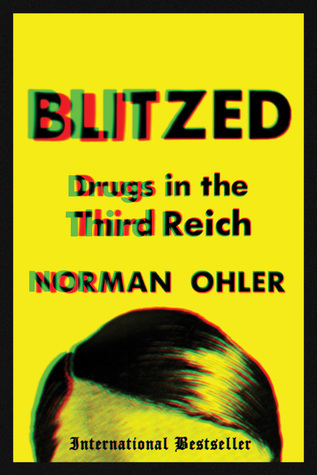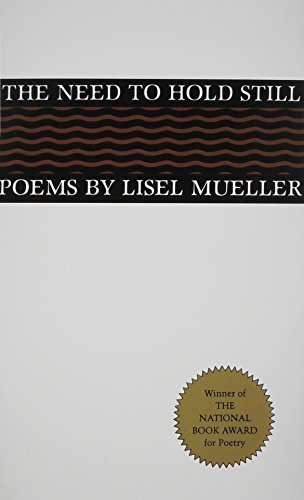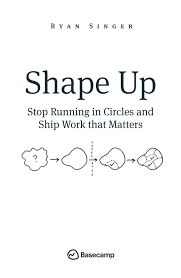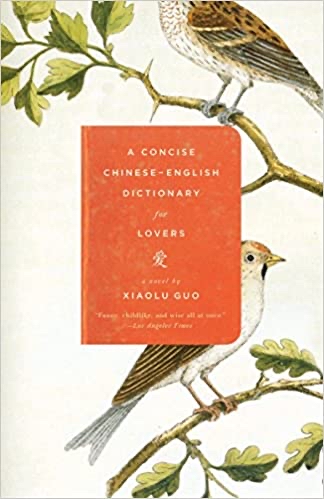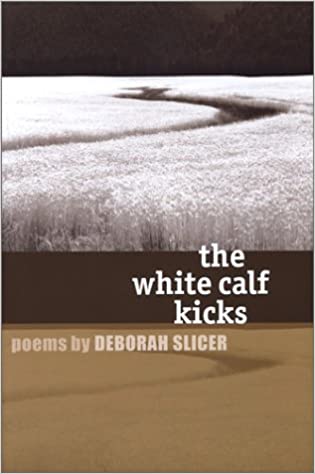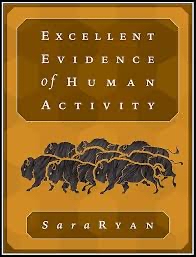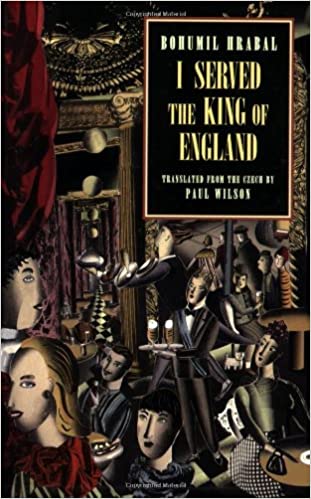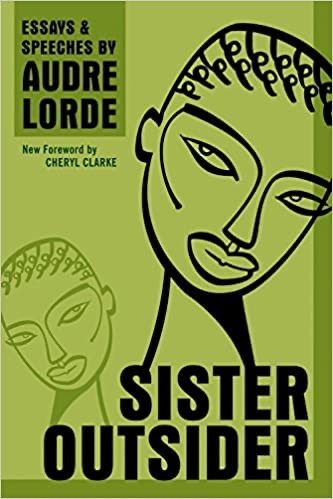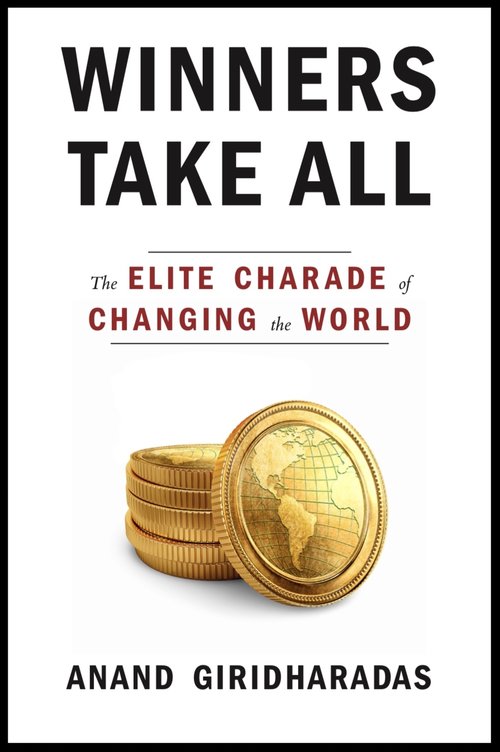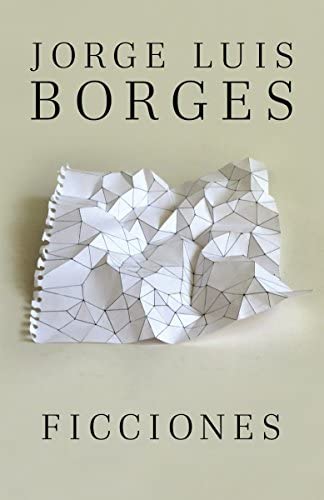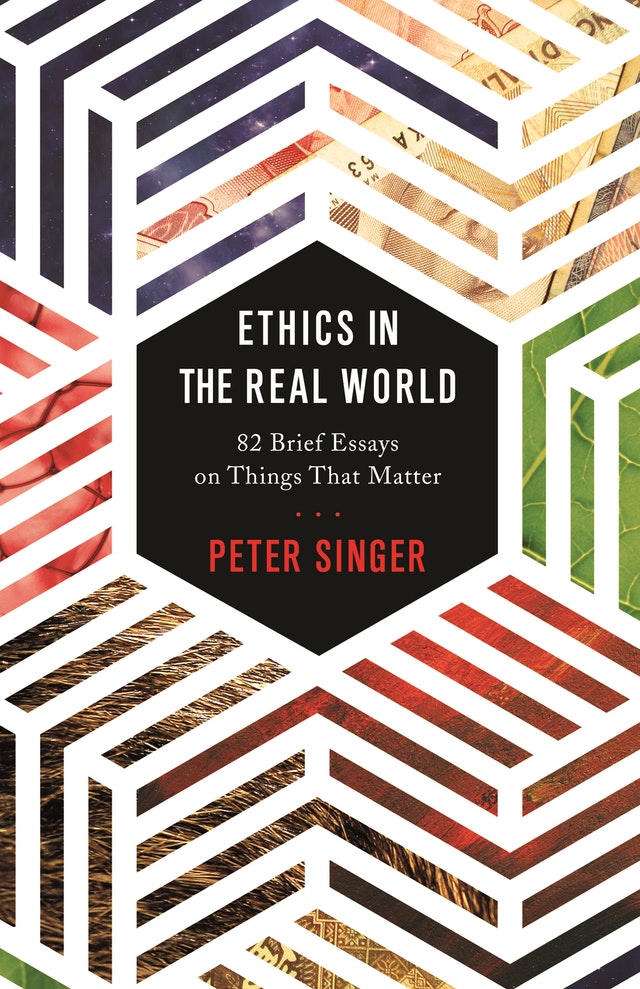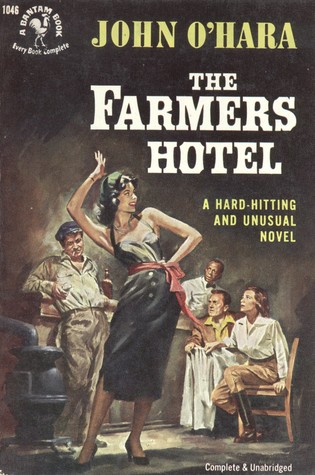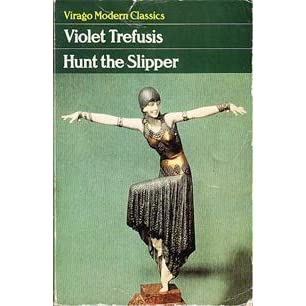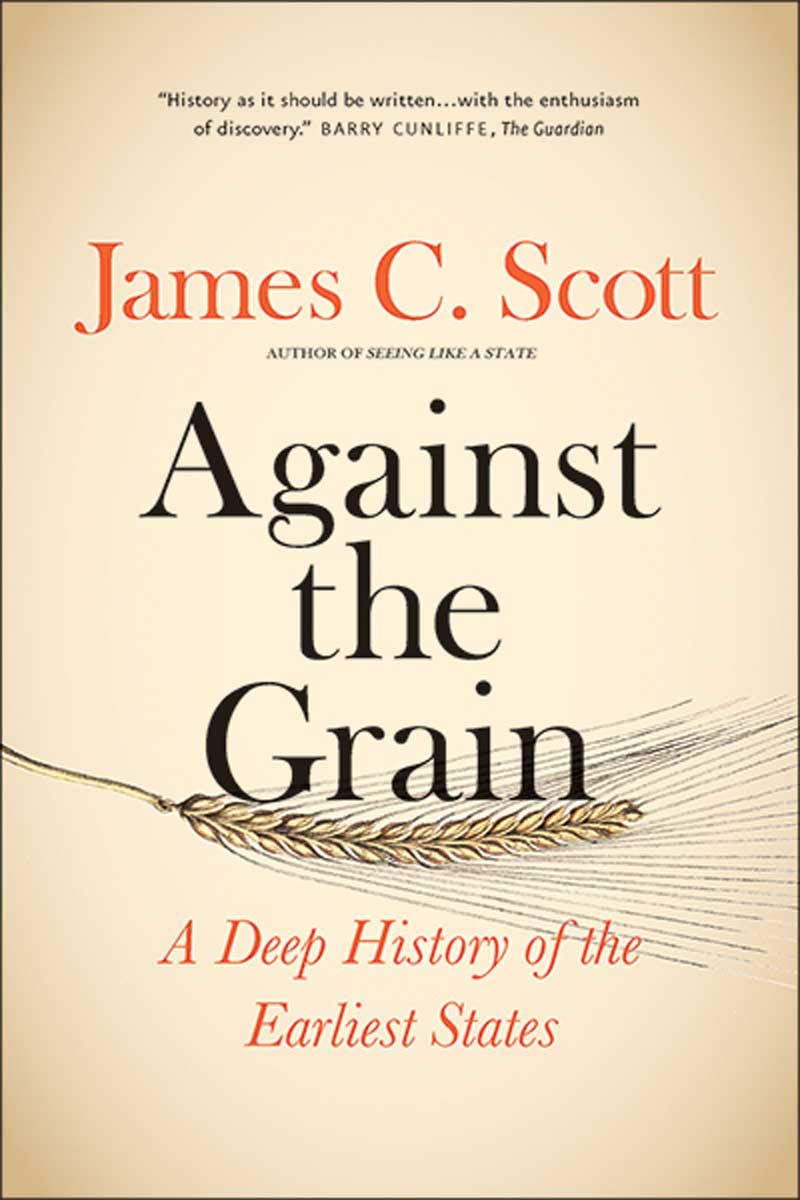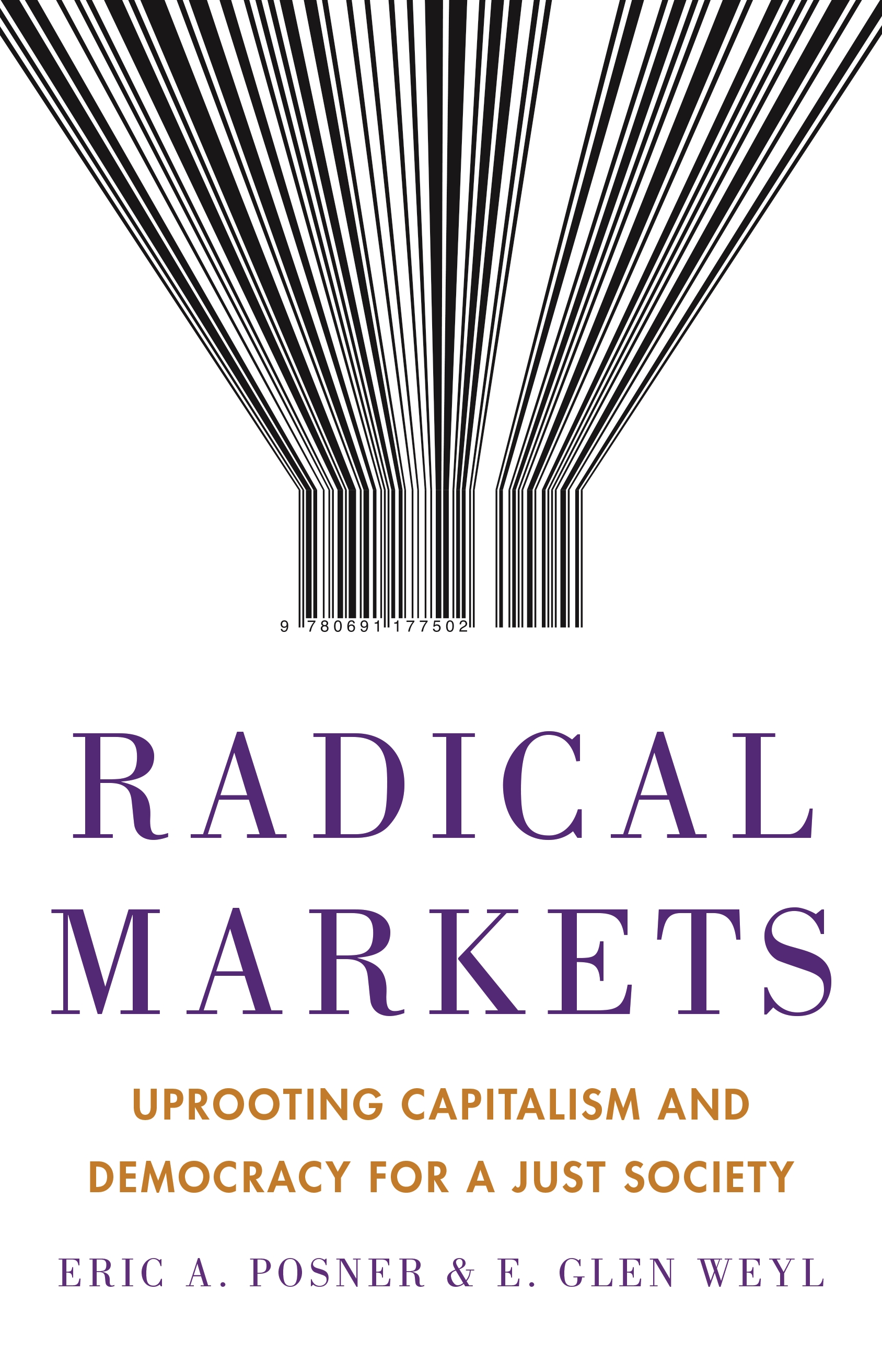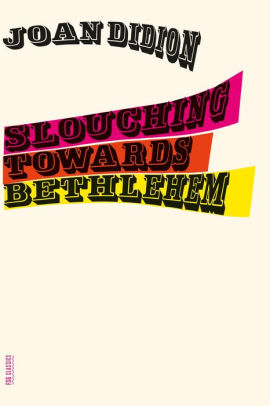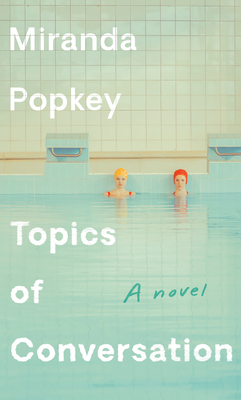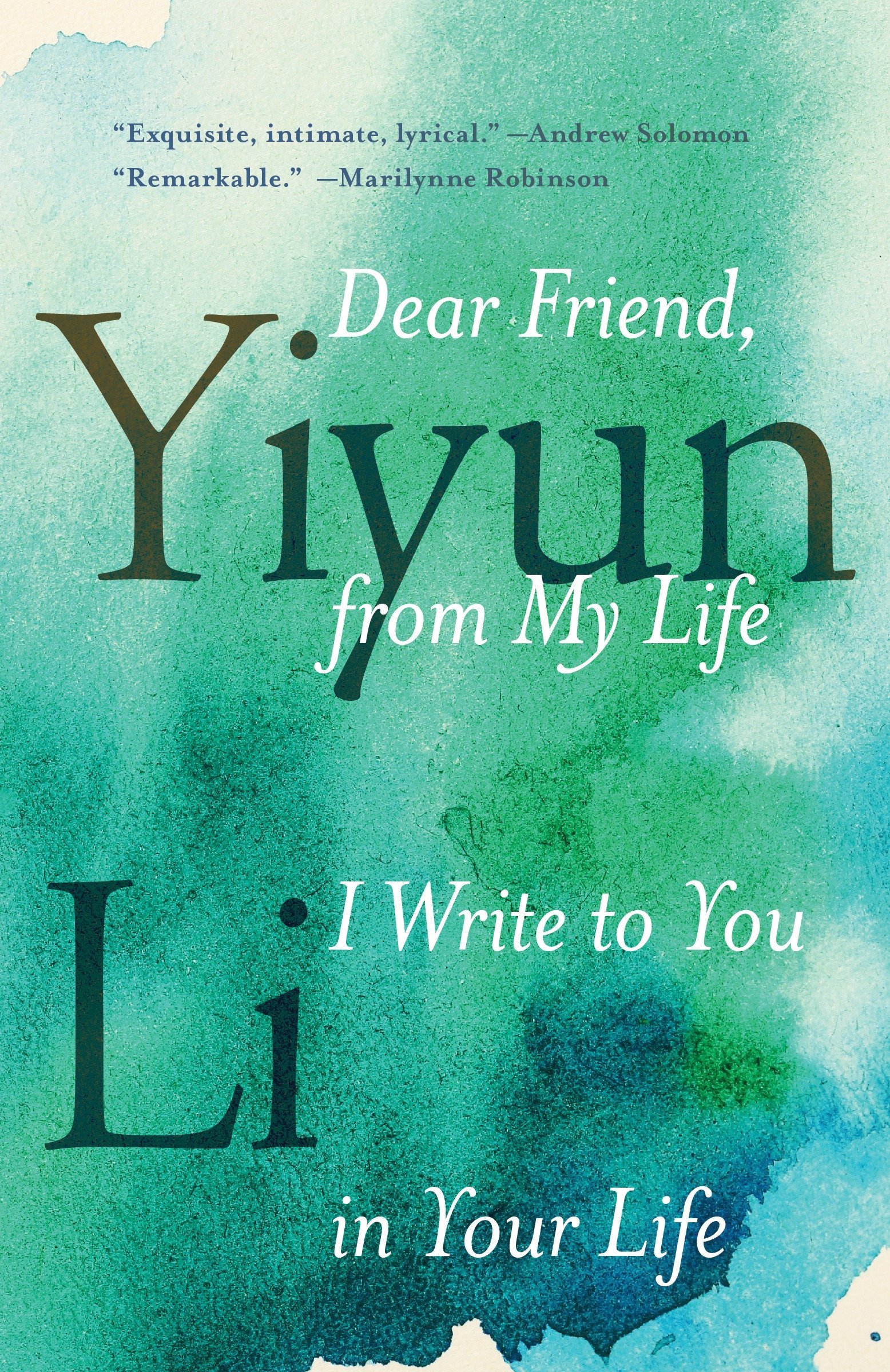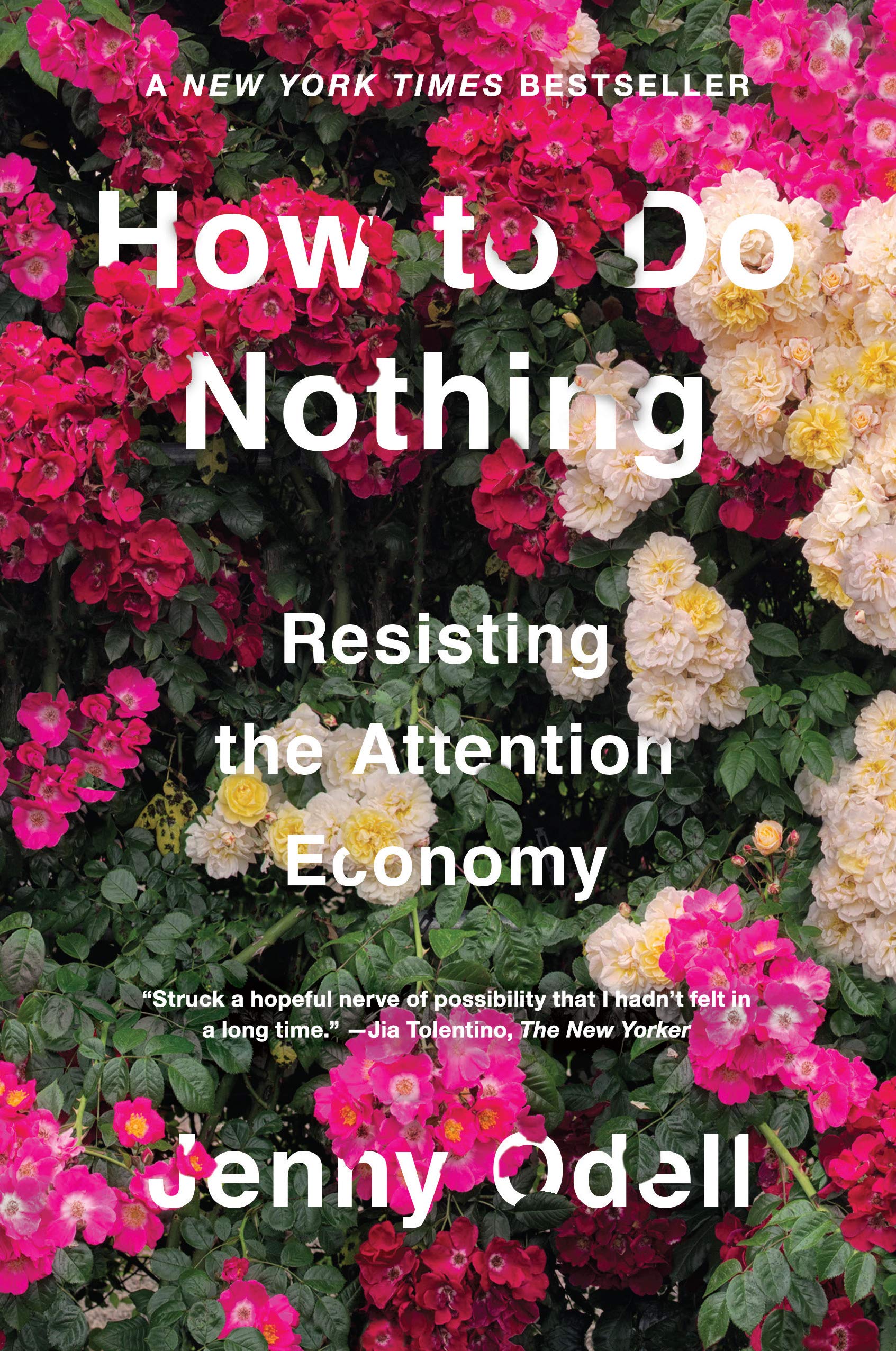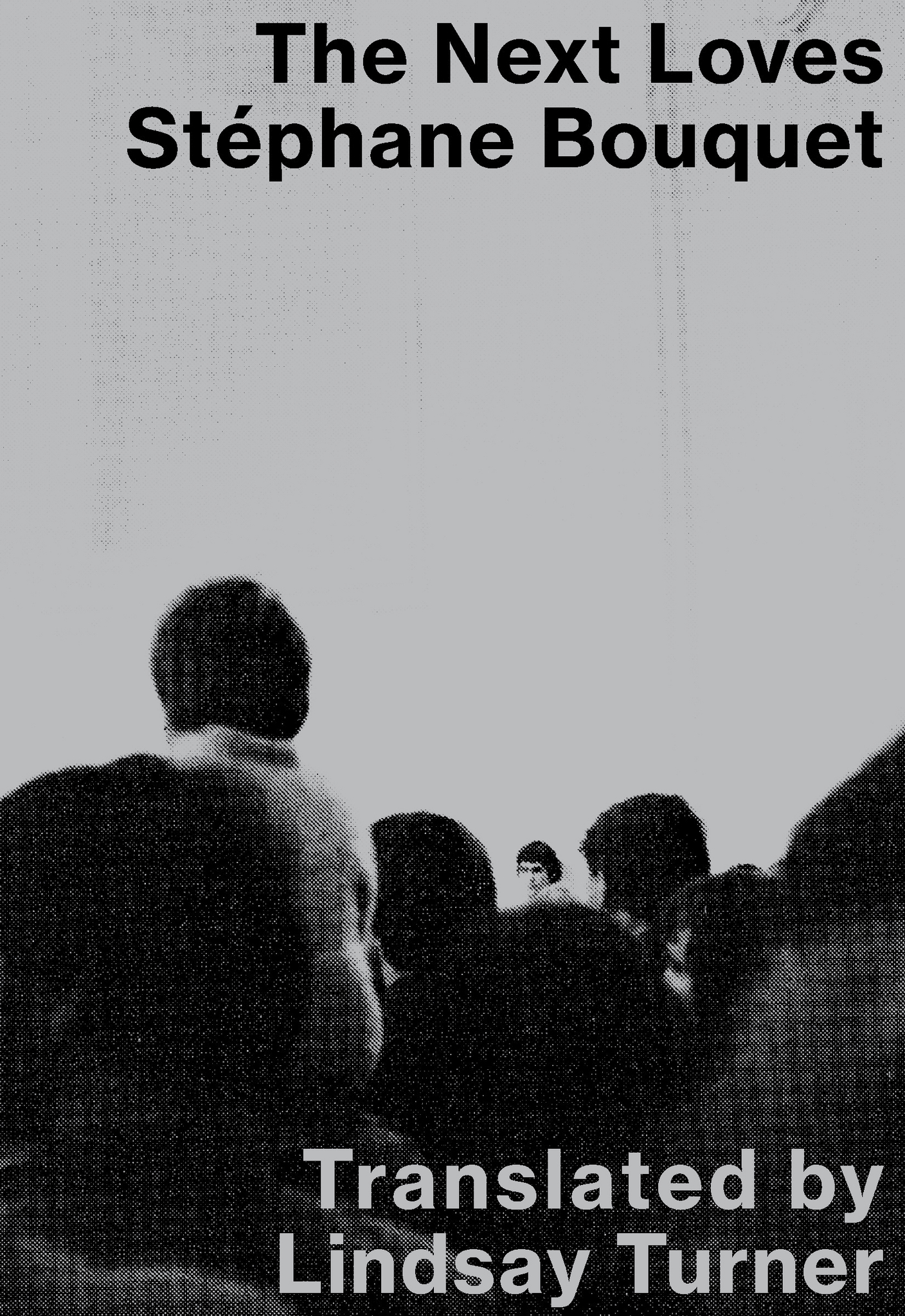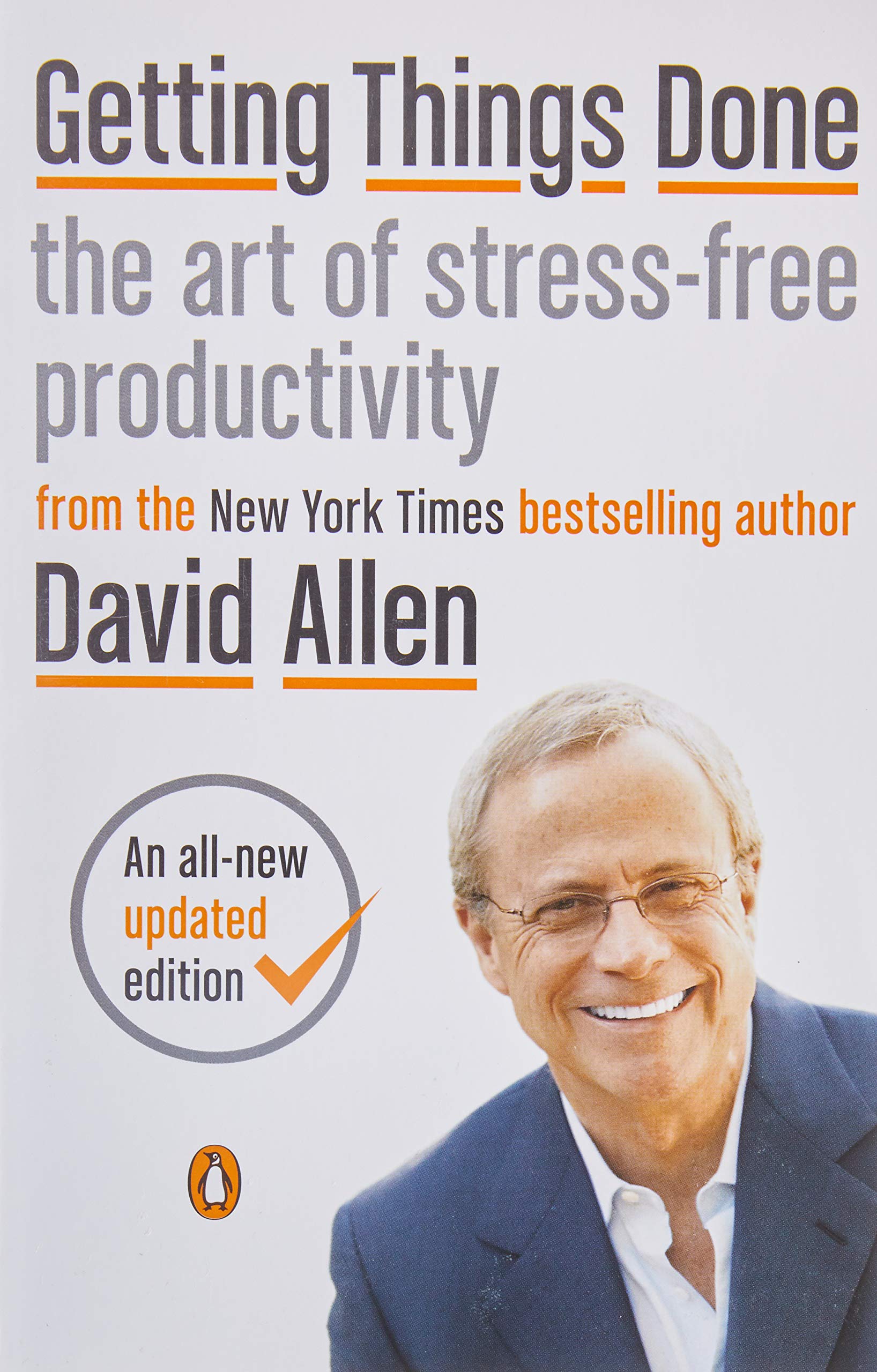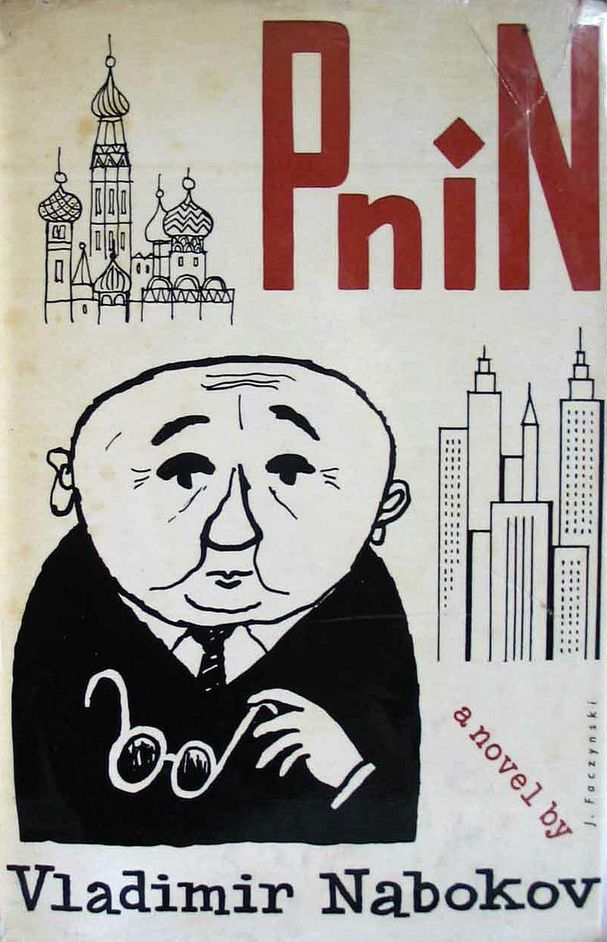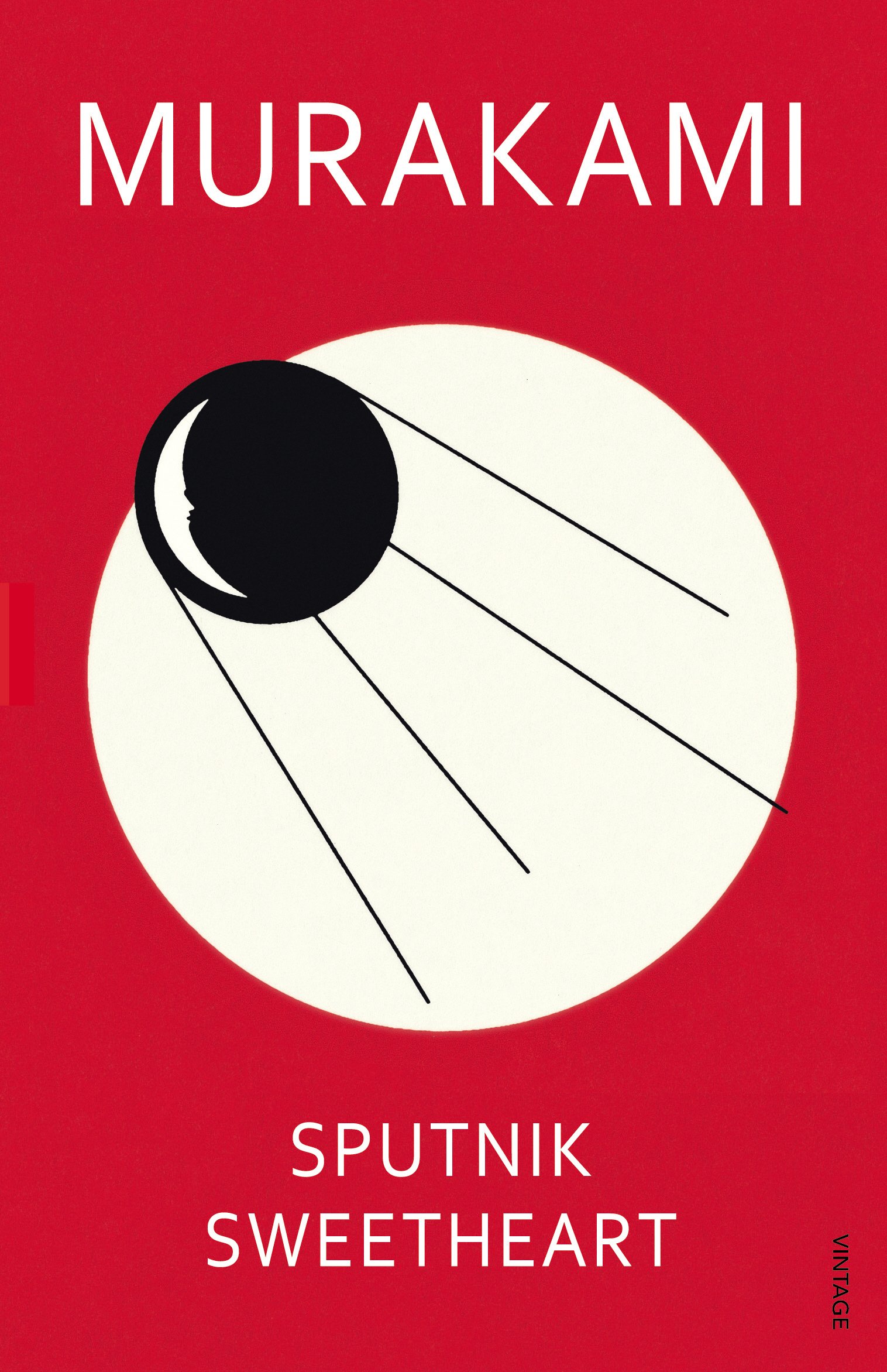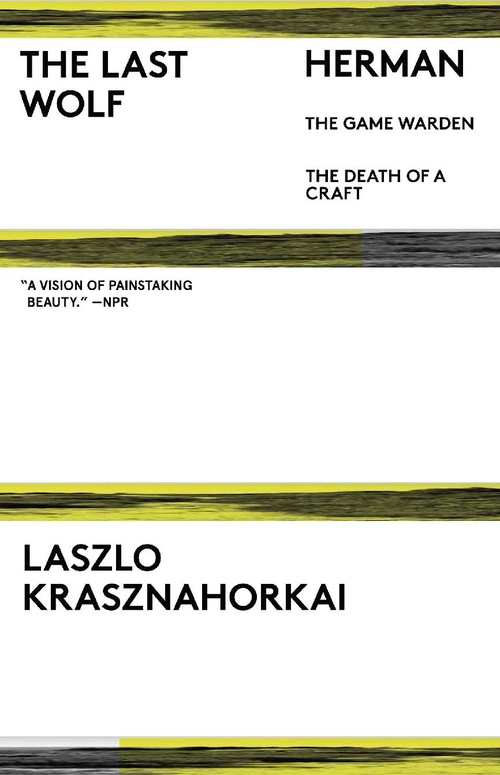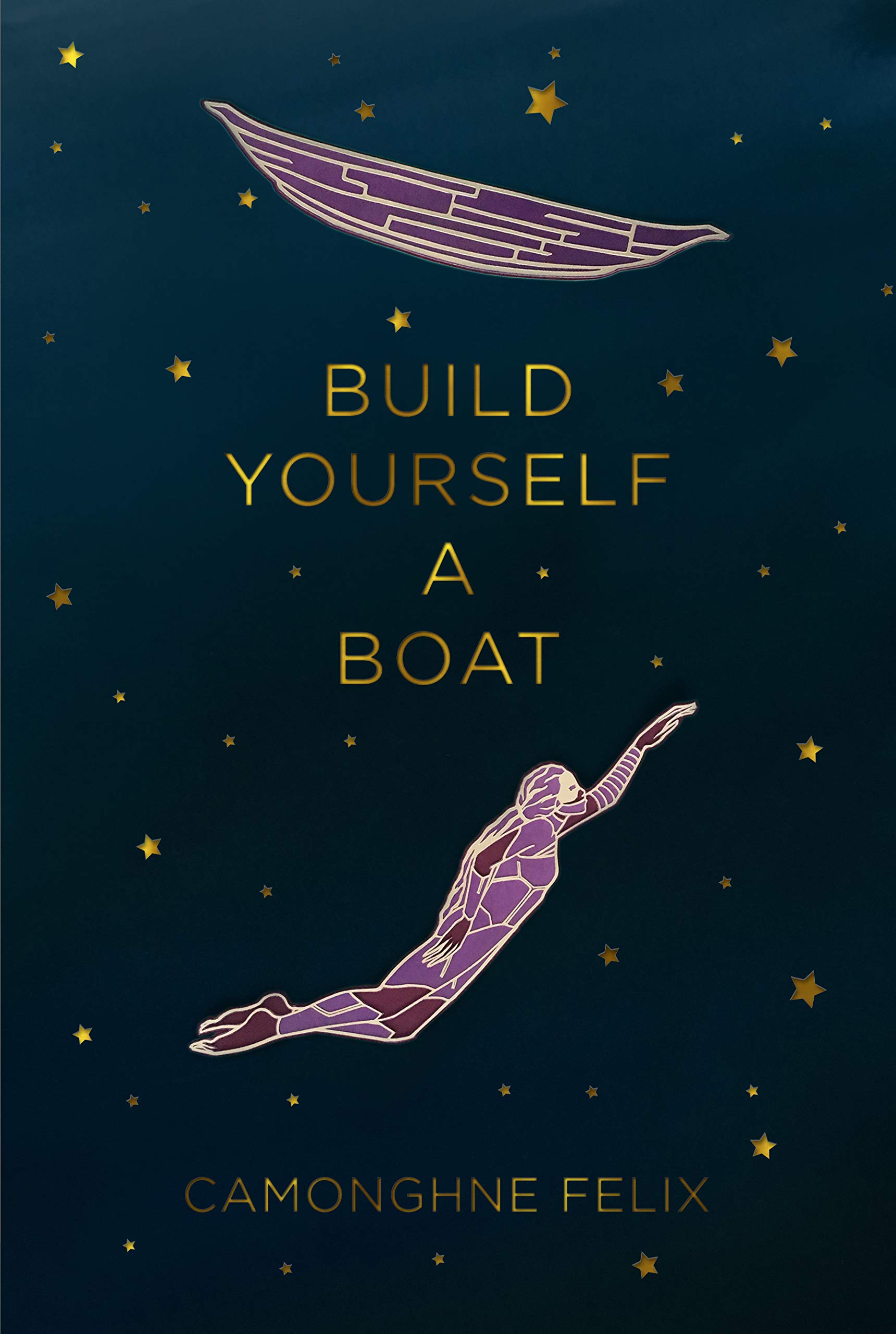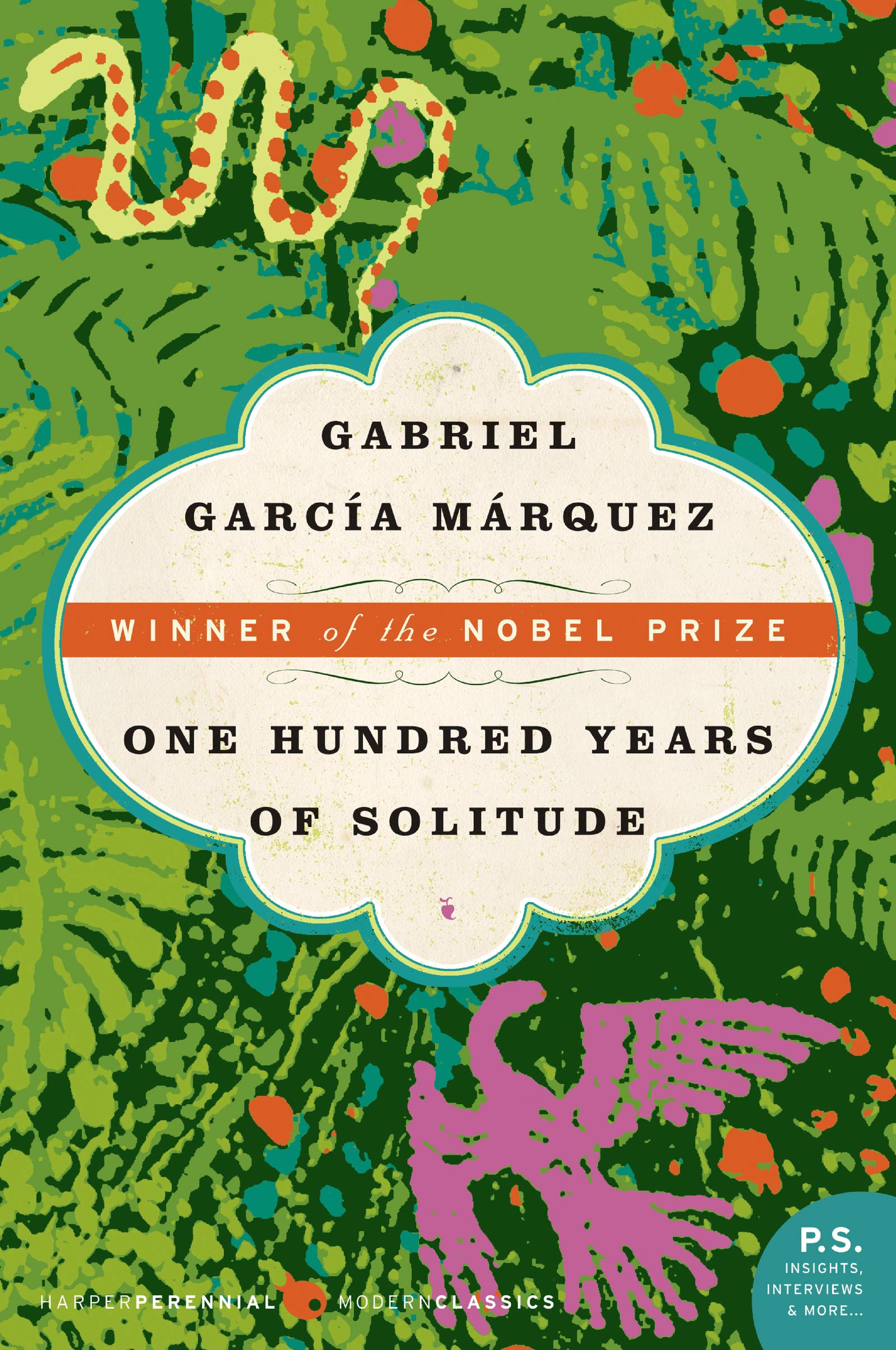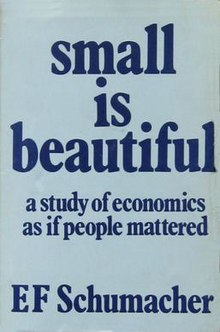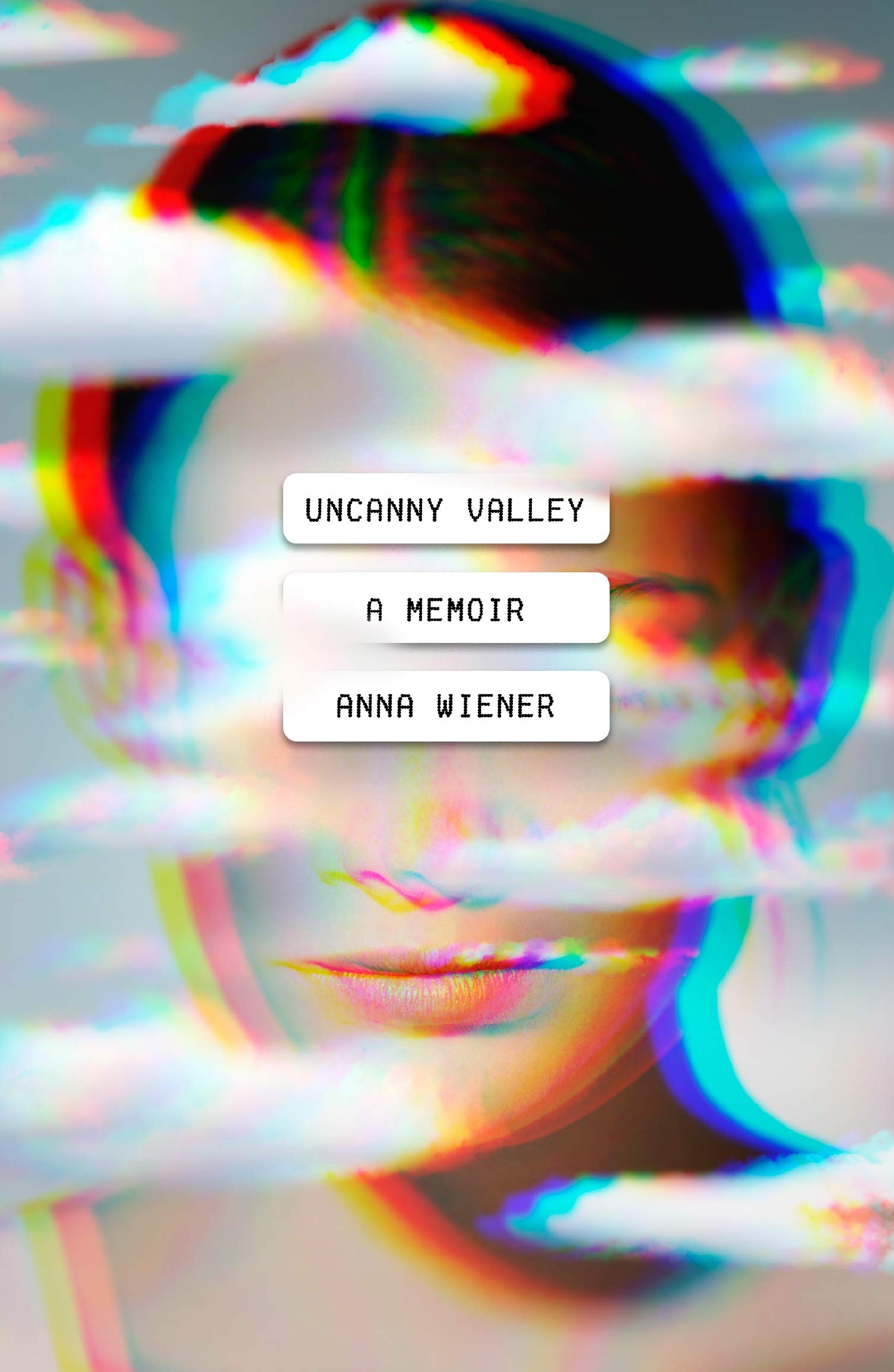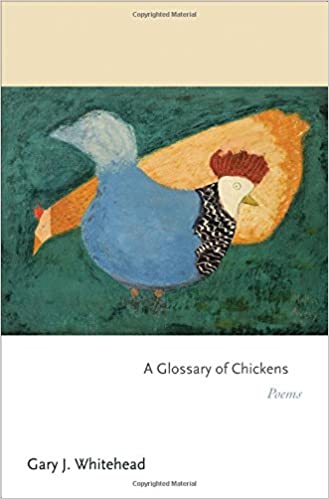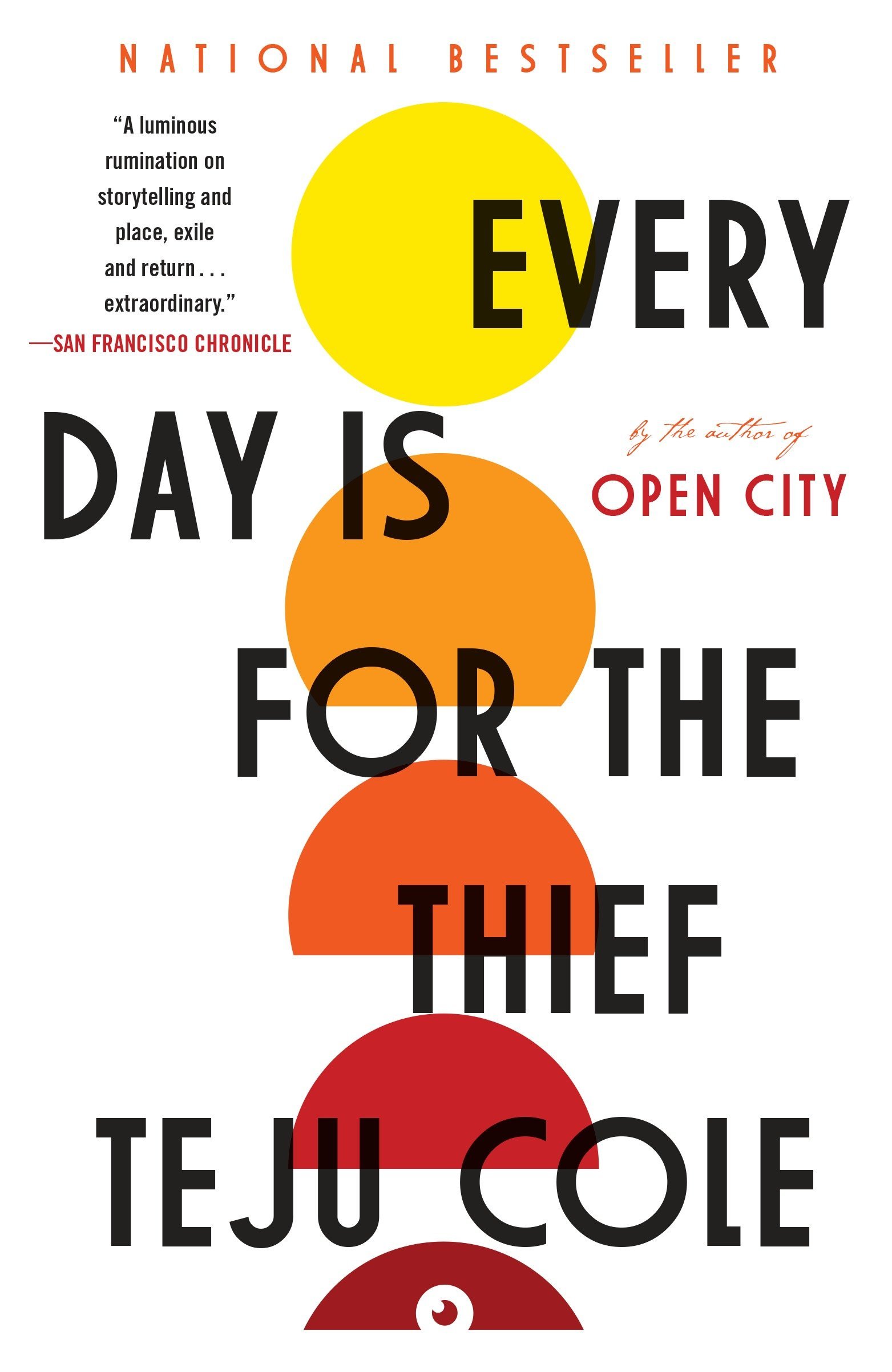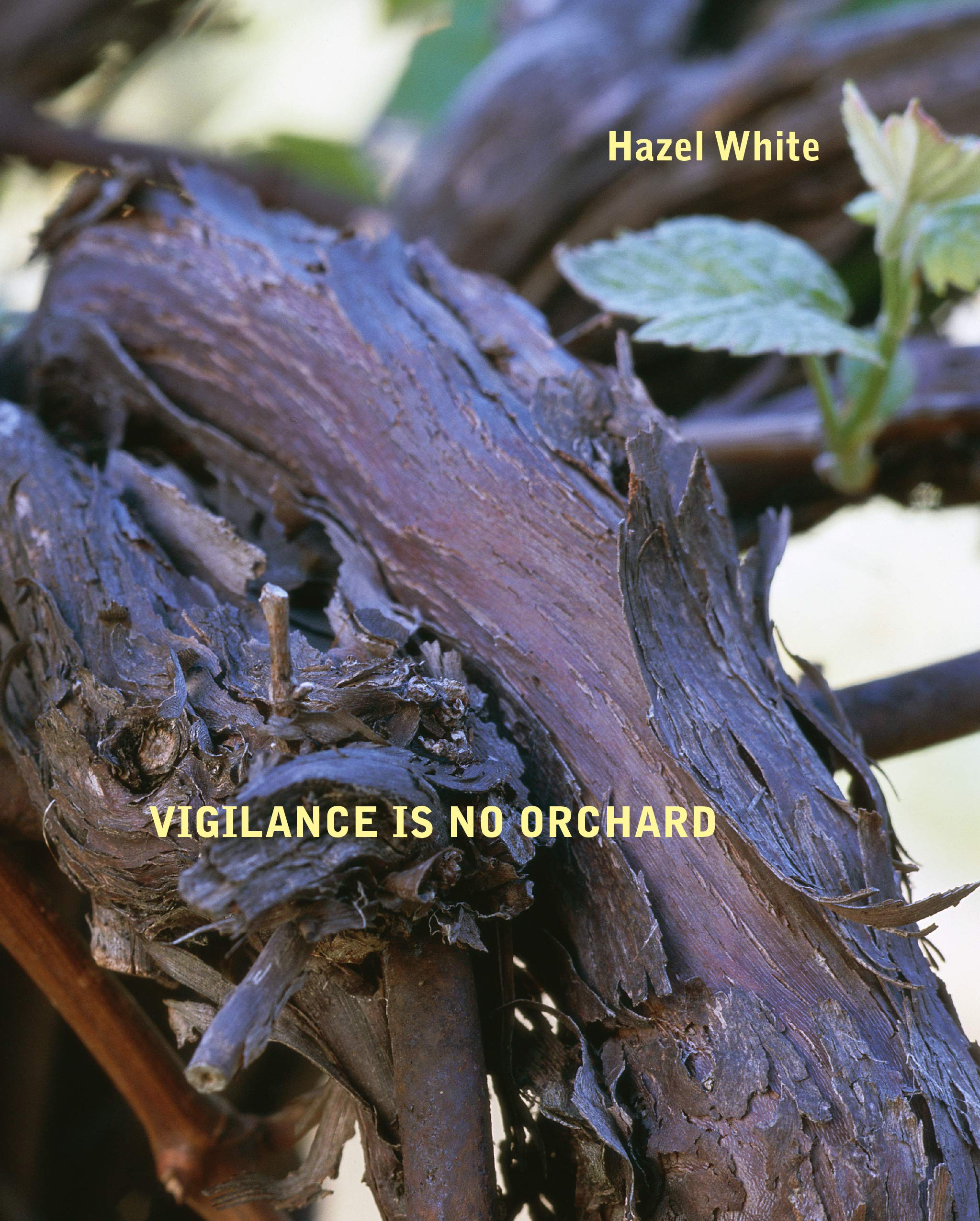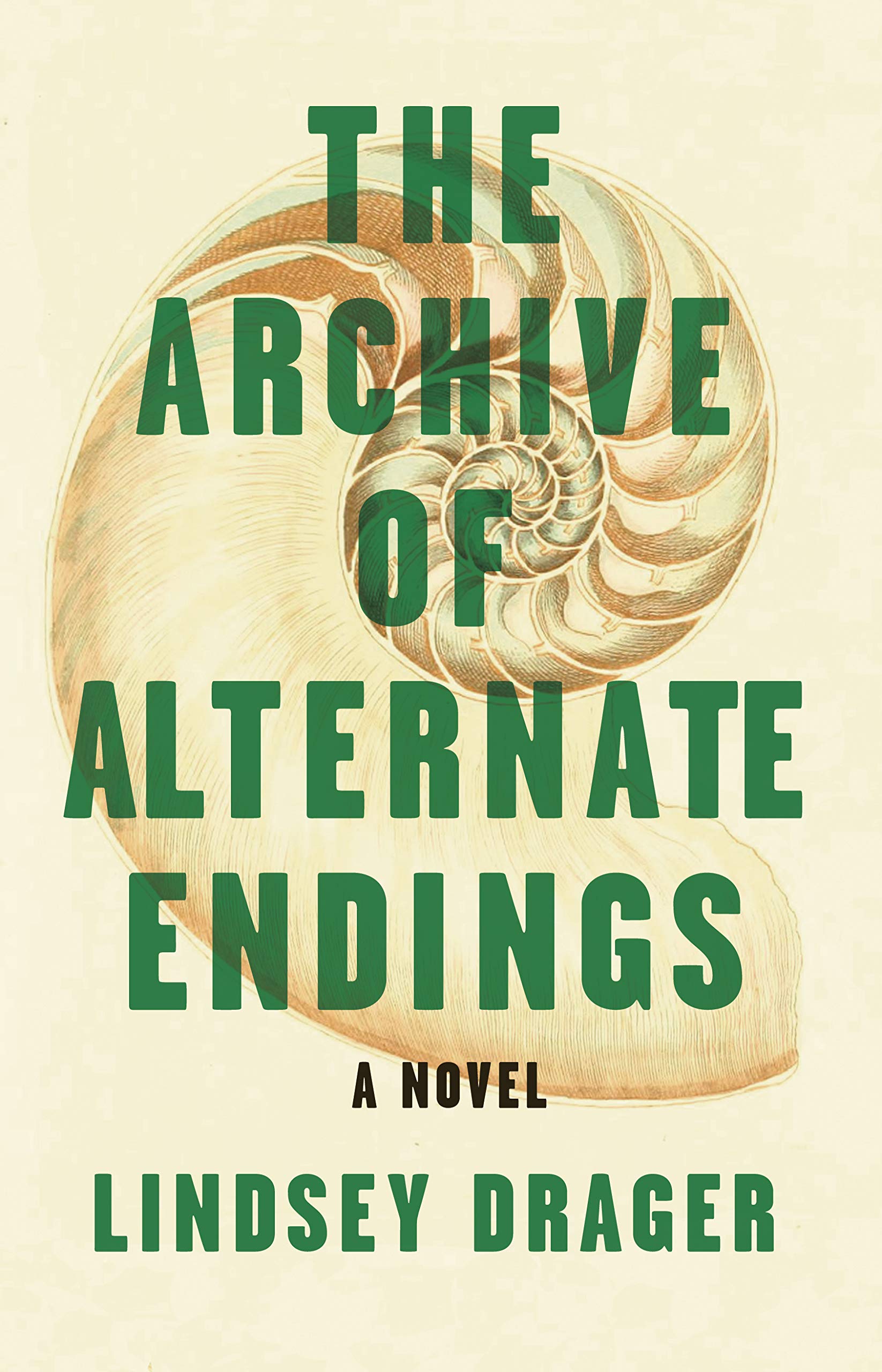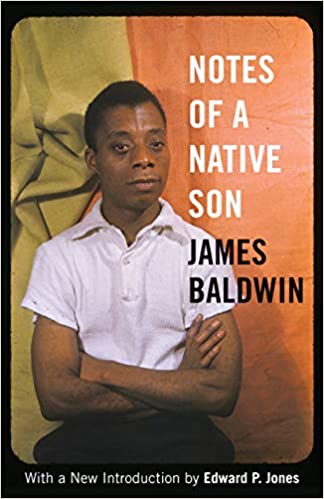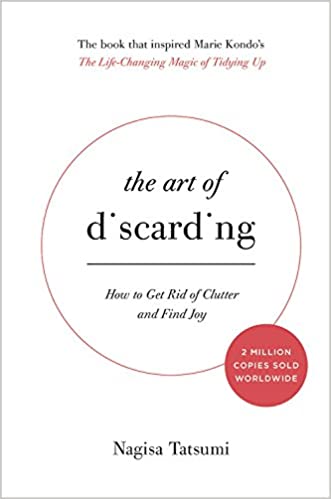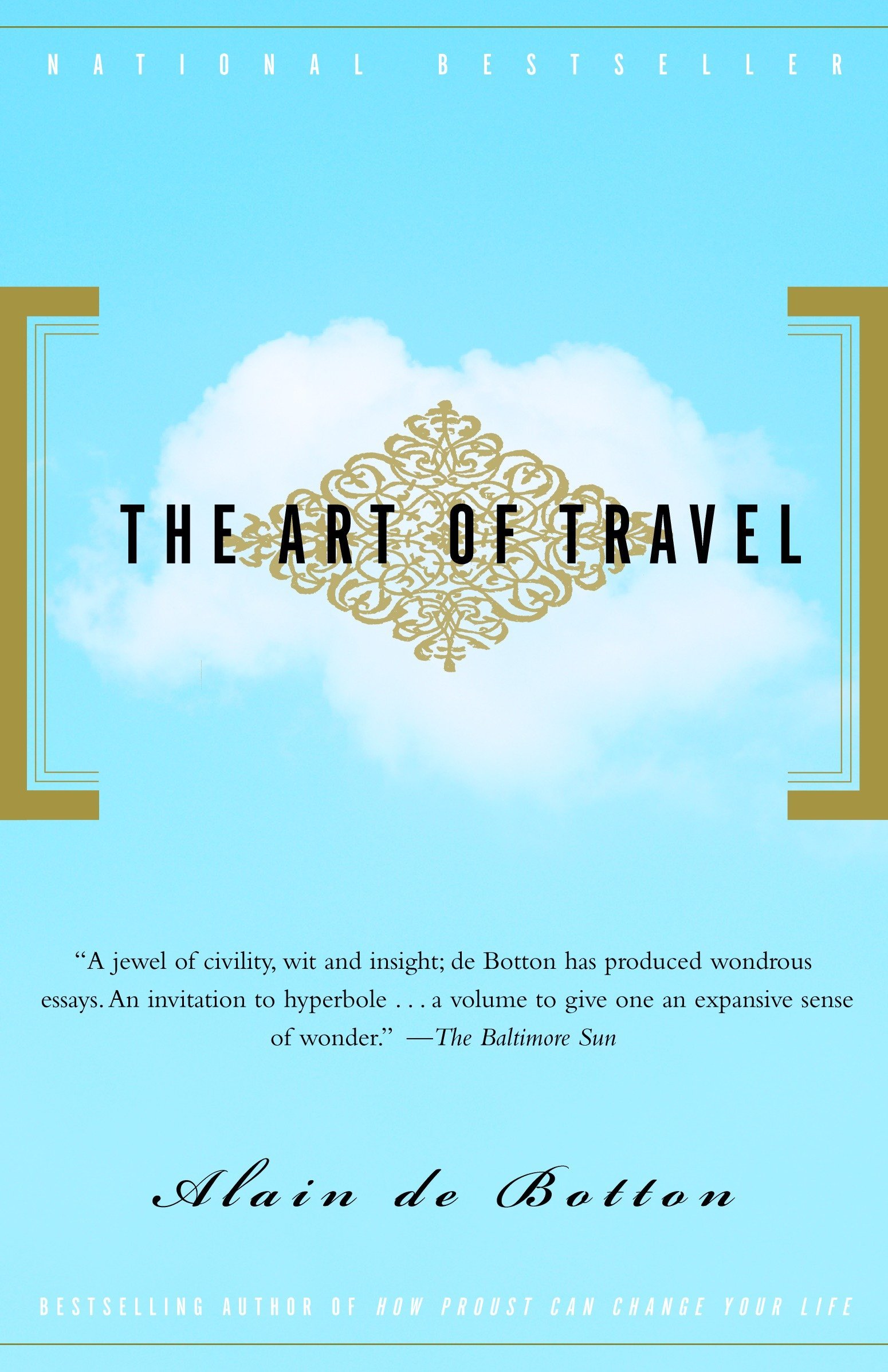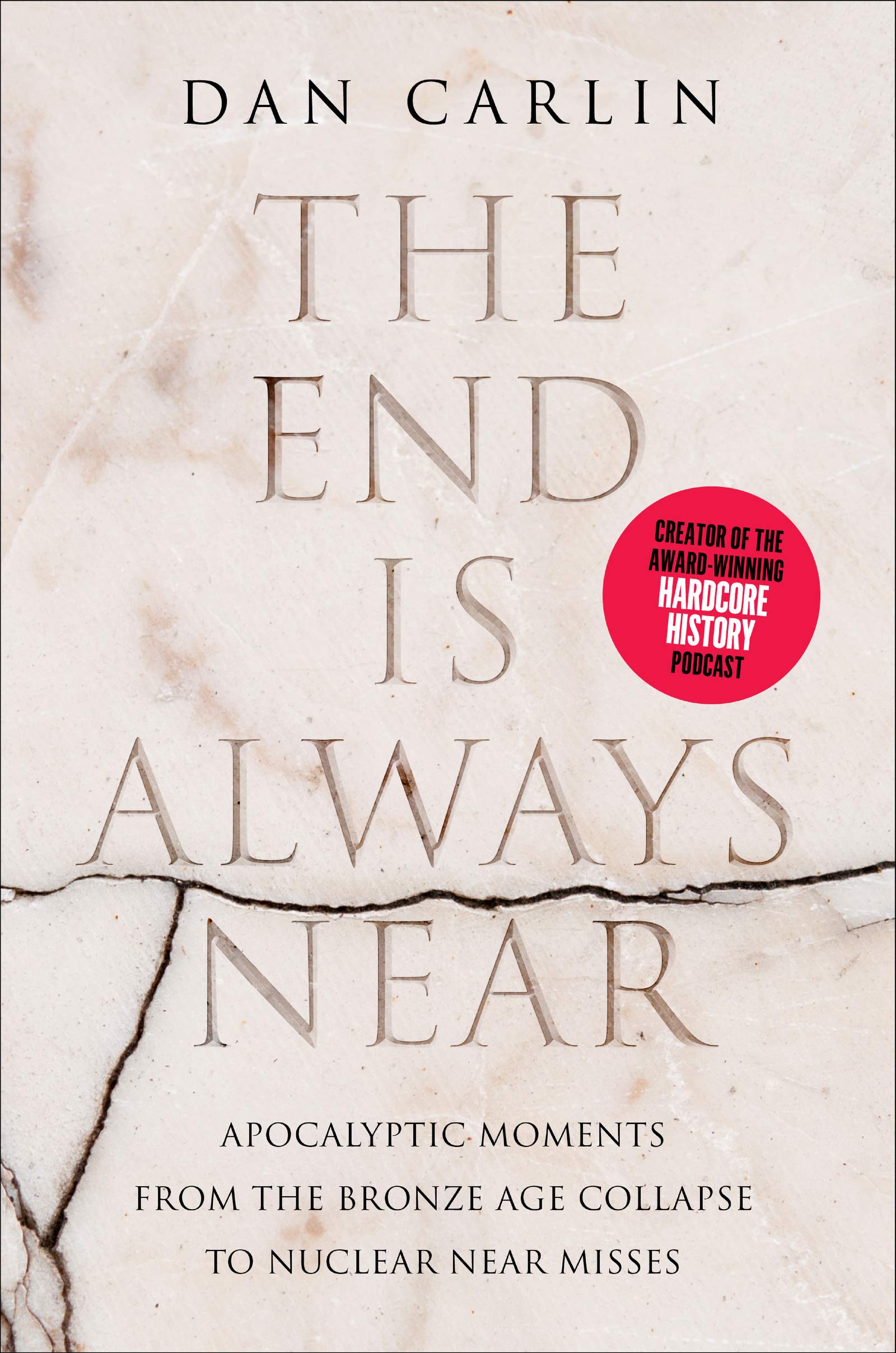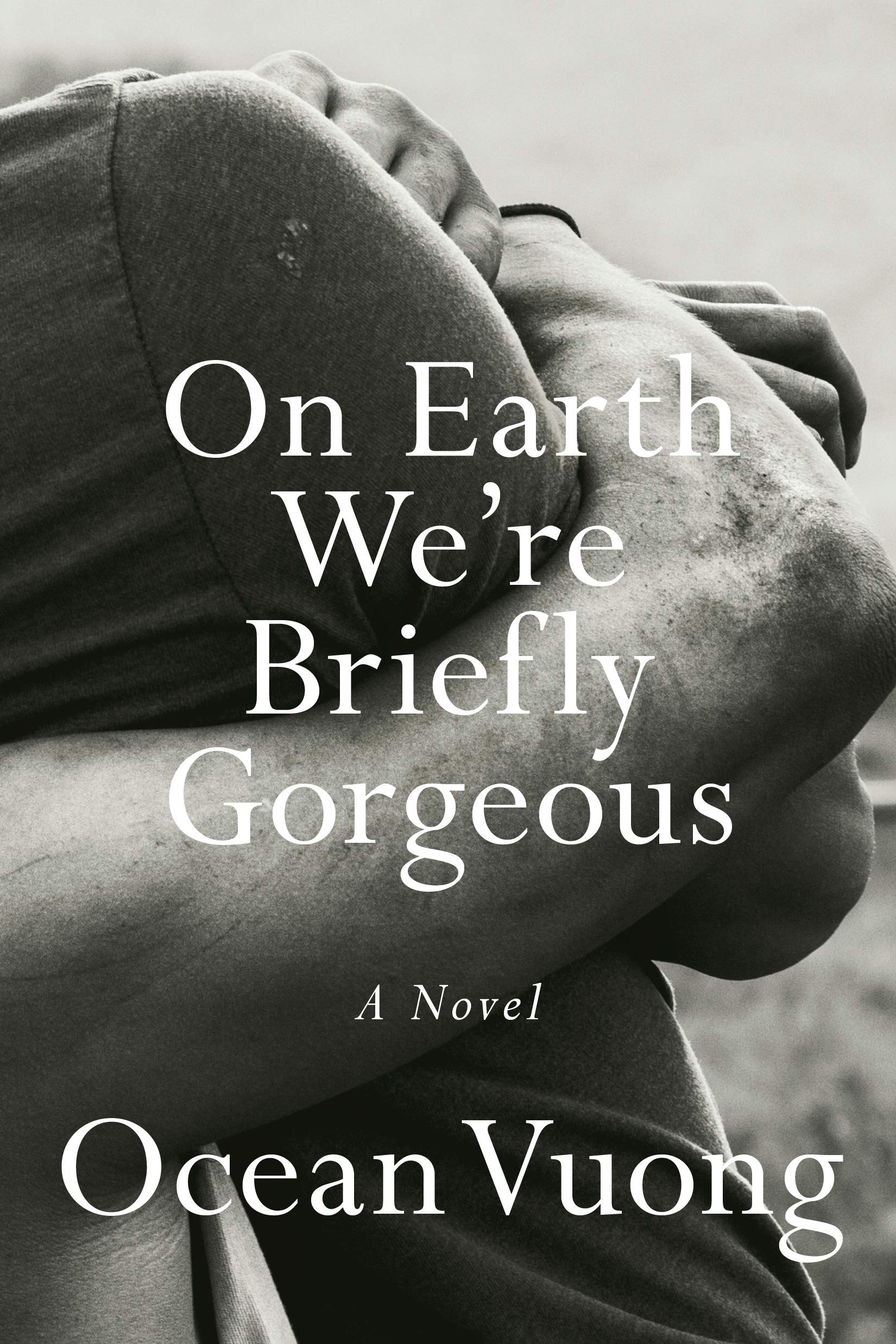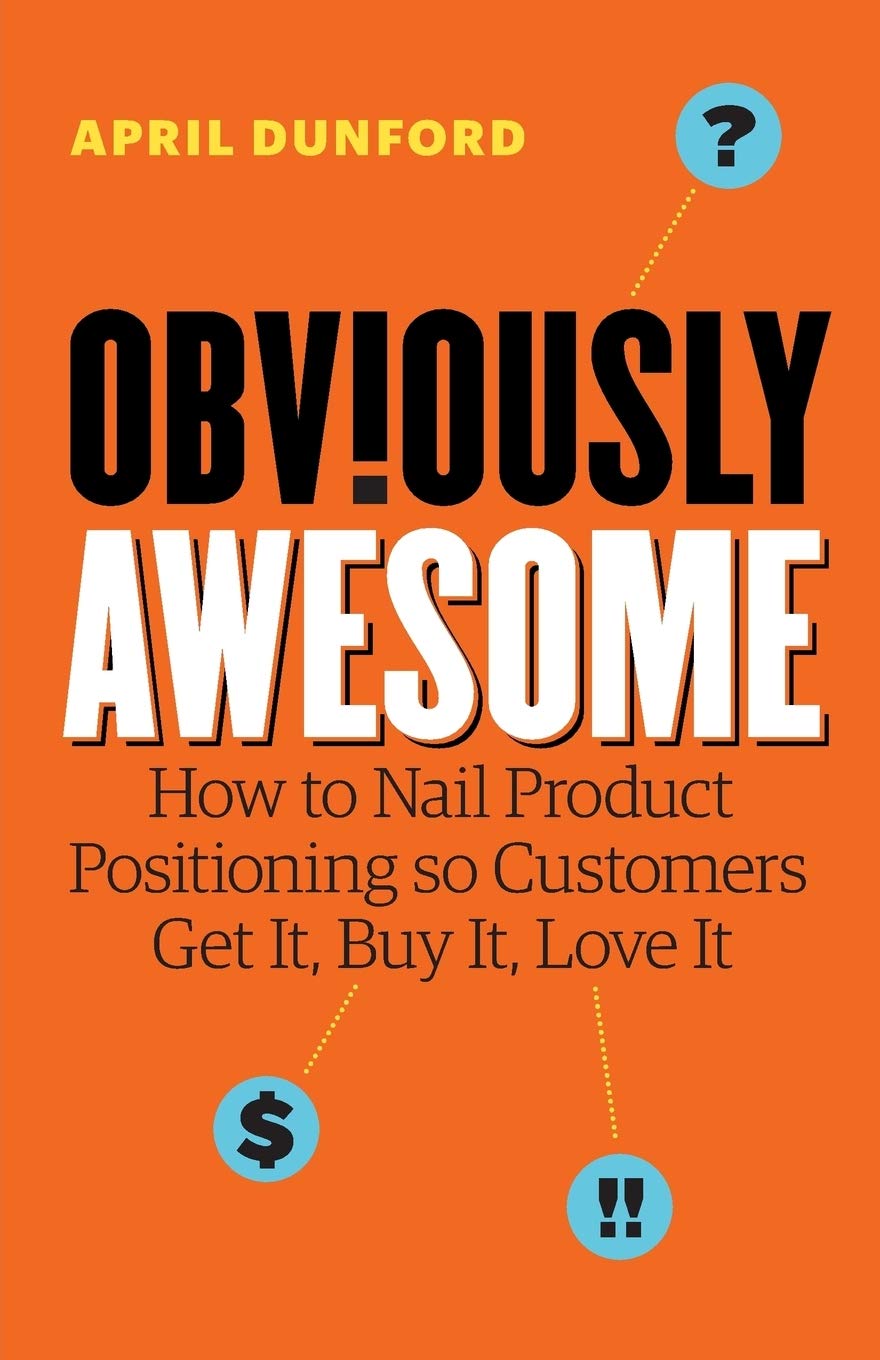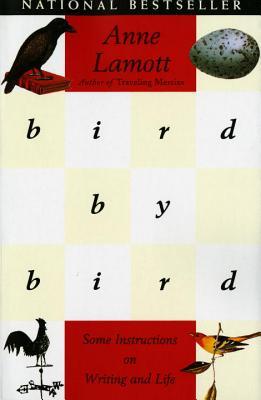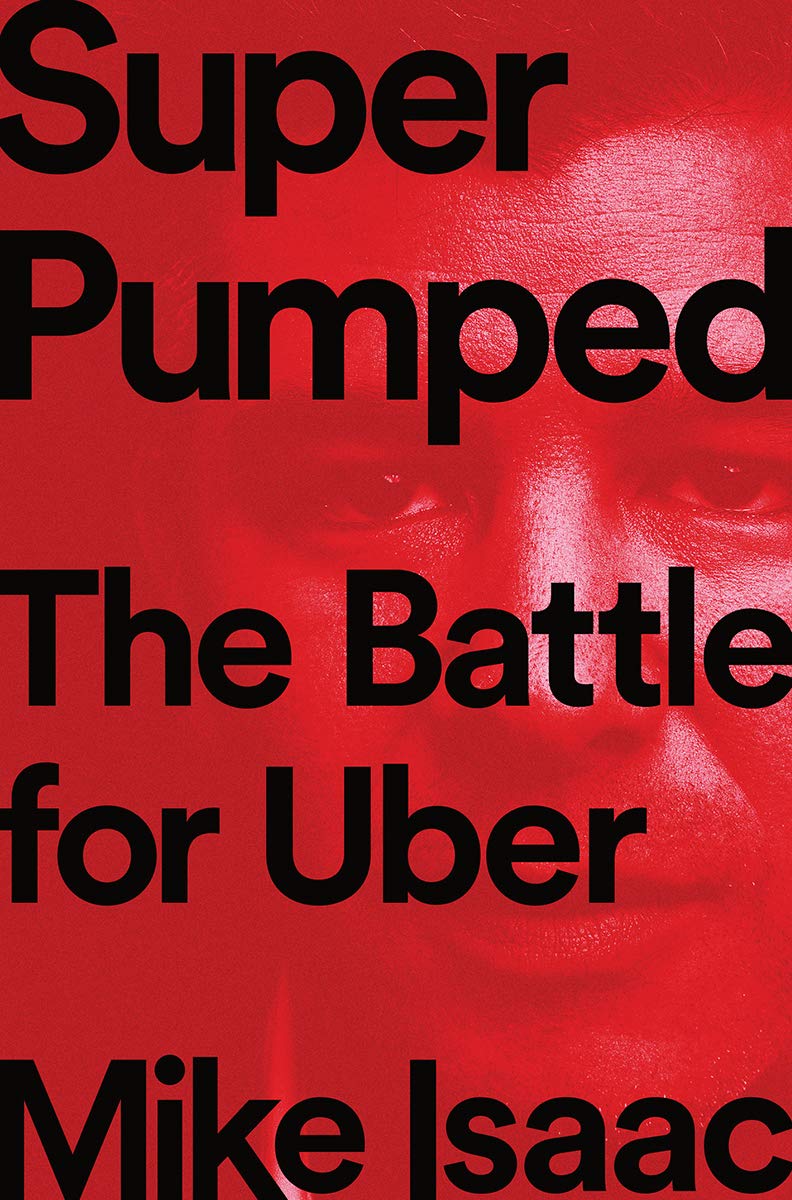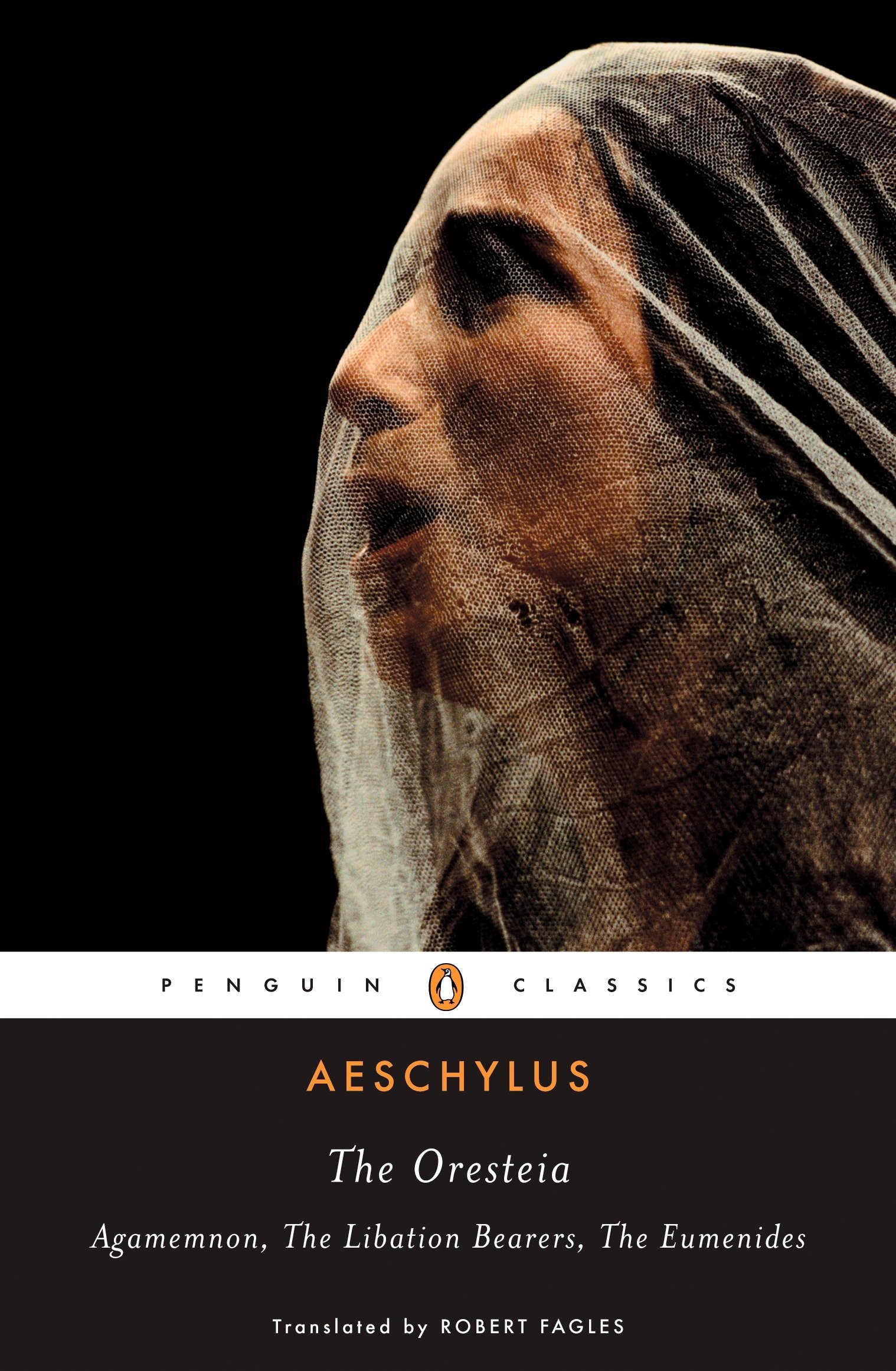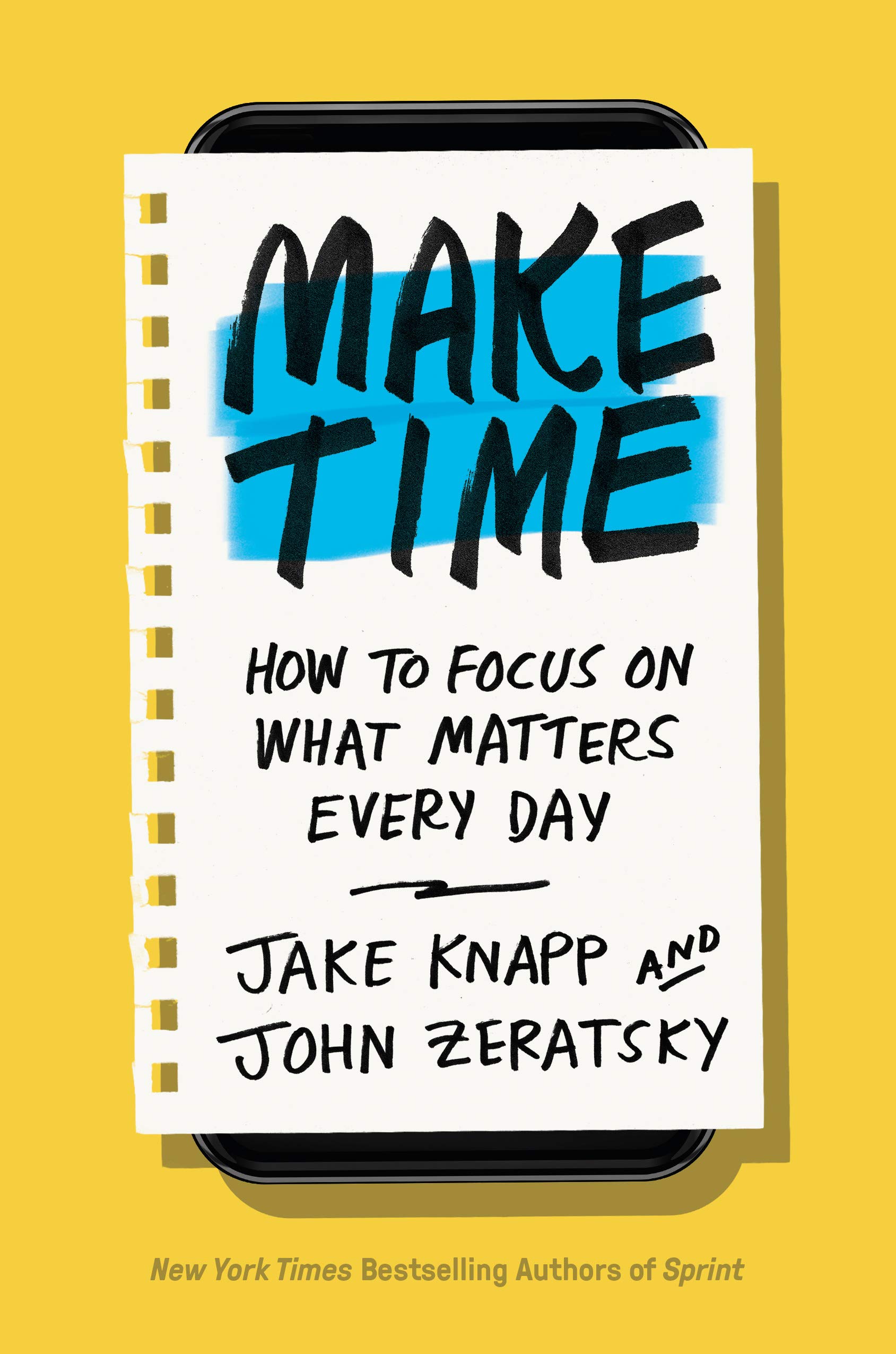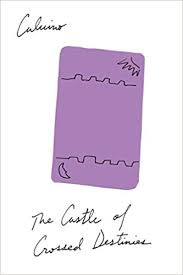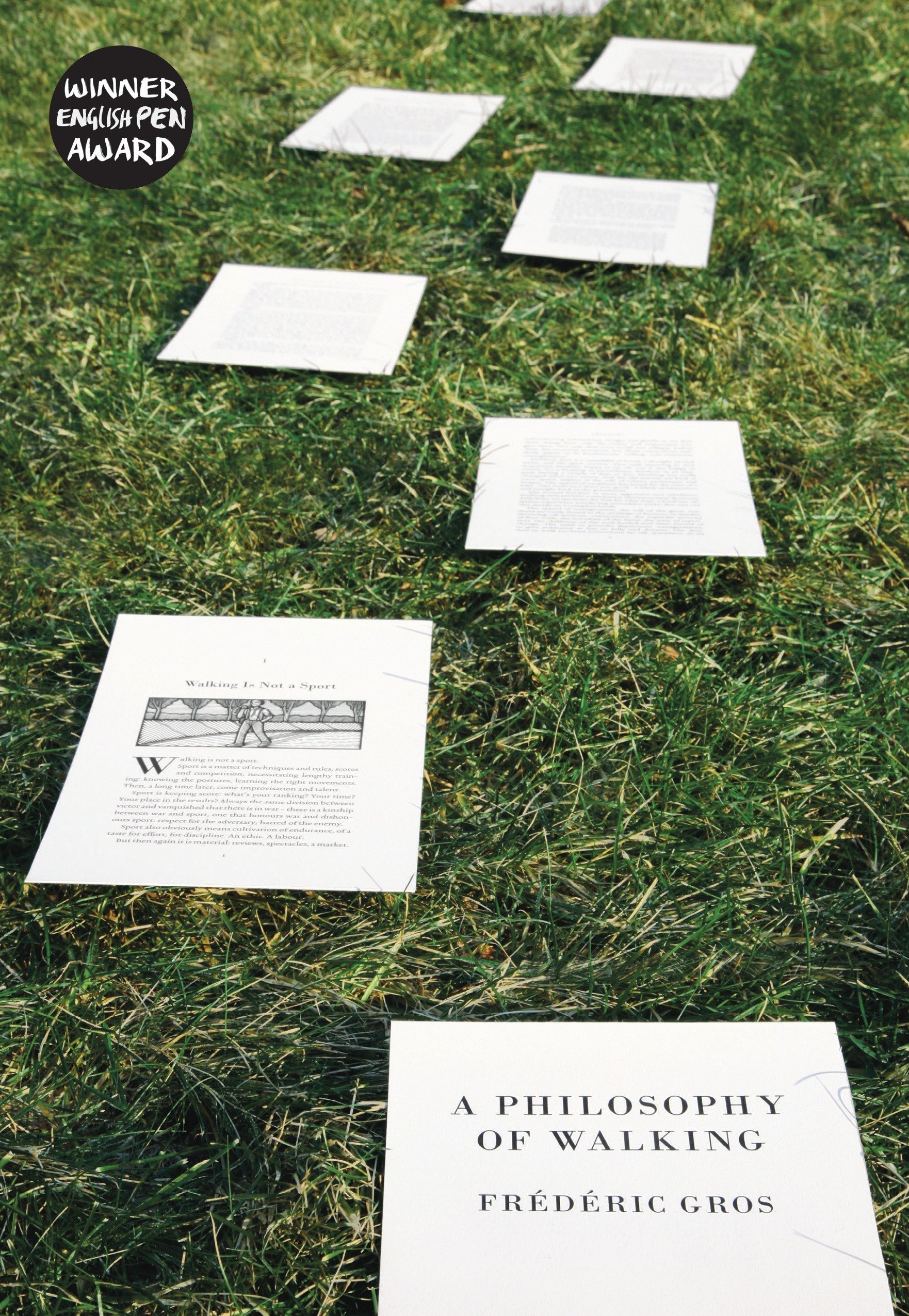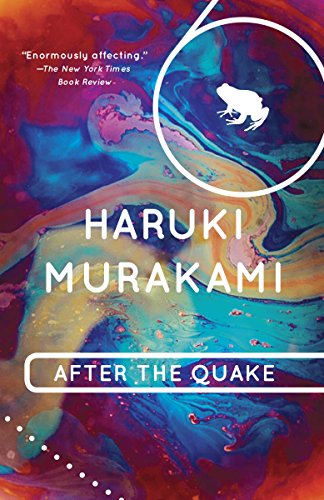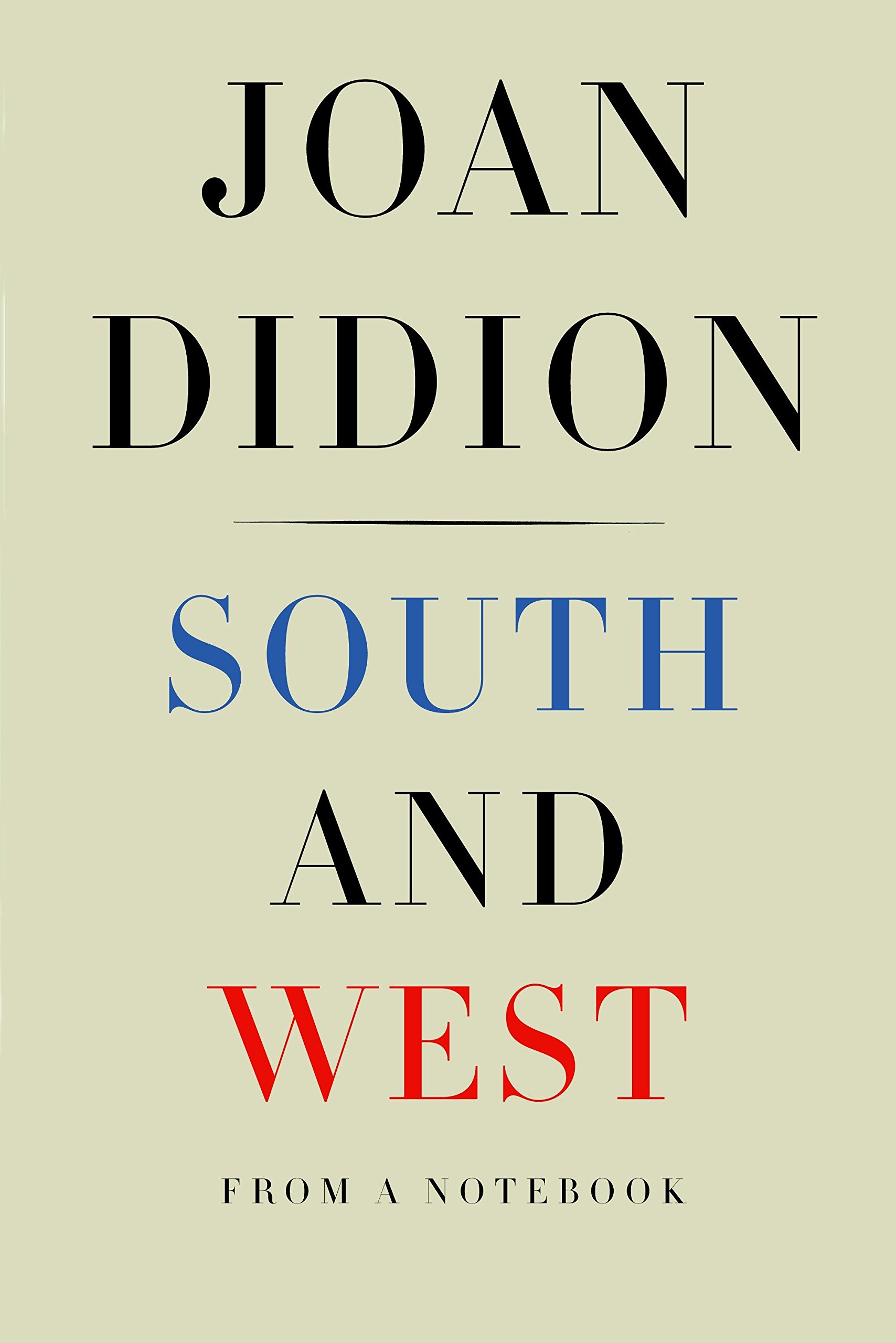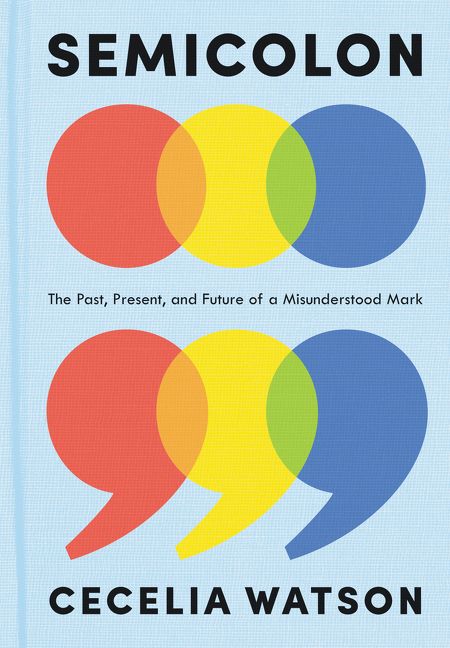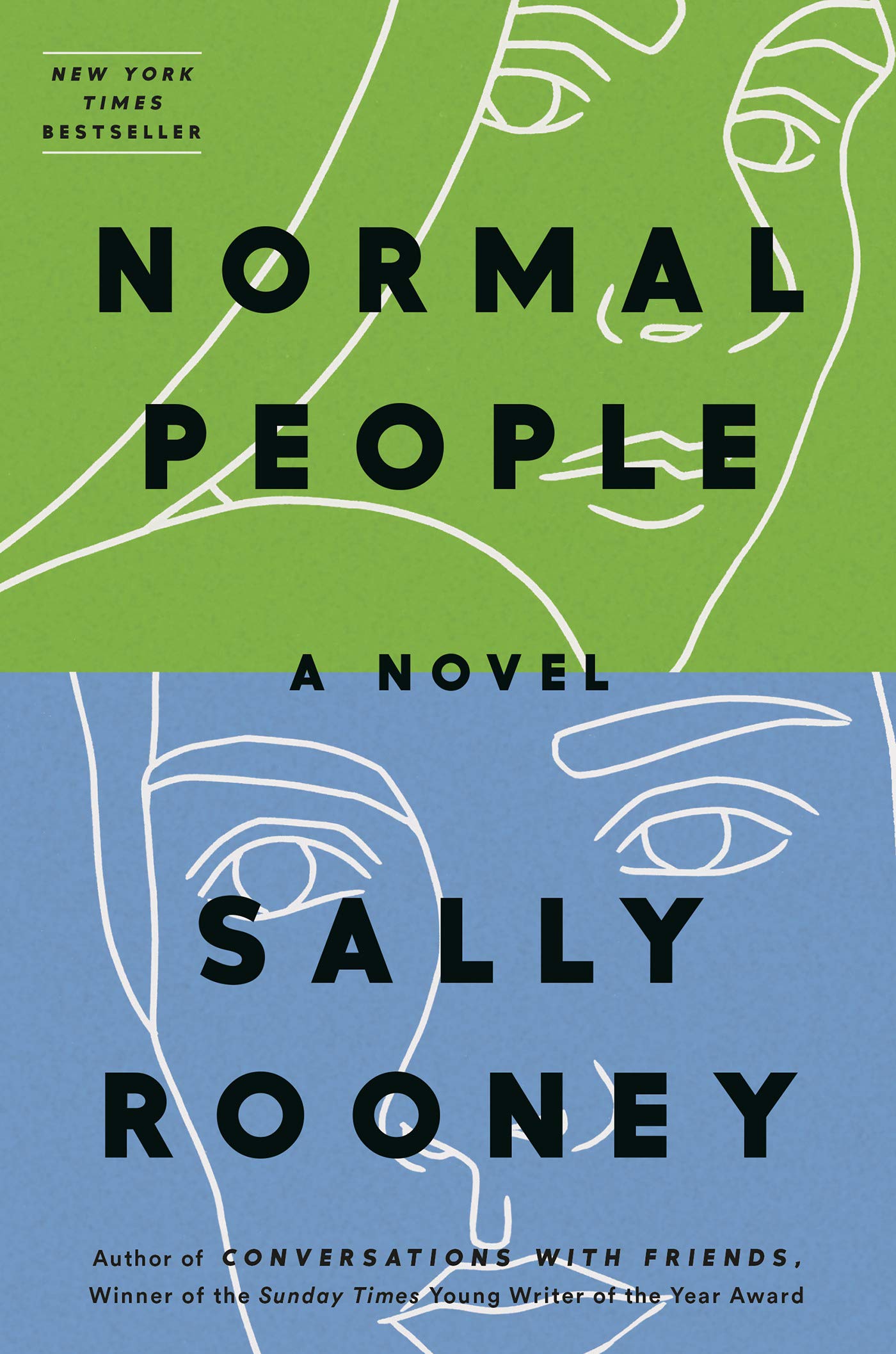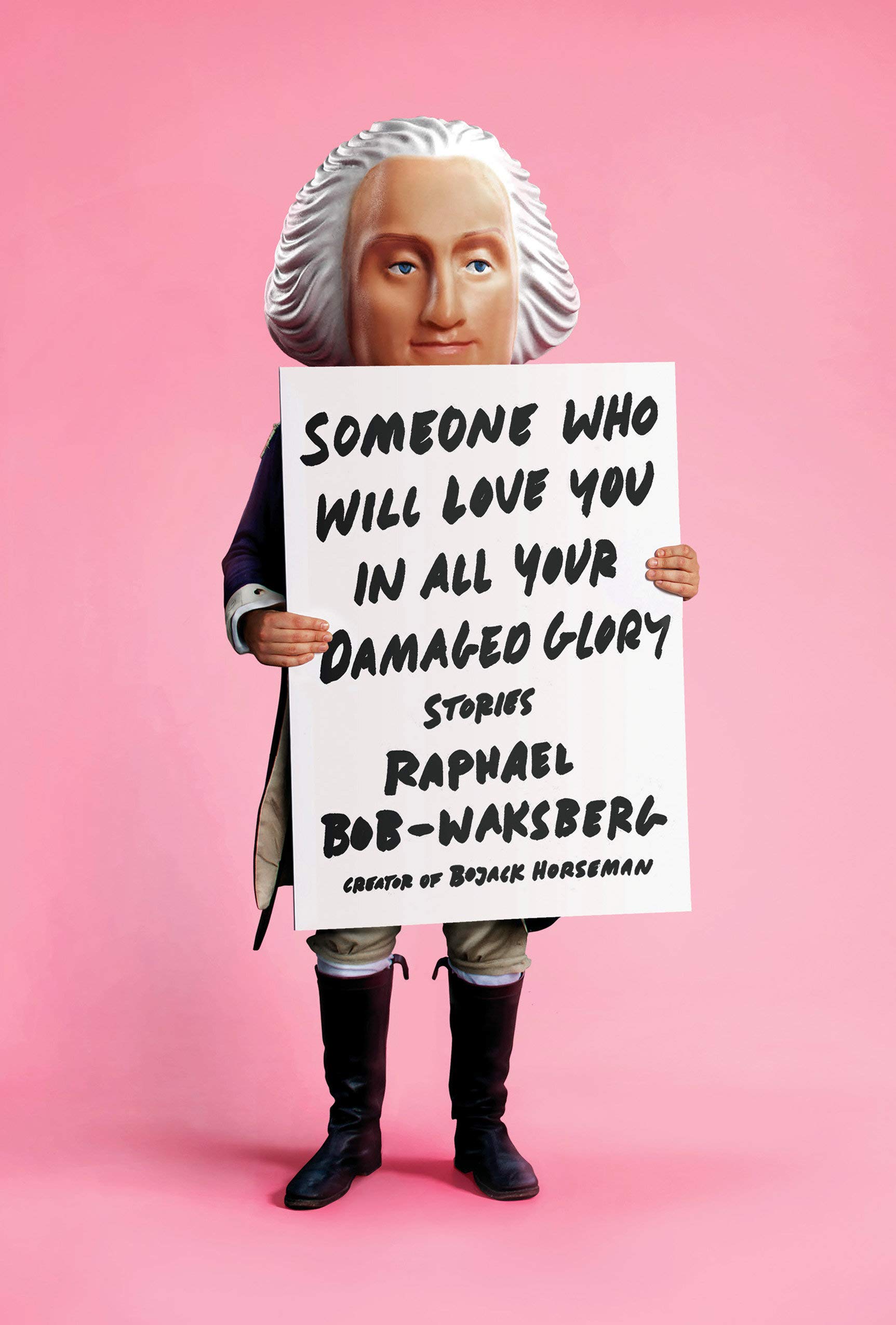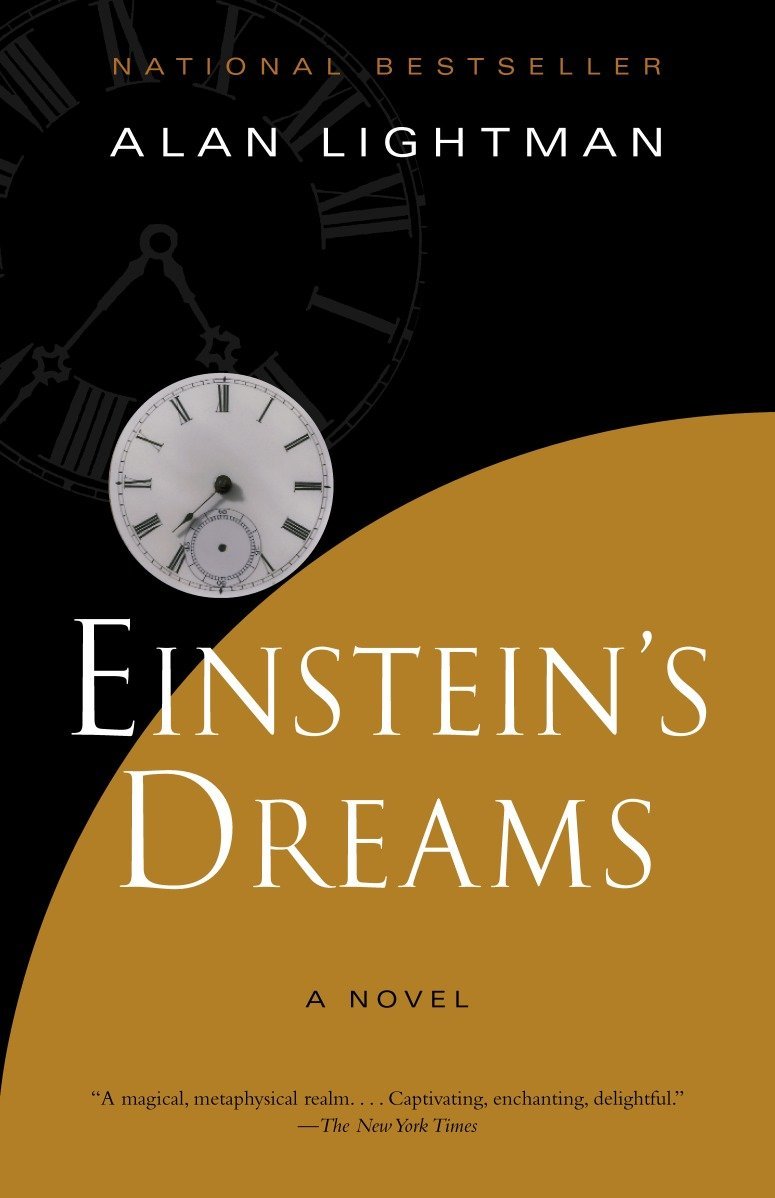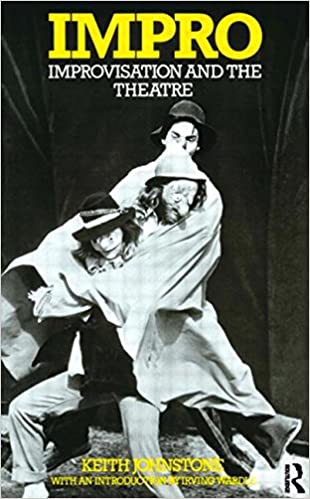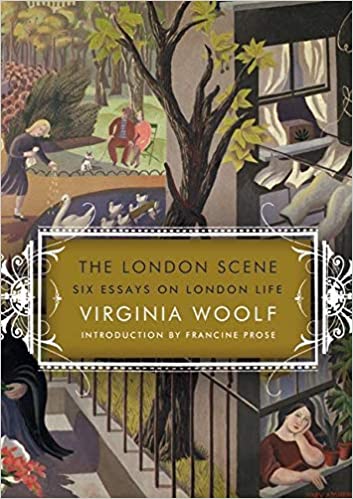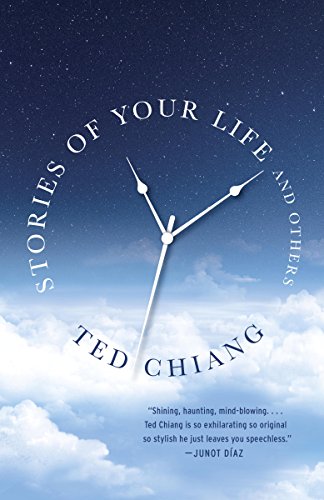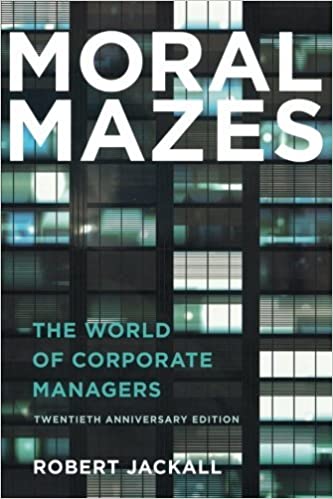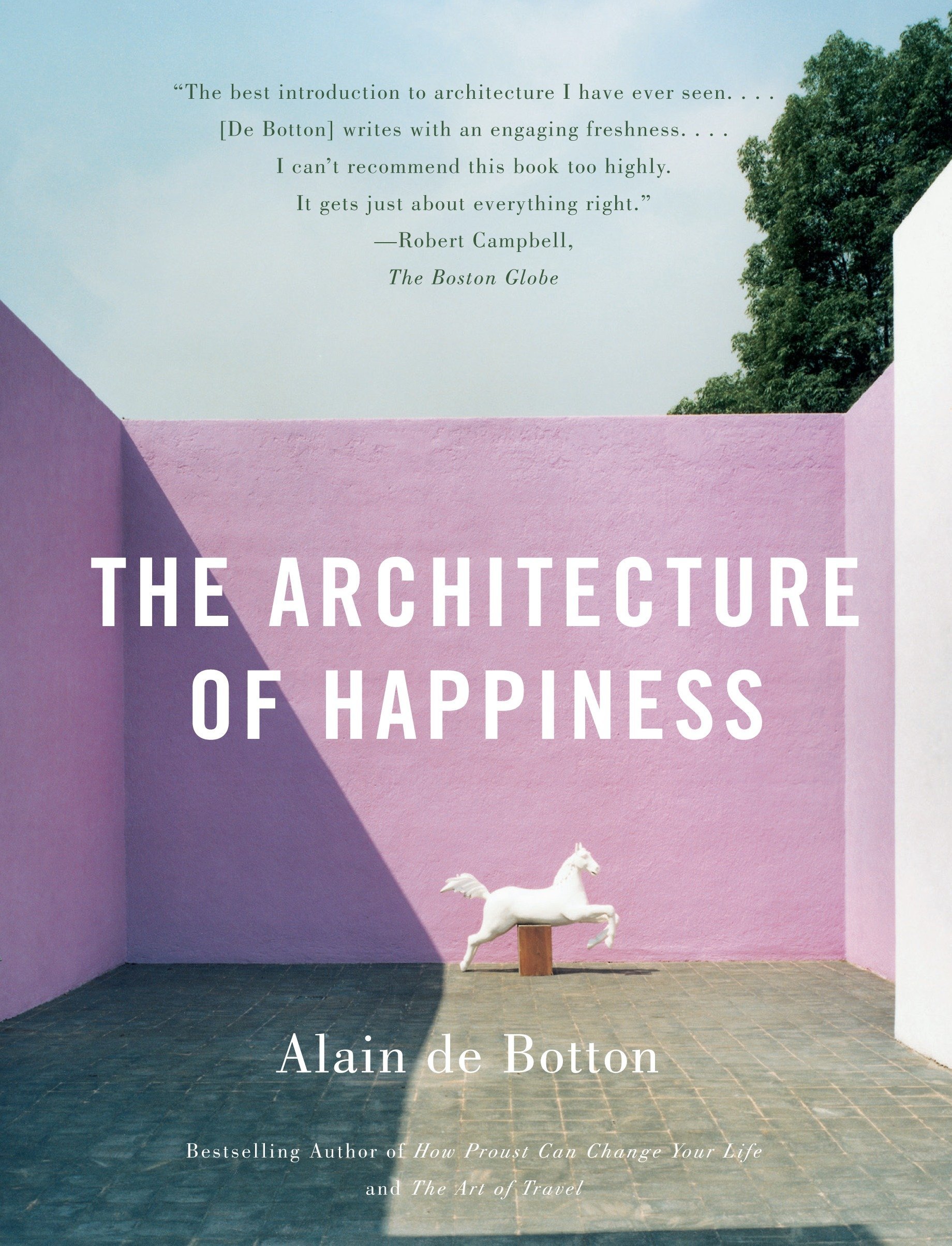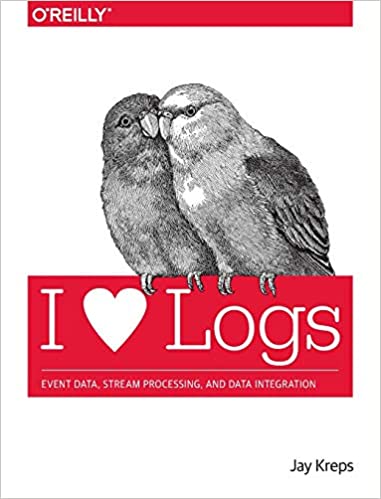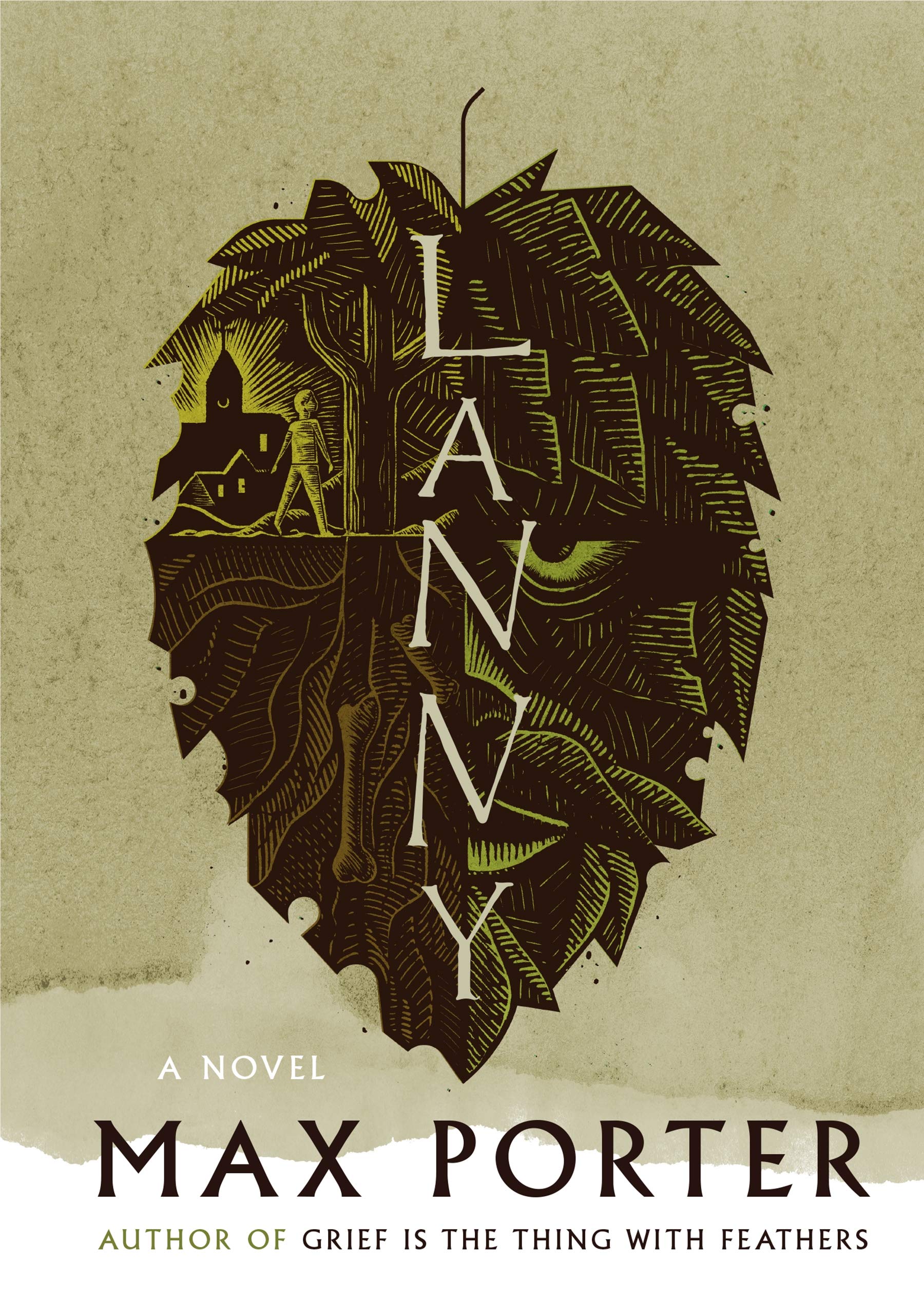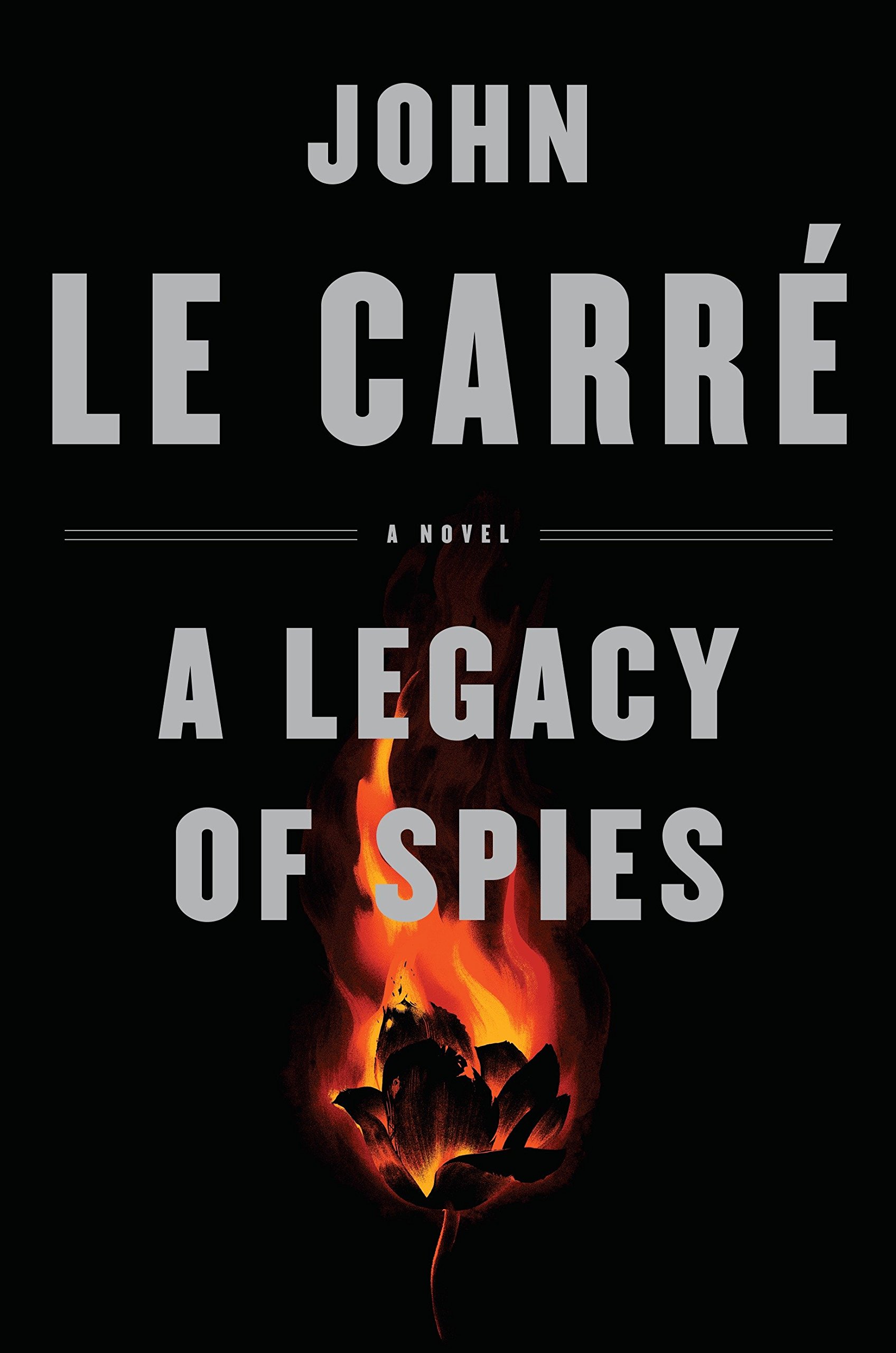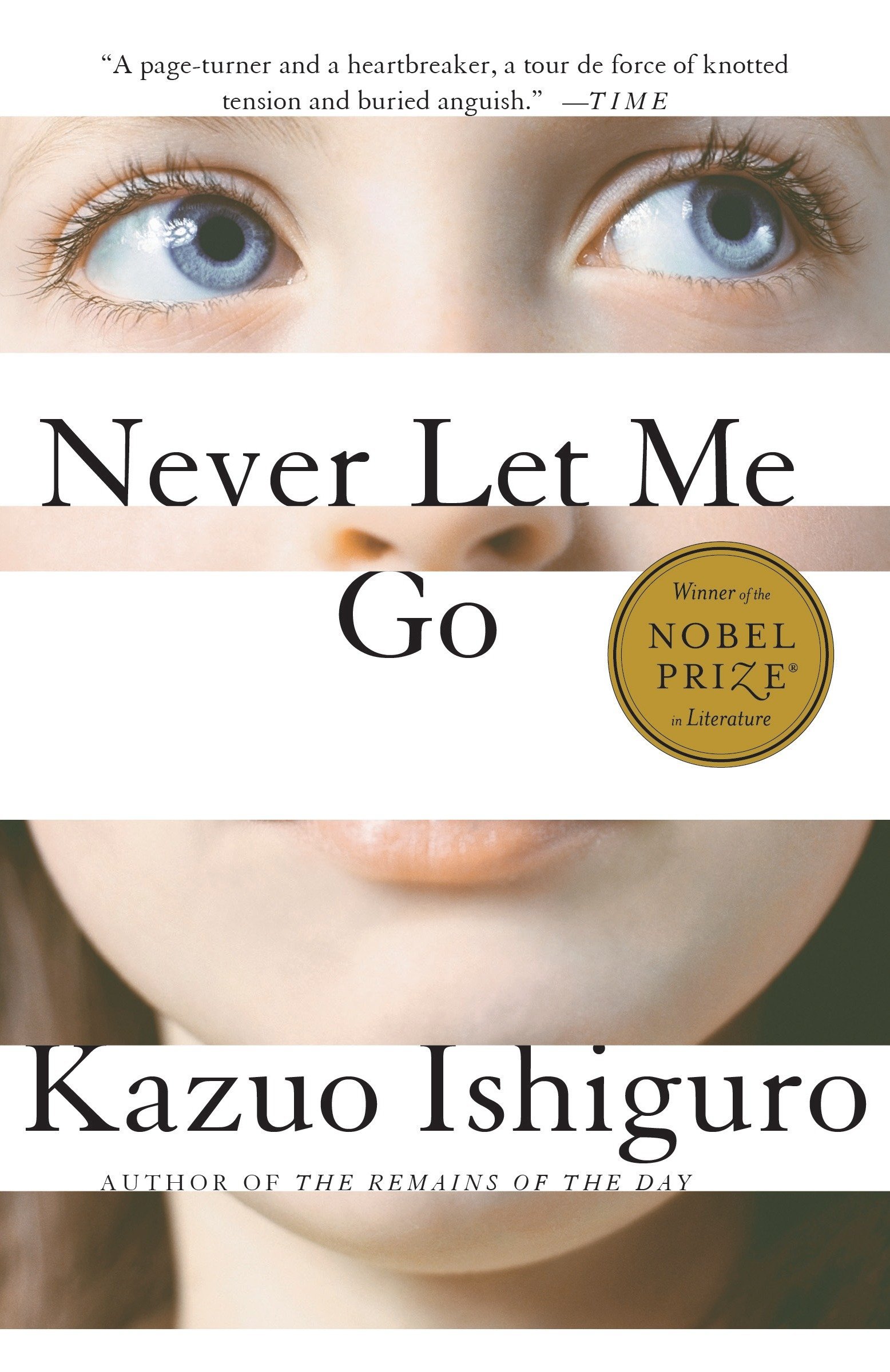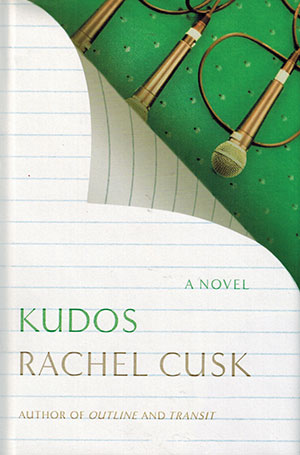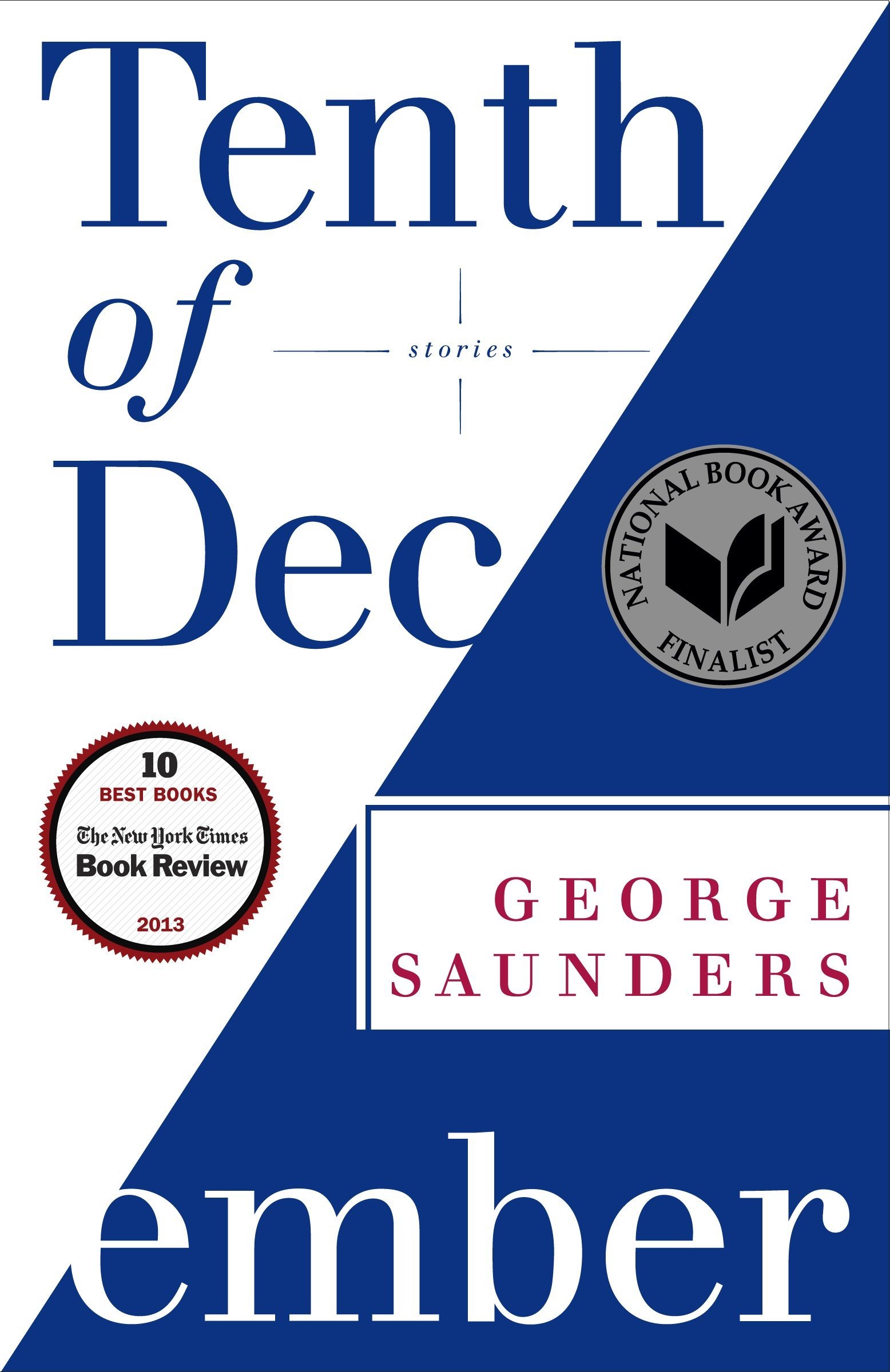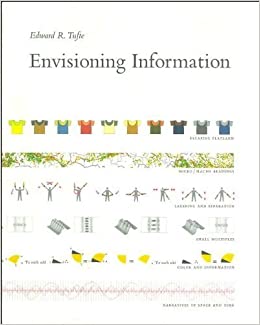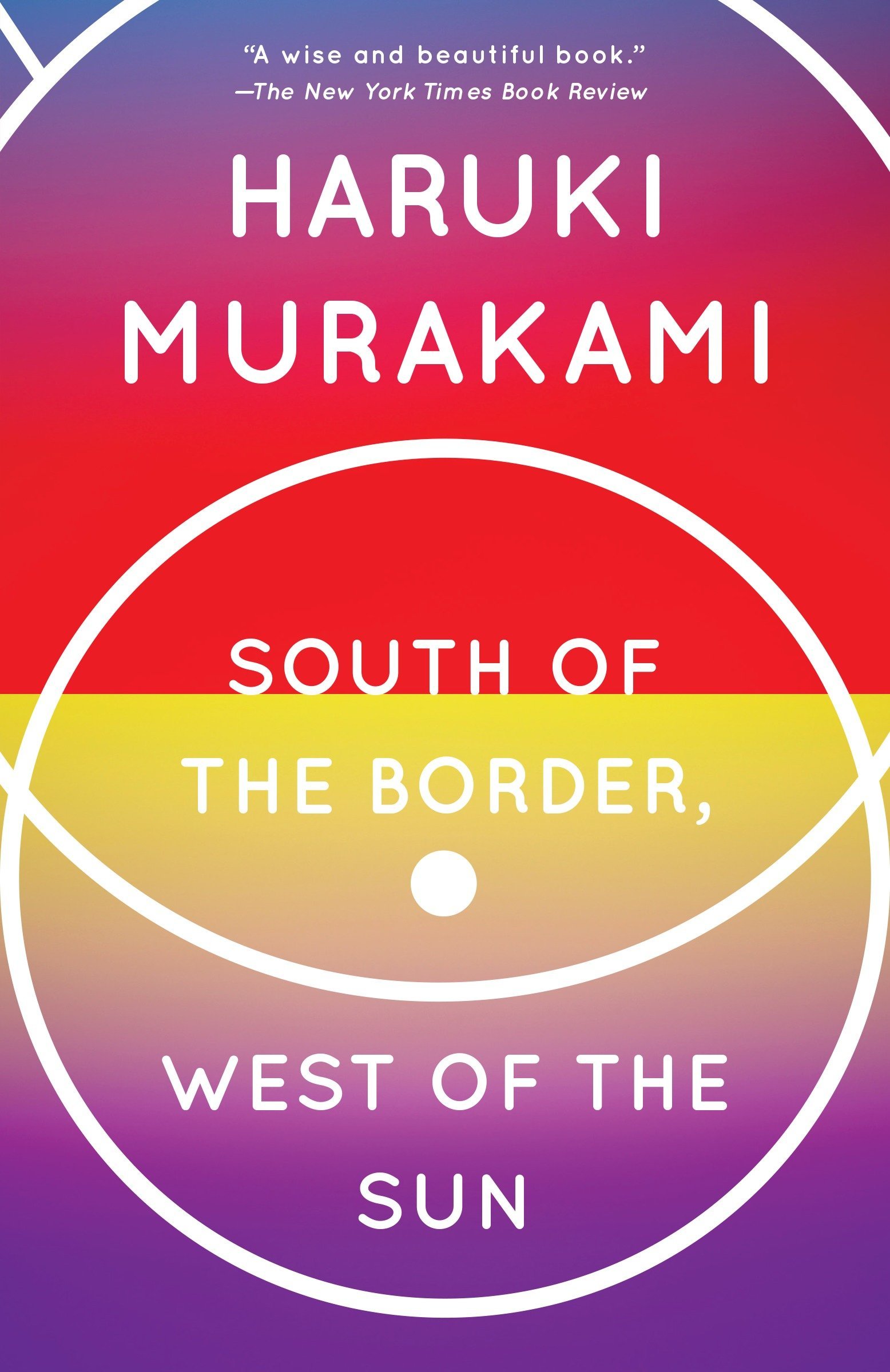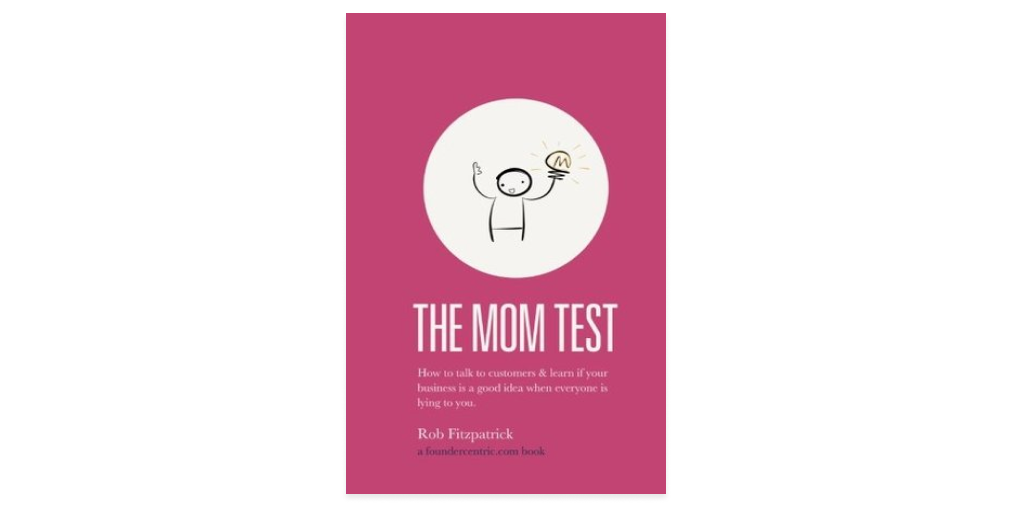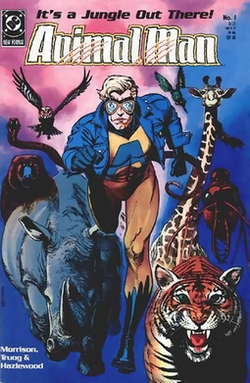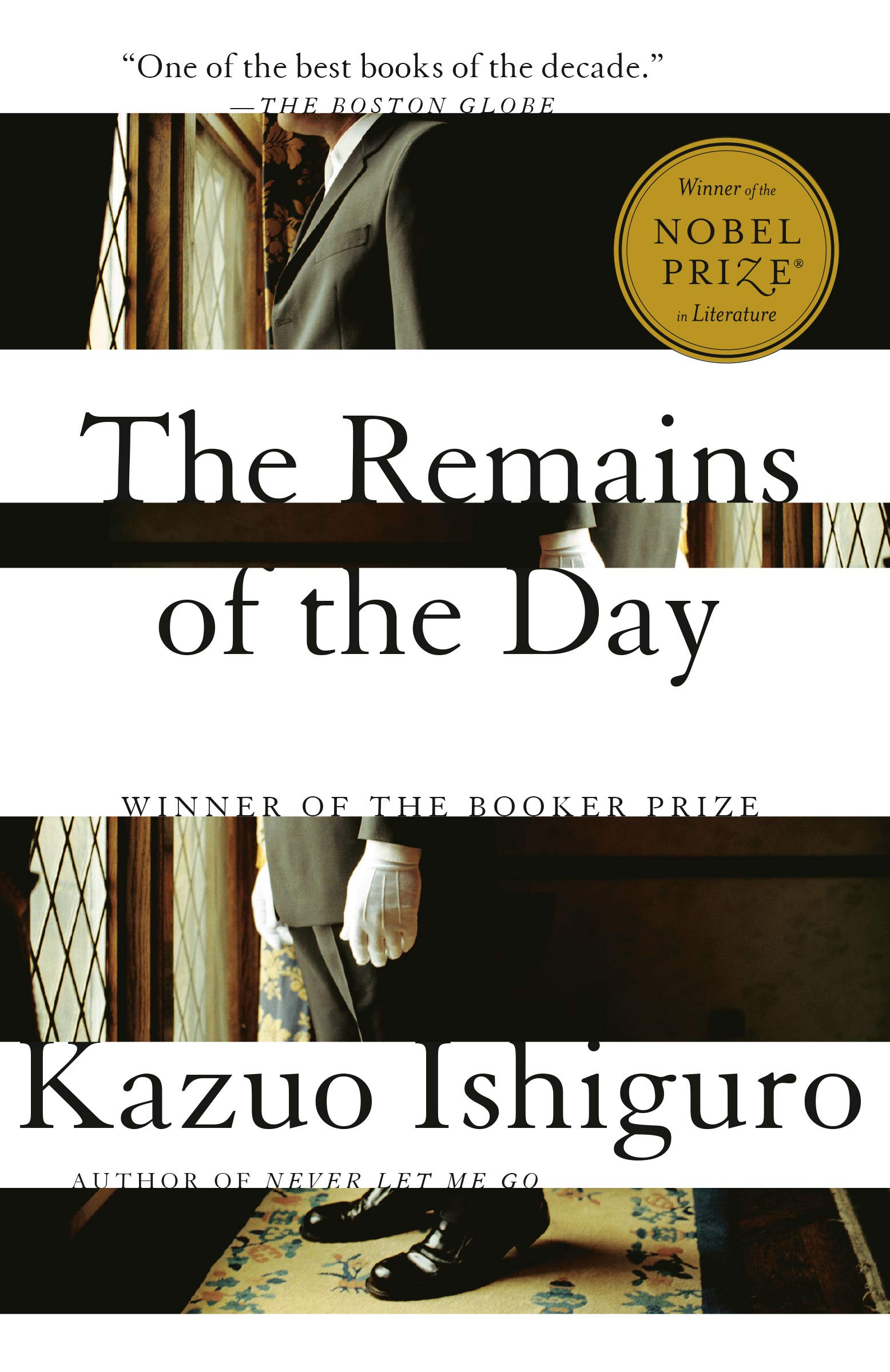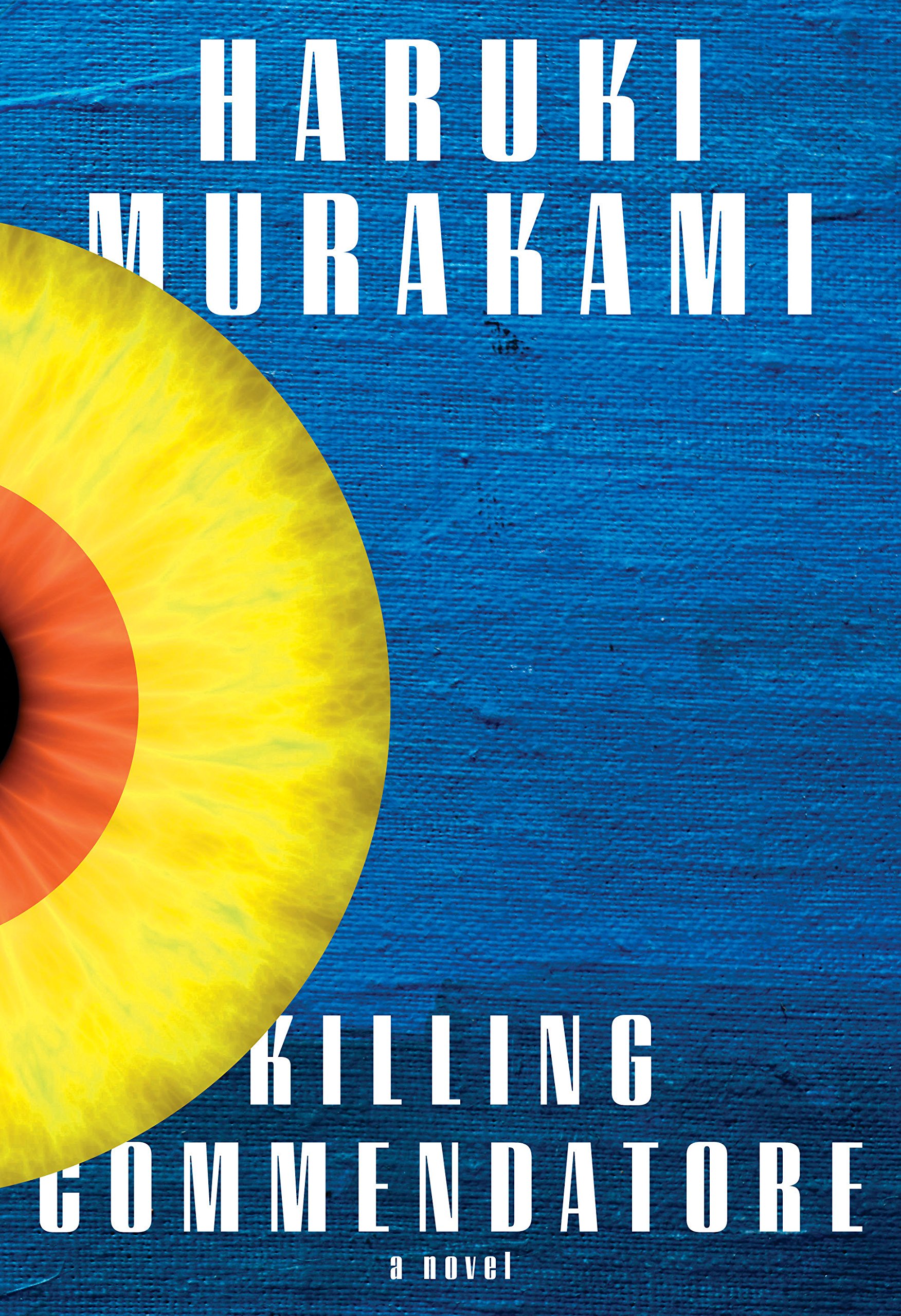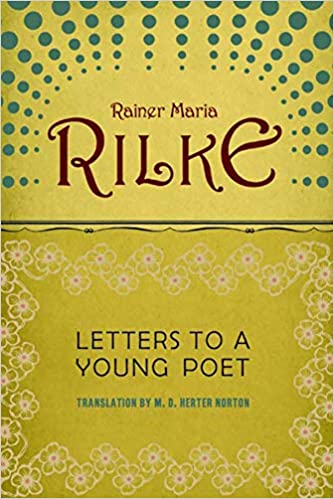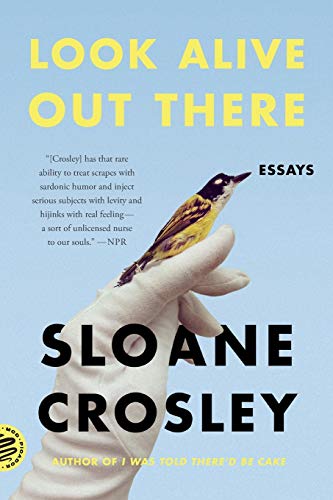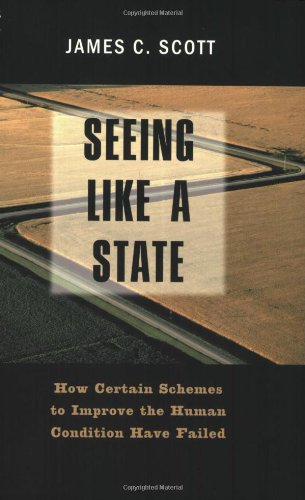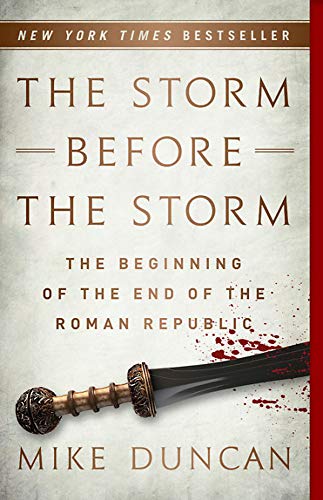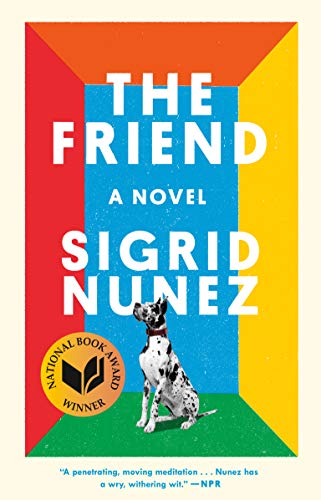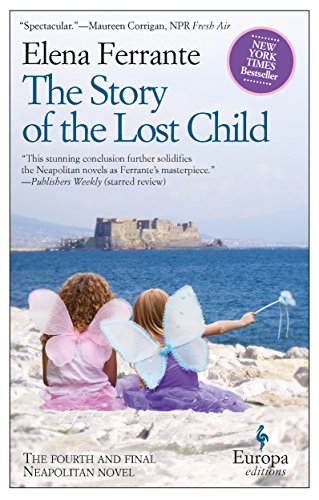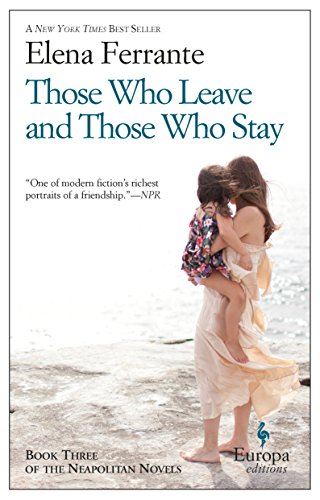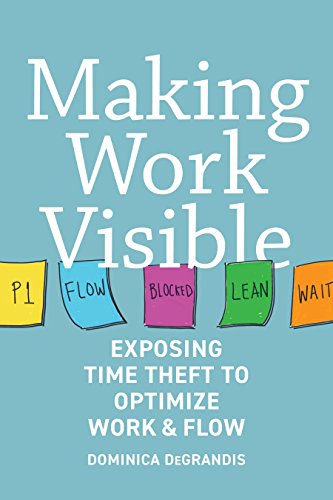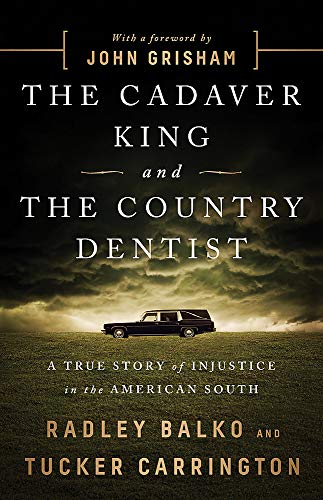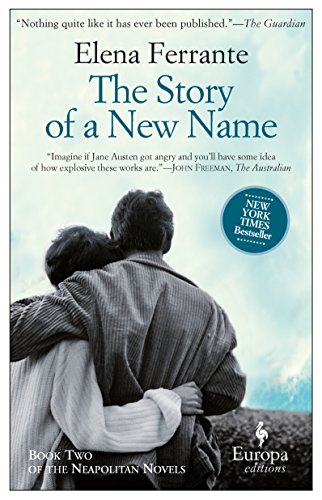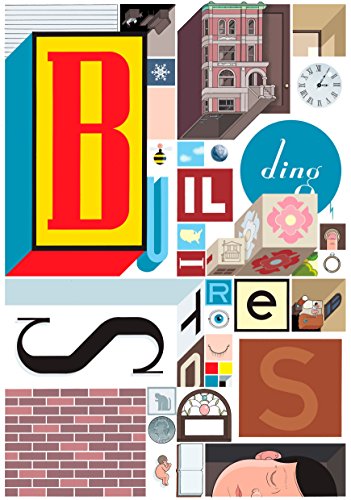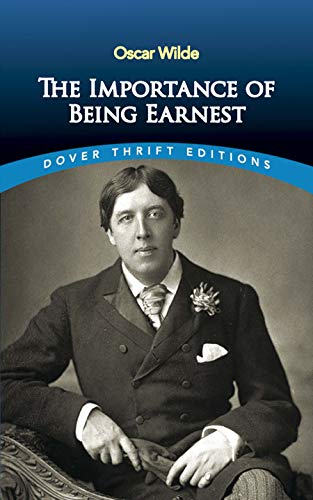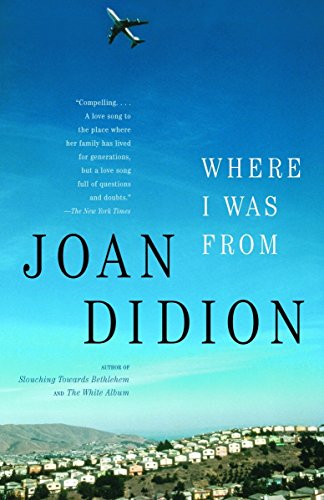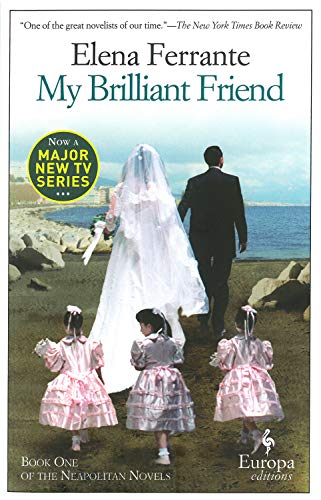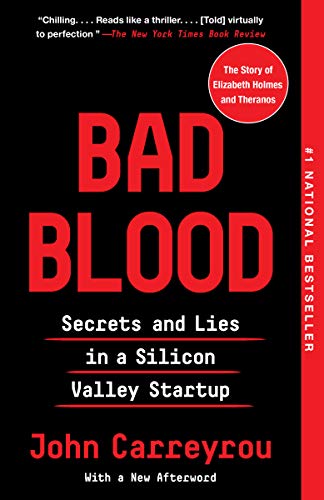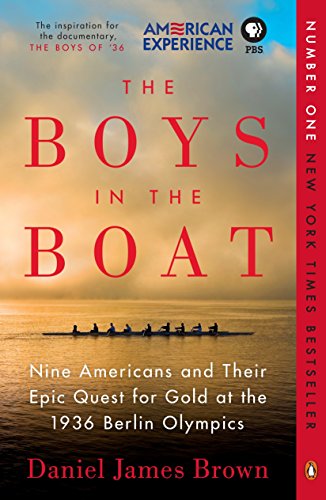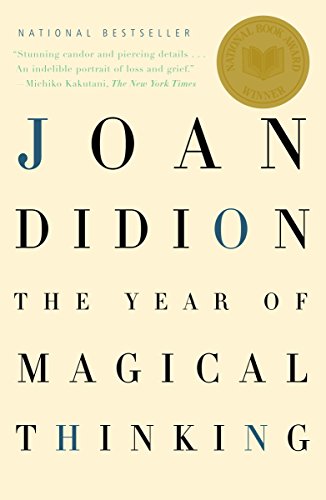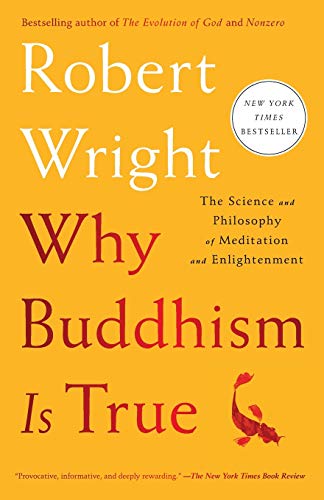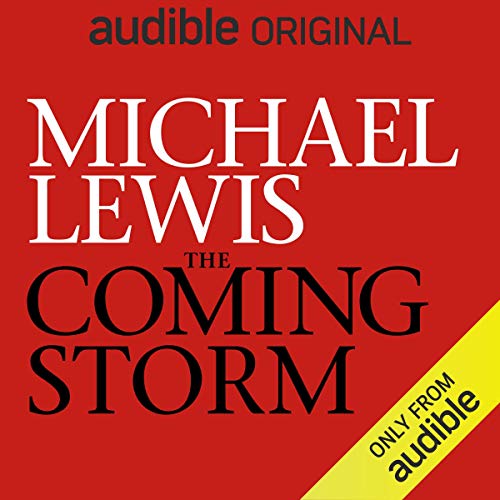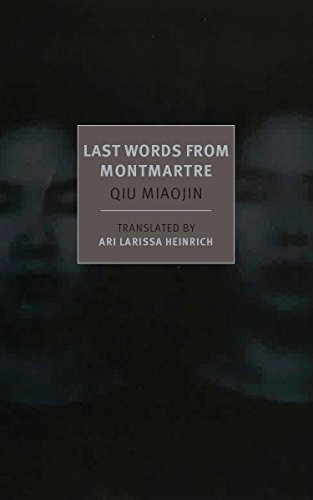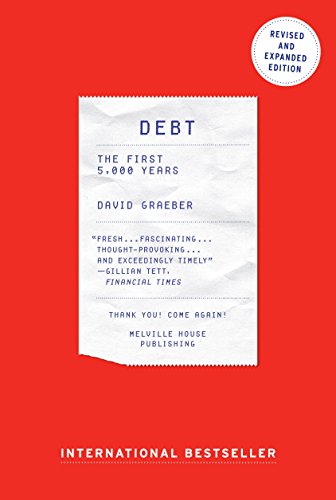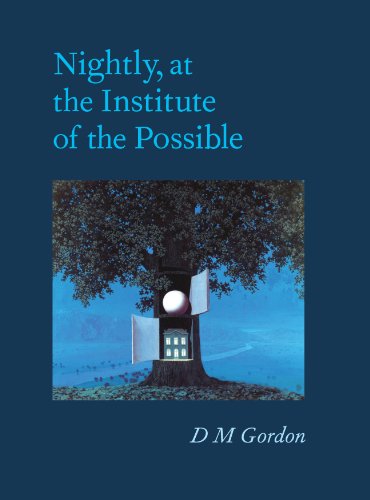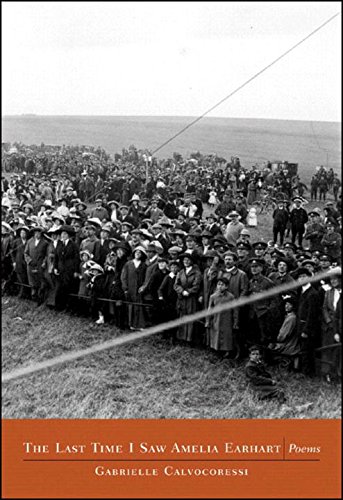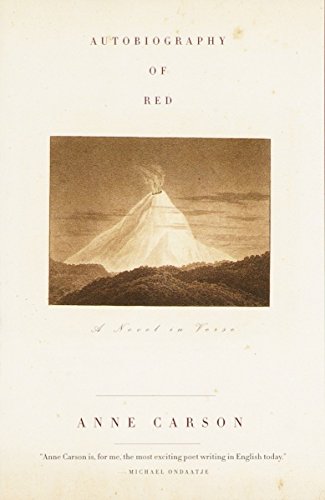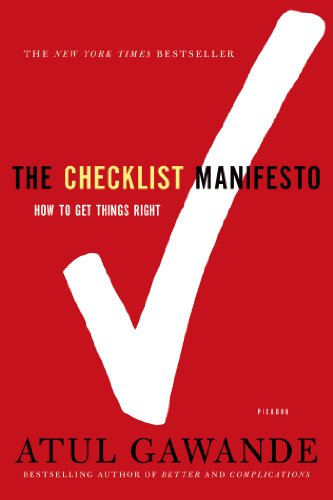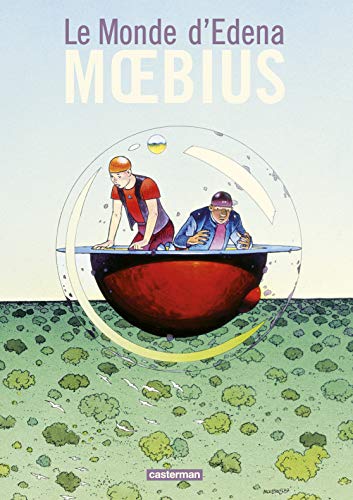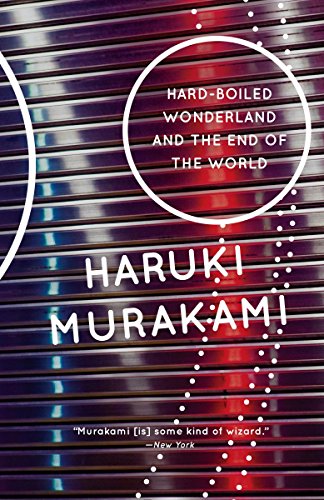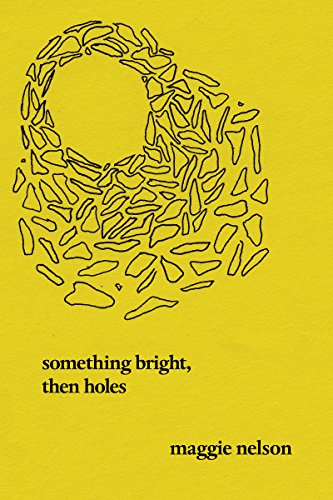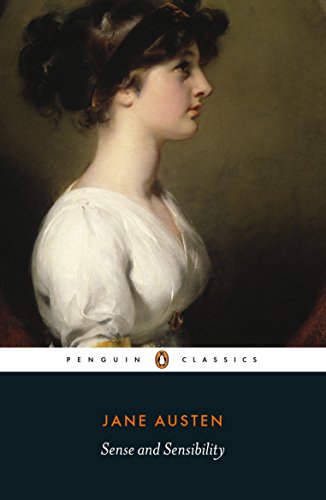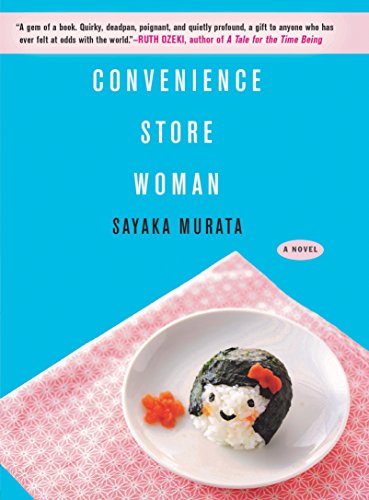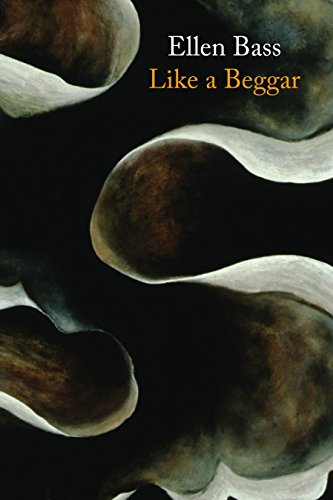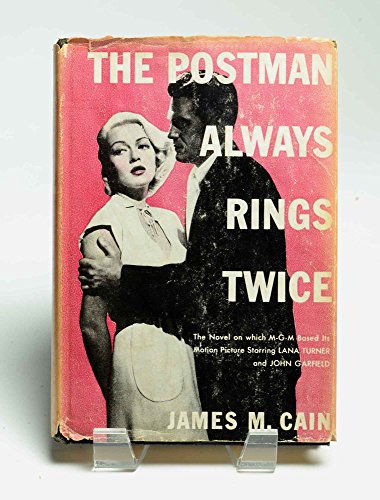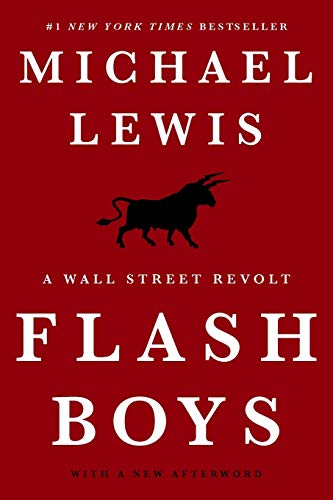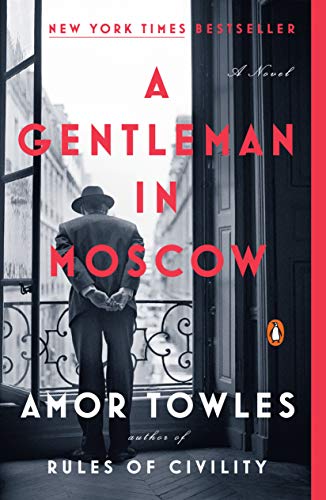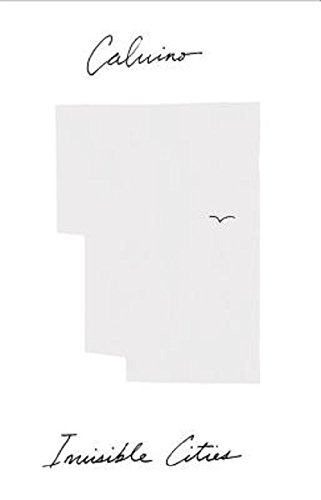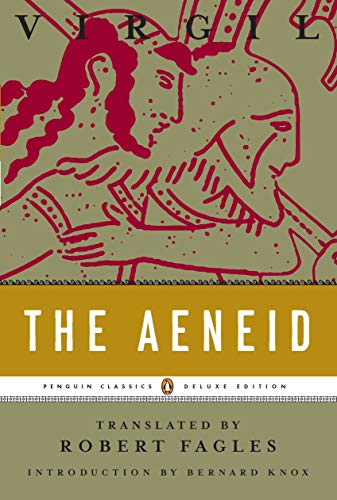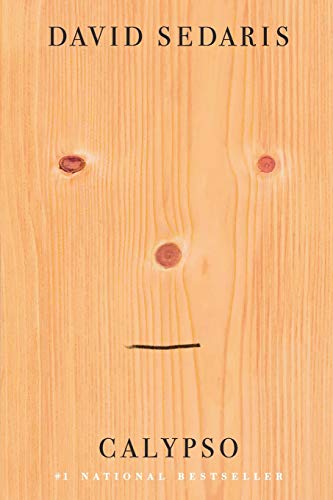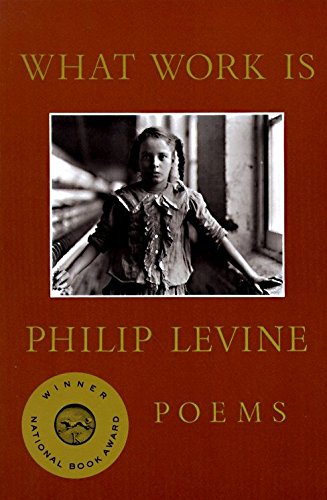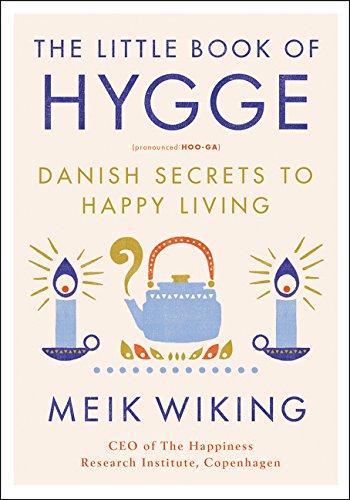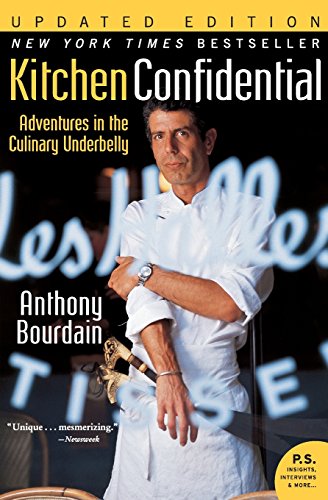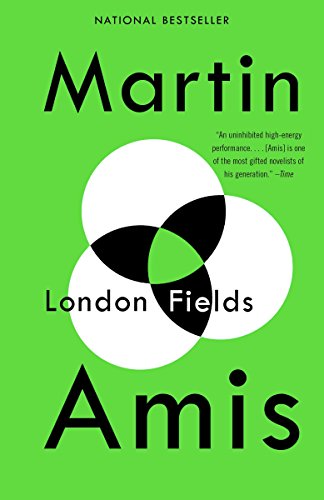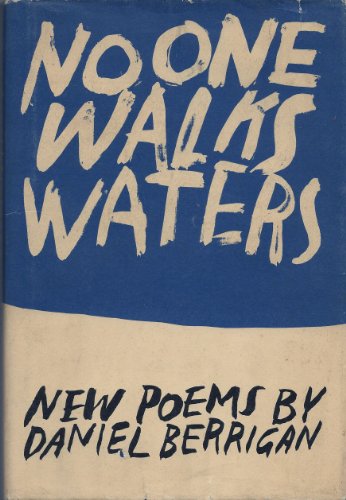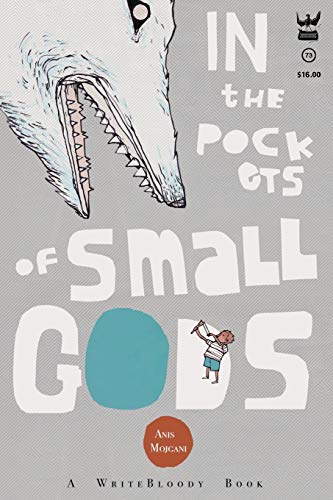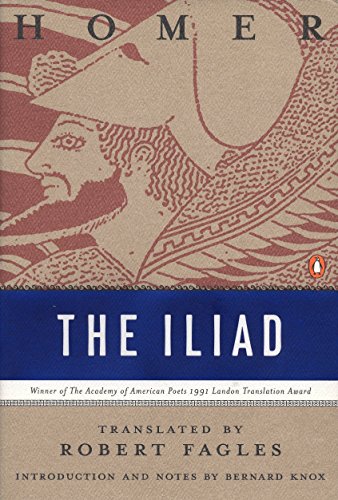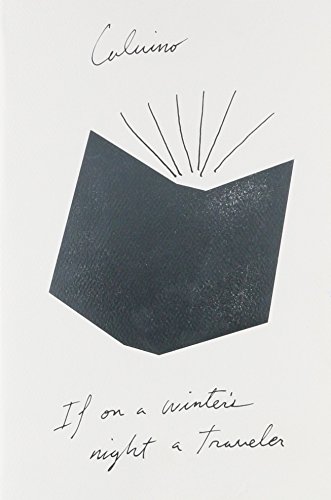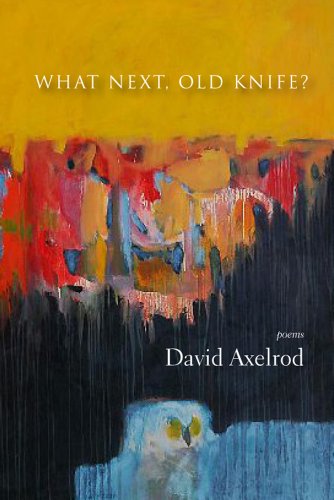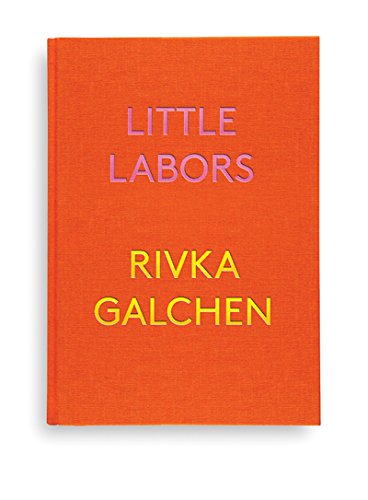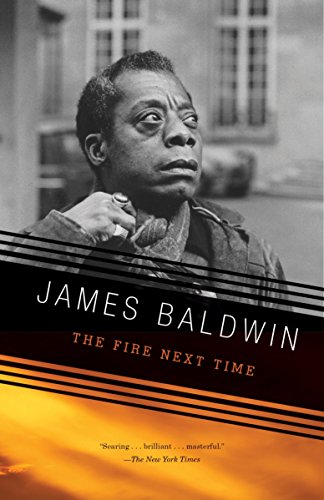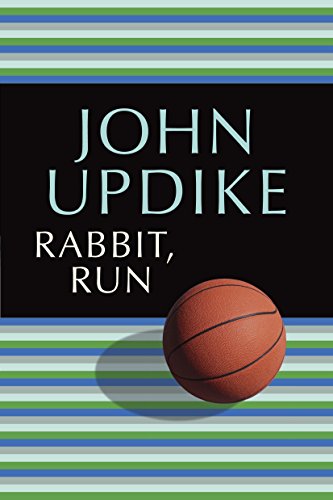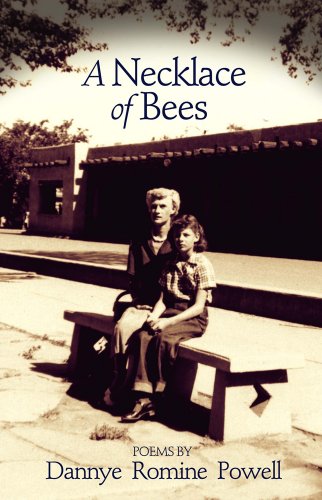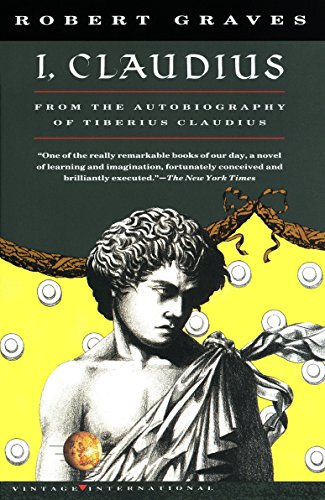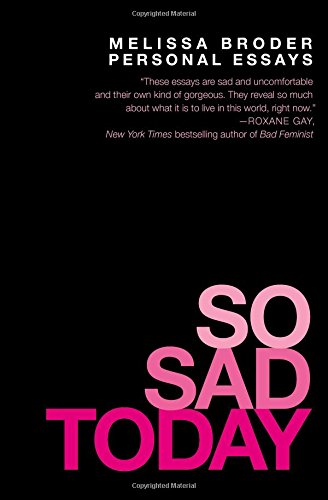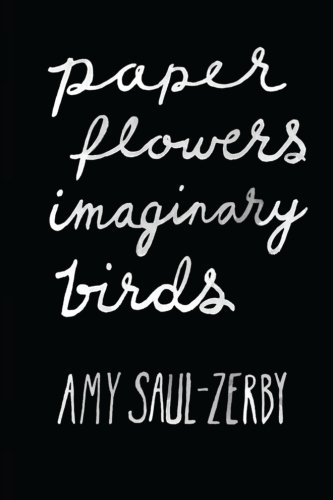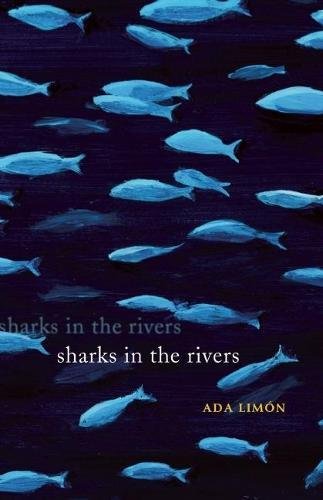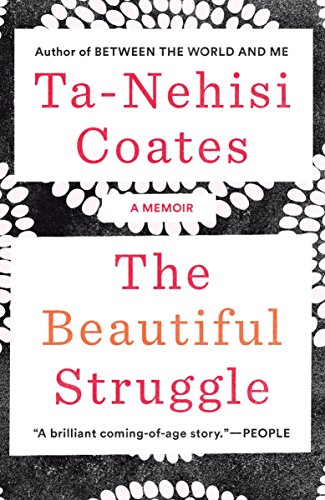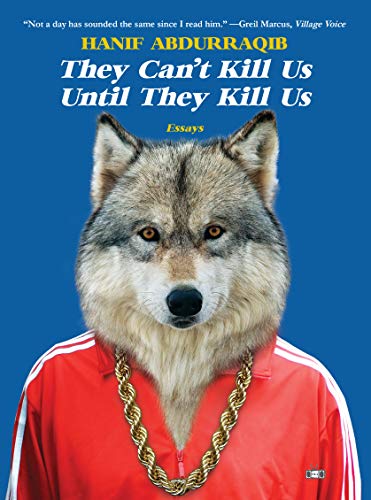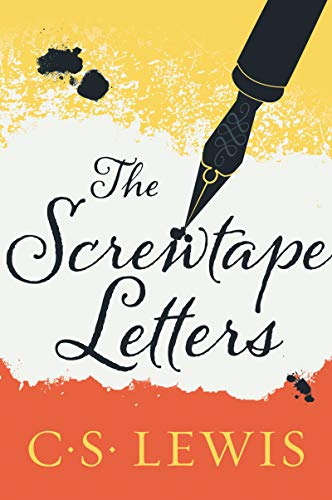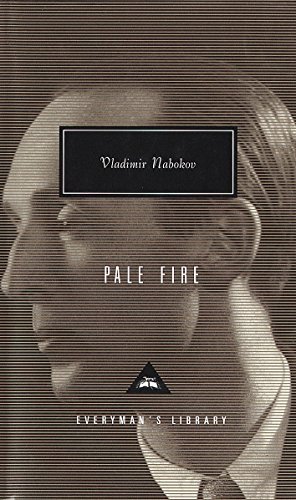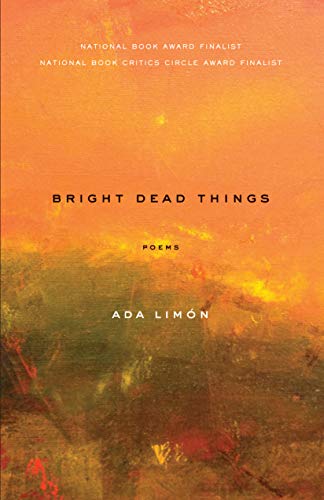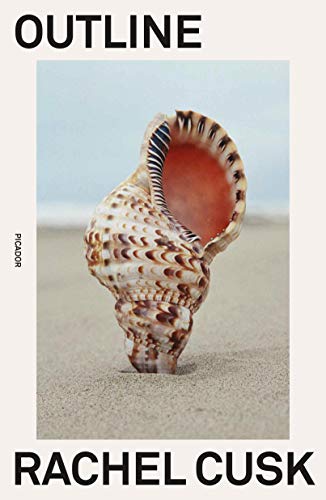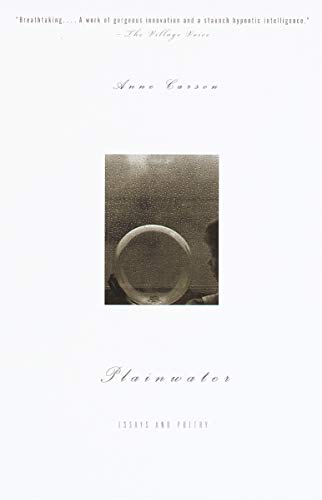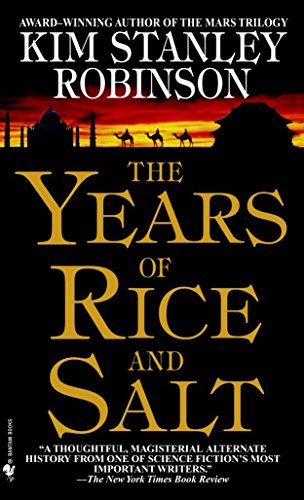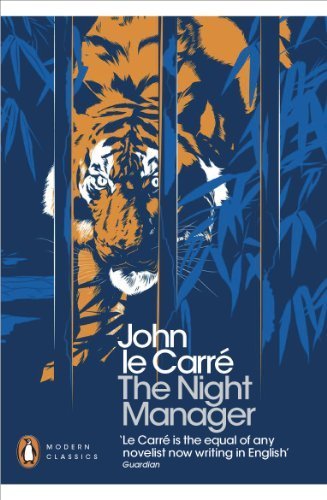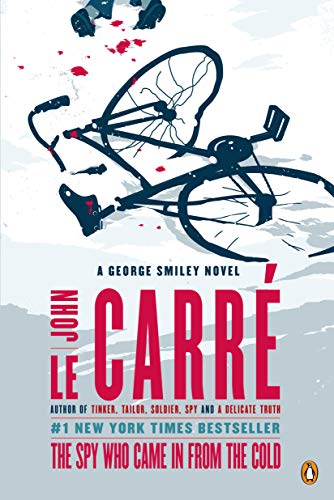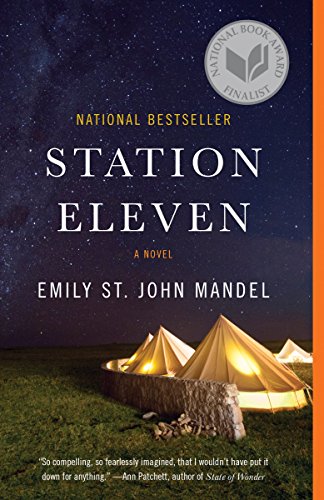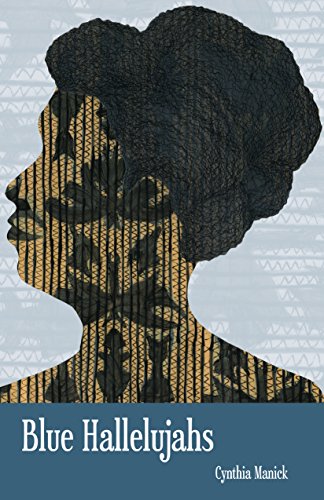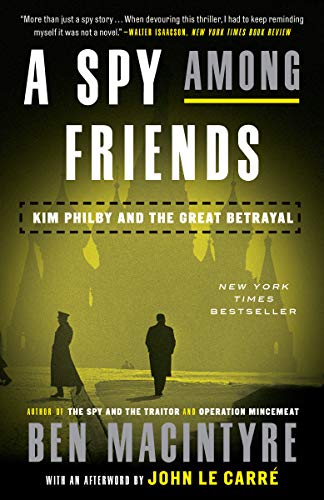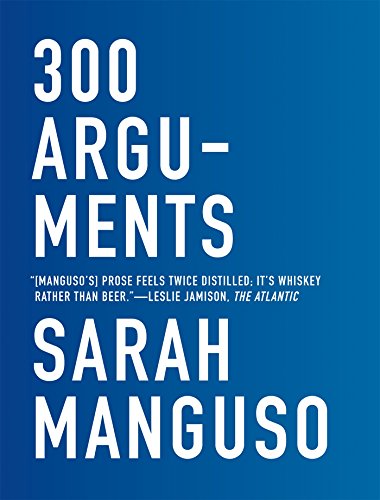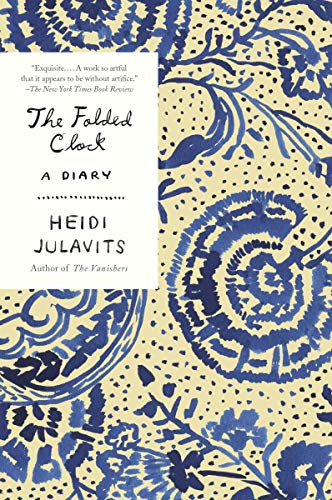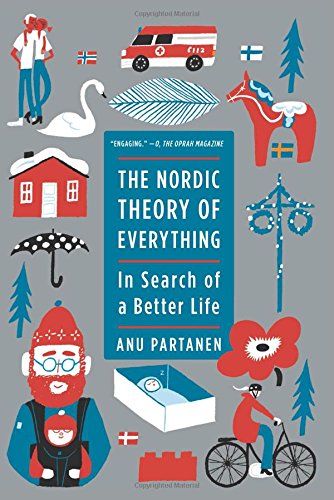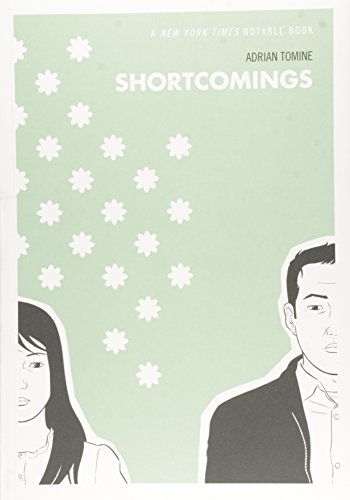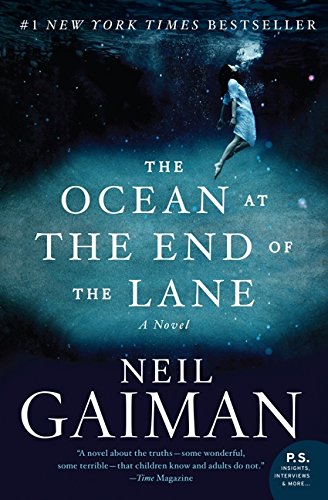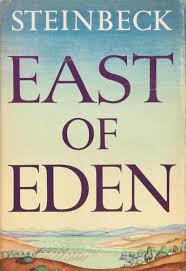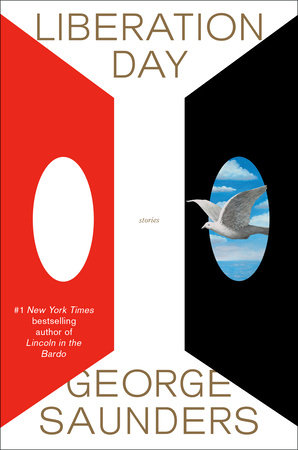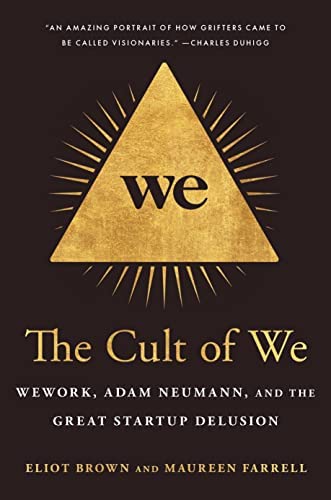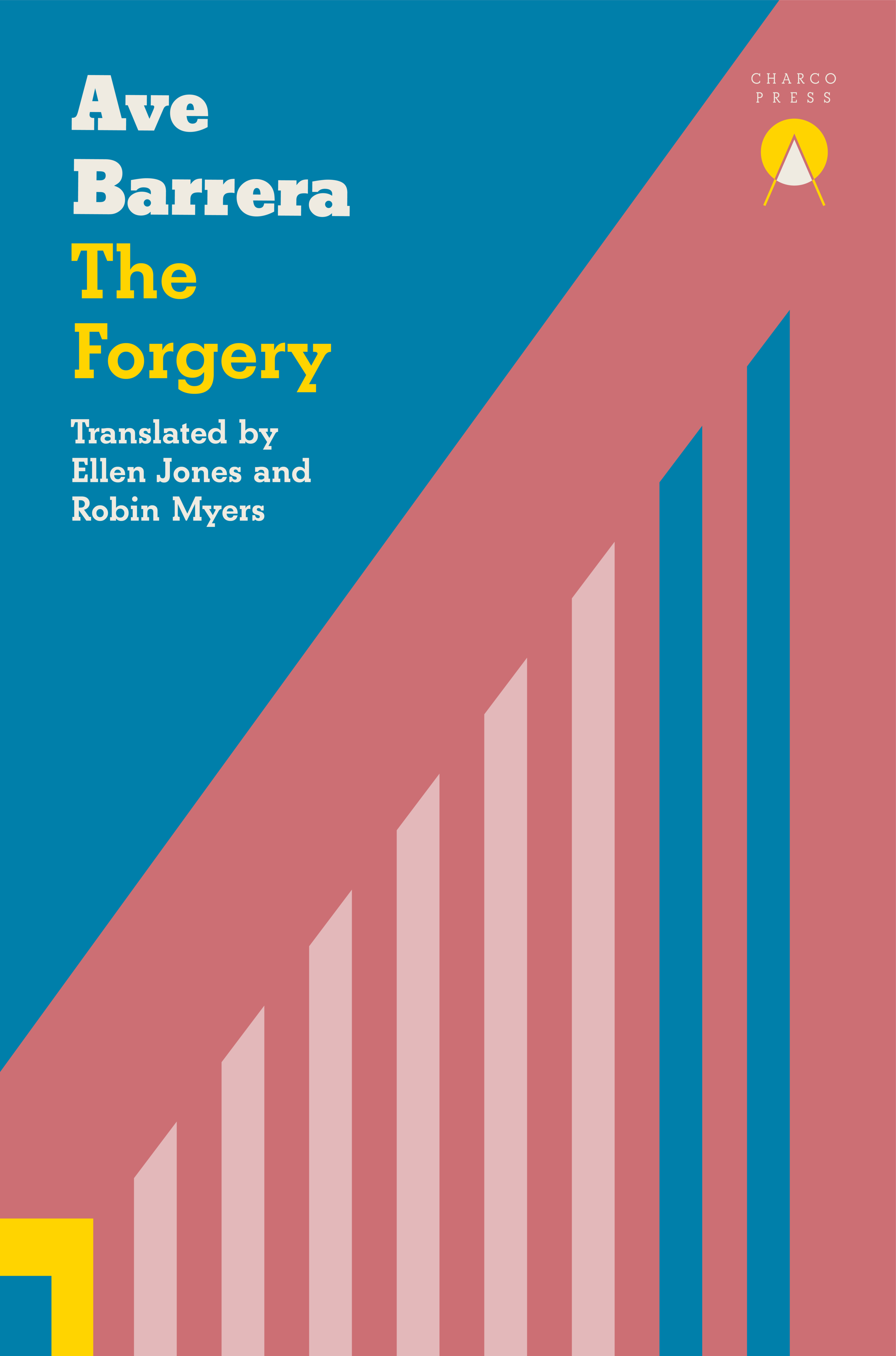Books
I love to read!
This is a list of every book I’ve read since I’ve started tracking that sort of thing. I also have a rough rating system of how good I think a book is. “Good” is relative and intentionally squishy; I want the rating to be indicative of two things:
- How important is this book to me?
- How strongly would I recommend it to someone?
Additionally, since late 2019 I’ve been trying to write up my thoughts on books after I complete them, as an exercise in switching from consumptive energies to productive ones. This is an exercise for whom I give Tom MacWright lots of credit: I’d been collecting this information for a while now, but hadn’t done anything interesting with surfacing or externalizing it.
(Also, be warned: my writeups will probably contain spoilers.)
The Three Stigmata of Palmer Eldritch
I am starting to get a sense of PKD's entire thing being "what if you fell asleep, and had a dream, and then woke up — how do you know you're not still in a dream?" (First in Ubik, now here.)
Snark aside, I really did love this — not quite as much as Ubik, but it was an entirely fun and interesting time that leaves you with much to chew on, and is more explicitly religious (and much more menacing, albeit with some very sweet codas from our ostensible protagonist) than Ubik. An easy recommendation, even if I don't think it breaks into my personal canon.
7 Powers
I think there are two good things about this book:
- The delineation and description of the seven powers
- The distinction between "statics" and "dynamics"
Unfortunately, those two things can be condensed into around two pages of content, and yet there is much of the book that is not those two things, and is bad.
So We Read On
Well, if it's not biography; and it's not literary criticism; and it's not scholarship... what is it? And the answer appears to be poorly structured, rambling, fandom.
Red Sparrow
The Boys
Crooked House
Lessons from the Titans
Don't let the anodyne title fool you: dry, nuanced, interesting stories about big companies (largely in industrials) and the processes that helped and/or harmed them. This is not a life-changing book, but (in much the same way as the companies it describes) it is a solid, well-executed, and admirable.
Skin in the Game
Chop Wood, Carry Water
I don't mean this in a mean or negative way: this books is a bunch of self-help essays designed for teenagers. (There is also what feels like a bit of Oriental fetishism.) Nothing wrong with that — I just don't want, need, or desire that.
Chess Story
It is hard for me to imagine a more perfect novella, or a novella that takes more advantage of its economy and delivers everything you want: spare, surgical prose, a rapid and satisfying plot, an infinite mirror-palace of images and symbols upon which to meditate.
I picked this up by chance in Rizzoli's in New York (one of many books in our annual New York bookshopping-cum-cocktailing spree), and I am excited to find more of Zweig's work.
Heaven
I picked this up last year on a lark, having recognized the other from Breasts and Eggs ↗ which I generally enjoyed.
This — well, I certainly didn't enjoy it, nor did I find it particularly good. A story of two middle schoolers bullied to the point of ruin (seriously: the thing borders on torture porn, a rawness that bludgeons you with its wanton cruelty) and their attempt to find some kind of solace: either through transcendence or through nihilism.
I am still digesting what Kawakami wanted to communicate with this book. Certainly the ending passage is meant to portray that the protagonist at least felt as though his choice to rectify his physical faults was the correct one, a begrudging acceptance of Momose's nihilism. But it is hard to digest: when I think about this book, I will not be thinking about the way we should combat the ills of world because I will be too busy thinking about the number of pages the author devotes to a gaggle of middle-schoolers kicking the protagonist like a soccer ball.
First Person Singular
I think I've written once or twice that at this point in my life I find Murakami's short stories more interesting and engaging than his novels, and I think this collection does a great job of exploring why that is the case: there's a real erosion between fiction and biography that happens in his shorter work that I find charming, and it works as an advancement of his thesis around the outer bounds of reality.
In partiular, even though I've read a handful of these stories before (three of them were first published in the New Yorker), I found myself enjoying them again and finding that they contributed well to a gestalt. In particular, the final three stories — one expressly fiction, one expressly autobiographical, and the final one, from which the collection takes its name, somewhere in between — a delightful Murakami moment.
Ubik
I am still digesting this book — I know that I liked it a lot, and I think it managed to succeed at almost every level besides having more-than-workmanlike prose. It serves as a great assemblage of metaphors, as a gripping murder-mystery, a terrifying horror film, and a deep question about what "reality" means and why the "real" matters.
A Silence Shared
Grateful as I am to Elena Ferrante for her work alone, I'm equally grateful for the appetite (either assumed or real) she's aroused in the English reading public for Italian literature, and the spate of translations that have followed in her wake.
A Silence Shared is a sparse, intimist (though she would reject that classification) novel whose quietude lives up to its title, following the goings-on of the protagonist, her (often absent) husband, and the two acquaintances she meets whose life she slowly ingrains herself into. Most of this book concerns what is not being said: Paolo's partisan background, the war and occupation dominating Turin, the deep and uneasy attachment between these characters that borders eroticism and codependence.
It is largely a book where dialogue is imagined, and the reader is left more with a collage of indelible images. A disgraced fascist major rolling out pasta to pass time and preserve resources; the three main characters huddling together on a wireframe bed to preserve warmth; clouds and clouds of sawdust; quiet forest paths, passed on foot and on bicycle.
What this book gets, beyond those images, is something reminiscient of The Secret History ↗ to me: the feeling, all too familiar, of belonging to a relationship that once felt secret, and the odd transmutation that occurs when you slowly evolve from observer to participant.
A Wild Sheep Chase
In retrospect, it's a little funny that I read Dance Dance Dance ↗ before this book, its ostensible prequel. (There is something about Murakami's work that makes it easy to ignore pretext and prelude: a narrator says "this is the Dolphin Hotel, the place where I lost Kiki" and you kind of say, well, okay, that's really all the alienating table-setting I need!)
My perception of A Wild Sheep Chase — Murakami's third novel — is that it marks the shift away from his realism (later revisited in Norwegian Wood ↗ and Colorless Tsukuru Tazaki and His Years of Pilgrimage ↗) towards the surreal postmodernism for which he most famous and perhaps most revered, and in many ways this is a bit of a turning point. It reads very much like a noir: the journey to Hokkaido and to the Rat's house is propulsive and gripping and the mood of the book growing inward and claustrophobic is well-executed in a way that I think Murakami's later work often fails. The surreal here is not meant to be an object in of itself, or a force that creates mood in an otherwise placid scene.
His character work — always a pain point — is particularly rusty, though. I am glad he gave up his shtick of anonymous characters; it feels almost too on the nose, with various deutoragonists feeling like half-baked noir stand-ins than serious forces of agency or independence.
All in all: I think it's hard for me to recommend this, just like it's hard for me to recommend most of his ouevre. Which is not to say it's bad — it's not, and I had a good time — but it's Murakami bingo, for better and for worse.
Novelist as a Vocation
Funniest part of this book by far was Murakami talking about how he would never, ever write a book because an editor asked him to — such corporate interests are beneath him! — and three of his four most recently published books, this one included, are nothing more than lightly repackaged versions of magazine features he did.
I think parts of his discussion of process are interesting; I think there is little here to gleam from him as an author or as a person, especially his commitment (which I think is earnest!) to the "I am just a regular guy who likes to write" shtick. Perhaps the biggest takeaway for me was his continued insistence on the importance of physical discipline and fitness to buttress creative work, which is good to hear and better to internalize.
Beyond that: there is very little of merit in this book, and I think you're better served by reading What I Talk About When I Talk About Running ↗.
Pattern Recognition
It was funny to read 2002-era reviews of this book, which universally bemoaned the "tres hip"-ness of Gibson's brand deployments (iBooks! MUJI!) as a flaw that would instantly date its relevance — and nary a mention of how grounded the book was in the September 11th attacks, which I supposed back then was a taboo target of criticism (or perhaps the universality of the attacks really did make it seem like fertile emotional ground.)
Two decades later, Cayce's obsession — allergy — with brands feels not just modern but shockingly prescient. This does not feel like a book written in the early aughts, before the iPhone zeigeist. It feels predictive and understanding of our relationship with media and brand in much the same way Infinite Jest ↗ did; a reckoning that the point is not the technology itself, the point is the dependence and the ambience.
It struggles in the same way that most Gibson does; the prose, steely and evocative, gives the setting and opening actions a sense of cool and propulsion that the book's falling action and climax fails to make good. Which is fine! Gibson to me is best understood as an analogue to Villeneuve — more interested and competent at building mood and setting than story-telling qua story-telling. I still had a fun time reading it, and I think many of the little asides will stick with me for a while.
Good Services
This is a simple, straightforward, and true book: all of the principles Lou Downe espouses are good ones, and there's little I disagree with.
It also... is fairly facile. I think the list of fifteen core principles is strong, but the struggle to expand them into a book unto themselves reveals that this work would perhaps be stronger as a long-form essay. The passages that expound upon each principle are tangential and elementary ("here's a bad experience someone had... here's why that experience was bad... here's how to make it a good experience") with little in the way of net-new insight or digging into the tradeoffs inherent in design 1.
I don't regret buying the book; it's a short read, it's beautifully designed, and I see myself returning to the table of contents to remind myself of the principles. But it's odd for a book's apex to be in its introduction, you know?
Footnotes
-
In fairness to the author, I think her implied contention is generally "there is no trade-off"; adherence to these principles is worth any cost. That contention alone is interesting and worth analysis, and I wish she devoted more time to that! ↩
Varieties of Disturbance
My review of Break it Down ↗, a much earlier entry in Lydia Davis' ouevre, last year was a bit of damning with faint praise:
Very solid and nothing but that.
It is hard for me to say how much of this is subjective vs. how much of this is objective, but I am here to tell you that this collection represents a much stronger achievement, and I am very glad to have read it. Maybe it is reading this book so soon after The Faraway Nearby that I am primed to glean much more about what Davis has to say about family, age, and the compacts we make with each other through communication — maybe it is overindexing on The Walk, a spiral staircase of flash fiction that strikes me as a pinnacle of the form. Maybe it is just the open mind of a reader with another year under his belt.
(There are times that Davis' commitment to postmodernism feel more exhausting than enlightening — Helen and Vi, for instance, is beautiful but makes its point in the first ten pages and drags for an additional twenty — but those times are fleeting.)
What else I can say is limited: I think Davis is extremely original, and I think this collection was a strong marriage of her voice and her worldview. I had a lot of fun reading it.
The Faraway Nearby
(Thanks to Roman Kudryashov for recommending this!)
The Faraway Nearby exists in a lineage of personal narrative and art criticism that I identify most strongly (and lovingly) with Didion but also includes, to varying extents, many other writers whom I find myself compelled to read even if I am not confident in their merit Rachel Cusk, Maggie Nelson, Alain de Botton. The latter is where I found myself most immediately drawing comparisons as I read the first few chapters of this book, and not particularly kind-hearted ones: Solnit's prose seemed to be self-consciously artiful and surface-level in a way that felt dissonant with the decline of her mother whose narrative defines and propels the book forward.
This hesitation — this lack of commitment to engage earnestly and deeply with the topics that she explores — fades as the book goes on. You're shuttled from one incredible core image — the mess of apricots, riping and decaying on a wooden floor — to a suite of motifs (glass; ice; mirrors) and you start to feel what Solnit is trying to share with you, which is the frenzied mess of connections and the way we search for meaning when meaning fails us.
This is a beautiful book. There are tiny moments and asides, like Solnit's rabbit-hole adventures into the mother who eats the corpses of her children to stay alive, that mark and haunt. There are big moments of personal narrative whose sleek diction belay the lack of clarity, and I (perhaps charitably) learned to love the book when I understood that Solnit was trying to be clear, and her failure is the point.
The Woman in the Dunes
Let me start with what I loved about this book (a book that, before anything else is said, I enjoyed and found worthwhile and would recommend reading with some caveats). This book is fenced in on either sides by powerful writing (spoilers!):
- The introductory passages, and your introduction to this village of the dunes, a beautiful and terrifying place that like any great allegory feels like it could be a symbol for a thousand things at once. The measure of good genre writing is the ability for the allegory to stand on the weight of its own strength apart from symbolism, and there are few images in literature less arresting than the idea of a Sisyphean village populated by people who spend their days freeing their homes from the sand.
- The two ending passages: the protagonist's rape of his captor, and his discovery of water and ultimate rejection of escape.
These bookends (a metaphor that always feels clumsy when you use it to describe a book) alone warrant a close examination and digestion of this book. Now I will quibble with the rest.
I often rave about the power of a novella as a form, and yet I found myself spending much of the book feeling bored: bored with the protagonist, bored with his cycle of hope and anger and defeat. This is a short book whose middle stretches felt arduous: you could charitably argue that this was by design, so as to evoke the endless sprawl and solitude of the dunes, but I found it tricky to square.
I am excited to read more of Abe's work (I just borrowed a copy of The Box Man). I am hoping his protagonists show more variation than this one, who existed mostly as a vehicle for the dunes.
What Money Can't Buy
I was pretty excited for this book based on its blurb! I am a sucker for deeper introspections into the financialization of our society, for better and for worse: I really enjoyed Radical Markets ↗ and Economic Fables ↗, two excellent entrants in that genre.
Unfortunately, this book offered little novelty beyond "gee, sometimes market-making is bad." Which is not to say I disagree with the author — I don't think there was a single objectionable claim in the book — but the entire work is a series of repetitive and fairly obvious case studies about how using a market can lead to poor second-order effects.
The reasonable thesis of the book is something out of Seeing Like A State — the act of subjecting a phenomenon (say, financial incentives for children to read) to a market can have unintended consequences, and the cost of (financial) legibility often outweighs the marginal benefits created by the efficiency of the market.
There you go: that's the book. Unlike Seeing Like A State (which features unique reportage in an interesting domain) or Economic Fables (which I think admirably straddles the line between education and memoir), there's just not a lot of interesting meat to this book beyond bludgeoning you over the head with instances of "markets have deleterious effects."
Of course they do! It is not a mainstream economic position to say that market-making is a value-neutral/non-destructive process. There are no insights beyond that, and the book just throws two dozen NPR-tier examples at you and expects you to be satisfied.
"Satisfied" is the word I want to end on; this was an unsatisfying book, and I think a satisfying one requires either stronger prose or deeper research.
Designing for People
The kindest and strongest praise that you can give this book is that it was written in 1955 and neither its praxis nor its theory has aged a day. A lot of external praise is directed at its much-ballyhooed prognostication of the future (predicting FaceTime in 1955, that sort of thing) which is cute and fun but not really the point. The point is that it does do two things very well:
- The book examines how to develop, nurture, and improve the designer/manufacturer and designer/user relationships;
- The book offers a simple five-step ranking of important design characteristics.
The latter bullet point only takes up a chapter of the book, but it's a very good chapter and one in which the whole soul of Dreyfuss' ethos is revealed. The five characteristics are:
- Utility & safety
- Maintenance
- Cost
- Sales appeal
- Appearance
Simple, reasonable, effective. The book is full of examples of how these characteristics are applied in practice, and how they can be used to guide design decisions. It's a great book — never too dry, never too abstract — and worth reading for an aspiring designer in any sense of the word.
Net Gains
This book really wants you to think it is an airport bookstore book: vague handwaves about "digital transformation" and analytics and a mix of rigorous analysis and charming anecdotes that, in true Gladwellian fashion, are just convincing and propulsive enough to get you to finish the book and feel accomplished but not so convincing that you'll actually change your understanding of the world — or of football.
All of those things may be true! It certainly fits that archetype. But I really admired this book; it did not try to advance one grand unified theory of football and analytics, but instead tries to tell a couple unrelated stories about how analytics has changed specific firms and individuals, and largely leaves the reader to draw their own conclusions about what the gestalt really is. This strikes me as fundamentally honest in a way this genre of book rarely is: O'Hanlon is a storyteller first and a prognosticator second.
Three particularly salient points that have been festering in my mind since I finished the book a month ago:
- A huge amount of personal and knowledge capital was built on the vanguard of blogging! A lot of recent advancements came from people just bopping around on Blogspot or whatever, advancing and refining theories over time.
- The thing that makes football particularly difficult to model is the enormity of its state space — unlike football or basketball or baseball, that can be broken down into discrete plays or situations, at any given point a football match requires a lot of tremendous amount of information to accurately portray.
- Despite the above, there's a non-trivial amount of value to be gleaned from applying analytics and data-driven decision-making to individual choices and microsituations like setpieces. Even if those don't change the totality of the game, they can make appreciable impacts on overall performance.
It seems silly to say this out loud, but: one useful heuristic of how important a book is to you is the degree to which it makes you question your life choices. I finished this book and seriously spent two weeks thinking about how poorly-analyzed the field of software engineering is, and how much merit and value there was in my dropping everything to dedicate my life's work to software engineering analytics.
I'm probably not going to do that, but it's a thought that's been on my mind.
The Swimmers
This book is structured as a number of short stories about the dignities and indignities of age and memory, all centered around a woman who finds herself in an assisted living facility.
The writing is not, I would say, particularly good. It is New Yorker-core but overdoses on length and pathos; it is a bit like a bad episode of This American Life. There is a listicality to the writing that grates fairly quickly, in no small part due to how unoriginal the listicality is (Joe Brainard's take on the transcendence of the mundane in I Remember ↗ feels like a much purer articulation of the form.)
There is one thing that sticks with me through this book, which is the group of titular Swimmers from which the stories move on much too quickly. The idea of this group — an identity separate from work, from age or race or sex or wealth, held together not even by love of swimming or by aptitude but of shared sanctity — is really quite beautiful. I think it will stick with me for a long time.
Amp It Up
Amp It Up is not a good business book. It is, in book terms, quite bad: there is no through-line, no overarching theme, no clear message. It reads as if Frank Slootman has cornered you in a room for an hour and just started talking about whatever came to mind. He bounces from stint to stint at varying resolution; he re-introduces concepts and quotes multiple times as if he hadn't mentioned them before; he diretly contradicts himself multiple times. It's a mess.
The thing is — ghostwriting horrors aside — it's actually opinionated, which sets it aside from many other books in the semi-autobiographical hagiography genre. I respect Slootman for treating the reader with enough respect and honesty to say things like "yeah, just fire the executive team; it's faster than figuring out who'se worth keeping" — which is not to say that I think that advice is great, but it's at least not mealy-mouthed.
It's a short book, and its one that is not really worth reading over the essay-length LinkedIn post that sparked its publication. But it took me all of like four hours to listen to, and has the same level of value as an above-average podcast.
Cult Classic
I can't find where I wrote this, but I described Crosley's writing persona (having read her other two books) as that of a friend you run into at a party who fits in perfectly and has the best bon mots and she knows it and needs to make sure you know it, too.
This is a book that traffics in a certain 2013 Gawker era of sharpness; lots of cute skewering of New York culture, lots of SNL-skit-fidelity caricatures of bad boyfriends and vapid friends. The narrator — Crosley by another name — is clever and mean. The framing device makes no sense, and is best understood as a hackneyed way to line up a series of erstwhile deuteragonists for Crosley to tee off on. (And sometimes, in fairness, the teeing off is fun.) x There are parts of this book that are very good; most of them are quick asides. The one 'big' one — the one that the best version of the book is all about — is the protagonist's relationship with the absent mentor figure, territory that The Friend ↗ handled more deftly and with more interest. Having thought of that book, I can't close this review with any other conclusion: that book feels flatly superior to this one.
Gilgamesh: A New Translation of the Ancient Epic
This is my first reading of Gilgamesh (my understanding of the epic really came from Final Fantasy 1 and Wikipedia-tier summaries), so it's hard to know how much of my reaction to this is directed towards the epic versus how much of my reaction is directed towards the translation itself.
Some immediate things: it was shorter and more... mature than I expected. I don't think "mature" is quite the right word, but I'm struggling to think of an apter word: Helle describes it as 'complex' and 'resisting easy interpretation', which I think also works. It feels very much of two halves, as if the slaying of Humbaba transitions the world to one of balance to one of ruin and from a relatively trivial hypermasculine bro-treatise to a meditation on grief and toil.
It's hard to talk too much about a specific translation without having other data points to compare it to, but I certainly liked this. It felt casual and modern and melodic; it read quickly, and had poetic depth. (The unicode dots to serve as interstices was an inspired design choice.)
I'd happily recommend this to someone; it takes a scant hour or two to read through the epic (and another one or two to read the associated essays) and has lived rent-free in my head, as the youths say, for much longer than that.
Footnotes
-
I was tickled to see the translator actually call out Final Fantasy (amongst many others) in one of the essays he included as a postscript! ↩
The Supper of the Lamb
Wow.
Move over An Everlasting Table (which is still a great book), this is my favorite book on cooking.
This is going to be a short review because I don't have much to say: I think Capon is a tremendous writer, I think his arguments and prose are beautiful and compelling, and I think he changed my behavior and the way I look at the world for the better. This writing is inventive, sincere, and divine.
I'm going to go out and make some noodles this week!
Boom Town
This book has two sides and two parallel narratives:
- one broad narrative of the founding, settlement, and growth of Oklahoma City
- one relatively narrow narrative of the OKC Thunder and their few years as the darling of the NBA
I learned of this book because of the latter — the author is a (was a?) sportswriter for ESPN who did a podcast circuit including an appearance on my beloved Lowe Post.
Where I expected this to be a fairly light airport-tier read (some fun basketball insights interspersed with trivia about this town of which I know extremely little), it ended up being quite a bit more than that. I was, if anything, a little disappointed by the basketball side of things — I knew most of the drama surrounded the Harden trade and the subsequent playoff runs, and KD and Westbrook are still such dominant figures in the basketball landscape the relief portraits that Anderson makes of them are fairly banal. But the collage he portrays of the town and the connection he tries to draw between the boom/bust cycle of Oklahoma and its ne'er-do-well basketball team was incredibly well done, with strong prose and embedded researching.
I felt like I learned a good amount from this book, even if some of it felt like it was straining too hard to connect to a gestalt that wasn't quite there. In particular, Anderson espouses a quasi-The Power Broker ↗ thesis with his description of the Chamber of Commerce (all soft power, no democracy) as the true engine of OKC's growth.
Economic Fables
A very fun, informative book with a comfortable rhythm:
- Here's an interesting part of economic theory.
- Here are some ways in which it has been applied to "real life".
- Here are the ways in which that application are flawed.
Rubenstein (himself a professor and major contributor to the field of game theory) advances the cause of economics as a fun series of thought experiments and rails against the cause of economic as a useful series of applicatory models.
He peppers the book with memories & anecdotes (the back sleeve describes it as "half-memoir", which is apt) and his buttery writing style makes for a quick read that redirects your attention from bildungsroman to theory to praxis and back again with enough ease and rapidity that you never grow roots.
I do not think it is a life-changing book, as far as these things go: it strengthened my understanding of equilibria, and his presentation of two disjoint-but-not-really market lenses ("the jungle" and "the market") is something I'll hold onto for a while. But it was gripping and quick and made me smarter.
White Noise
My immediate analysis of White Noise is that it's a bit of a Magic Eye painting. Any individual patch of prose is fairly unpleasant and incoherent; unfocusing (or focusing, depending on your philosophical stance, I suppose) your eyesight and focusing on the gestalt reveals something, even if that something is only reflexively revelatory rather than having beauty or novelty in its own right — not unlike the most photographed barn in the world, which makes you think "hmm, am I deriding this book for it accomplishing exactly what DeLillo wanted it to accomplish", which makes you re-evaluate the book, and so on and so forth. It's an infinite fractal of the tenuous (and accelerated, as DeLillo would have us believe, over the past forty years) battle between reality and perception.
It's also, unfortunately, not a particularly enjoyable book. I mean that in a literal sense: I felt like I was being lectured at, and being lectured at by a professor who couldn't stick to a couple through-lines but insisted on a barrage of metaphors and aside that were all meant to convey the same thing.
I think the common riposte to most complaints about the prose and writing is "duh, that's the point." Which feels like, again, a bit of a self-reflective cop-out: it's easy and cheap to say that the dialogue is shallow because it reflects the shallowness of a decadent consumerist zeitgeist.
The book had a couple moments of beauty (I thought the climactic scene in Germantown, from Glandey's repeated refrain of his battle plan to the absurdist encounter with the atheist nuns, was the strongest passage of books; the metaphor of a toxic event making the sunsets prettier was just the right level of heavy-handed) but I just straight up didn't have a good time reading it, and suspect that a lot of its pioneering aspects in 1985 have since been co-opted by more interesting and more impressive postmodern works. I don't regret reading it — I finally get what DeLillo is about! — but I felt like it was more of a lecture than a work of art.
The Colossus of New York
I learned of this book from a beautiful quote from my friend Kunal and am generally a sucker for at least the idea of city-focused essay collections (Horizontal Vertigo ↗, Cool Gray City of Love) so I was delighted to find a copy easily available on Libby.
That beautiful quote is perhaps a useful metonymy for the book as a whole; indeed, all this book has is mellifluous one-or-two-liners about #CityLife. It feels something like a novella-length graduation speech; high on gravitas and quoteability, low on depth and legitimate insight. It was fun to read a few pages; it was exhausting and colorless to read beyond that.
What was particularly painful for me was how Whitehead's attempts at universality (no names! no specific narrations! a surfeit of second-person!) undermined his attempt to paint New York as anything more specific than "big urban life." The section about Central Park could serve as a section about Golden Gate Park; the section about the subway could have taken place in Paris.
This felt like a book for people who want to daydream about life in the big city; I wanted a book that contained truth, not truisms.
The White Album
As you might guess from the name, this book of essays is meant to be in equal parts a rejection and a transcendence of the sixties that came before it — it is at times in direct conversation with its prequel, Slouching Towards Bethlehem ↗, a book I not just loved but a book that to me cemented Didion as the writer to whom all others must be implicitly compared (and in most cases found wanting.)
This is clearest in the book's titular essay, which is also its first and strongest. Didion feints at having a bit of a nervous breakdown before stating it (later in the essay, and many times throughout the book) outright — that her reaction to the close of the sixties (which she so shrewdly and beautifully examined) was something like existential crisis:
The princess is caged in the consulate. The man with the candy will lead the children into the sea. The naked woman on the ledge outside the window on the sixteenth floor is a victim of accidie, or the naked woman is an exhibitionist, and it would be "interesting" to know which. We tell ourselves that it makes some difference whether the naked woman is about to commit a mortal sin or is about to register a political protest or is about to be, the Aristophanic view, snatched back to the human condition by the fireman in priest's clothing just visible in the window behind her, the one smiling at the telephoto lens. We look for the sermon in the suicide, for the social or moral lesson in the murder of five. We interpret what we see, select the most workable of the multiple choices. We live entirely, especially if we are writers, by the imposition of a narrative line upon disparate images, by the "ideas" with which we have learned to freeze the shifting phantasmagoria which is our actual experience.
(And compare this to a quote from a later essay in the book, In The Islands:)
I tell you this not as aimless revelation but because I want you to know, as you read me, precisely who I am and where I am and what is on my mind. I want you to understand exactly what you are getting: you are getting a woman who for some time now has felt radically separated from most of the ideas that seem to interest people. You are getting a woman who somewhere along the line misplaced whatever slight faith she ever had in the social contract, in the meliorative principle, in the whole grand pattern of human endeavor. Quite often during the past several years I have felt myself a sleepwalker, moving through the world unconscious of the moment’s high issues, oblivious to its data, alert only to the stuff of bad dreams, the children burning in the locked car in the supermarket parking lot, the bike boys stripping down stolen cars on the captive cripple’s ranch, the freeway sniper who feels “real bad” about picking off the family of five, the hustlers, the insane, the cunning Okie faces that turn up in military investigations, the sullen lurkers in doorways, the lost children, all the ignorant armies jostling in the night. Acquaintances read The New York Times, and try to tell me the news of the world. I listen to call-in shows.
These are long passages that strike at the soul of what is the most interesting part of The White Album — to listen to a woman who in almost every circumstance has keenly mastered the written word and the power of narrative, only to find both fail her, and fail the world.
"Didion gets diluted" is an uncharitable way to describe what I did not like about the book; a more charitable and winking way might be "an abundance of B-sides". Didion has things she wants to say about cult leaders, so there isn't a single essay about them but three; Didion has things she wants to say about the symbolism of changing California architecture, but there are four separate discurses without much gestalt. There's a lot more sameness in this book — ostensibly about the chaos beyond the chaos! — than in Where I Was From ↗ or the aforementioned Slouching Towards Bethlehem; it felt like a sitcom that would have been a tight thirteen episodes but the network ordered twenty-two.
And I think the highs are the highest of all. I called out two of my favorites already but On the Road (ha!) and On the Mall were gems as well; I think a version of this book with parts two and three (on California and on Women, respectively) removed would make for an all-timer for me, not because Didion's writing on either subject is lackluster but because they lack the combination of personal & professional incision that renders her greatest work.
My recommendation: if you haven't read her greatest three books, go read them. And then come here, and feel comfortable with your thumb hovering about the fast-forward button.
The Three-Body Problem
I'm not sure there's any book I've heard more about that I haven't read than The Three Body Problem: a fairly wide swath of folks I know and/or follow have read it and opined upon it at length. I get it!
I did not very much like the book nor think it was good, though there were parts of it that were interesting and will stick with me for a while. It felt like a mashup of many things:
- a moody examination of the blood wrought by the Cultural Revolution
- a conspiracy thriller grounded in academia and the ivory tower
- a series of interesting thought experiments and scientific navelgazing (not meant in a derogatory sense!)
These three things, I think, could melange together fairly well — or at least fairly interestingly. The problem, at least for me, is that the author clearly had the most fun (and thus devoted the most time) towards the third, to the point where the final act of the book was delivered as either soliloquy or as Wikipedia plot summary.
Science fiction gets a bad rap, I think, for having wooden characters. Take Legend of the Galactic Heroes ↗ for instance — none of its characters particularly evolve in any meaningful sense, because that's the truth of having a story where most folks have already completed their evolution as bildungsromans! At some point in life, you might be who you are; plot can be wrought from the dynamics of fully developed characters rather than from the dynamics of those characters' changes.
The same cannot be said for The Three Body Problem. I struggle to think of a meaningful personality trait in any of the characters. Even Ye Wenjie, the catalyst and most interesting character, feels less like a human and more like a vessel for events that have occurred to her 1. Wang Miao was given a wife and child who we hear about precisely zero times after they become irrelevant to the plot (he also has a photography habit which exists solely to serve the plot.)
It's a book that utterly fails the "can you imagine any of these people having a favorite book?" test.
The wooden character work is exacerbated by a prose that abandons any pretense of fluidity or poetry as soon as it hits the science stuff, and the science stuff is fun to imagine about (quantum superposition! chaotic and stable periods!) but barely holds up to scrutiny.
I am being very negative, and I don't like being negative about books that leave indelible images with me. I think the author had a draft of this book in their head with a specific thesis, one crystalized in this lovely passage:
"Were they heroes?" "No." "Were they villains?" "No." "...What were they?" "History."
It's not the subtlest bit of prose, but I think it's an interesting one — that the engine of progress is rarely driven by obvious ideological virtues or vices and that ascribing morality to chaos is the role of hagiographers, not historians.
I'm not going to read the next two books of the series; I read the plot summaries, and they seemed interesting, but not interesting enough to deal with fifteen hundred pages of bad character work.
Footnotes
-
"But Justin, that's what we all are — vessels for the things that happen to us!" Okay, fine, but you know what I mean. ↩
A Farewell to Arms
What is it about Hemingway that you read him and think that he's the closest we've got to an objectively correct style of writing?
Anyway. This was my first long-form Hemingway novel, having heretofore subsisted on his short stories and essays. (It's entirely possible I read The Old Man and the Sea in high school, but I don't remember doing so.) It is funny to read this book and its contrast with the popular perception of Hemingway (Corey Stoll's charming caricature in Midnight in Paris ↗ playing no small role in shaping mine, at least) — the gonzo musclebound vermouth-chugging American Man who spends an entire novel dreading war and then suffering from PTSD. (Somewhat reminiscent of my experience reading Infinite Jest ↗, a novel whose popular perception is dominated by hypermasculine ironic dudebros who love weed and drinking and is in fact about radical earnestness and the dark miracle of substance abuse.)
I liked it a lot. I thought it was moving. I think you could sum up its thesis as, roughly, war is a blight and you must live very quickly in a blight, and of course the ending that swerves so quickly and honestly into bleakness you can see it coming in just enough time — how does that not stick with you?
I'm not sure what else to say: Hemingway's style does not leave a lot up to discursiveness. The only thing I jotted down over its reading was the depiction of the first World War not as a theatrical conflict between two largely homogenous forces but as something deeply native (the terror at the emergence of German forces; the distinct personalities of the Italians as compared to the Brits, etc.). Also, if you're an audiobook person — John Slattery (of Mad Men fame) did a pretty superb reading.
Klara and the Sun
This is so clearly an Ishiguro book. It is soft and subtle and uses the voice of a wonderful protagonist whose blissful naivete (sometimes deliberate, sometimes incidental) wins you over to their side before smacking you once, then twice, then a third time with how terrible a lot they've inherited. The reveal of many things in this story (Klara's fate; the role of the "portrait"; the status of being "lifted") is so similar to the reveal of Remains of the Day's protagonist's master's Nazi sympathies, or the central raison d'etre of Never Let Me Go ↗. It is perhaps a little more heavy-handed and explicit than those books, which I think you can reasonably argue are better pieces of literature; this feels more like a victory lap, of Ishiguro underlining his particular brand of storytelling even with pieces that are on the whole a little less satisfying.
But I loved this book more than critical consensus, largely because of Klara who I would defend to the death. Her voice, robotic and sweet, is a vision of artificial life that I think is more earnest and winning than the scores of "what if AI but soft dystopia" books that have paved the road. It reminds me of, if anything, Yokohama Kaidashi Kikō ↗, a piece of art similarly less concerned with the "how and why" of civilization collapse and more concerned with the "what next?".
And the ending image that we're left with — Klara in the Yard, a place both chilling and mundane, with her happy and satisfied to sift through her hard-earned memories, is an image that will stick with me for a long time.
Silverview
A satisfying little puzzle box of a book (read in around three hours across two days) that I would consider more of a beach read than the kind of weighty, grim fare that I normally associate with le Carre. A Legacy of Spies ↗ certainly felt like more of a swan song for him, and this being a posthumous work certainly makes sense — it was fun to read but not necessarily something I'd place in his tight canon.
Reviewers, it appears, took some umbrage with how abrupt the final act of the book was. I actually thought that was kind of nice! It felt like a whirlwind of revelation, to a certain extent: the abruptness matching the protagonist's slow and then sudden realizations about his world.
Instead, my biggest nit to pick would be about the dialogue (both inner and outer), which reads more like a Sorkin screenplay than the subdued realism I associate with le Carre. Still worth reading, but it's a light diversion rather than a serious deconstruction of the spycraft novel.
God and Golem, Inc.
This is a book in three parts whose first two parts seem — how do I say it gently? — a little cranky, or a bit handwavy. I was interested more in reading what prognosticating about the future might have been like sixty years ago, and instead I was treated to a seminar about what awareness meant and so on.
The third part of the book was much more fascinating, Weiner's take on what our relationship should be with technologies that supplement and enhance the human ambit. It was incredibly prescient, and a lot of his takes (my favorite among them being his rant against "gadget lovers" who seek to sublimate the flesh & bone in favor of machinization) hold up in today's world strikingly well.
In this vein, it's more of an overlong essay (with some significant and circuitous digressions) than a serious book and thesis. But it was a fun dollar-store read.
Passage of Power
I realized something around six hours into Passage of Power. I was enjoying the book less on its own merits (though it has many!) and more in the same way that I enjoy the fourth or fifth season of a show that I've grown to love and look forward to — that, even if the narrative was a little overpaved at times and the writer's room had little left up their sleeves with which to surprise and awe me, it bestowed a comfort and ease that felt a little bit like homecoming.
I had listened, after all, to around ninety hours of Caro talk about LBJ before starting this book; here are another thirty.
I think Caro engenders this feeling a little deliberately. There are more references to his previous volumes in Passage of Power than in the previous three books combined (which makes sense, of course!), and the overriding feeling one gets from reading this book is less a sense of interest in the story and more a sense of how the story situates itself to everything that you now know came before it.
Caro is at his most powerful when he tells you a story on multiple levels. Master of the Senate ↗ is a book about LBJ in the senate, sure, but it is also a history of the Senate itself, and the book is most interesting when those two stories inform and enhance each other. The Path to Power is a book about LBJ's rise to power, sure, but it is more than anything — more than LBJ! — a book about Texas hill country and informed my thinking of the Lone Star State far more than it informed my thinking about LBJ.
Means of Ascent ↗ struggled (by Caro terms — it was still a lovely read) comparatively because besides a few vignettes (Coke Stephenson chief among them) it had few stories to tell. And here, too, Caro struggles a little: he clearly is most interested in talking about the Kennedy family and the remarkable transition between the two divergent Democratic demigods, but there's a little bit less of an impact. The camera is swooping less; it reads more like an incredibly well researched documentary.
Which is not to say I didn't enjoy myself. But the enjoyment was less of a genre-breaking sense — a "oh, this is simply one of the best things I've ever read, sense", a la Means of Ascent — and more of, as aforementioned, comfort food. I can recommend the first and third volume of this beautiful, heroic effort to anyone; I don't recommend the second (if they liked the first, they'll read it anyway) and I probably won't recommend this.
And, of course, I eagerly await the fifth. What an immense effort: thirty years spent writing about one man's life.
H of H Playbook
This book is unfiltered Anne Carson: playful and serious, deep and accessible, flippant and reverent. It contains beautiful prose and a legitimate argument: who Heracles is, why we think about him incorrectly, and what our relationship with myth (and heroics) should be (or perhaps not be.) It is a strange artifact (I think the doodles, fun as they were, could have been excised from the affair.)
I think people are tempted to fall into a trap of defining Anne Carson — is she a translator, or a transliterator, or something different? I don't think it matters very much. She is a storyteller — she is not updating or transforming stories told for hundreds of years so much as conversing with them, and using them to tell new and in some cases more powerful ones.
Coventry
When reviewing Second Place ↗, I wrote of Cusk:
And there are moments of beauty! I think, at the end of the day, Cusk should be an essayist, and perhaps this is her way of doing so. Her writing is so fascinating and her stories are so bad.
My prayers, it appears, have been answered. Here is a dense, keen collection of essays (published actually prior to Second Place, so my bad on the cause-and-effect of it all) focusing on what Cusk so often focuses on: the intersections of modernity and femininity, the duty of art and the duty of the artist. It is very easy to squint a little at this book and imagine it as part of the Outline trilogy, each essay being instead regurgitated by a sockpuppet character encountered by the formless narrator as opposed to being presented ex nihilo.
Without the loose shackles of a narrative to afford the pretense of a gestalt, you’re much more focused on each individual essay as they stand. And they stand well: I think Cusk is a very strong critic, a writer who can deliver both insight and turn of phrase in equal turn. She has her beat, to be sure (and one that she converses with directly, in the penultimate essay, tying this book a little bit into the tradition of The Second Sex and A Room Of One’s Own)
That being said, it’s not a revelatory book of essays. They surprise and cohere and feel inessential. I enjoyed reading them, but I do not think that they would be worth the discourse if they hadn’t come from an author who’s made her name in slightly more oblique ways. If you like Cusk, and her vein of writing — an emphasis on keenness over novelty, an emphasis on precision over impact — you will like her writing here, but this is not Didion — this is not near the top of my list of things to recommend to folks for readings' sake alone.
The T-Shirts I Love
This is a pretty funny book — not, like, the prose (though I llked the prose!), but the sheer chutzpah of taking a bunch of very lightweight magazine articles Murakami wrote for a spread and trying to sell it as a $25 artifact. That's probably the most interesting part of the book, come to think of it: Murakami's a guy now who's at that status, who can blather on for fifty pages about anything and there's probably a critical mass of folks willing to buy it. There aren't that many authors at this point who fit that bill, right?
All of which to say — this book is not really worth the price of admission, but if you find yourself owning it (maybe you're a Murakami completionist; maybe you were morbidly fascinated by the concept; maybe a great-aunt of yours remembered that you mentioned Murakami a few years back) it's not a bad time. Murakami talks casually and humorously less about t-shirts and more about the various strata of life that bring him to own and wear them (beer; running; university; and so on). Nothing revelatory, but also nothing unpleasant; it basically reads as him rambling for ninety minutes about all the things he likes in life. Which, again, is not the worst thing in the world.
People From My Neighborhood
It's hard not to compare this book to an anime — something light and detached like Azumanga Daioh ↗ with a hint of Mushishi ↗'s deep and largely amorphous/unexplained mythology. And it's a fun one, if not lightweight: you cozily follow along the protagonist (more of a camera than an agent unto herself) as she narrates the stories of her town, which start with the quirky mundanity of Gilmore Girls's Star Hollow (the man with a wild dog! the woman running a terrible karoake bar! and so on) and evolve to take more and more magic, with the same cool and slightly child-like tone.
It's not a big commitment — a little over a hundred pages, and maybe two hours of reading. You'll fall a little in love with this world, and it will make you think about your neighborhood, and perhaps how you should pay more attention to it.
The Secret History
I loved this book. Loved it in a deep, personal way that I don't think I've felt about a piece of written fiction since Idaho ↗, which had a similarly profound effect on me at the time of reading 1
First, the obvious thing: this is a tremendously fun book to read, and I can recommend it on those merits alone. It hits all of the pleasure centers of my brain: academia, pretension, convalescent identity, murder mystery, booze, New England riche, shiny prose. 2 These are not surprising or novel pleasure centers: it is, at its core, an expertly written book about the Breakfast Club in Star's Hollow murdering someone, and if that's not a sell line I don't know what is.
But there are fun books and there are books you love. When I think about this book, my mind goes in two directions:
- The fun this book has with the conventional narrative arc. We open with the book's presumptive climax, and the first half of the book is a retelling of the moments that lead up to Bunny's death — and then it happens, and our protagonists survive, and we are done with the conventional story arc, and then the second half of the book happens. I have written a couple times about how much I love "the story after the story" (this is perhaps most famous in Game of Thrones ↗, and I think it's true of Cowboy Bebop as well.) When I was poking around Goodreads there were a number of complaints about how "slow" or "repetitive" the book was in its back half, which — yes! That's the point! That's what makes this so interesting, and not just a deconstruction. The subtle perceptual shift from Richard-as-mostly-disaffected-observer to Richard-as-protagonist (and your shift, as the reader, from thinking of him as largely an unbiased lens into what's happening into realizing — as he does — just how much your perception of the world has been colored by his yearning to be with these people.)
- It is perhaps hard to understate how much I deeply — embarrassingly! — identify with the protagonist, identify with Richard's immediate enchantment with a host of people who seem so magical and desirous from the outside and what it feels like to be swept into a world replete with everything you once thought yourself too miserable to warrant. I think this book works for me because I can see myself exactly as a college freshman in his shoes, and I know intimately all of the little stabs and songs and revelations he went through. (This is perhaps the perfect credit to the book: the interpersonal relationships between these characters is nuanced and weird and perfect.)
There was perhaps — okay, definitely — a bit too much melodrama at the end; I think Tartt leaned too far into the decadent evil of it all in a way that felt distinctly nineties. The incest and the suicide attempts and all that was... heavy-handed, and a lot of it would have been better feinted at than said outright.
But this book stirred up so much in me, it was equal parts savor and whirlwind, and it is more than tempting to open it up from the first page and begin anew. It is a deeply entertaining book, masterfully written, that you can probably accuse of being more surface than depth but — if you are like me, for whom college was a time of deep revelation and deep forfeiture, this will dreg up memories and hit you like a sounding bell.
Footnotes
Barbarians at the Gate
This book is meticulous. It has an incredibly clever cover. It was eye-opening (not in the "oh, LBOs are bad!" sense 1, but in the the "oh, industrial multinationals are a lot more interesting and sprawling than I had previously conceived!" sense). It is, for the most part, immensely entertaining. If you like books about business, this is a really good one — in the general atmosphere as Liar's Poker ↗, though Burroughs is much more of a grounded and journalistic writer than Michael Lewis.
What didn't I like? For starters, I think the greatest writers have a talent at turning exposition into powerful vignettes in their own right — think of The Path to Power, where Caro turns the sprawling progeny of the Texas hill country into a compelling novella in of itself. Burroughs introduces a character and you are immediately thrown into an excursus about where they grew up, what firms they bounced around, broad snippets of their personality, and so on — it's useful, but it quickly feels so rote.
Reading through my writeup of Days of Rage ↗ (written by the author twenty-five years later), I am struck at how I took umbrage with Burroughs' level of prescriptivism, and how it didn't always vibe with his journalistic style. Maybe that take deserves re-evaluation, because I think I had a bit of the opposite feeling here: the back half of this book, once you settled into a sense of "here are the three-to-four competing parties and they are jockeying for control", it felt...very unsatisfyingly narrativistic, as if I was reading through a patchwork of Wall Street Journal columns pasted together. It wasn't bad prose, but it didn't go beyond a very persuasively thorough relation of the facts and conversations at hand.
And, here's the thing — "a very persuasively thorough relation of the facts and conversations at hand" is still pretty interesting! It was a fascinating story. But the thing that makes me pause from putting this on the tier of Caro is the lack of, I don't know, revelation.
Read this book; don't expect the world from it, just expect a great story.
Footnotes
-
Though along these lines, I hadn't quite realized until reading just how similar the '08 financial crisis was to the LBO crisis. It turns out that if a financial instrument is objectively risky and fosters an environment where the goal is fee collection over value creation, bad things happen — who knew? ↩
Working Backwards
Maybe it’s useful to preface this review with a statement of my obvious self: I used to work at Amazon (and left with fond memories, albeit an order of magnitude less fond than the two authors), I know lots of people who have worked at Amazon, and am generally repulsed by business books of the haha, business variety (meaning: less about specific narrative or analyses in the vein of Barbarians at the Gate ↗ or A Random Walk Down Wall Street ↗ and more in the vein of suit-and-tie self-help pablum.)
Perhaps I tipped you off with that last qualifier: I did not think this book was particularly good, for me or for anyone.
It is divided into two halves:
- The first half, utterly irredeemable, is about various Amazon-y things: the Bar Raisers program, the concept of “working backwards”, the concept of a “two pizza team”, and so on. I cannot emphasize enough how low-quality this section is: all of the content has been covered elsewhere and by much better writers.
- The second half, slightly better, is narrative walkthroughs of various products launched during the two authors’ tenure and how those launches’ success were owed to Amazon’s core principles. There are some fun tidbits here (in particular, I thought the point around Amazon’s failure to make entrances into the content & streaming market owing to their lack of core differentiator was apt!) but severely lacking in significant introspection. Lots of talk in the Kindle being customer first by offering Whispernet (free 3G access for books); little talk about Whispernet being quietly retired a few years back due to poor unit economics. I can understand the urge to shrink from failures, but that’s where the most interesting lessons can be learned — why was that discussion worth it? How did AWS originally hit market? And so on. Everything felt very, very surface level, as if they had a contractual obligation to not go more than three pages without mentioning a core principle and to never share something that Brad Stone or Jeff Bezos hadn’t already covered in detail.
And about that as if… One of the questions I kept asking myself through this entire book was: why does it exist? It’s not a particularly efficient delivery mechanism for the lessons it tries so bluntly to teach, nor is it interested in really telling the reader the story of how certain things happened that changed the authors’ — or Amazon’s — trajectory. The answer is revealed in the postscript: the two authors now run a consulting & teaching seminar business where they teach companies how to Be More Like Amazon.
So, yeah. I got suckered into reading lead-gen. But maybe you won’t! (If you’re really desperate to learn about Amazon, read The Everything Store ↗ instead.)
Interior Chinatown
I absolutely see why this won the National Book Award, and deservedly so: the criticisms, so trenchant, wrapped in a postmodern fantasy, so clever, and delivered in a wry and outrageous voice. I loved — loved! — the first half of this book, and loved everything that it was trying to do and how it set out in doing so. The commitment to the form was superb.
The back half of the book is where the love affair faded into a more muted but still positive sentiment. I think the shift in perspective away from Willis and into other folks — that is, Wu shifting from talking about his life and how his life informs the greater world into fifteen-minute montages that are meant to humanize our ancillary characters but instead somehow cheapen them further — was a painful one, and everything in the final third felt B.A.-level hackneyed (rescued only by the framing device and voice, both of which remained pristine.) The stuff with Karen and Phoebe — I mean, that was some truly terrible writing, the best interpretation of which I can give is “well the joke is that they’re two-dimensional caricatures so whatever.”
That’s harsh, I know, but I really did think this book was special. It had such a specific clarity in its first half that it affords a significant amount of goodwill, and I’d recommend reading it (it’s so short! so expedient!) just to see what it’s going for, and then decide if you want to stick around for the cavalcade of monologues once Yu decided that it’s easier to turn subtext into text.
Middlemarch
For a while, I thought my take on Middlemarch was going to be a simple one: “this is a very nice piece of literature that clearly paved the way for a certain genre of authorial postmodernism: Eliot was the first to do this flitting around between consciousnesses, the authorial voice here and there, the establishment of gestalt over individual”. And all of that was — is — true; I can clearly trace the lineage of many of my favorite authors (Vonnegut, Wallace, Woolf) back to this book and this writer.
And then the totality of what Eliot has done bore down on me a little further. I am sure smarter people than me have written about the genius of the book; what impressed me was that you just end up caring so much about each and every person, and you care about the little world that you’re spending all the time in. I can’t think of a single person you meet in this book that you don’t end up empathizing for at least a little — in this respect, Eliot was superior to many of her successors who can’t resist the urge to find someone to be a bit of a punching bag on behalf of everyone else. And her ability to dance between stream-of-consciousness and authorial wit feels so much less forced or arbitrary than so many other books!
(All of this is to say nothing about her flat aptitude with prose, as the many highlights I made should make evident.)
When searching around for contemporary retrospectives, I was surprised to hear some complaints about where we spent our time as readers. Some folks didn’t like all the drama around Bulstrode’s disgrace, but that felt vital both as an inciting action for the central characters and as what I thought was Eliot’s most trenchant social criticism. Some folks didn’t like all the time spent hearing random townspeople gossip; I thought that was the whole point of the endeavor, to understand these silly little characters’ interactions not as line segments in of themselves but as a constellation of movements and changes.
So, if you’re like me, and you get thirty pages in and think “this feels like a very nice version of a Jane Austen but that’s not what I’m in the mood for” — stick with it.
(Lastly, as mentioned on Twitter — this is, bar none, the greatest ending paragraph in any book I have ever read.)
Master of the Senate
I’m going to dispense with the usual reverence for Caro — not because I don’t think this book merits it, but because I think I’ve covered that enough in my postscripts to Path to Power ↗ and Means of Ascent ↗.
Instead, I think it’s most interesting to talk about what this book does differently than the previous two in the series.
The first and most obvious is its setting, and Caro’s obvious reverence for the institution: the first fifth or so of the book is just a history of why the Senate matters. This felt like a rhyme with his exegesis on the hill country, and whereas those matters were rooted in fact and blood this felt a little — I don’t know, maybe presumptive? You very much got the sense that Caro wanted everyone to care about the Senate not because of what it did but because of what it represented, and while I think his narrative was compelling his argument was less so. (This is perhaps a Caro-ism; his arguments are strongest when he doesn’t make them, and lets the facts speak for themselves.)
This was also the most temporally circuitous of Caro’s books thus far — we have broad overtures towards a timely structure (history; maiden speech; ascension; Civil Rights) but there’s a fair deal more bopping around from decade to decade, largely because the ancillary characters we talk about here have such depth and history to them.
Caro does such a good job investing you in specific floor flights and mechanics. He made the minutiae gripping and thrilling, and I think the main thing he wanted to convey with a lot of it was twofold:
- For all the positioning of the Senate as a serene and august institution it was also a bit of a middle school lunch.
- LBJ was damn good at this stuff, in both big and abstract ways and also the little ones.
I loved this book. I am being harsh in this review compared to the other two because when you take away the “why Caro?” you are left with “why this Caro?” and that’s a bit trickier to answer. Read this book; read them all.
Visual Explanations
Listen, I’m as deep a Tufte groupie as I think you can get, but this felt inessential. This is a book ostensibly about “pictures of verbs” and it feels more like a sidequest compared to his previous two books. There are good iterations on what feel like strawmen; there are some good outlying principles for visualizations that you have probably already internalized from his previous writing; there are many many cool visualizations and things to gawk at if not learn from. You will probably own this as a result of buying the Tufte box set (and I don’t blame you), but I can’t recommend reading this for any other reason beyond “you want to spend two hours looking at some coo
No One Writes To The Colonel
I really thought this collection had two halves:
- the self-titled novella, with which the collection opens, which is something like One Hundred Years of Solitude ↗ with the doomed magic stripped away. This is a tour de force, everything from the slow and steady dawning of the world and the Colonel's place in it to the whip-crack ending.
- the short stories, which were a bit more hit-or-miss and felt like they hit many of the same tonal notes but with less grace and weight as the novella (let alone One Hundred Years of Solitude.)
It's a small collection, and you're not going to regret reading the whole thing, but I'd stop after the novella. It's a masterwork (even if it's not exactly what people associate with GGM).
A Visit From The Goon Squad
Wow!
I am shocked that I had never heard of this before. This is mostly ignorance on my end (it won a Pulitzer, it's not like it's this hidden gem). I tore through this thing: it's a short, sweet book about people who get unmoored from themselves in time and how we all contain 1) depths 2) deeply bad ideas.
The writing felt DFW-esque in that it looks ironic at times but contains, on a layer below its surface, a deep and earnest humanism. There are no punchlines in this book: every character who initially appears flat is revealed to have depth and nuance and a rich inner life.
I imagine that the PowerPoint chapter made hay in its day. I thought it worked! It was weird and vocal and the narrative justified the choice. (I think the DFW-aping footnotes section worked...less well.)
Super Squats
This was more of a booklet than a book, but it was short and convincing. Gonna try and start at 135x20 and work my way to 225x20 over the course of the six weeks. Stay tuned!
Break it Down
I thought it was extremely good, which is to say — very solid and nothing but that. The flash fiction pieces were my favorite, and every single piece was extremely well crafted, but this is a collection that opts for precision over accuracy and her stories are so scientific in nature that I felt like I was spending so much time with the exact same arc, over and over again. A quote that I cannot find describes Davis' work as "skyscrapers in the desert", and that's a poetic and apt description — but this collection made me feel like I was visiting the same city thirty times in a row.
Means of Ascent
This was the follow-up to Path to Power ↗, which was perhaps my favorite book of 2021. (And of 1982, I guess!)
I liked this book much less, and I think Caro expected people to like this book much less: he presaged as much in his introduction, warning the reader that the content of the book is less meandering and less revealing than other books in his series. It takes place between LBJ's first and second senate runs, a time in which he spends little time doing anything politically interesting and is mostly just an angry bitter climber. (I paraphrase.) And, indeed, it is a third of the size of the books before and after it.
The lion's share of the book takes place during the 1948 Senate campaign in which LBJ narrowly and viciously ekes out a victory over Coke Stevenson. This is gripping — even as you know the ending — and perhaps the most editorially blighted Caro has been. He presents Stevenson as a bit of a Texas folk hero, and indeed having not heard of him before this book I was tickled to learn that the book is responsible for bringing Stevenson into the public light.
There's a lot of back and forth about Caro's portrayal of the two figures, and indeed I think a fairer writer would have been more aggressive with Stevenson's political strategy. But a beautiful and philosophic note was struck with how he treated Stevenson in the book's coda: as a man who lost a race but was never consumed by it, and perhaps was freed from a life of political toil to pursue his true loves of ranching and public works and intimacy.
I don't fault Caro at all for my complaints with the book: he did exactly what he could with the material. Marking it as a lesser book seems a little futile: it is still required reading.
My sole complaint is that there's a non-trivial chunk of the book that is a direct replica of content in Path to Power ↗. Just be brave and omit it entirely! But, you know, who am I to lecture Caro?
Infinite Jest
I chose this book because I simply had heard so much of it — both good and bad, mostly bad — that I had to devote some time to it. I knew it was about tennis, and I knew it had a bunch of footnotes, and I knew people were dicks about it. That's kind of it.
This was... a very good book! There was a lot that was not so good about it. Let me get that out of the way:
- DFW's deployment of AAVE was just awful. Truly terrible. This is an author who is deeply enamored with the richness of human existence in all dimensions. This is an author who is obsessed with the rich, thicket-like forestry of interiority that governs (he purports) every single one of us, top to bottom. "Wardine say her momma aint treat her right" was a nadir not just of this book but of everything I've read this year.
- The book is overlong. Spare me the opining on the Sierpinski gadget and the way flipping from the maintext to the endnotes is like a particularly slow tennis volley; the book's encyclopedic approach works in some places but good have been more surgically deployed in others.
The transcendant bits, and the ones that I think I would harp on for anyone who is considering taking the plunge:
- The Eschaton chapter is the single best piece of fiction I've written in quite some time, and (not unlike Hamlet's play-within-a-play, as I'm sure many people before me have pointed out!) tells a certain version of the story writ large, which is that people try to do well by their lot in life but will suffer, and will succumb.
- There is a deep, warm humanity that suffuses this entire book. There are very few people who you can consider a punchline or a plot device; almost everyone is afforded their moments of grace. It is hard not to think of this book, or at least swathes of it, like a sitcom (which I find entertaining, given DFW's intense displeasure with television) — there are a lot of things going on here, but the book really hit its groove with me when I was equally content to unravel its mysteries & messages and to just sit and hang out with, say, the Peemster.
- For a book that I mostly associate with annoying MFA types, the strongest and most poignant — bordering on saccharine! — passages were the ones centered around Gately and his AA anecdotes.
Anyway, some other odds and ends:
- I listened to the audiobook. I loved the reader (and, frankly, do not think I would have finished this book in a reasonable amount of time otherwise; its size does not feel onerous once you're in the swing of things, but good lord) but would not recommend the audiobook for its presentation of endnotes, which are in a separate fucking audiobook. This is insane to me: at the very least, one could just insert them in-line.
- I learned a whole lot of new (or perhaps "new", since I think a fair swath of them are of DFW's invention) words in this book.
- As I am oft to do, I spent the week after finishing the book spelunking the internet for varying reactions and interpretations, and it was bonkers to me to discover that the leading interpretation belongs to the dearly departed Aaron Swartz. I do not agree with the entirety of his interpretation, but it was a useful bow around the entire thing.
- This book, more than anything else, reminds me of BoJack Horseman.
Parnassus on Wheels
This was a very sweet and inconsequential novella that felt like a progenitor to something distinctly Nora Ephron-esque — half love-letter to the written word, half meet-cute. I wish there was a bit more to hang a hat on, but for a quick (two hours, maybe?) read it felt distinctly warm — the characters are sweet, the stakes are low, and the feelings p
The Murdering of My Years
This is a deeply lazy book filled with unserious soliloquies — a sort of primordial countercultural BuzzFeed listicle — which I could excuse, at least a little, if the individuals involved weren't so uninteresting.
Poirot and Me
This was a sweet and formulaic and ultimately bad book that I still enjoyed listening to because a) it is narrated by David Suchet, who wrote 1 it b) I love Suchet, and could probably listen to him recite the OED so long as he has a requisite number of warm and pleasant asides.
I didn’t learn that much about Poirot in this book, let alone about acting or Suchet’s life or any of the surrounding context. It is mostly a trip down memory lane: Suchet goes season by season, talking about which scripts and actors he liked 2 and what he did with the intervening years between seasons.
If you are a Poirot devotee, you will probably like this book! If you are not, then I cannot fathom a reason why you’d be interested in this book in the first place.
Footnotes
The Emperor's Soul
My tweet-sized review of this book was “an interesting high-fantasy narrative about a distant dystopic empire in which multi-dimensional characterization is a misdemeanor and subtext is a crime punishable by death”, and I am guilty of compressing the things I liked about this book (“interesting”) so that I could be suitably glib about the things I disliked.
Because there were interesting parts! The heart of this book is really a discourse on what constitutes art and creation, and I am a fucking sucker for that shit. The magical system that largely revolves around tricking the world into believing something due to enough knowledge & plausibility is — while flimsy — very cool, and a good shell for a story or a series of stories.
The problem with this is that rather than treating that very clever and interesting concept with a light touch, Sanderson has to beat you over the head with it over and over again, ham-fistedly throwing the various meanings and implications into the words of the protagonist and her stereotypical elderly mentor/jailor.
(Which, to be clear — is perhaps my bigger issue with the book. I can handle books that live on the word and the word alone if the characters in those words are interesting. There was exactly one interesting character in this book: the bloodsealer who turns out to be a pretty pitiable figure.)
Path to Power
I am still digesting this book. It was huge, and of course only the first volume of a larger saga. But it is perfect: I can't think of how to improve it. It is a compelling and exhaustive thesis on power and change while being a meticulous and fascinating portrait not just of a person but of the solar systems around that person. I can't think of a better piece
An Everlasting Meal
This is a beautiful book. I do not know how much it will change my life — half of the recipes do not really fit my ouevre, and the focus on soups and salads conflicts with my current "gram of protein per pound of body weight" shtick — but Adler's approach to cooking as something like a lifestyle and a metonymy for a life well lived is beautiful, kind, and aspirational. The recipes are simple, and the focus on thinking about food rather than the steps and ingredients meant a lot to me. I do not know if it will stick — I went out and bought $60 of produce, and maybe it will mostly go bad — but I want it to in a way that I've never really wanted any sort of nonfiction to change my life so dramatically.
Medium Raw
I loved Kitchen Confidential ↗. It was fun and interesting and raw and — I know this is a trope amongst my writing at this point — delightful. I think the best nonfiction writing is the kind that feels like you're being let in on a secret, and it crushed that.
This book — hmm, less so. It was a tale of two halves: the first half was meandering, self-aggrandizing, and uninterestingly sordid — Bourdain as a drunk, Bourdain as an icon, Bourdain as a Top Chef judge. The latter half felt more like Kitchen Confidential: stories about restaurants, stories about food, stories about eating and eating well. (As I write this, I realize really what the schism is: the first half is about Bourdain and the second half is about kitchens.)
The highs are high. The essay about a day in the life of a fish prepper in a Michelin star restaurant (capped with said fish cutter eating, for the first time in his life, at the restaurant where he's worked for twenty years) was glorious.
It is hard to write — and read — about Bourdain, especially in a book where he comes off as candid [if not performatively candid] about his ego, personality, and death wish, without also writing about his suicide. The last essay, Still Here, a beautiful paean to mortality and worth, I think bumped up the book a whole notch in of itself.
My final recommendation: read the book but aggressively skip any chapter that feels like it's going to be ugly.
Shoe Dog
This was better than expected for a hagiographic business memoir!
First off, I learned a lot about Nike. I didn't realize that it had its origins as a shoe reseller (for Onitsuka, no less), nor that its success was so recent.
I also found myself drawn to Knight, whose aw-shucks brand of business acumen — combined with a fierce competitive spirit and just a hint of nationalist fervor — made for an interesting and useful narrator. I would be lying if I didn't see a bit of myself in Knight's early days: Nike was, quite literally, a side project for the first five years of its life, and I could not help but draw some parallels between his quest for having it all and my own.
You can tell that some of this book is rewriting history — and that the ghostwriter went a bit too hammy — but it is still fun to read through. The epilogue is pure soup and melodrama (the three-page aside about the Nike sweatshop controversy should have been left on the cutting room floor), and I think the unwritten thread woven through the entire thing is how little Knight cares about his family.
But I learned a lot and thought a good deal.
Deep Work
This book is awful. It has all the same sins of Digital Minimalism but without the grace I afforded it for being the first of Newport's books I written: it is vacuous, it lacks any rigorous or interesting thesis, it is overstuffed with silly and facile anecdotes, it sports the prose of a Medium post.
There is nothing good about this book. You want to read this book and gain its wisdom? Here is its wisdom: "focus is important and you should limit things that unnecessarily break your focus." There is nothing clever or laudatory this book offers besides that.
(A fun game to play, though its hardly the biggest sin of the book: how many individuals that the author singles out for being particularly good at deep work have secretaries or administrative assistants or spouses that do all the household labor? The answer is all of them.)
Ham on Rye
Well, for starters, boy does Bukowski love talking about jerking off.
There's a lot of what feels shocking in this book, and I almost wonder what it was like situated in its time — where he was part of some sort of vanguard, albeit a brief one, and the threshold of shock value was at once much lower and much higher than it is today.
But the book is earnest. There is no idolatry; there is no sheen. If you assume that Harry Chinaski is, for all intents and purposes, Bukowski (and you sort of have to, don't you?) Bukowski understood the world and his place in it. For every time he tried to be the tough asshole he recognized that he was just an asshole. There are a lot of pulp fiction comparisons but Harry never wins in any serious sense; his definition of victory is escaping defeat. Some things haven't aged well, but you certainly could argue otherwise — it's impossible for this stuff to age poorly because non-fiction can't age poorly.
And the prose. The prose! Each sentence was like a flat jab. You can't call it singular — he follows in the line of Hemingway and the terse writers before him — but it's certainly delightful and, again, the word that comes to mind is earnest.
This wasn't exactly a fun book to read. I didn't really enjoy it. But it felt very true, which is a quality that I don't aspire to a lot of fiction these days.
The Kingdom
Hmmmmm.
This book reminded me a lot of Postwar. That feels like an odd comparison to make; the only thing I think you can accuse both books of sharing is a specifically European lens through which to view the world. The Kingdom is strongly autofictional (and I do not like its autofiction, or perhaps I do not like the way it straddles the world between nonfiction and autobiography) whereas Postwar attempts to have a strictly noneditorial lens through which it disseminates information.
The comparison I think comes from a place where both of these books felt like seminars. Postwar was a slog at times, and yet I learned so much from it. This book, too, was — if not a slog, definitely meandering and discursive (by design!). But I learned a lot. I have not thought much about Christianity or even about faith lately, and I think Carrere's journey through the books were insightful and a great lens. He transformed me from someone who lumps in the apostles and the evangelists as all roughly interchangeable dudes into someone who knows who Paul is and who Luke is and so on. And I think the book hit moments of transcendence — the ending passages are lovely, and I think the book would have been better if he kept his story to the margins a bit more.
So, not the most well-constructed book ever. But I learned a good deal.
Atomic Habits
I have no qualm with this book, it simply....was not useful to me? I don't think, as far as productivity books go, it was bad — it was actionable, relatively light on padding and pseudoscience (I say relatively but not entirely), and fairly self-aware. It did not promise anything unreasonable.
The two things that I found wanting:
- It's simply a bunch of stuff I already know! I can't fault the book for that; I'm a bit of a productivity wonk as-is.
- It felt...very apolitical, a sort of Habits 101. There was no strong or compelling thesis to the book besides "habits are good". I like my books a little weird and idiosyncratic (GTD is a great example of this, where ascribing to the GTD worldview means a couple peculiar things.)
The one most interesting thing the book offered was the relationship between habit and identity, and the performant nature of habits. That made me stop and think for a bit.
Anyway, I did not like it or enjoy it but I think I would still recommend it to people who are like "I have no idea what habits are or where to start". It is a good book for that.
No One Is Talking About This
The first half of the book is a vacuous and entertaining Sporcle quiz of 2016—2018 Twitter zeitgeist; the second half of the book is sweet and wonderful and rapturous.
It's not great literature, but Lockwood is a tremendously good writer. It is saccharine, but who cares if it made me cry and think? I think it is a book that I loved more than I liked, and I think if you have a brain similar to mind you would find it very good and very moving, even if there is a tad too much solipsis
Second Place
Why do I keep doing this? This, of course, meaning "reading Rachel Cusk". I think the answer is because I find her writing to be interesting and unlikeable, which is sort of a compelling combination when you consider how digestible and brief her work is.
This...is no different than the Outline trilogy in terms of takeaway. The form is different. The trilogy has no coherent whole and is a thin thread of unrelated vignettes; Second Place is a sincere narrative arc, even if that arc is used primarily to have its characters orate and soliluqoize about Art and Meaning. The trilogy is about imbuing one-off characters with a depth and nuance that feels unreasonable; Second Place turns every single character into a stereotype.
And there are moments of beauty! I think, at the end of the day, Cusk should be an essayist, and perhaps this is her way of doing so. Her writing is so fascinating and her stories are so bad.
Space Struck
I haven't been reading enough poetry lately, and so this might be a bit of a grading on a curve, but I thought this was lovely and light — funny without being try hard, sweet without being saccharine, and rarely revelatory but often ponderous. Paige's voice feels real in a way that is hard to convey; this speaker is someone fleshy and realized, and I feel like I learned both from her and of her.
The Murder of Roger Ackroyd
It was, at the end of the day, an Agatha Christie, but I went in thinking "boy I hope this isn't just straight-up worse than the BBC adaptations" and it wasn't! I don't think there's a way to neatly translate this to the screen without losing the gut-punch of the twist (which I managed to call early on, but more out of a familiarity with Poirot than out of obviousness), and it was indeed terrifically executed. I know the central conceit is a bit hackneyed now, but it felt well done and earned.
Midnight in the Garden of Good and Evil
What is the goal of this book? What is its thesis?
You might argue "it does not need to have a thesis or goal, it merely needs to be true" — but this book clearly was not strongly interested in truth. Events are re-arranged and embellished for narrative convenience; characters are diminished into caricature.
Which arrives at what I think the goal of this book is, which is to be entertaining. There's nothing wrong with that goal, but — I didn't find the book entertaining! It felt...sneering and ungripping, except with its depictions of the Savannah landscape, which I desperately now wish to visit.
The Secret Life of Groceries
A lot of the negative reviews of this book were based on the fact that it is not exactly so much about groceries & the supermarket (which is fair!) and that it is an absolute screed, an ideological argument bolstered by reporting rather than reporting that flows into an ideological argument (somewhat less fair!)
Here is what I will say negatively about the book: it is unfocused and does in fact read as overly personal. Lorr tries to cosplay Sinclair at times, and it is not particularly interesting or useful: his ideological writing is best when he recedes from the action and just lets his narrative do the work for him. This is what frustrated me more than anything: I simply do not give a shit about his time hobnobbing with various progressive factions!
But the book is good. You will learn a lot, and I think it is fair. Lorr does not spend enough time talking about the value proposition of the entire apparatus he critiques, but he certainly acknowledges it — and I think, even if it's unsatisfying, him saying "I don't know what the right answer is or if this is all worth it" is honest. I learned a lot in each section he covers, even if they don't cohere to anything more substantial than "jeez, supply chains are insane and sanatic, huh?"
Transcription
I was quite prepared to love this book, and to think of Atkinson as my treasure of the year — having loved Life After Life and having gotten to the climax of the book thinking that I might have even loved this one more.
The book had interesting and fun things to say about espionage. You get a sense of world-weariness about the proceedings that feels like the same conclusion of Le Carré but from a decidedly different angle. Atkinson really likes to explore identity and fidelity here, and I think the book is at its best when it feints towards the theatrics of it all: the image of Juliet and Toby silently working in the Dolphin Square, abandoned and forgotten by the bureaucracy that spawned them, was lovely and crucial.
Whereas I thought Life After Life had a rare (to me) ending that absolutely nailed the book and recontextualized the affair, this sadly had the opposite. The twist felt like a betrayal of sorts — I wanted the book to leave me with a sense of fog and mist and an understanding that "who was allied with who" is a farce of a question, and of course she veered in the opposite direction. We learn that we can't trust the words — which of course is meant to be clever, in that Juliet herself wrote words that couldn't be trusted — but just felt, I don't know, like a surface-level joke as opposed to an incline something towards meaningful.
(The book was, it should be said, quite funny. Atkinson's voice, through Juliet, is a treat.)
Start Small, Stay Small
This was a good book! I wasn't quite the target audience for it, but that's on me: I'm further along in my software journey (post-launch, post-traction) than what this book targets (pre-launch, ideation and iteration). Even then, there was a lot of useful and reasonable wisdom — particularly around thinking about time & money, identifying niches, and so on. It's entertaining as a cultural artifact: there is a lot of talk about licensed software (that of course has largely gone the way of the dodo, thanks to SaaS becoming so prevalent) and "risky ventures" like app stores (still true!).
I'd recommend reading it if you're looking to start off with a quick side project. It is mercifully fluff-free; there are no hackneyed anecdotes, and it is not exactly dense but it is
Girt
The book is unabashedly fun and humorous and I felt like I learned a decent amount about a subject about which I knew nothing — Australian history. The author takes more of a survey approach, which is something I struggle with a bit in historical books and non-fiction: it is less an overall narrative in some places than a collection of escapades. But the ultimate question for an author (if not a book) is “would you read another?” and there is a followup, the aptly titled “True Girt” (you have to respect when someone commits to a bit so hard they go for a punny book title), and the answer is yes!
Joy at Work
It’s not obvious to me how to even try to charitably review this book, which at least is very earnest in its intentions — a blatant mashup of two authors who went varying levels of viral in the self-help genre, combining forces to juice sales. I went in with low expectations — I legitimately liked The Life-Changing Magic of Tidying Up, even with its flaws, and I am cynical but hopeful for most work-life balance type books. But there was nothing useful here; it is the same drivel that feels instantly dated, from talking about “organizing your desktop by moving files and emails into dedicated folders” to “thanking recurring meetings for their service and deleting them from your calendar”. The most pragmatic parts of the book were the authors’ attempts at redefining GTD. and the only mercy it had was that it was relatively unpadded (sitting at around four hours on the unabridged audiobook).
Dance Dance Dance
Tired as I am with Murakami at this point, I think I'm finding more success and heart in his earlier work. This is of course quintessential (what isn't of his, at this point) — precocious teenager, focus on American culture, alienation, another world, etc. You get it. It hits Murakami Bingo.
What I liked about Dance Dance Dance in particular is twofold:
- The alienation has a face. This is a book that is explicitly about capitalism and not "urban ennui" — it has a strict thesis about what corrodes the world, and treats that thesis with a sense of confidence and resolution that he's since moved away from.
- The protagonist, similarly, is not so cipher-like. He is distinctly a Murakami protagonist, but one with a weird humor and a personality and — perhaps like the book itself! — a thesis about the world and why it's important.
(I am also enamored with "shoveling snow" as a modern condition, and will remember this book fondly for inclusion of that turn of phrase alone.)
The Life and Death of Great American Cities
I think I liked this book more as a cultural artifact than as an actual piece of reading material that I could usefully recommend to others. I say that coming from a place where I fundamentally agree with Jacobs; I think her arguments against modernism, while undoubtedly influential, are more concisely and persuasively evolved upon in Seeing Like A State, and her proposals for a better path forward are couched in anecdata. (And I want her to be right — I just wasn't particularly swayed by the same references to the same three neighborhoods!)
Ultimately, her ethos is better represented as an antithesis than a thesis, and you can probably do without the sheer size of the book. (Still, it is — and I feel guilty saying this — one of those books that I feel proud to have rea
Motel of the Mysteries
This was a very cute novella — or perhaps not quite a novella. It felt more like, in terms of substance & depth, an SNL short or New Yorker humor bit blown up to fifty pages in size, the thesis of which (our general sense of sociological archaeology is probably way off) is sound and rubbed off on me a little. I think I was hoping at some sort of feint towards grandness, but the book was not interested in that (it was more interested in returning to the moist well of “lol toilets are used for sacred religious ceremonies” which, you know, fair!) Still, it was a cute way to spend thirty minutes and I can’t really recommend buying it but if you come across it in a library there’s no harm in curling up and devouring it quickly.
Life after Life
Hamnet
It was weird to listen to a book and feel my regard for it slipping away with each hour. I thought mining Shakespeare's life would be interesting and novel, but it ended up being trite and flat (to the point where the author felt somehow compelled to explain to us how the culmination of the story was Hamlet). I thought the prose was flowery, sure, but beautiful and sonorous — and by the end of the book I was dreading every ten-minute bridge description, every melodramatic assault of what Agnes was thinking and feeling.
And so little happened, and we knew all of it was going to happen! This book had nothing new to tell us or teach us.
The Midnight Library
I am struggling to think of kind things to say about this book, the chief virtue of which was that it was never so painful or unreadable that I had to leave it unfinished? It is explicitly a young adult riff on It’s A Wonderful Life: a woman on the verge of suicide gets a second chance by experiencing potential past lives through the wonder of “quantum mechanics”. It calls out It’s A Wonderful Life explicitly (it takes place in Bedford; the protagonist wrote a song called Pottersville ), and yet if the valid criticism of It’s A Wonderful Life is that it is too unsubtle and saccharine, The Midnight Library is doubly so. Do not worry about being confused by the message of this book: you will be told its message over and over again, in the form of Instagram captions and Facebook updates and monologues (so many monologues) and some truly awful songwriting.
I am perhaps being too negative. I think the central conceit — a library of all your potential lives! — is lovely, and I think the peak of the book was when we got a whirlwind tour of these lives over the span of paragraphs. There is, I think, a good book in here somewhere, if you remove all the overt messaging and the bizarrely-shoehorned-in quantum mechanics talk and the cop-out ending.
But it is clear that the book I was hoping for and looking for — a book that challenges and perhaps surprises the reader, a book that rewards you for having read it — is not the book the author was attempting to write.
Syllabus: Notes from an Accidental Professor
What is this book? It is hard to say. It feels like an art school version of Bird by Bird, in a lot of ways. It is sweet and vivid and deeply evocative of a professor who I think I would have hated in school but would love now — the prototypical art teacher. I don't know how I could recommend it to someone but I also don't know how I could tell someone not to read it.
Like That
Six long poems over a hundred pages. The finale — an endless barrage of questions and prompts — is a beautiful work unto itself.
Kissa by Kissa
This is a long essay interspersed with gorgeous photography about Japan, walking, pizza toast, comfort, age, and self-discovery. It is warm and sweet. I don't have anything interesting to say beyond the fact that it is very good and I feel richer for owning it and having read it.
Status Anxiety
The classic criticism of Alain de Botton is that his arguments are vacuous and facile, and rescued by an impressive rolodex of quotations and above-average prose. My response to that criticism has historically been "well, sure, but who cares? I enjoy the book and the material!" — which was certainly true of The Art of Travel and The Architecture of Happiness, both of which were pleasant and discursive!
This book just sort of sucks though! There were a couple interesting points but it was mostly the author just gesturing wildly at stuff. Skip it.
31 Poems
A couple absolute bangers ("On Being Asked by a Student If He Should Ask Out a Certain Girl" is perfect). The prose is fun and discursive and fluttery (to use a strained poetic metaphor: a dead leaf dancing in the wind), and though there's some bleedover from poem to poem it was a great thing to read.
Moonflower Murders
What is one supposed to like about this book? I think the answer is the postmodernism — sure, the book-within-a-book is interesting in theory, and there are some clever comments on the genre writ large (the narrator's complaints about the fictional author's writing quirks, or the use of other detective writers' names). But postmodernism for its own sake is hollow, and hollow is exactly how I would describe this book: six hundred pages that could be half that. So many worthless discourses, so many dead ends, such bad prose, and the final outcome being a handful of twists that feel cheap rather than clever.
Basketball (and other Things)
This is a very fun book that is just a collection of three dozen Ringer prompts or /r/NBA shitposts. I don't mean that in a negative way — the book (and it calls this out in the prologue!) is not a thing to sit down and read because it's very silly and same-y. Also, the illustrations are fantastic. But you're not going to learn anything about the NBA or fandom from reading this, it's mostly just a fun collection of snippets.
HHhH
I have never read a postmodern historical non-fiction, and I thought it served the book incredibly well.
Breasts and Eggs
I think if I were to recommend this book to someone I would do it simply: do not read the second part. This is an amalgam of two novellas (explicitly demarcated as such in the final product), and the first book — rife with a crisper style and interesting voices — is dulled by the second, which feels more meandering and, well, less interesting.
So, ignoring the disjoint artifact of the combined book, what did I like about the first novella? It was fascinating: a specific and feminine perspective on maturity and artifice, centered in a kind of outsiderdom experienced by all three protagonists.
What Are You Going Through
The book was good but it felt like a step back from the masterwork of The Friend; they are so similar in structure and style but it felt a little bit like everything in this one was a few percentage points less powerful, which accumulated. The writerly citations and digressions felt more like a pale Cusk interpretation rather than the dispensations of a self-aware narrator; the narrative through-line felt like a bit of a vehicle to muse on death & loss rather than an event in of itself.
tAnd despite all of that, Nunez still wrote a good book. It was short and sweet and hit the right notes of warmth and melancholy. But it’s hard to recommend because I think there are books (some by the author, some not) that accomplish their goals more admirably than this one.
Days of Rage
The Goodreads hivemind correctly outlines the two distinguishing characteristics of this book:
- It is incredibly well-researched.
- It is incredibly contemptuous of the individuals and movements it describes.
To the author’s credit — or perhaps to my discredit — the former is, at times, a pretty strong vehicle for the latter. Burrough depicts the various would-be revolutionaries as receptacles of almost any possible vice you can imagine: one is a sociopath, one is a harlot, one is a very sweet and impressionable idiot, one is a foolish idealist.
Burrough’s thesis unifying this motley crew is simple, and he uses an ex-member to spit it outright in the book’s epilogue: these people are cult members and cult leaders who accomplished nothing of societal value and killed innocent people.
It’s hard to disagree with that, but it’s also hard to fit that prescriptivism into a book that is so dense with action and fact. I think he was at his best (as a journalist and an orator) when he lingered on the descriptions of the victims and marginal character in the stories: the hapless Brinx driver who got shot on his fifteenth year of faithful service, the young woman just trying to wait tables who falls victim to a planted bomb.
The “accomplished nothing” bit is a little weird, though. Clearly Burrough doesn’t subscribe to the Great Man theory of history, but his portrayal of social change would have you believe in something closer to divine entropy: the world changed and became more liberal (in spite of nothing, and certainly not because of the rampant civil unrest); the Vietnam War ended (in spite of nothing, and certainly not because of the Weather Underground); hippiedom became the prevailing aesthetic (in spite of nothing, and certainly not because of the post-war left).
His social arguments aside, the book was good! It was incredibly detailed. I learned a whole lot of history, and it was entertaining. I don’t subscribe to Burrough’s thesis, but I’d recommend this to anyone who wants to learn more on the topic.
NBA Jam: The Book
I’ll be honest, I was shocked at how good this book was. I bought it on a lark (who doesn’t love NBA Jam?) and when the name of the publisher is Boss Fight Books you go in with somewhat lowered expectations. I thought it was going to be a hundred pages of pablum and maybe some fun facts.
Instead, it’s a meticulously researched story — centered around NBA Jam but really about the rise and fall of Midway, its publisher — and a thesis on what made the game so particularly popular. The thesis is that it was a confluence of four things:
- The deafening howl of basketball's growing popularity;
- The strong marketing push, powered largely by once-in-a-lifetime licensing;
- A firecracker group of technical talent with strong chemistry;
- Arcade technology finally maturing enough to handle two-on-two.
The book is fun and I honestly would have loved to learn more about the macroeconomic factors after NBA Jam (it devoted a chapter each to Acclaim and Midway's demises and EA's rise) and less about the individual programmers involved, which is less a comment on the book and more that I'm much more interested in this overall industry's early days than I realized.
(Insane statistic, by the way: NBA Jam created $1 billion dollars in revenue. In quarters.)
Six Memos for the Next Millenium
This is a great book about art in the twentieth century, and it left me with a better sense of how and why Calvino wrote and how to think about the art I consume going forward. It even has a quintessentially Calvino twist: the ironic title (there are, of course, only five memos — the book was published posthumously, and the sixth is left as an exercise to the reader.)
I suppose it is worth trying to qualify further why you should read this book, and I don’t think I have a compelling argument beyond “if you like modernism and if you like Calvino”, at which point you’re probably already predisposed enough to read this book that my recommendation is moot.
The one I can try is this: it is not dry, it is not academic, and if you treat this collection of essays as a tour through a very interesting writer’s favorite things about writing you will come away delighted with how you spent the past two hours of your time.
You Never Forget Your First
This was fun and good, and I prefer this genre of biography — postmodern, airy — to the Chernow school of nine hundred pages of idolatry (the genre the author refers to as, perhaps somewhat unfairly, “the thigh men”, a revealing joke.)
As a biography itself there are some stops and starts. It is overly episodic and reads, at times, like an encyclopedia (the tabular nature of some passages works, uh, better in some places than others). The author’s focus on Washington’s foibles is useful and timely but it’s hard to really take this as a capital-B Biography as much as it is a commentary on other biographies about Washington.
And in that extent, it’s good! I think the book’s thesis is revealed in its ending, a thorough dismantling of the oft-repeated myth that Washington was the only founding father to free his slaves upon his death. Of course that is not true — many individuals freed their slaves before dying — and the fading image of the book, of the unmarked graves of Mount Vernon slaves juxtaposed with the Washington Memorial — is as powerful as any other in the book.
Little Eyes
I think this book was really something special, and the best science fiction book I've read in a long time. It is basically a book about making acquaintances on the internet.
The concept is simple: what if there were little app-controlled Furbies? One person — it is always exactly one person — "dwells" in the Furby and can control it by moving around and purring, whereas the other person "keeps" the Furby (by allowing it to exist in the same social space and treating it like a pet.)
This sounds very Black Mirror, and a lesser thinker — say, Charlie Booker — would take this to catastrophic ends, where secretly the company producing these objects was using the data for nefarious ends or someone steals state secrets using the Furby or the network controlling Furbies shuts down and causes an international incident or something like that.
This book isn't interested in any of that, though — indeed, all we ever know about these Furbies is that they cost $279 and they are modestly popular and they facilitate a novel type of human interaction.
What the book is interested in, though, is that novel type of human interaction, and it explores it through a series of vignettes that all hit a certain moral arc: bewilderment, deep connection, and then utter ruin. This is a book that argues very strongly that technology is a volume knob on humanity, and its characters ruins come not from anything endemic to the technology but from who they are as people.
This book raises questions and answers some of them. It will leave you with one image — of a young boy crying in front of a television — that will hurt for a very long time. You should read this book.
Thoughts on Design
This book was a disappointment. I can’t say that it was bad — it’s not! And I can understand why it was (is?) treated as so seminal in the designer’s canon. But the thing is short and airy. There are books — Cadence and Slang, Vectors — that are long essays that succeed because their focus is generalizable, but this book is not one of them. Conversely, Conversations with Students (which I read the night before), felt more discursive and somehow more broadly applicable.
That being said, I highlighted a lot of passages and the thing takes all of an hour to read. If you can snag it on Libby, you might as well: it certainly won’t be time wasted.
Paul Rand: Conversations with Students
This is a small and quiet pearl of a book: a handful of discourses driven by Rand interspersed with a number of microbiographies of how various students and professionals met and worked with him. A disparaging review on Amazon called it "the equivalent of a collection of out takes, the stuff that ended up on the cutting room floor, which gets added onto DVD's as a an extra feature" and I think that is fair! But also the outtakes are fun and interesting and gave me more things to think about and books into which to research than most other books of its size: which, to be clear, is extremely small. This is a book that will take you forty minutes to read and another forty minutes to ponder and is worth the price of admission, but it is not a treatise or a thesis. It is snippets of interesting and thought-provoking conversations, and that's valuable in of itself.
Digital Minimalism
I find myself weirdly torn on this book.
It's a thesis that I strongly espouse and agree with (we should use our phones less, we should disengage from social media) and imparted at least one concept that I plan to fold into my daily practice (holding "personal office hours" to make constant availability a thing around which I and others can plan).
It's also just so shittily researched. Within the first thirty pages Newport namechecks Tristan Harris, Bill Maher, and Anderson Cooper. In the next sixty he deputizes Abraham Lincoln, Thoreau (Walden is mentioned, of course), and Martin Luther King into his argument. He expands on the "nature of craft" by talking about a dude from Portland who wrote a book about craft and Mr. Money Moustache. All of these anecdotes are delivered with the prose and stature of an overlong Medium post.
Okay, maybe I'm not actually that torn after all. "Overlong Medium post" neatly sums it up; this is a book that has reasonable arguments surrounded by terrible writing. It might successfully persuade you of something, but it will not teach you anything.
The Searcher
I don't really feel like I have a grasp on this book. There are a few things I know about it (the "twist", such as it was, was well-telegraphed and earned; it is too long and too slow; the characters feel rich and real).
There are things I definitely admire about it (I think the message of the book is good, even if it shouldn't have been so explicit about it; I think the way the book treats Mart and Cal's relationship — honest and nuanced and gray — is really well done.)
And there were fun parts. The depiction of this town, sinister as it is, felt cozy and almost nostalgic; the moonshine anecdote managed to convey danger and mirth in equal amounts (not unlike moonshine itself.)
But nothing about the book felt revelatory. I understood where the plot was going and it took too long to get there; the prose was pragmatic and only vaguely interesting. I think there's a version of this book that I really love with half of the opening third excised and the ending shot being Cal and Trey, too "beaten-up old mutts", walking down to the pier to fish together. I think that would have been a braver, leaner book.
Do: Inhabit
It feels almost mean to rate this book so low. It was not a bad book, it was just a wisp of a book: pretty and insubstantial and vacuous.
I am no interior designer, but it taught me very little (beyond prutsen, a Dutch word for pleasantly/aimlessly tinkering, which is delightful!) that you don't pick up from a handful of Tumblr blogs (pictures of which are strewn throughout the book.) Advice from the authors are either bizarrely specific (only mount things two feet from the couch) or helplessly vague (bring nature in by adding rocks and wood to your living room).
There's nothing wrong with the book: if you have eight dollars and an hour to spare you'll probably enjoy it more than reading through Twitter. But you can do much better than this, I think.
The City We Became
The core concept of this book — cities are real, vaguely metaphysical things with avatars — is so fun that it carries the wide proportion of the day, alongside delightful character writing (and I am specific here by saying character writing and not characters — pretty much everyone in this book is exactly who you think they are, but Jemisin writes so buoyantly that you don’t really mind). Some of the fantasy in this book is so exciting and vivid that I spent large swaths of it imagining as a graphic novel, which I think is a testament to the sheer comic-books-excitement of the setting: watching these characters run through a betendriled New York would be delightful.
So what didn’t work? I think two things:
- The plot (and the characters) were utterly predictable. The two little twists (the villain’s ultimate identity and the last-minute inclusion of Jersey City) were both fun but pretty highly telegraphed, and as soon as the general rules of the world were laid down the plot itself was sort of paint by numbers.
- The predictability of the plot was exacerbated by how...rote the second act was? It felt like we spent a massive swath of the book getting the gang together in a series of first-Avenger-movie-esque sketches.
I can quibble further, but it’s fun and interesting and you probably won’t regret reading it — so long as you go in with “above-replacement-level beach read” as your expectation and not “modern urban fantasy standard”. (Plus, there are going to be two more in the series, and I plan on reading them, which in some ways is all the endorsement one needs.)
(Oh, also learned like five new words from this book, which is always a plus.)
Beowulf
Three things I liked about this book:
- The translator’s preamble, which both accurately called me out as a “person whose only experience with Beowulf was a stilted translation delivered in a high-school English class” (I’m paraphrasing, but the spirit is there) and delivered in wonderful prose a rallying cry for why Beowulf, and epics in general, are worth reading.
- The prose itself! It is delightful to listen to. I think there was a bit of concern that the translation — featuring “bro”, “swole”, “fucked up”, and more neologisms — was going to be a bit dated-by-design, but it was wonderful, rhythmic and modern and mellifluous.
- The substance of the book itself (of course buoyed by the first two points):
- One thing similar to the Greek epics: the emphasis on storytelling (which, duh, epic poem, oral tradition, yadda yadda yadda). There’s more discussion about having fought things than actual fighting; there’s more boasting than proving of boasts; there’s more memory of good kings than actions of good kings.
- One thing different (and, in retrospect, very similar to the Poem of the Cid which I did not exactly love) — the emphasis on fealty to king and kingdom. You don’t really notice it as much — except maybe in the Iliad, but that’s different — but the only fealty in the Greek epics are to gods, and yet in Beowulf (and, again, The Cid) there’s this strange power dynamic of the glorious warrior’s subservience to their majesty.
Anyway, this book was fun. I think As An Epic it still pales in comparison to the Iliad or the Odyssey, but the translation is delightful and it gave me much to think about.
American Cheese
What a book. I have some scattered thoughts:
- The writing is gleefully, uh, cheesy. I mean that in an earnest way: it is written pretentiously, it is littered with awful puns, it is delightfully entertaining, it is punchable.
- I am more interested (and knowledgable) about cheese than when I started the book, which is perhaps the only endorsement this book needs.
- Around forty percent of this book involves the author palling around at various cheese conferences. This portion should have been wholly excised and the book would have been much stronger for it.
The most interesting parts of the book come when the author has sudden and fleeting moments of clarity ("am I an absolute hypocrite for indulging in this culture despite being a vegetarian, given that the dairy industry exploits animals?" and "faced with objective proof that my palate is underdeveloped, have I not actually learned anything at all about cheese besides proper nouns?"). The truth is that I liked this book because it was a microcosm of all consumerist movements. You could replace the references to cheese with craft beer or sourdough or cocktails and I'm sure there are identical books for all three; this is a book about how fun it is to dive into a weird subculture for a little, even as it passes you by. That part felt resonant.
The Mezzanine
What a glorious book that I loved despite it being thirty pages too long (which is a thing to say, given that the book comes in at a tidy one hundred and forty.)
My love of the book, I think, is better captured in the highlights I made than in my talking about it, so I’ll be brief — but what a thing this is, In Search of Lost Time by way of American Psycho, a paean to the insanity and brilliance every modern person carries with them.
I was turned onto this book via Matt Levine’s profile in the NYT, who mentioned it as a revelation — as a kind of book one read’s and thinks “oh, so this is what books can be?” And that is fitting; I think if I read this in high school my mind would have been blown. I’ve read enough modernist prose to not be overwhelmed by the sheer concept, but the writing here is still beautiful and masterful and only a little overlong.
Read this book! It is very fun and, even if your defenses are a little worn-down by the last third (as mine were) it is very much worth your while.
Anxious People
The friend who suggested this book for book club prefaced it with "I like this author because nothing is left to subtext", and that certainly is true! If you are ever looking for a book in which the author tells you exactly what everything means and what everyone is thinking and how you should feel about what everyone is thinking, this is the book.
There are some nice parts, and I am being uncharitable. The core conceit — a human bank robber — is pleasant and feels ripped from Bandit; the characters slowly grow from outright caricatures to sweet outright caricatures (who feel like they'd belong in a Wes Anderson joint, but like, one of the less-regarded ones).
The writing has some nice moments but is comically saccharine. The author's voice considers themselves authoritatively clever while not actually saying anything particularly clever (an affliction I myself am well-familiar with, from personal experience). I don't think I was surprised by anything the book espoused.
I would pass on this book, though you could do worse for an airport read.
Are You Listening?
This grade reflects a strong bifurcation between the book's aesthetic & coloring, which is as potent and lovely and beautiful as anything can be (and exactly what I expected from my fond memories of reading On A Sunbeam) and the plot, which, uh, less so. There were some redeeming bits here: the central characters are roman a clef ciphers but pleasant ones; the Office of Road Inquiry (and faint feline mysticism); the shadows of dread. But the general framing device is just so rote. Nothing was surprising; nothing was revelatory. It was a very pleasant picture book with a bit of surrealism and I did not come away from the experience re-examining myself.
The End of Policing
This book is really good, and I kind of wish it had a different cover.
This book primes you to think that it is about the gestalt of policing, that it is a rhetorical argument against the police state.
And in a lot of ways, it builds to that! But the methodology of the book is so sound and sober it's easy to forget. The book's argument is simple: the police do too much and they do all of it poorly, here are some examples. In true catalog fashion, the examples get weaker as the book progresses, but the opening choice — police in schools — is so representative of the book's overall effectiveness.
I don't have a lot of interesting things to say about this book. I think it's effective and well-written. It has useful and pragmatic things to say. It changed my view from an abstract "police are bad but that's life" to a concrete one. You should read this book.
God-Level Knowledge Darts
This book is a five-hour shitposting session between Desus and Mero. That’s all it is!
That’s not a bad thing. The book is entertaining and hilarious. It is not a well-structured book; there are no through-lines, and it probably would make more sense to listen to this in a podcast player than in Audible (or in my case, Libby.) The discourse on Being Washed alone is worth the price of admission (though I think it’s a retread of their other content.) If you like Desus and Mero, you’ll like the book; if you want some entertaining comedy, the book will deliver; it offers nothing more beyond that, nor does it try to and fail.
Piranesi
There's a lot to like about this book. The narrator (both in an audiobook and a diegetic sense, though I think the former certainly accentuated the latter) is terrific; the Borgesian framing and setting (and central mystery) is really fun and interesting; it is extremely well-paced and padded so that it never outstays its welcome. I found myself weirdly disappointed with only two things: the "twist", if you could call it that, is pretty immediately obvious (gee, I wonder what a "shining rectangle" could be!) and the denouement/climax felt extremely pre-ordained: not a single scrap of the final 20% of the book was surprising or interesting, even if I thoroughly enjoyed how you get there.
The Lying Life of Adults
My general understanding of Ferrante's non-quadrilogical work is that it pales in comparison, and so my expectations for this book were relatively low. Not colossally low — I loved the Neapolitan Novels! — but relatively low.
And I think the book more or less bore that out. There were aspects in which it outshone those novels: I think the portrayal of youth, of budding sexuality and the sense of anagnorisis that all children go through as they learn of their parents is much more vivid and true-ringing than the childhood depicted in her more famous work.
But the book felt minor and shallow in so many respects compared to its famous siblings. Gone is the rich, beautiful, and terrifying depictions of Naples; gone is the sense of time and evolution that a reader witnesses. What's left is almost a Murakami-esque procession of plot points and themes — sure, Ferrante talks about the difference between order and justice, sure, Ferrante talks about the blinding madness of love, sure, Ferrante talks about the pain of beauty and the pain of gender — but you have heard these things before, and you do not mind hearing them again but you are not blown away by them.
No Filter
A pleasant and uncontroversial read; it is not the exciting tell-all that Bad Blood or to a lesser extent Super Pumped was, but I think its lack of emphasis on drama gave it a more sober lens with which to view Instagram's transformation. Some scattered thoughts:
- It is slightly disappointing how vacuous the reporting on Early Instagram is, compared to the post-Facebook acquisition. Three hours in and the company’s been bought; the majority of the section didn’t even talk about scaling the company but about Systrom getting various backers and celebrities!
- It is entertaining though how wholesome the rise to power is compared to Bad Blood or Super Pumped. The thesis of this book is clearly about Systrom being a pretty good guy who tried to protect his work from Facebook.
- A very interesting aside during the antitrust drama: Facebook’s entire case for it not being a monopolistic move is that they could point to Facebook Camera being a much weaker and less popular app than Instagram, and thus they were doing something rationally competitive (rather than framing it against Facebook’s app itself.) This is ingenious and evil and makes me wonder if all of Facebook’s shovelware apps have the same purpose: to make M&A (and various competitive analyses) more palatable.
- One useful point this book is emphasizing is just how feature-poor Instagram was for so long. Editing captions; DMs; video posts; none of these things existed pre-acquisition, which is somehow hilarious and trenchant.
- More Twitter than Instagram, but I was surprised to learn that the Ellen selfie was completely staged. I think a useful point this book makes is that for all the engineering focus I give to social media companies, the partnerships & celebrity recruiting teams spend so much time and energy manufacturing every possible angle.
The Goal
It feels unfair to read — and grade — this book after reading The Phoenix Project, which in retrospect clearly purloins so much of its style and structure from this. But, fair or not, I ascribe so much of the Socratic structure & cutesy novelistic flourishes to The Phoenix Project that clearly originated in this book, and I think the writing of the spiritual successor — at least in terms of the setting, the characters involved, and such — rang more true there (or perhaps I just feel more at home in an IT background than a manufacturing plant one.)
This book was better on two fronts: I think the weird bits about the protagonist's personal life felt a little more germane to the core conflict, and the guru-character (Jonah in this book) was less of an obnoxious jackass. From a purely didactic standpoint, though, I got lost a bit as the book scaled up in abstractions, whereas I think TPP did a very good job there.
The Phoenix Project
This book is terrific at a conceptual level. It is absolutely a didactic non-fiction book about management (you could say it's a book about IT or a book about DevOps but it examines both topics through the lens of managements) set in a fictional setting — you follow an IT manager who gets promoted out of his depth as he fights fires over the course of a few months.
Now, the prose isn't good. The characters are largely either caricatures or roadblocks; the trials and tribulations are just-so and elide the tricky details in favor of obvious messages and takeaways. But this book is so much better than it could have been: it was readable and digestible specifically because it uses narrative rather than a list of commandments.
It apparently stole this style [and admits to doing so!] from The Goal, which I've added next to my list. So I feel guilty giving the book this much credit, but not that guilty.
An Absolutely Remarkable Thing
I think there's a charitable and an uncharitable way to evaluate this book.
The uncharitable way: the plot is hilariously unrealistic; every twist is telegraphed from a mile away; the protagonist is a bizarre and gross amalgam of Mary Sue and self-insert; the writing is facile and (and this is being charitable!) won't age more than three years; any antagonists are one-dimensional at best. The book demands nothing of your mind and little of your heart.
The charitable way: it's kind of fun! The audiobook narration is excellent, the rabbit-holing into internet fame rings true, and the story feels silly in the same way an endearing anime does — yeah, it's a silly trip, but you generally like the people involved so you go with it.
I generally try to go with the Roger Ebert mechanism of criticism, which is asking "how well does the work accomplish its goals?" The book tries to do two things:
- It tries to be a fun, light-hearted science fiction romp, and I think it does that well.
- It tries to engage seriously with the concepts of internet fame, polarization, and (imagine my finger quotes here) The Discourse, and it fails utterly. Lampshading the protagonist's descent into vitriol is not a meaningful contribution; ignoring the role of technology and industry feels willfully ignorant.
But this is the first of a series, and the real question is: do I want to read the next book? And the answer is yes: it was light (this one took me around half a week) and relatively fun and I could turn my brain off. But I certainly wouldn't pay for it.
Vectors
Hmm.
I am both a sucker and a critic of this genre of aphorism/poetry/short-essay format: I loved 300 Arguments even as I hate, well, the vast universe of tweet-sized thought leadership. And the latter is what sprung to mind most often reading through this book over the course of a few days: there were some selections that I genuinely loved and found striking, and there were many many more that felt tedious and worn and, for lack of a better word, ugly.
Perhaps that is the appeal (or the marketing exercise) in this kind of book: you get five hundred bullets and if you hit someone with a dozen of them you are successful. Maybe that sounds cynical: I don't even mean it in a negative way.
Postwar
Postwar is not a book so much as it is a college course on 20th century Europe. Judt makes it clear in his introduction that rather than try and propose a grand theory or specific thesis with which to plumb the six decades following World War II, he wrote the book in an exercise of gestalt:
I have no big theory of contemporary European history to propose in these pages; no one overarching theme to expound; no single, all-embracing story to tell. It does not follow from this, however, that I think the post-World War Two history of Europe has no thematic shape. On the contrary: it has more than one. Fox-like, Europe knows many things.
As such, this book is a tome. You will — I did — learn a lot about the world, especially coming from a meager historical background. There were lots of revealing areas, and I am forgetting most of them:
- The general richness and inner life of Eastern Europe, which I had largely marginalized and treated as same-y in the Postwar scene
- The continued vilification of Jews and minorities in the immediate Postwar scene, with the plight of the Holocaust not being magically ended with the conquering of Berlin
- The role and cleverness of West Germany in maintaining their frame on the world stage, first through ostpolitik and later through diplomacy in the EU
- The detente and casual comfort with which most of Western Europe treated the USSR (as contrasted with the open conflict that the US felt)
- The cylicality of eras of social boom and disruption and change
I have no reservations recommending someone read this book: few histories have taught me more. And yet, it fails in many ways as a book: by optimizing for breadth, Judt has deliberately written a transcription rather than a narrative. I listened to this thing for 44 hours: I spent two of those hours on Lithuanian politics that my brain is not yet seasoned enough to place into the rich context it deserves, and the sheer density of events and figures makes it difficult to grasp the enormity of some of the submovements he espouses.
I will probably reread (or relisten) to this again in ten years, and I'll be happy to do so. It can be a slog, but it is rewarding.
A Spell of Songs
I thought this was a really remarkable, potent book of poetry. Shippy’s style does not change dramatically — each poem is unstructured couplets that spiral out of control and collapse into itself, with powerful diction and rich, rich evocation — but it never outstays its welcome, and I grinned reading the entire thing. It was magical.
The Decline And Fall Of Practically Everybody
What a fascinating book that I didn't find myself enjoying!
There is a lot to love. It is legitimately very very funny, the history is all accurate, and the metastory of the author's battle with hermitage, depression, and eventual suicide casts an interesting pallor over the entire affair. Cuppy manages to thread an increasing thesis through all of the loosely interconnected tales: powerful figures are flawed in very entertaining, boring, predictable ways, and that historiography fails us in our understanding of them.
But I just... felt like it dragged. The pace of each individual story is pretty much identical (which works to a certain effect but does not lend itself to repeated reading, like binge-watching SVU.)
Seattle City of Literature
The book is repetitive but warm: stories generally fall neatly into the following templates:
- I started taking this creative writing class at the UW and it changed my life;
- I moved to Seattle on a whim because I was bored and it changed my life;
- I went to this book reading or poetry recital and it changed my life.
What I found nice and pleasant about this book (and neither of these things really warrant recommending it to folks) is that so many of the classes, landmarks, and dive bars referenced are places that I've either been to or can imagine going to, and that so many of the stories seem shockingly plausible and livable.
The revealing nature of this is that the stories of the scene blooming forty years ago are identical to the stories of the scene blooming eighty years ago, and of the scene blooming today. There was no magic ingredient to create a heyday — just a bunch of passionate nerds.
Overall: yeah, don't read it if you don't live in Seattle and aren't interested in plumbing the creative scene (and this is a book focused on a scene rather than actual literary merit.) But if you those two things do apply to you, you'll enjoy it immensely!
Kokoro
I thought this was great, and much more serious than the first part (and the prior reading of Botchan) prepared me, even knowing that the book ended with Sensei's death.
I don't have a lot of specific thoughts, which is odd, because I am thinking broadly about the book. I think about how this book is largely in response to the Meiji Restoration, yet all of its claims to societal change (we no longer respect our elders! gender relations are changing! we care too much about wealth!) still sound resonant (and thus hollow) today. I think about the particular love the protagonist has for Sensei, and how this border between love and idolatry is largely unexplored in Western literature I've read. I think about, of course, Hark! A Vagrant.
But mostly I think about the final page, and the bravery of ending the book not with the story's final scene — Sensei's wife, discovering offscreen of her husband's death — but with the letter ending.
The First Ninety Days
This book is an excellent example of the “would this be better as a long blog post” litmus test (which it strongly fails.)
It’s not that the book is bad on its own merits.
There are a couple novel and useful pieces of advice: the framing of the breakeven point (the point at which you start to provide more value to the company than the company provides to you) is good, and the advice around early wins and different “types” of transitions are all solid.
There are also a lot of frankly bad pieces of advice (or pieces of advice that seem incredibly incorrect for my line of work).
But overall it feels just so padded and vacuous to me, a personal who has been in industry for seven years (and has read Moral Mazes, which very much feels like a deconstruction of this type of book.) If you are just entering industry for the first time, this book may be worth your while, but there are no brilliant secrets or keys that this book contains: it’s mostly just obvious advice that you have likely heard before.
Blitzed
It would be a lie to say this was an interesting book that I didn't think was good; maybe it would be more accurate to say that this book contained interesting things in an uninteresting way. There were a lot of legitimately good bits (the general story of the pharmacological industry as it dovetailed with the military complex; the general hypocrisy of the Nazi reliance on drugs; the fascinating hypothesis that the blitzkreig was basically a meth binge) and yet.
The prose was lackluster (perhaps due to this being a translation!); the author inserted just enough editorialization to take me out of the narrative; the book refuses to decide if it is trying to take a moral argument; an excessive amount of time is spent following the personal life of Thomas Morrell, who seems completely useless except that his journal is a key bit of research.
Skip it unless you are really intrigued by the premise.
The Need to Hold Still
A couple knock-my-on-my-ass poems that outweigh some of the second-half duds. Mueller has a command of voice — calm, wise, and yearning — that I truly wish I had.
Shape Up
This sounds like a damning with faint praise but my favorite part of this book is how short it was! There is no filler, and it advocates for its strategy pretty convincingly. It is not a revolutionary strategy (six week sprints, with tiger teams that do the breakdowns) but it is solid and probably improved my product development trajectory by like, 3% for an hour's worth of reading, which is a solid proposition altogether.
A Concise Chinese-English Dictionary for Lovers
I liked the book. I found it charming and winsome and funny. There were no elements, of, like, transformative exultation: so many of the books in this genre, the woman’s bildungsroman, the Dept. of Speculations and the Bluets of the world, have a couple moments that totally and utterly arrest me. Concise didn’t have any of that — but it was funnier than those books.
The Song of Achilles
I think I was spoiled by having read Circe first, which seemed like an utter improvement on its predecessor. This book was good, and gave a depth and heft to the Iliad that pleased me — with Patroclus and Achilles' relationship being the apex — but the second act of the book (which is to say, when it became The Iliad proper) dragged and offered little.
Bandit
This is a very good book and equal parts ascent and descent. It is an interesting story about a sad family; it is an interesting self-diagnosis and meditation on what we look for in our family; it is a poem about addiction and loss. (It only drags in one portion, towards the end, as many memoirs tend to do, which is when the tense turns from past to present: Molly walks us through her retracing of her father's steps as she is writing the book, which as often does has the effect of intimating a personal revelation that cannot turn universal.)
But the thing overshadowing the rest of the narrative, to me, is knowledge of how Molly's life ends the way it does, with suicide. It is hard not to think about her death when she discusses her mother's suicide attempts, or her grappling with disassociation and trauma.
I sat for a while after finishing this book, in the morning, with my partner asleep on my chest, feeling a little lost. I searched for more about Molly — her cooking blog, her teaching blog. And then I settled on the poem that brought me to her memoir in the first place:
In the Morning, Before Anything Bad Happens
The sky is open all the way.
Workers upright on the line like spokes.
I know there is a river somewhere, lit, fragrant, golden mist, all that,
whose irrepressible birds can’t believe their luck this morning and every morning.
I let them riot in my mind a few minutes more before the news comes.
Botchan
I liked this a lot! There were some inversions of cultural shorthands that I weren’t expecting: Botchan’s journey from Tokyo into the countryside made me expect that he was leaving modernity rather than entering it, for instance. And Red Shirt was such a fun, effective villain — someone you wouldn’t necessarily see in a similarly Western bildungsroman.
The White Calf Kicks
I loved Betrayal, and there were a few moments of triumph, but the entire thing didn't work for me. (How do you evaluate a mediocre book with one of your favorite poems of all time?)
Excellent Evidence of Human Activity
Short and wildly effective group of prose poems. Ryan manages to do a tricky thing, which is wringing mortality and apocalypse out of the minutiae of privileged life: trips to Oslo, a suburban bee sting.
The Poem of the Cid
The actual plot seems much less, uh, engaging than the big Greek triumvirate, but I found myself enchanted by the Cid's epithets: "he who was born at the right time", "he who girded his sword at the right time."
I Served the King of England
The narrator's earnestness was the most powerful bit of this. I get that it serves as a backdoor Czech history, but I found it more compelling as an evolution of this man's aspirations and grief.
Sister Outsider
The Robin Eller narration was truly awful, but the book was as great as its legacy accords it. (Her poetry is even better, though.)
Winners Take All
The book is not groundbreaking, and it owes a lot (in terms of "MarketWorld" and "protocols") to James Scott, but I liked it more than I thought it would. The distillation of a corporate "win-win" ethos was a pretty damning excoriation of my alma mater's consulting pipeline, and Silicon Valley's focus on raising tides.
Ficciones
Terrific stories that leave you wanting more (and now I understand where a lot of Calvino and Chiaing comes from.) Death And The Compass is the best short story I've ever read.
Utopia of Rules
Strictly less interesting and less persuasive than Debt or Bullshit Jobs, with an odd (and admittedly self-aware) discursiveness rather than an actual thesis.
Dune
Amazing worldbuilding and terrible characterization, which... seems kind of par for the course considering it's place in the science fiction canon.
Thinking in Systems
This was a pleasant, well-written book for which I (or anyone who has done any systems thinking reading before) is not the target audience.
Ethics in the Real World
Cursory essays, generally in a frustrating way but with some great gems.
The Farmer's Hotel
My first piece of work by O'Hara, shockingly, and it was a cute little three act play filled with as much drinking and death as I'd been led to believe.
Hunt the Slipper
Delightful in its largesse, feeling lightweight and urbane — a better version of a Whit Stilman screenplay.
Against the Grain
This was a lot of fun, and I think a better and more persuasive book (largely due to its focus) than Seeing Like A State. But Scott still needs a better editor.
Radical Markets
This book went from enchanting to cursory extremely quickly, but learning about self-assessed taxes and quadratic voting was worth the anodyne second half. (Just read the first two chapters, IMO.)
Slouching Towards Bethlehem
I think I am spoiled by late-period Didion, who has all of the precision and wit and remove of this book but can augment with it the wisdom and perspective that this book, with all of its moments of beauty, lacks
Topics of Conversation
this is a version of rachel cusk that does a few things better (voice chief among them) and a number of things worse (triteness chief among them.) clever and inessential.
Dear Friend, from My Life I Write To You In Your Life
interposed between an act of therapy and a syllabus on the people for whom we do & do not write. i think it was a not-so-great book from a great writer and am excited to read The Vagrants
How to Do Nothing: Resisting the Attention Economy
a bad book with a good thesis. the author warns you of its incoherence early on, which is a shame because there are very good pieces of logos amidst the circumlocution
The Next Loves
this was something simultaneously special and inconsequential. love and angst mediated (but not devoured) by modernity: felt like reading someone's xanga (which i mean as high praise)
Caffeine
This book was a fun listen but I don't think any of it stands up to serious thought or scrutiny
Sputnik Sweetheart
Murakami feels more and more like an old friend with whom I feel comfortable: most of the conversations and stories are ones we've had before, but it is still fun to banter and to rehash old arguments and think about the good times.
Sputnik Sweetheart was completely unremarkable within his ouevre. It was a good book, and if it was my first Murakami I would probably hold it in higher esteem — it certainly feels like it could be a good entry into his world — but it wasn't, and I don't. You can read it if you've never read Murakami before or if you're desperate for more, but I would never recommend it over, say, Colorless Tsukuru.
The Last Wolf
Build Yourself a Boat
Ametora
Small is Beautiful
Uncanny Valley
Vigilance Is No Orchard
Notes of a Native Son
The Art of Discarding
The Art of Travel
Obviously Awesome
Bird by Bird
Super Pumped
Oresteia
Make Time
A philosophy of walking
After the Quake
South and West
The Semicolon
Normal People
Someone Who Will Love You In All Your Damaged Glory.
The Prince
Einstein’s Dreams
The London Scene
Moral Mazes
I Heart Logs
A Legacy of Spies
Never Let Me Go
Tenth of December
Envisioning Information
The Mom Test
Animal Man
The Remains of the Day
Killing Commendatore
Look Alive Out There
Seeing Like A State
The Friend
Making Work Visible
The Story Of A New Name
Building Stories
Where I Was From
My Brilliant Friend
Poems (Alan Dugan)
Bad Blood
Bullshit Jobs
The Boys in the Boat
- A friend of mine who's in finance told me that the book is a cult favorite in his office, as most of them did crew in college.
- There's gotta be a word for the narrative neatness that this book employs. Of course the UW folks are the young upstarts — of course they are portrayed as the ones without money; the West Coasters; the hotheads and troubled but promising youths. Massive success, then failure, then more uproarious success. (I'm reminded of the article that I can't find about hearing a story about two geologists who take over a vineyard that centuries of Bordeaux veterans cannot salvage, and how most people expect them to fail [because that satisfies the narrative constraint of 'old knowledge'] and instead they succeed.)
- If nothing else, the book succeeds at teaching me about rowing, which I now love and find very interesting! I am going to shoehorn "mind in boat" into a lot of things from now on.
- I love the glimpses into Old Seattle; particularly the idea of Capitol Hill, my current neighborhood, as being this remote and stately locale flush with moneyed Victorian manses.
- I admire the book not being too histrionic with the Americans' first experiences with Germany. I would honestly love to learn more about the relationship between the AOC and the Third Reich in general; the book doesn't bring a lot of context or focus to the confluence of country, sport, and politic, which I get but I feel like that'd be more useful and interesting than the constant glimpses of Goebbels in the shadows.
- Grandness and spirit of adventure: this wasn't just these folks first times in Europe, but their first time away from home at all (plus on a cruise liner, etc.)
- Also a hilarious demarcation of how far nutrition and sports science has come in a hundred years: the progression of "hmmm just eat steak and bananas" to hyper regulated diets is fun.
Why Buddhism is True
The Coming Storm
Book of Men
Autobiography of Red
The Checklist Manifesto
Le Monde d'Edena
Hard Boiled Wonderland
Sense & Sensibility
Like a Beggar
Flash Boys
A Gentleman in Moscow
Invisible Cities
The Aeneid
Calypso
What Work Is
Sapiens
The Odyssey
Kitchen Confidential
London Fields
No One Walks Water
The Iliad
Dark Things
What Next, Old Knife?
Transit
Little Labors
The Fire Next Time
Rabbit, Run
A Necklace of Bees
I, Claudius
So Sad Today
Go To The Living
Sharks in the River
The Beautiful Struggle
Idaho
A Supposedly Fun Thing That I'll Never Do Again
Moby-Dick
The Screwtape Letters
Tonic Water AKA G+T WTF
Pale Fire
Bright Dead Things
Outline: A Novel
Plainwater
The Night Manager
Station Eleven
Blue Hallelujahs
A Spy Among Friends
300 Arguments
The Folded Diary
Flood!
Patience
Shortcomings
The Idiot
Forty Stories
Norse Mythology
Lincoln in the Bardo
There Are More Beautiful Things Than Beyonce
I Remember
Bestiary
Player Piano
The Elements of Color
Take Ivy
The Castle
The Stranger
A Moveable Feast
Between the World and Me
It was hard to get through BtWaM, and not because of the dense, beautiful prose or the sprawling indictment of the American institution. The central thing Coates keeps returning to is the physical body as a symbol of freedom, and how whips and belts and chains and bullets don’t just rend the flesh but slay the freedom supposedly bestowed on each American. I’m a white kid from suburban Virginia; I can’t say that the idea of bodily harm resonated with me, but its lack of resonance — and the conviction with which Coates refuses to eulogize a “stillborn” American dream — speaks volumes to me about my privilege and the harrowing experiences I’ll never suffer from.
Bluets
The most powerful fiction I read this year (and in a very long time), Bluets felt more like an extended lyric poem than an actual book. Nelson confesses, at the beginning of the book, that the goal of the work is to be a compendium of the color blue: her result, if not quite that, is a discourse on hope and hopelessness, the sense of being filled and the sense of being emptied. It is an utterly unique work of art.
Dept. of Speculation
A book that at times filled the same holes in my head that Bluets did; a poetic and bittersweet narrative about connections that are made and then severed and the trials of both states. It’s inventive and quiet and rhythmic.
Microserfs
If DoET was a primer on how the way we use technology hasn’t really changed in the past couple decades, then Microserfs is a primer on how the way we create technology hasn’t really changed either. It’s not great literature, but it should be required reading for anyone who is creating technology. It speaks to the ecstacy and agony of software development as a craft and as an industry, complete with a microcosm of the startup myth as a kicker.
Modern Romance
Norwegian Wood
Snow Crash
The Bell Jar
I read this, as I suspect many others did, on the insistence of Master of None. It was hard to separate the cut of the meat from the butcher, given Plath’s history, but I keep circling around the central passage of the fig tree which Aziz recites.
The Clasp
This is the first book I’ve read in one day that wasn’t by J.K. Rowling. Even as I was reading it, I wasn’t entirely sure what was captivating me so strongly. The prose was strong but not stellar; the characters were interesting but not enthralling; the plot was clever but not perfect. Even as I was reading it, I felt its flaws, but I couldn’t put it down. It might have been the commiseration I had with the protagonist, who was lucky and unlucky and disillusioned and feeling an overwhelming sense of incompletion with a post-college life. When I finally finished the book, it was 3am and I felt lighter.
What I Talk About When I Talk About Running
What We Talk About When We Talk About Love
I remember going through these stories in an udon place on 15th, with the first long September rain coming down outside. I didn’t really know what Carver was about at first; his stories are short and sad and disquiet. I had to pause between them and watch an episode of HIMYM or go for a walk or something to keep my mind off of them.
A Thousand Plateaus: Capitalism and Schizophrenia
Big Sur
Letters
Ogilvy on Advertising
On Bullshit
The Design of Everyday Things
My favorite book of the year. I’m not going to gush about it — enough others have in the decades of its existence — but know that it is that good and that timeless. Norman changed the way I thought about technology.
Cadence & Slang
Colorless Tsukuru Tazaki and His Years of Pilgrimage
The Circle
The Last Girlfriend on Earth: And Other Love Stories
The Wind-Up Bird Chronicle
The Jordan Rules
A Heartbreaking Work of Staggering Genius
American Gods
Breakfast of Champions
Cat's Cradle
Kafka on the Shore
Kafka Was the Rage: A Greenwich Village Memoir
Liar's Poker
Love Poems
Neuromancer (Sprawl,
One Human Minute
Selected Poems
Slaughterhouse-Five
The 4-Hour Workweek
The Great Gatsby
The King In Yellow
These Days
This Side of Paradise
Virtual Muse: Experiments In Computer Poetry
Watchmen
You Can't Win
Liberation Day
I think he is correctly diagnosed as schmaltzy and precious but at his best, there is nobody who writes towards my philosophy of love and purpose quite like George Saunders.
The strongest critique you can level at Liberation Day is that it is an also-ran; it lacks the ambition of Lincoln in the Bardo ↗ and it lacks the sustained quality of Tenth of December ↗. It is certainly lesser works than both books, and feels more spiritually akin to Someone Who Will Love You In All Your Damaged Glory — a collection that I loved not because I thought it was a particularly excellent or interesting work of literature but because it touched my heart.
There is a same-i-ness to the questions Saunders asks in this book: all variations on a question of what do we owe each other and ourselves in a world with no faith in exogenous redemption?. His answer has not changed much: we owe ourselves — and each other — respect and love and kindness. He writes a compelling humanism with a prose and wit that make me cry and laugh; he is schmaltzy and he is precious and so am I, on my best days.
The Cult of We
I think there are two genres of this kind of retrospective expose on a company’s rise and downfall.
You can have a unique and esoteric look at a company from first principles, chasing a specific thesis from its progeny to its endpoint; or you can have what feels and reads more like an assemblage of previously reported stories into a slightly more coherent framework of a narrative arc.
My proposed dichotomy certainly makes it sound like the former is superior to the latter, but I’m not entirely sure that’s the case: Bad Blood ↗ and Barbarians at the Gate ↗ are probably my two favorite entries into this genre of ‘corporate thriller’, and certainly fall into the latter bucket.
As does The Cult of We, which I blazed through in less than a week. This type of book is comfort food to me, and easily digestible: I know the broad strokes of what happened, and just wanted to be surprised and delighted with all the fun flourishes that I didn’t get from the various Hacker News threads and Money Stuff discourses over the years.
And I got that. Lots of gory details about Neumann’s houses; The Kabbalah Centre; WeWork employed fifteen hundred engineers at one point; useful details about Softbank’s Vision Fund.
That’s sort of it, though. Brown and Farrell have strong reportage but did little to actually advance any bigger thesis about why WeWork happened (there’s some feinting towards the greater fool theory and the usefulness of public markets towards the end of the book, but it’s not given any serious weight or energy); if you read the articles during the lead-up and fallout of the 2019 IPO, you probably know everything that happened in this book.
It’s still a fun book. I enjoyed reading it — this is my version of a beach read. But it’s hard to recommend on its own merits.
The Forgery
I picked this up on a lark at Eliot Bay visiting in early 2023; I am a sucker for short-run translations and promises of Spanish magical realism. I was not disappointed; this was a fun, odd read about creation and art and meaning that felt at times like Murakami and at other times like Borges. (Two trite names to drop, I know, but I think that's a useful anchor for folks who aren't familiar with relatively obscure Mexican authors!)
© 2023 Justin Duke • 𝑫𝑶 𝒀𝑶𝑼 𝑯𝑨𝑽𝑬 𝑨 𝑪𝑶𝑴𝑹𝑨𝑫𝑬?
